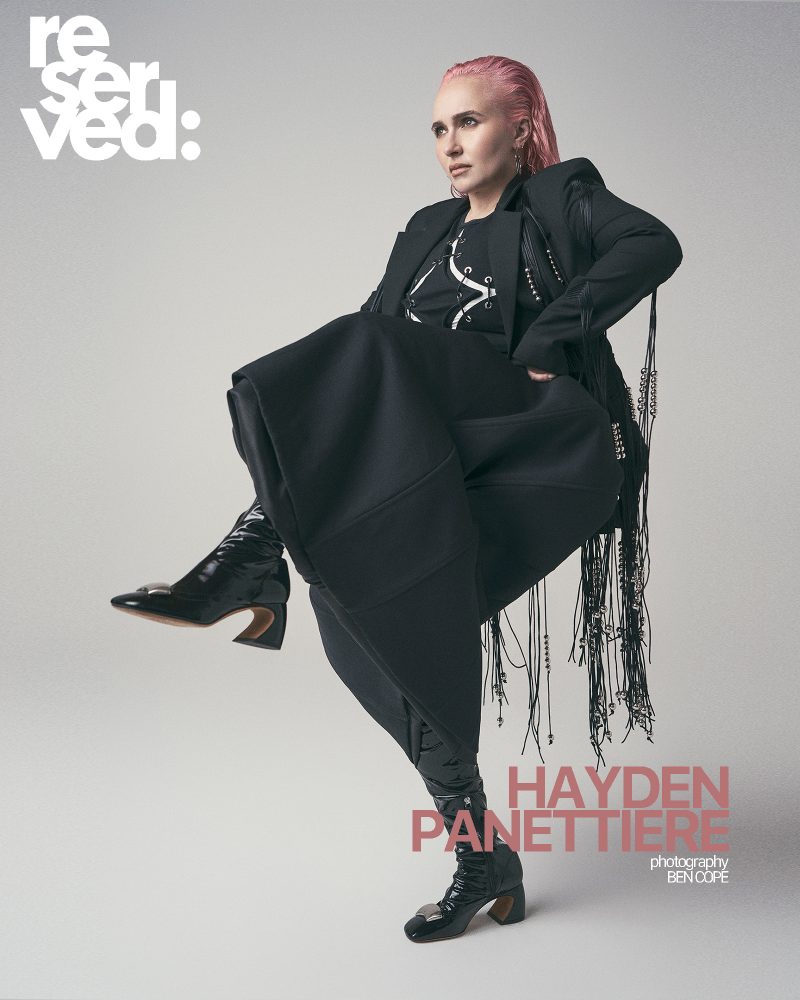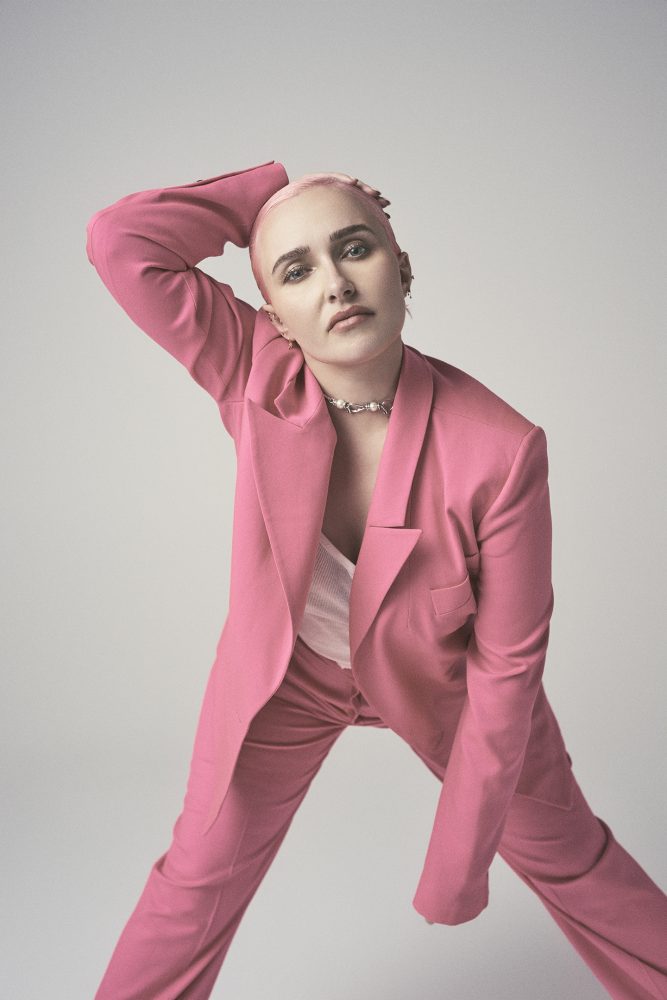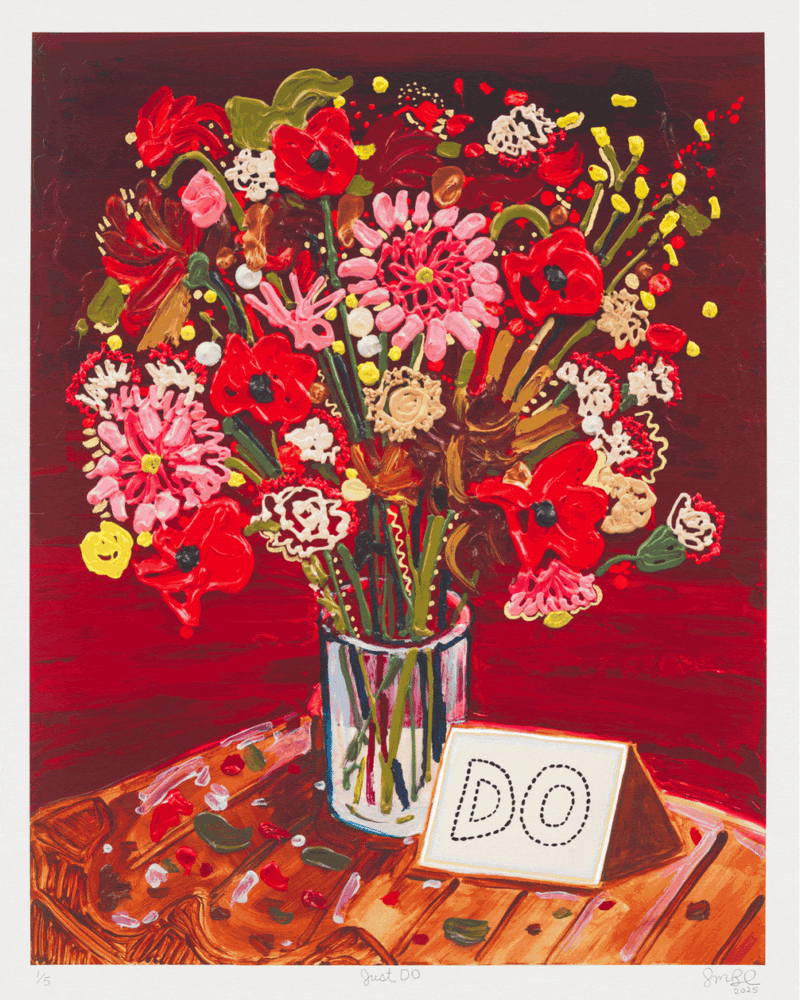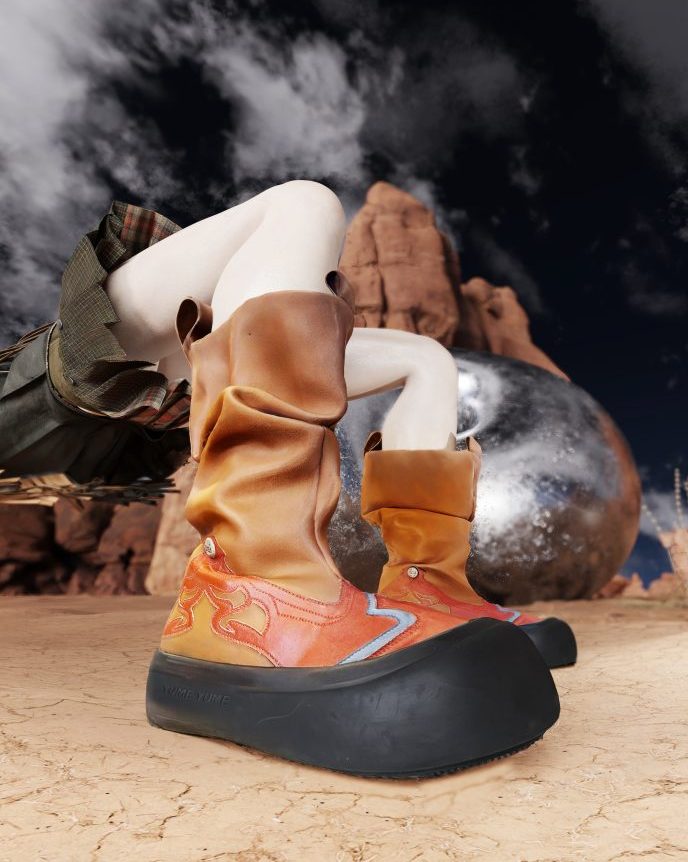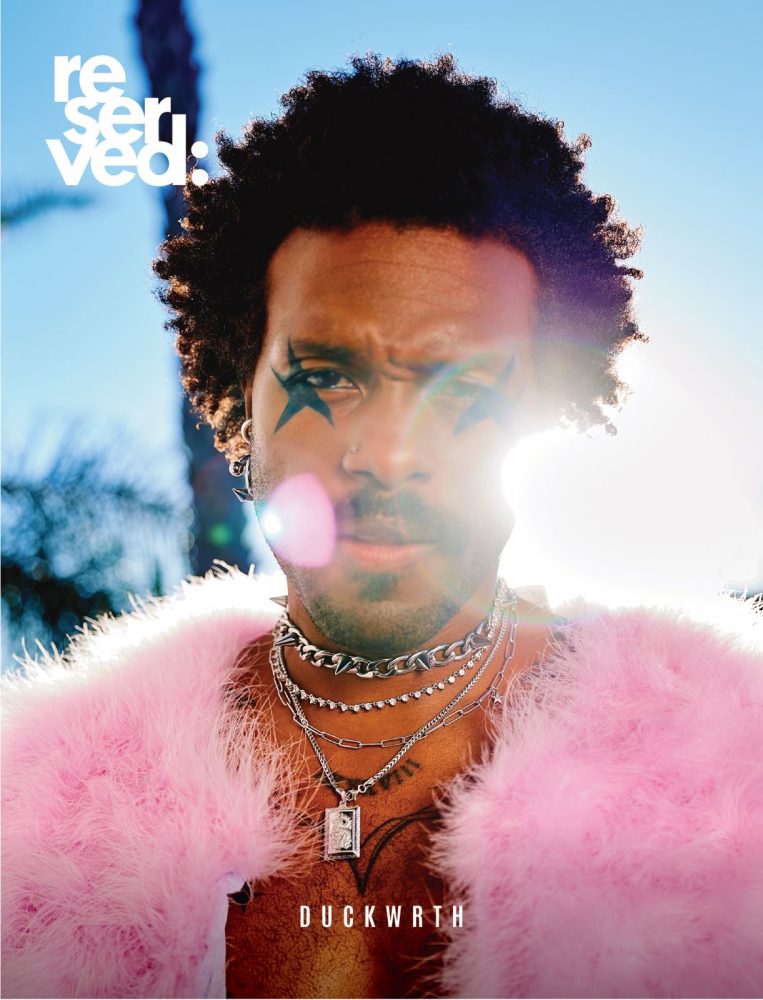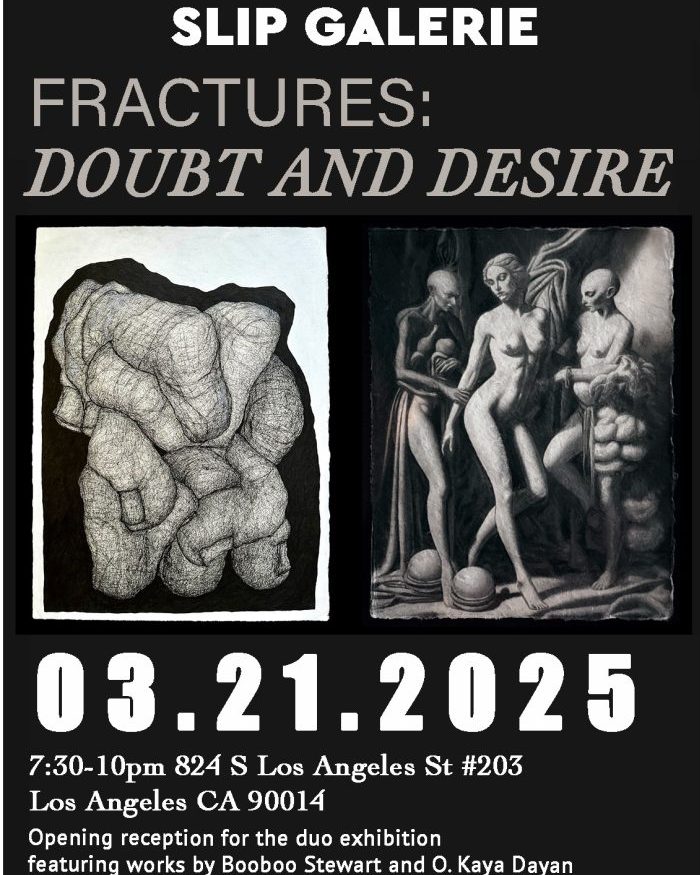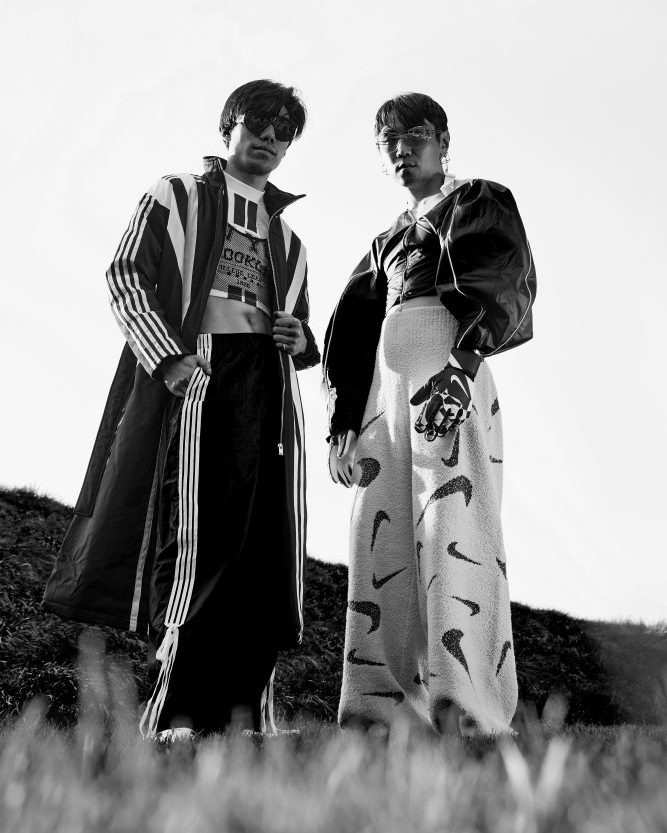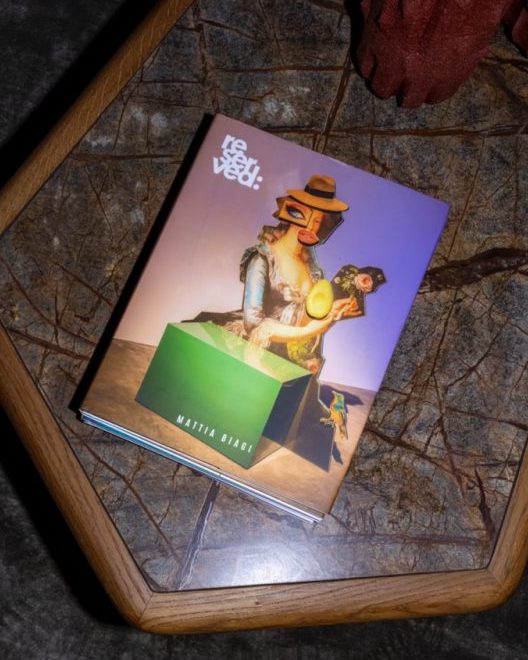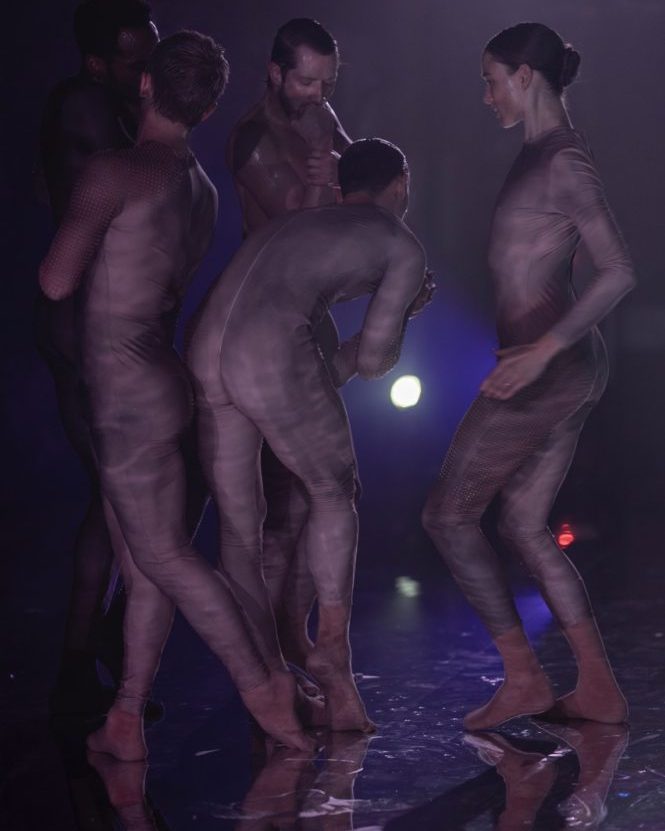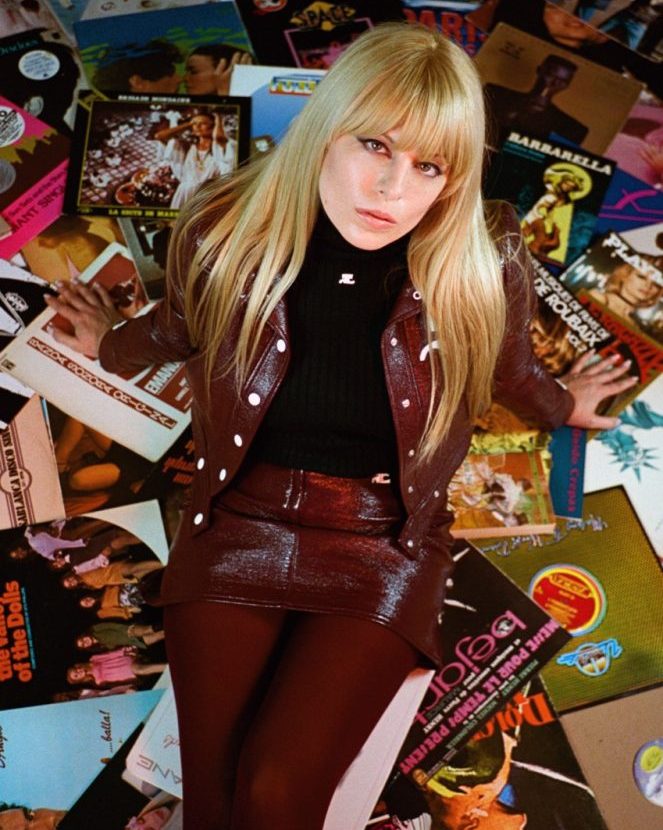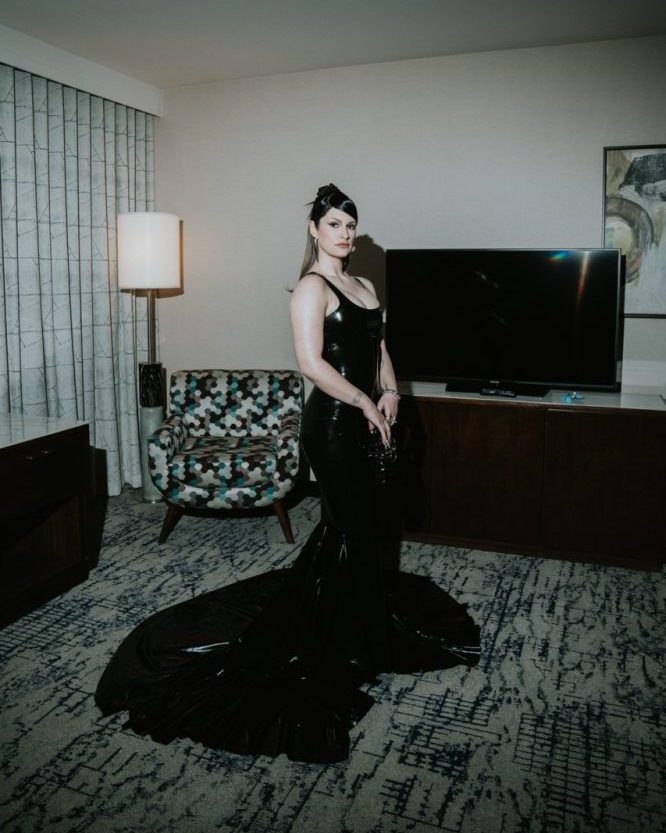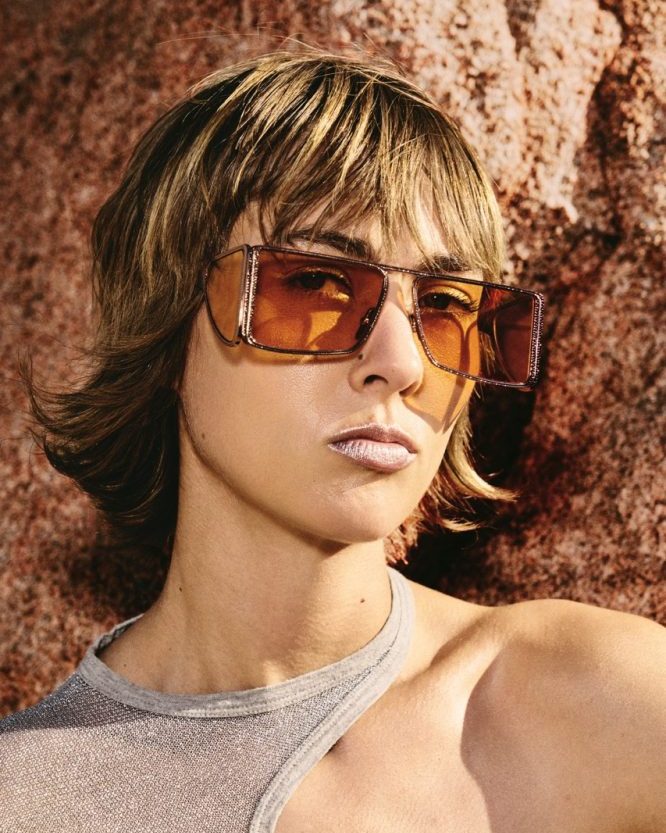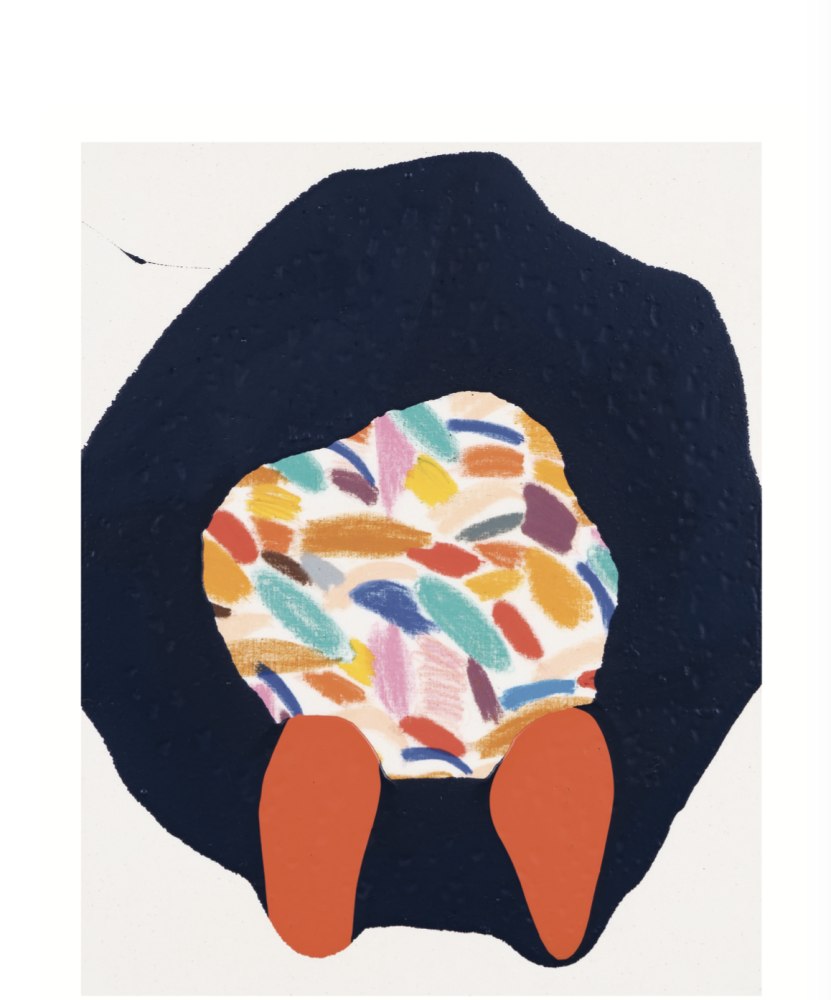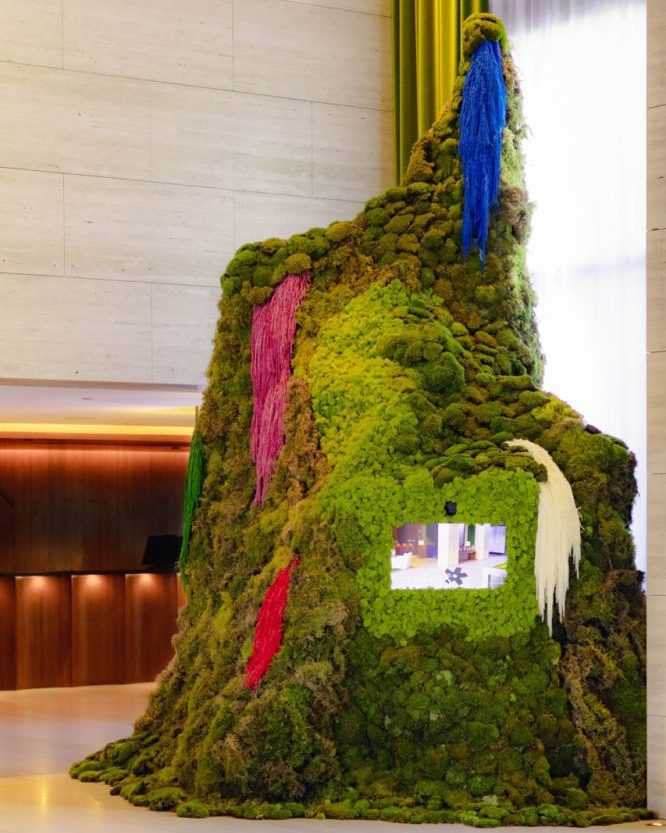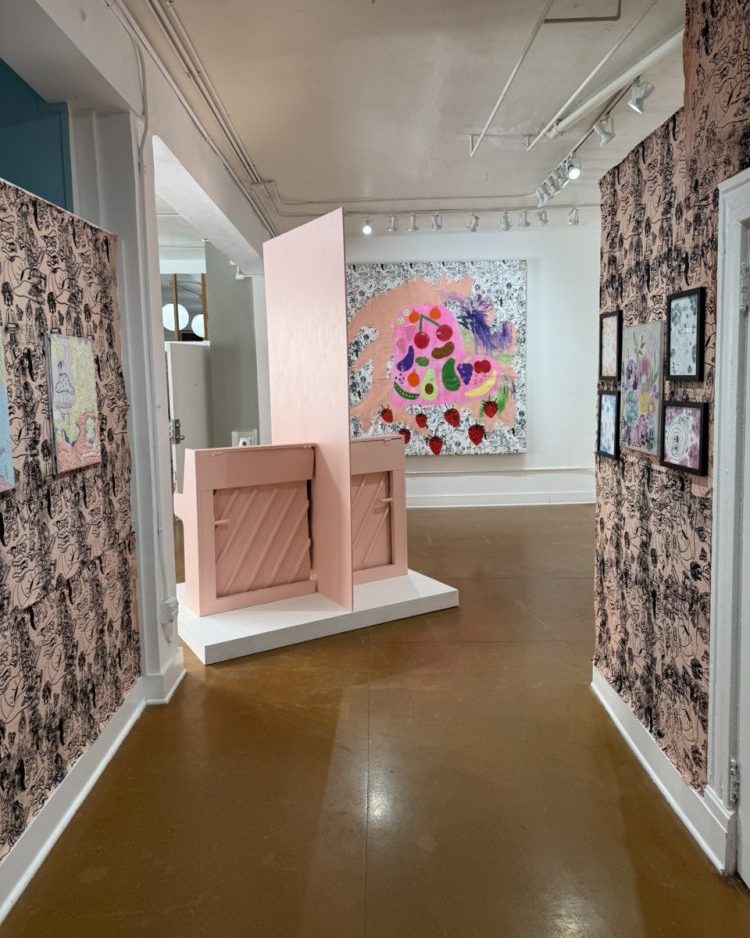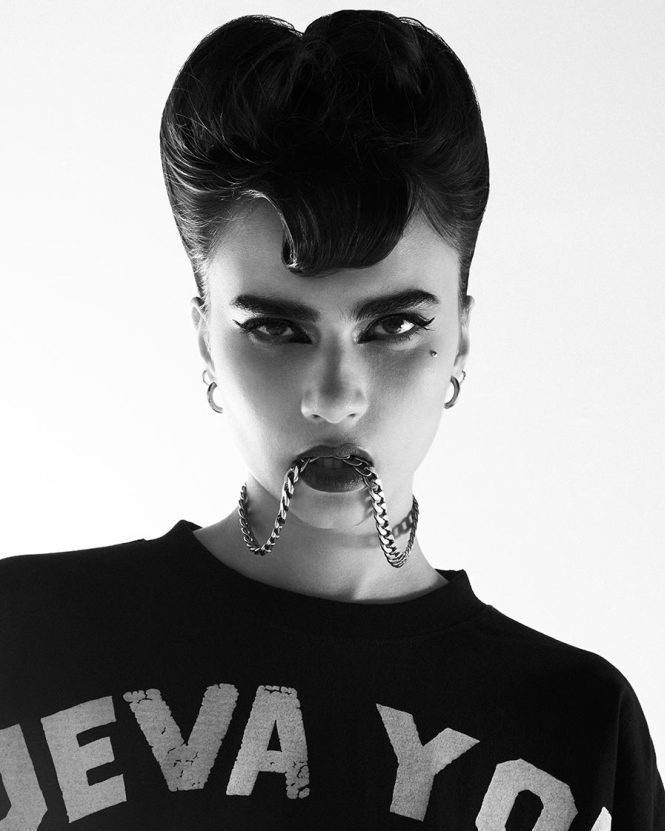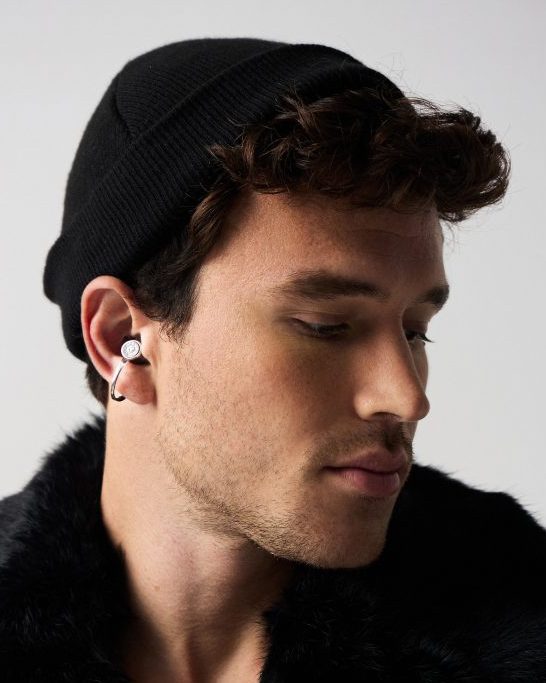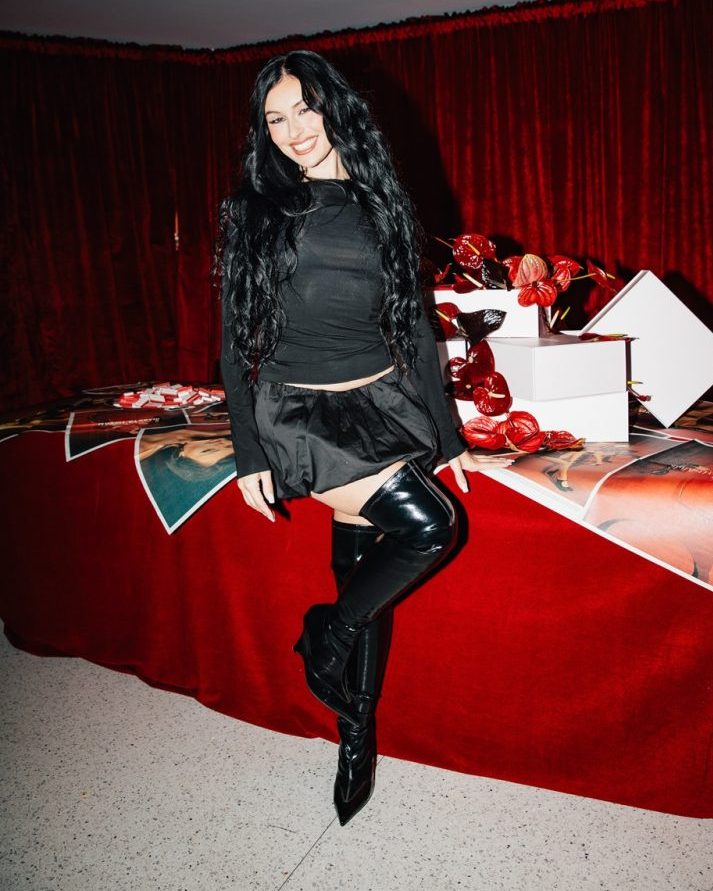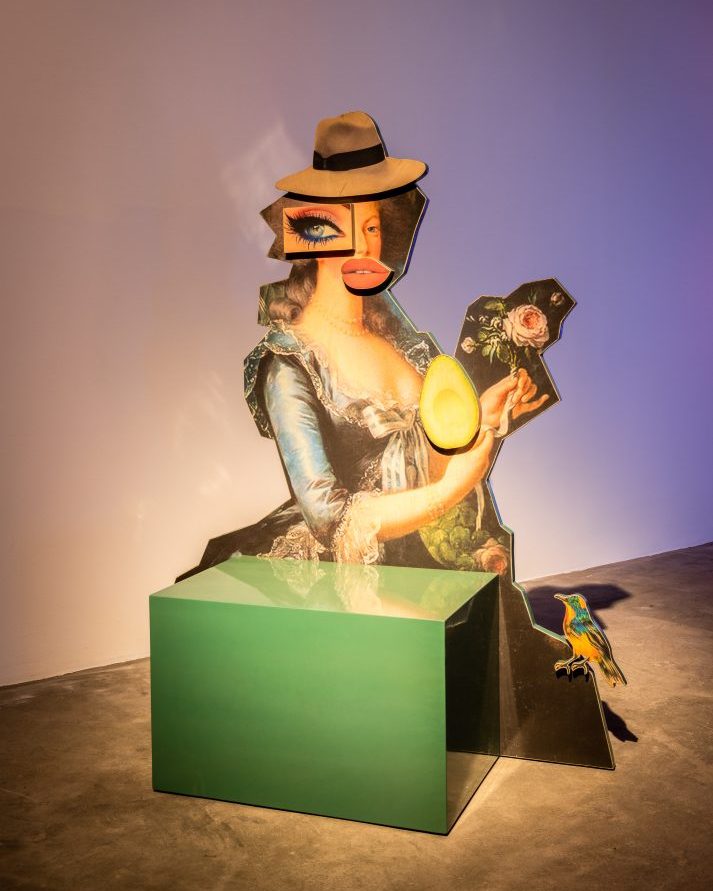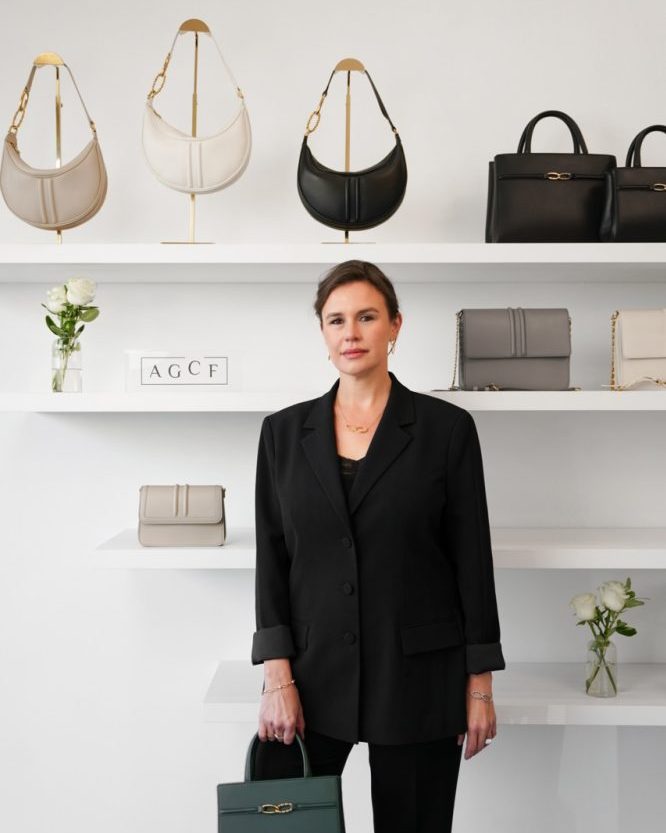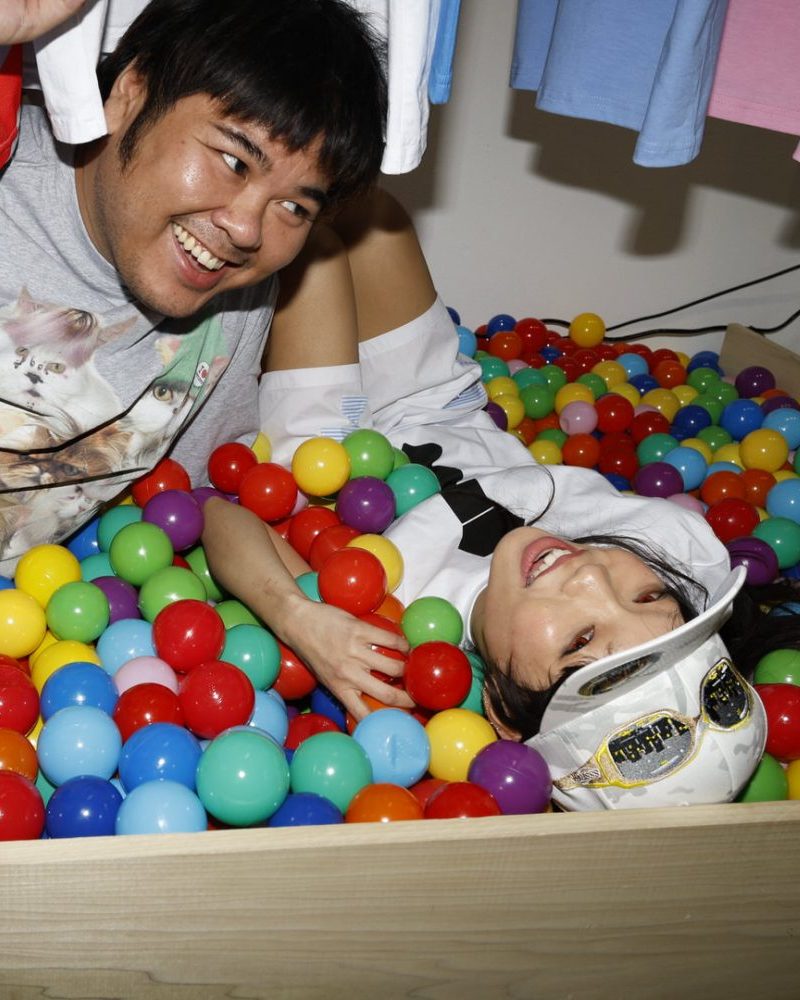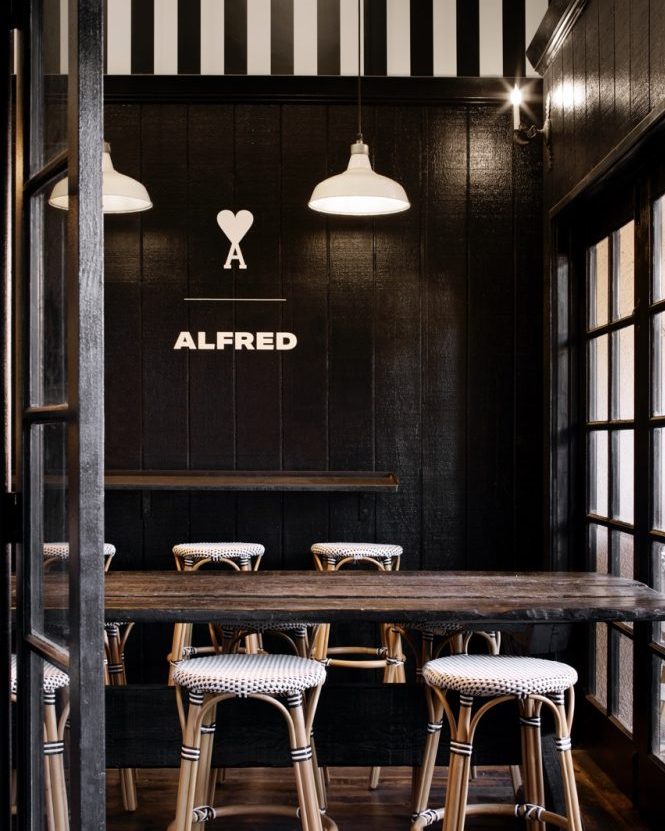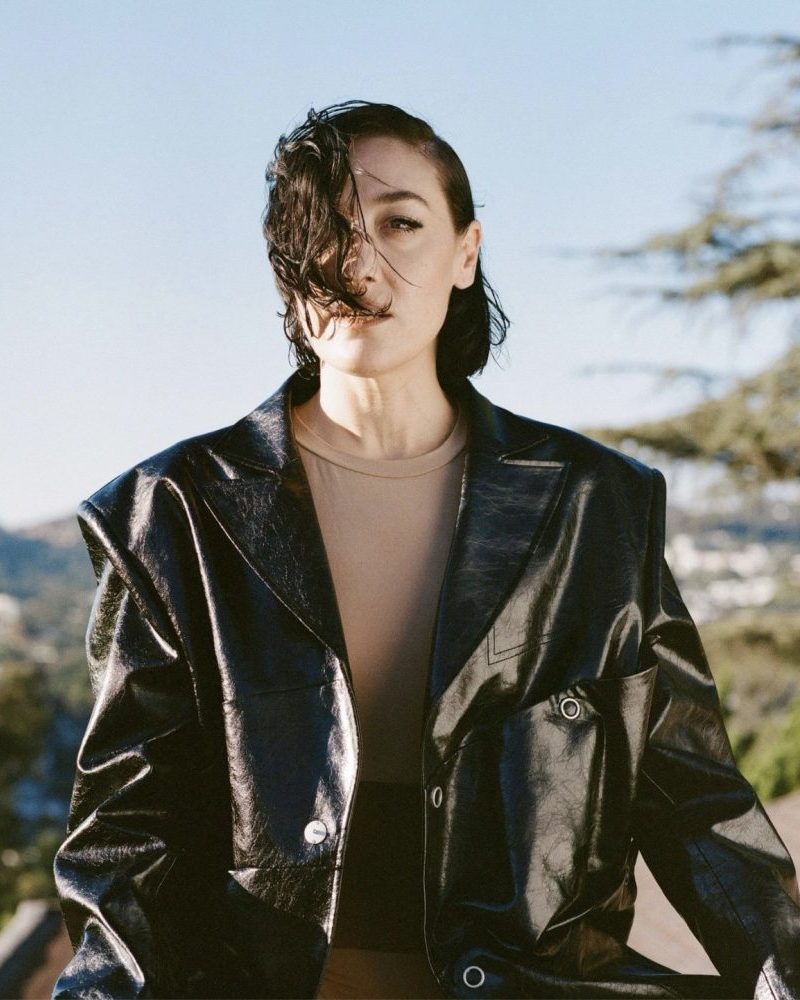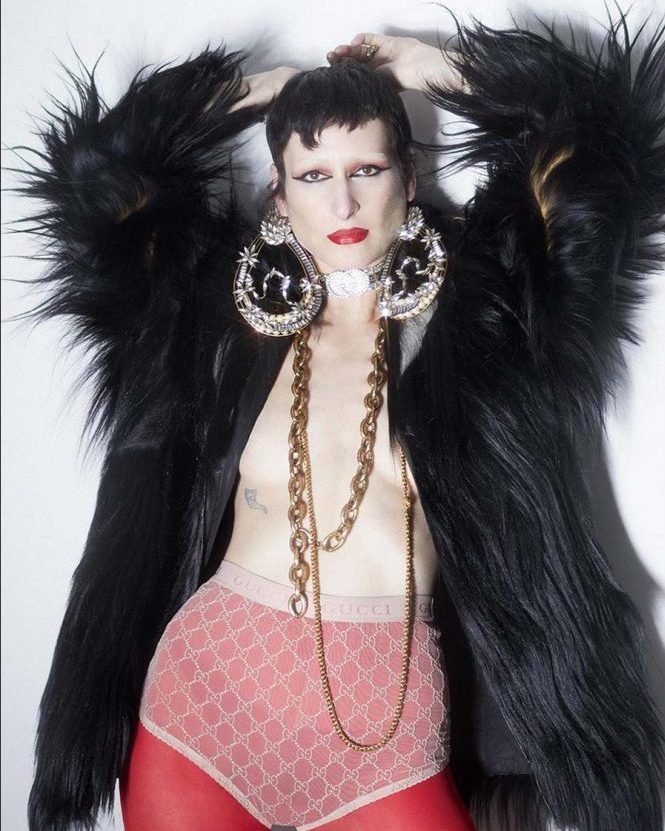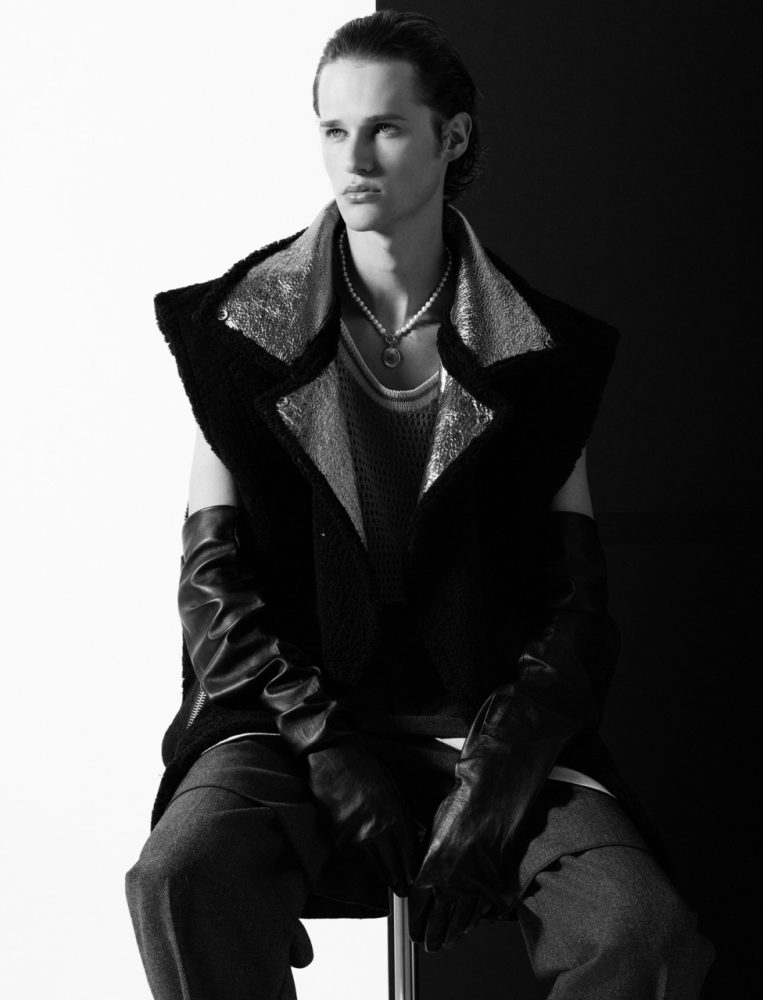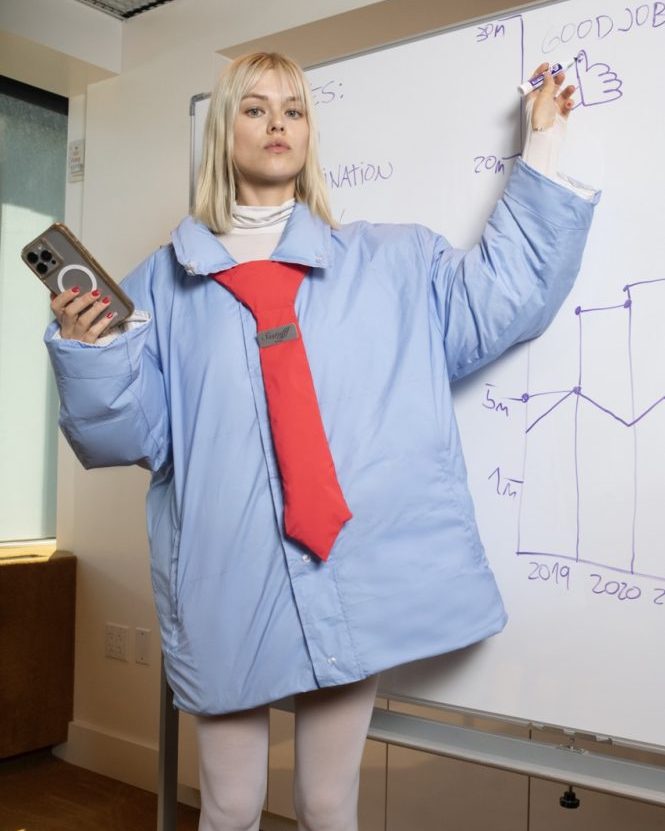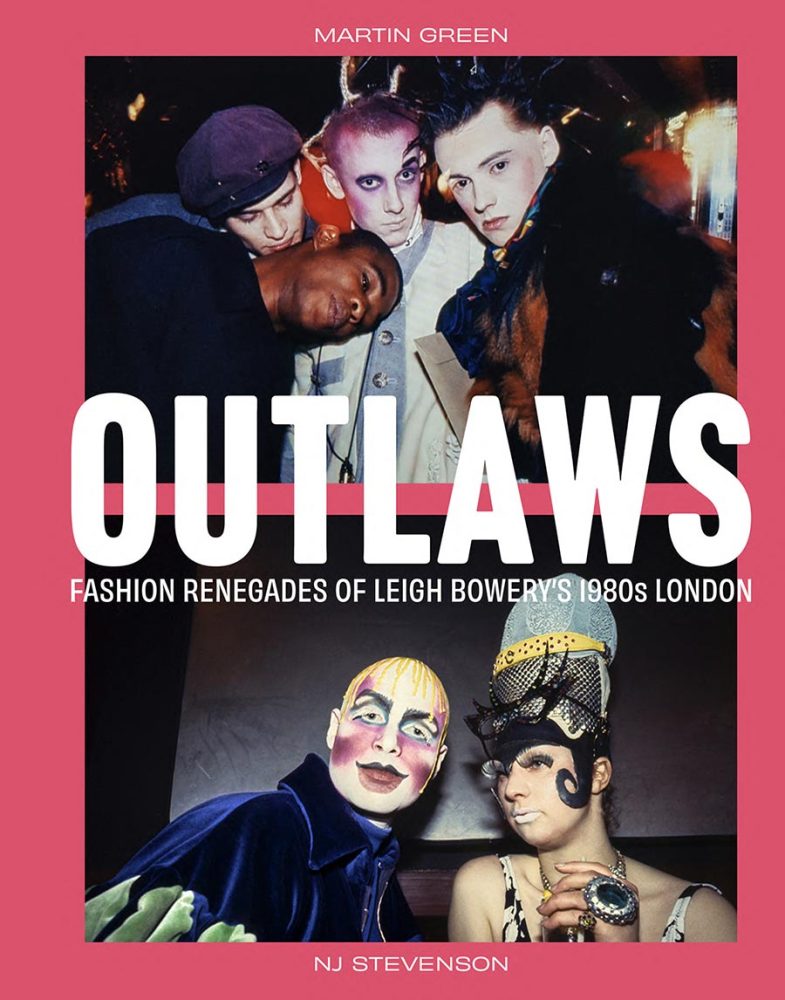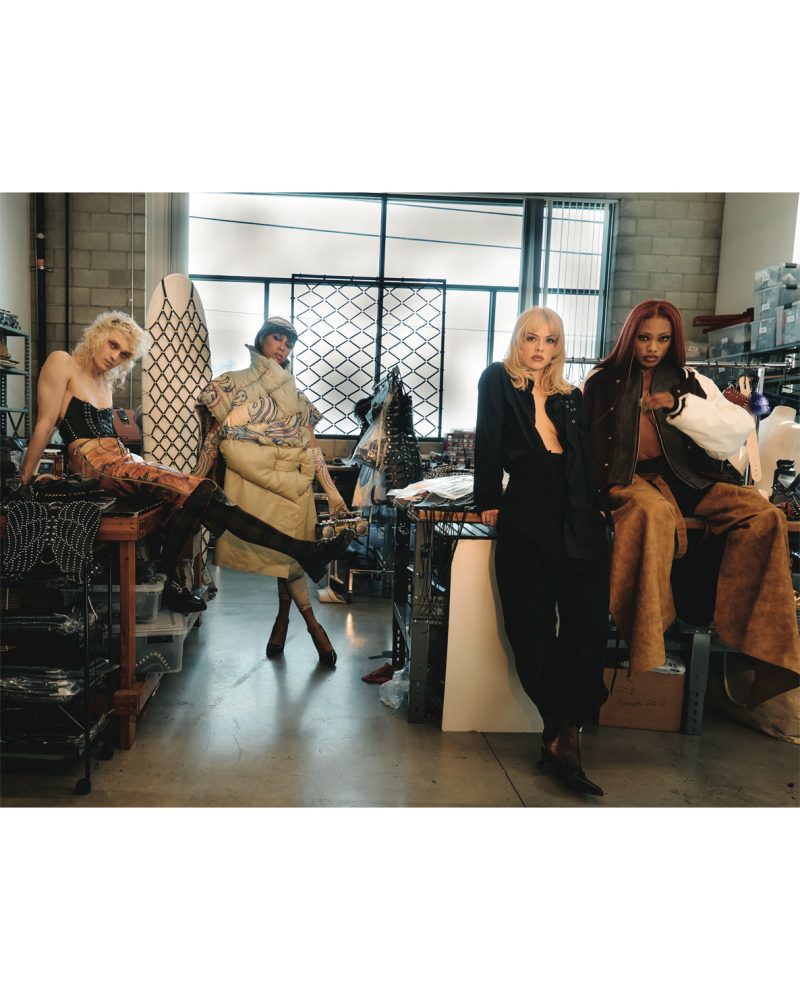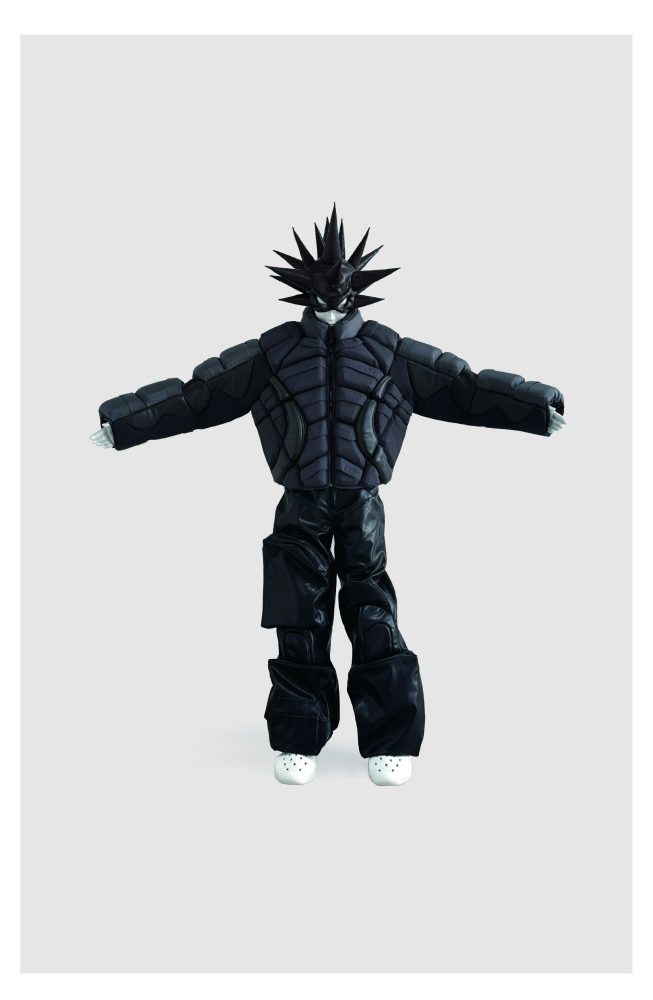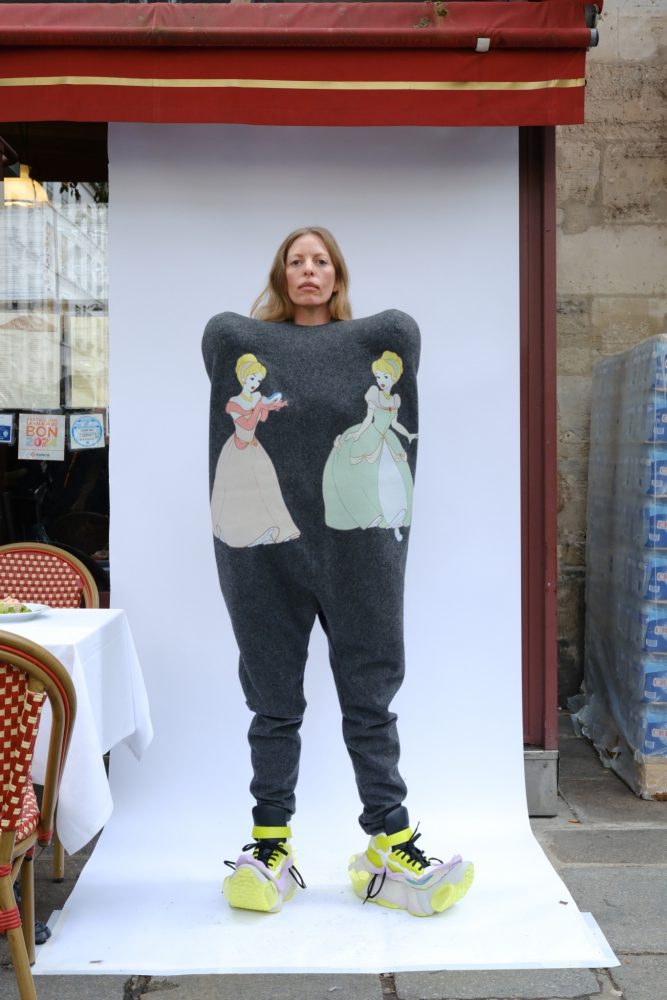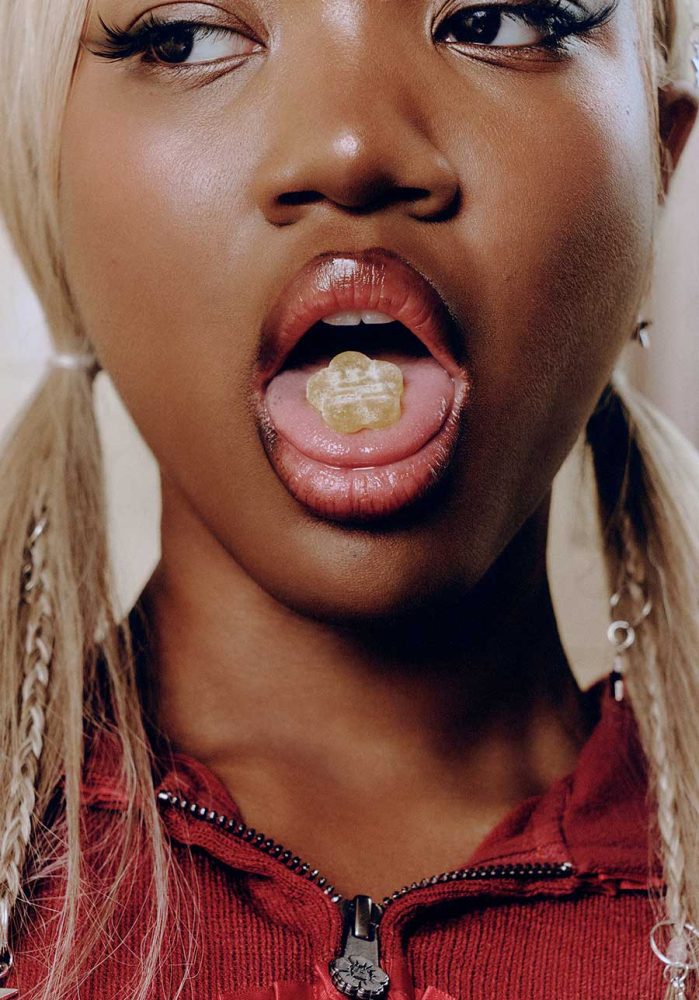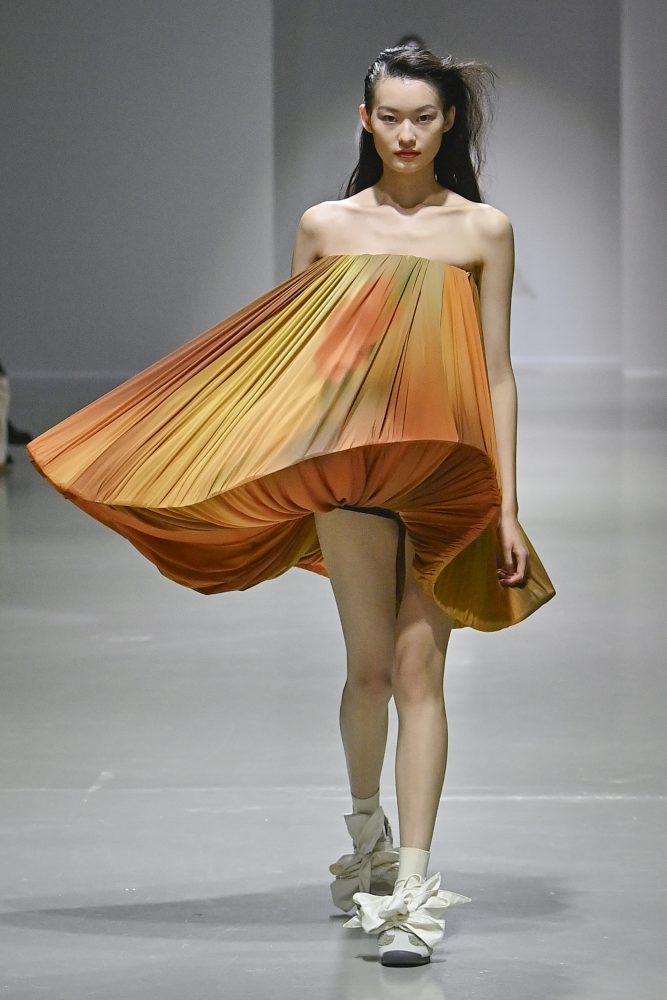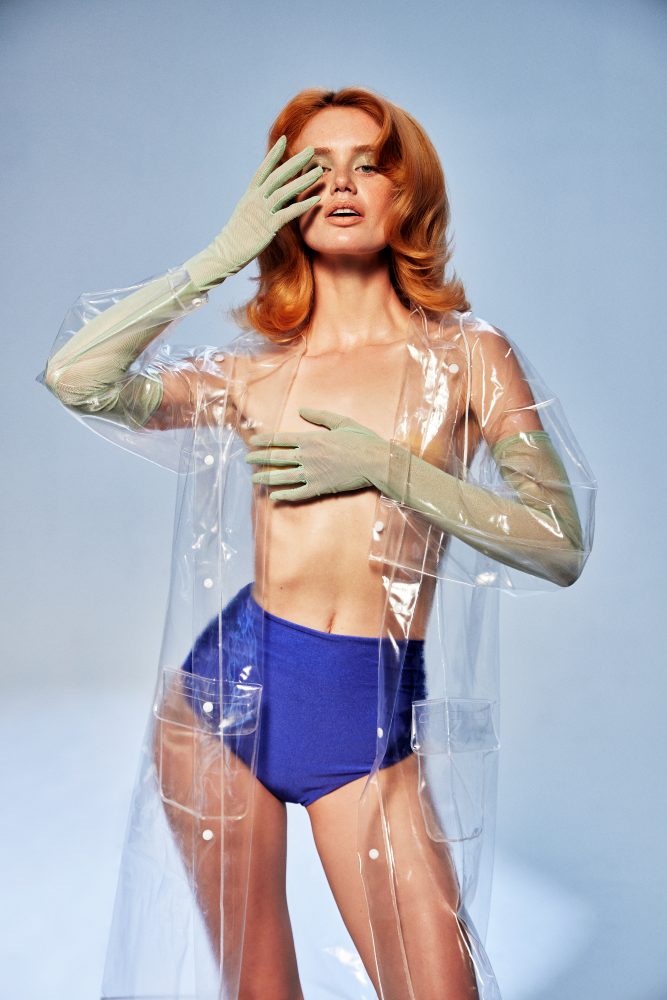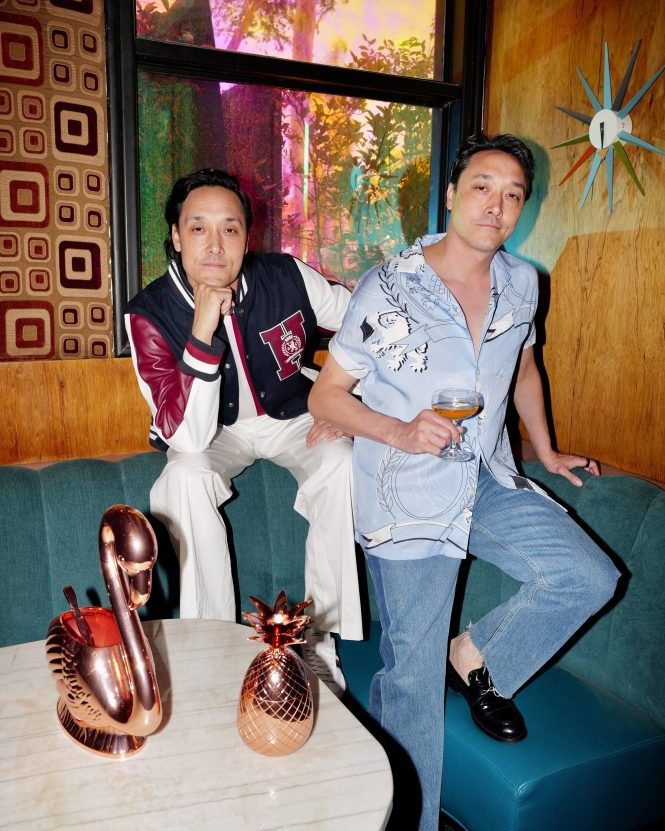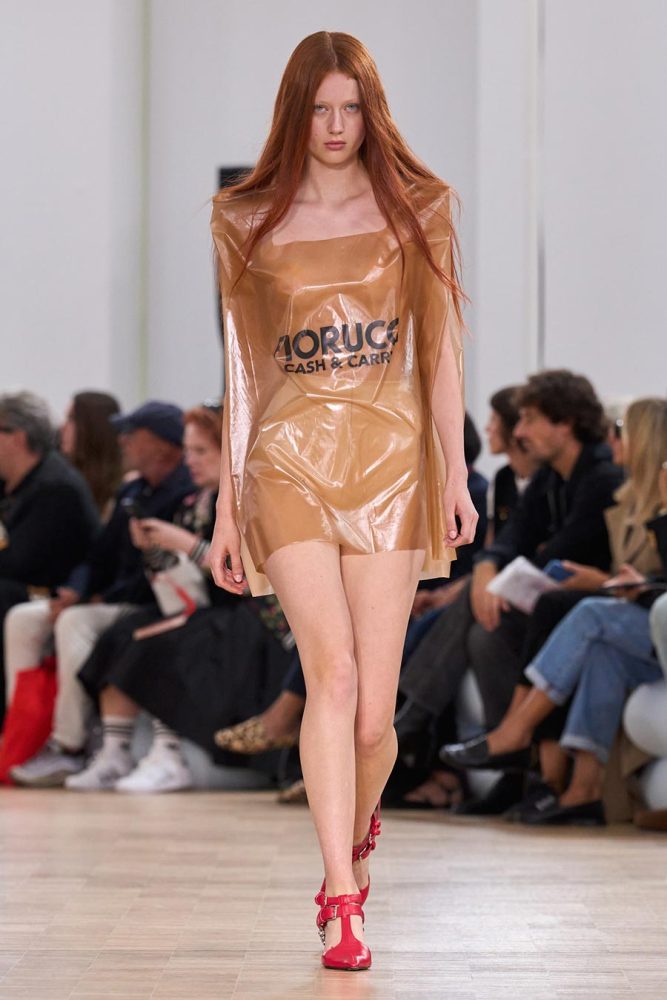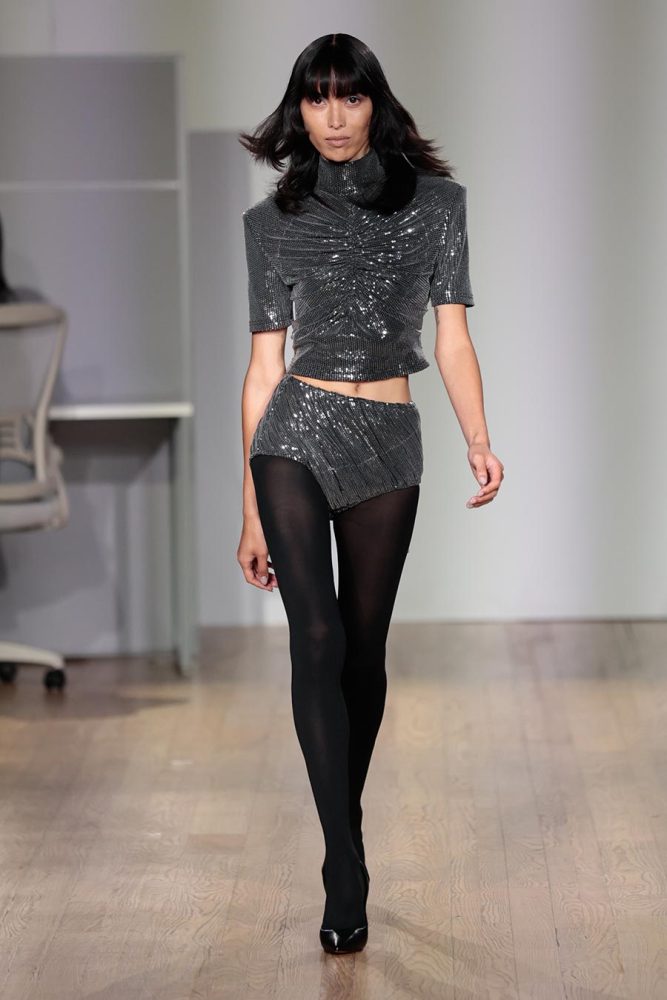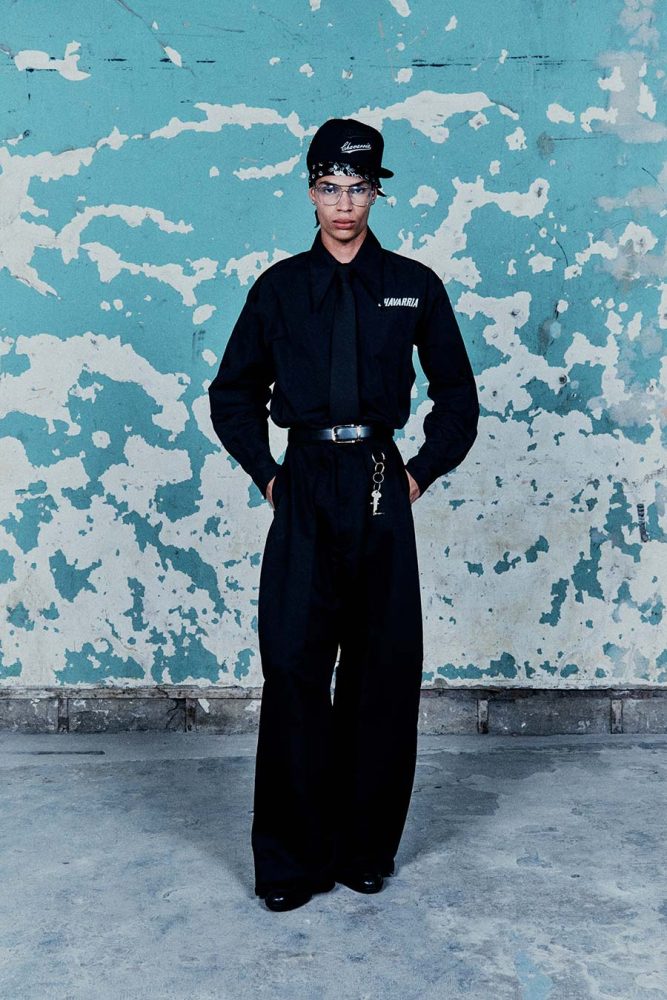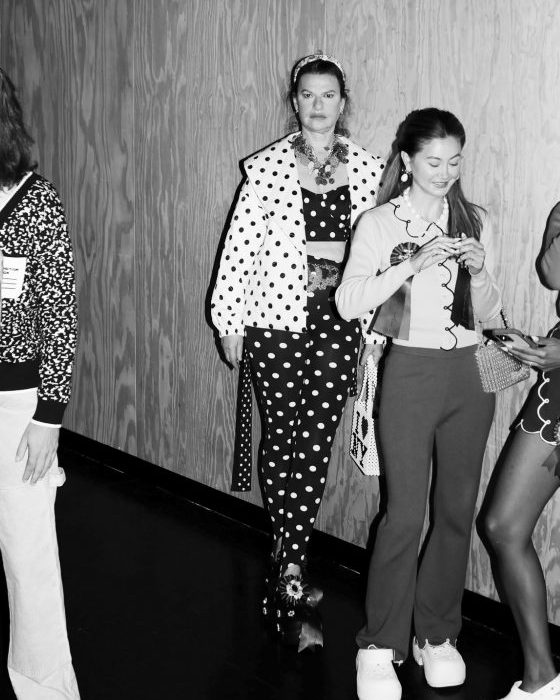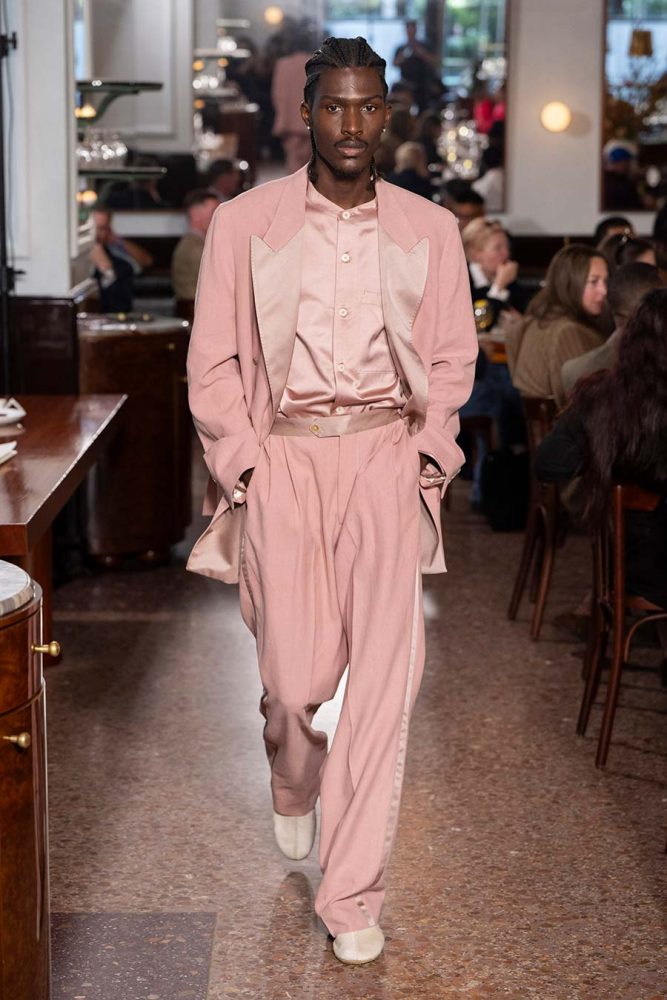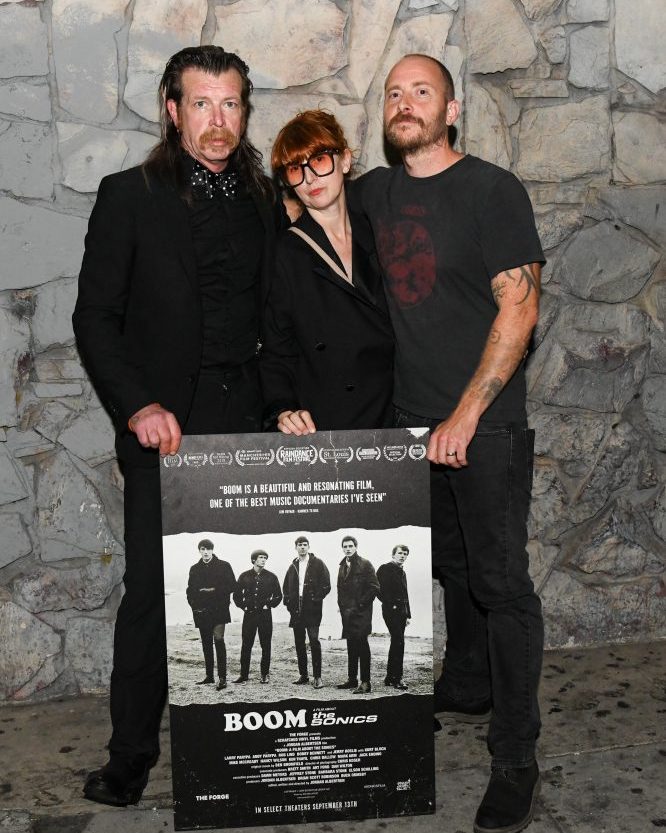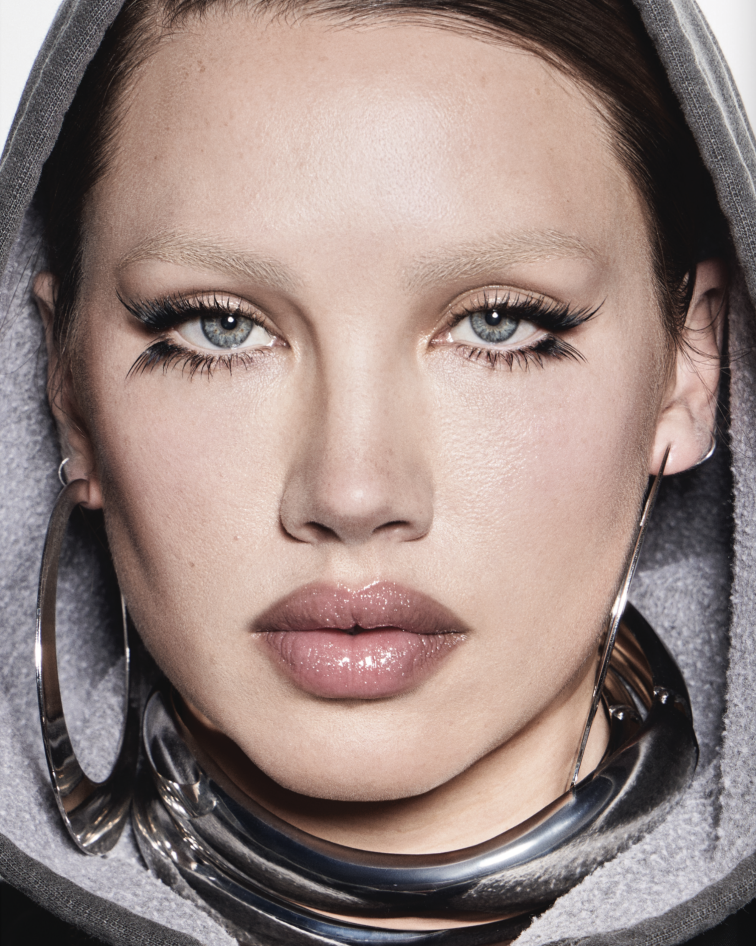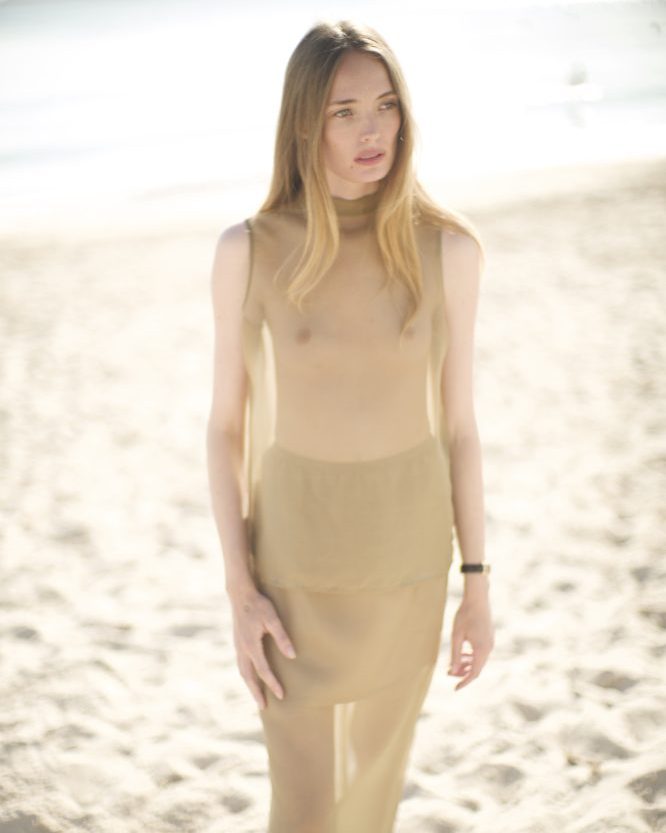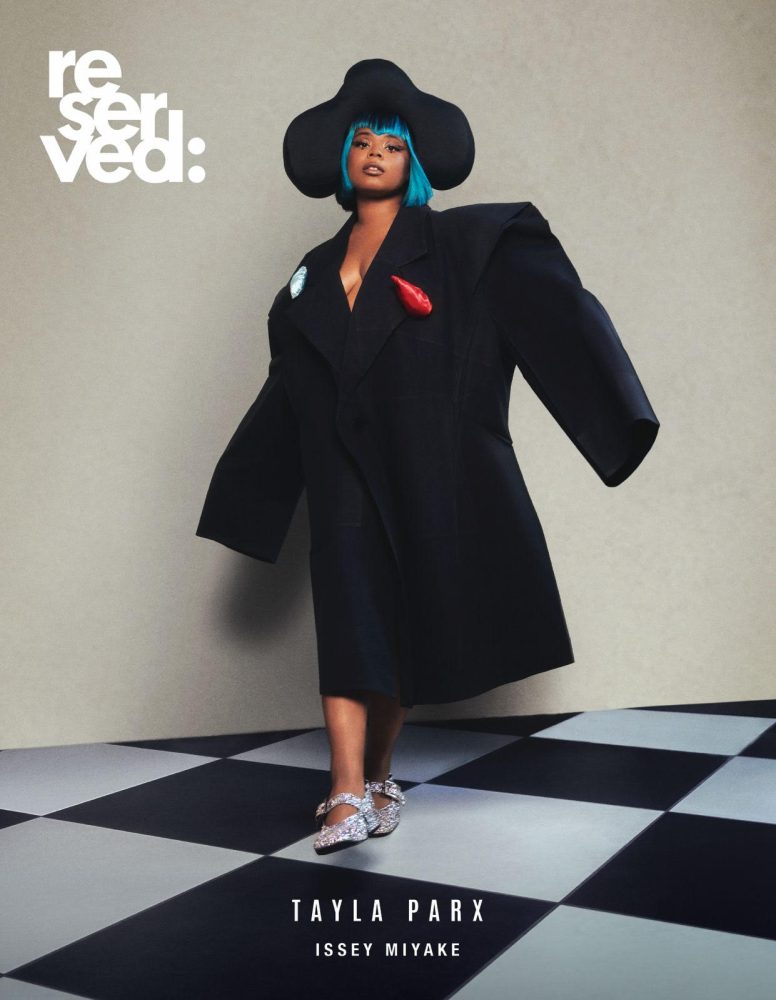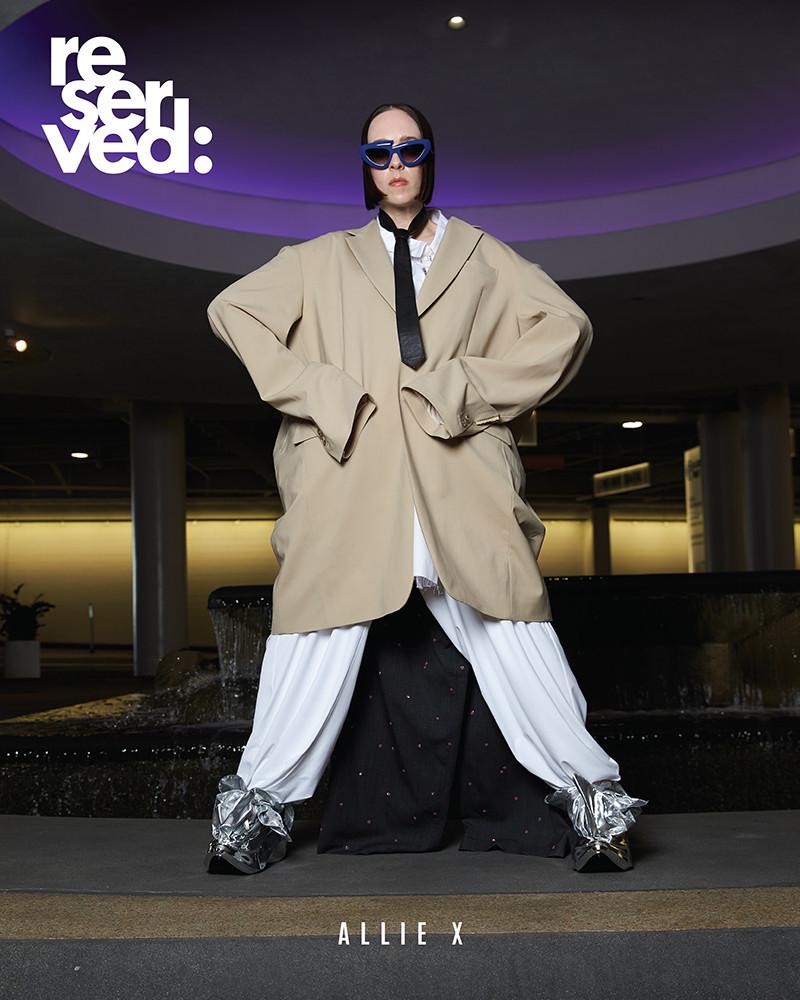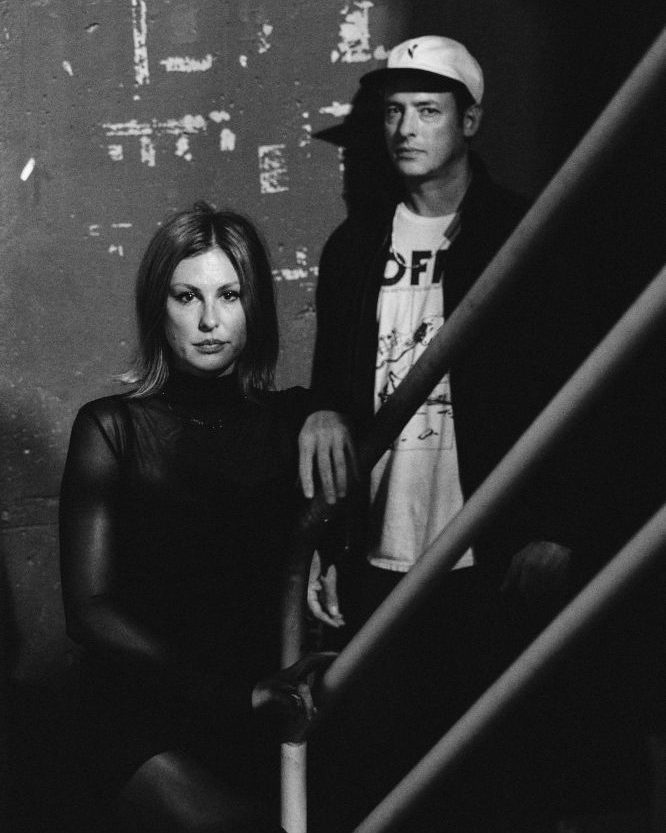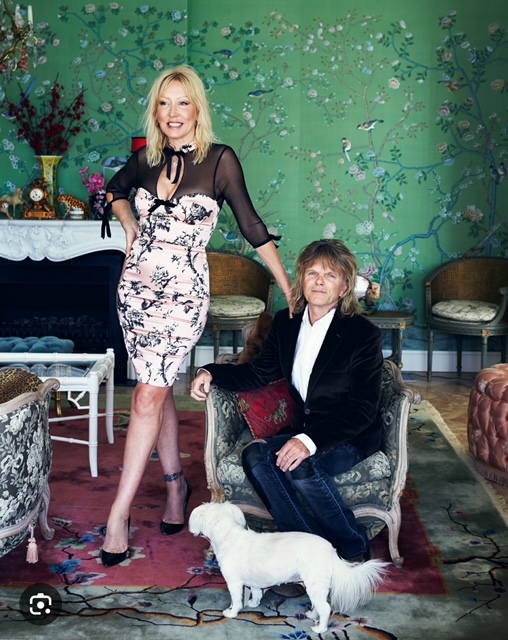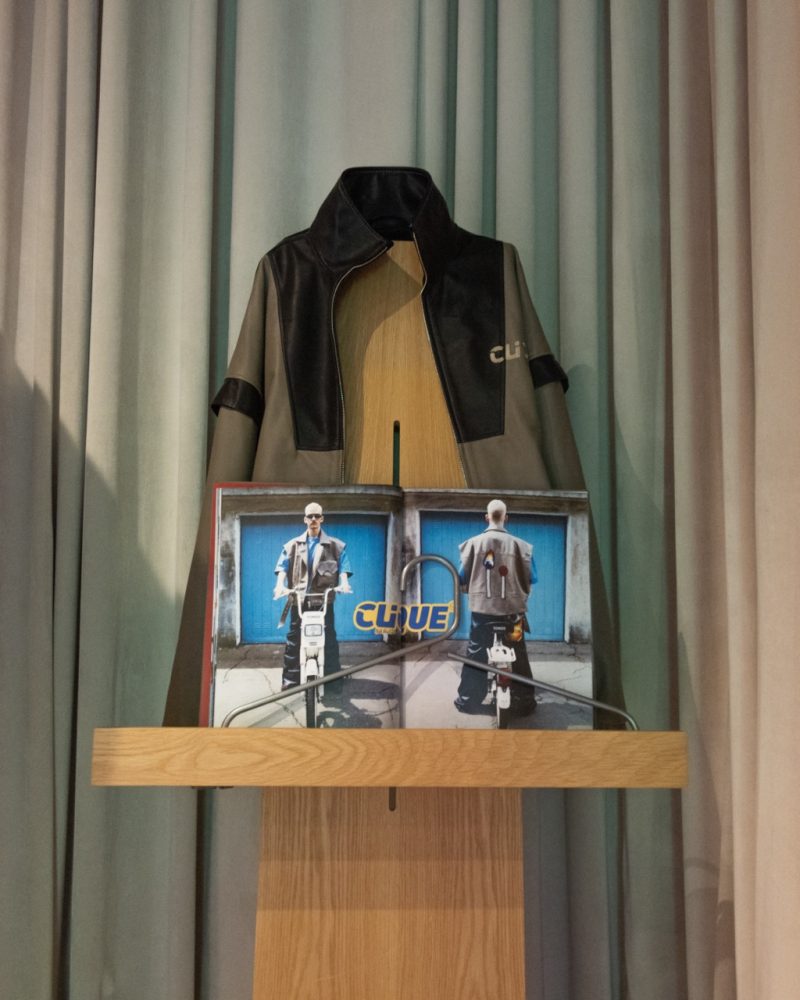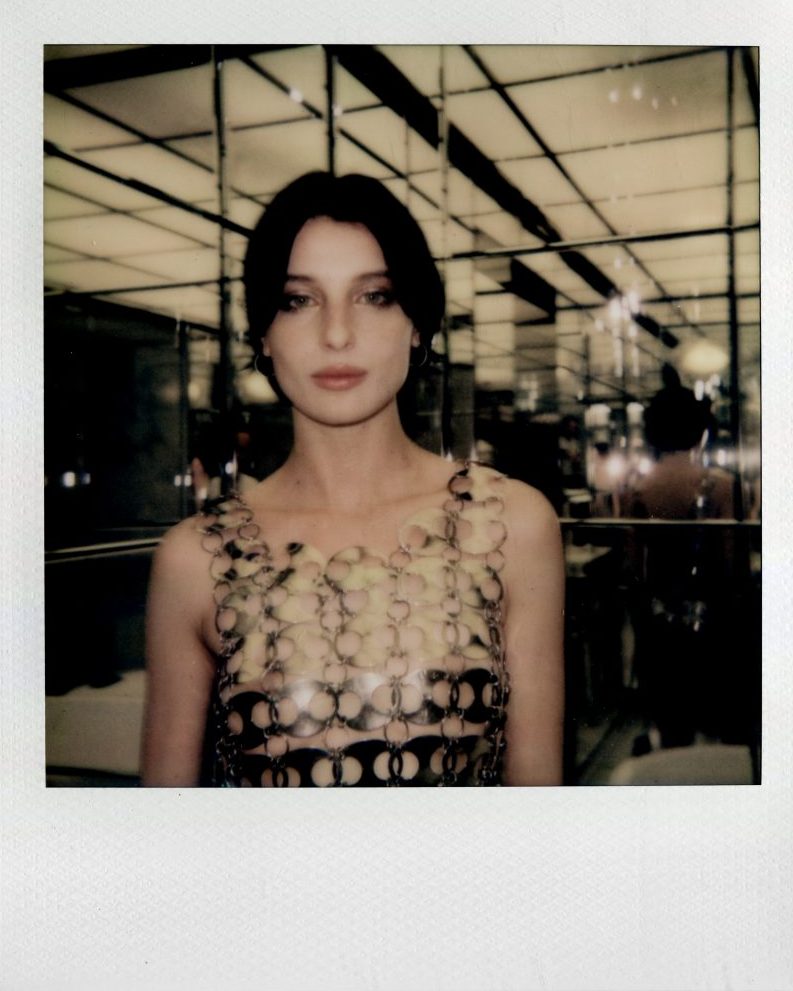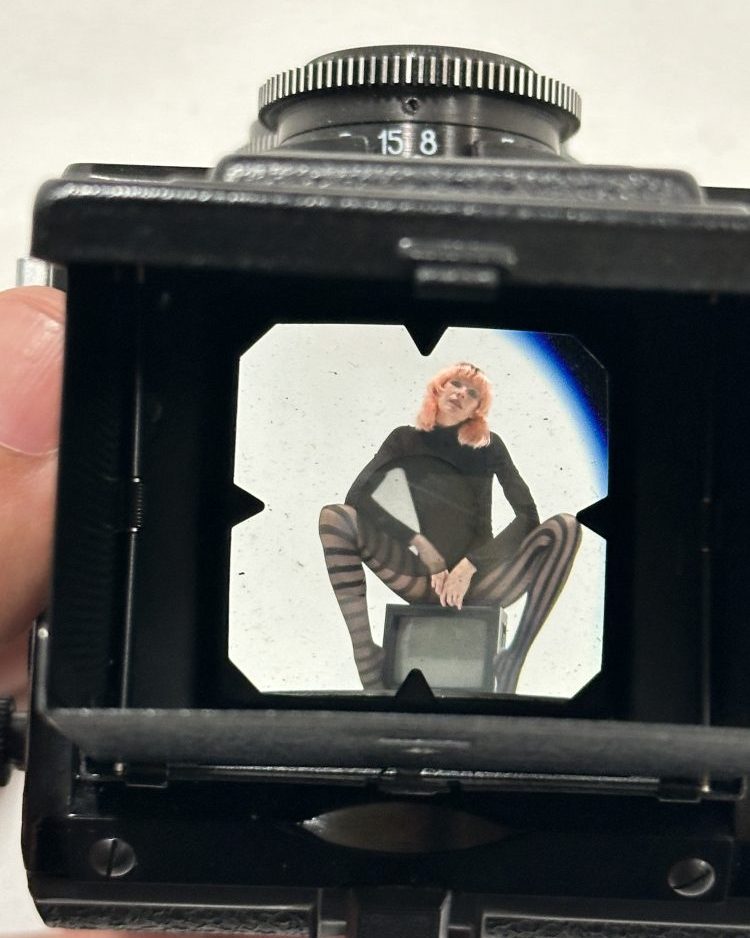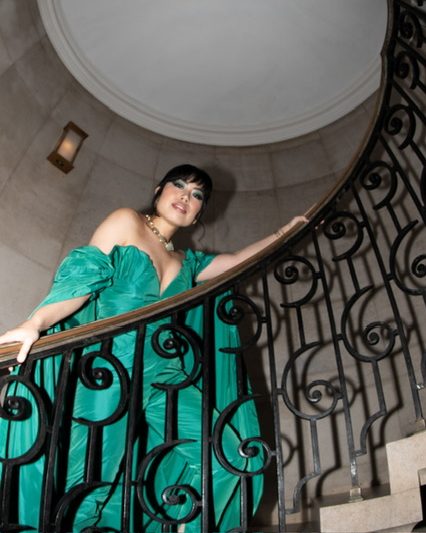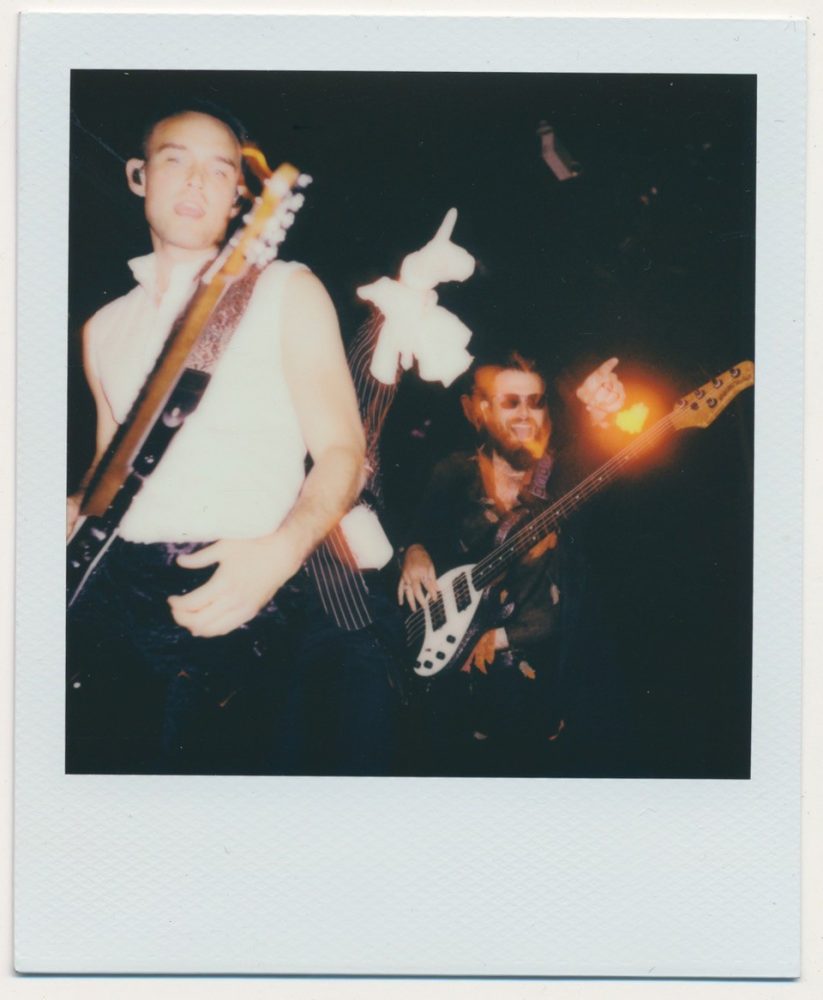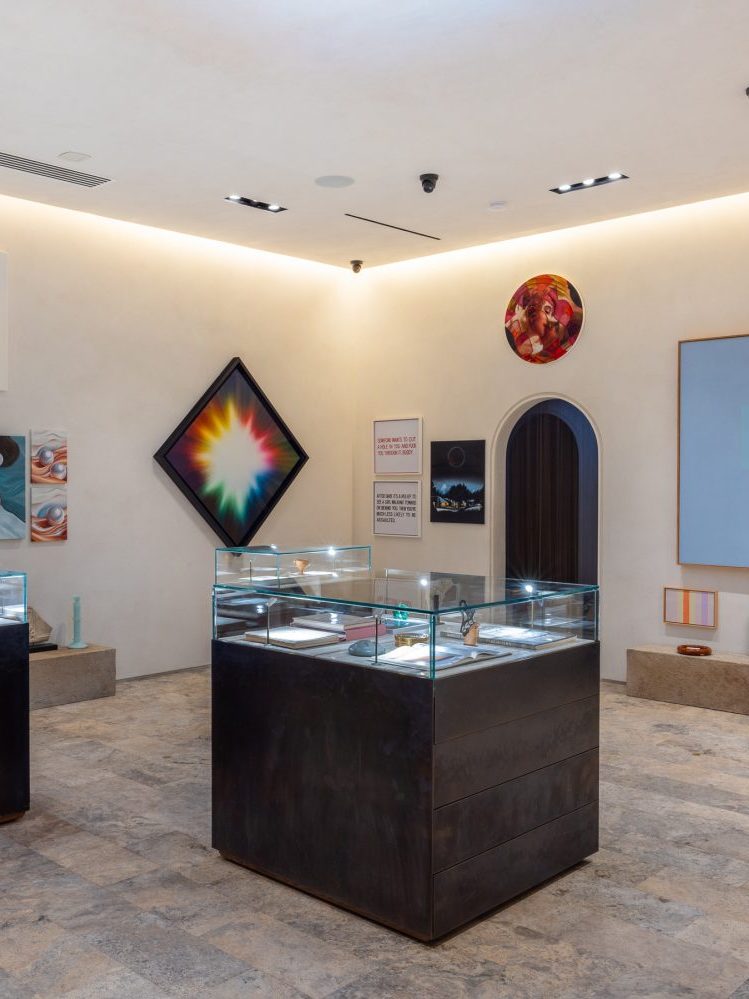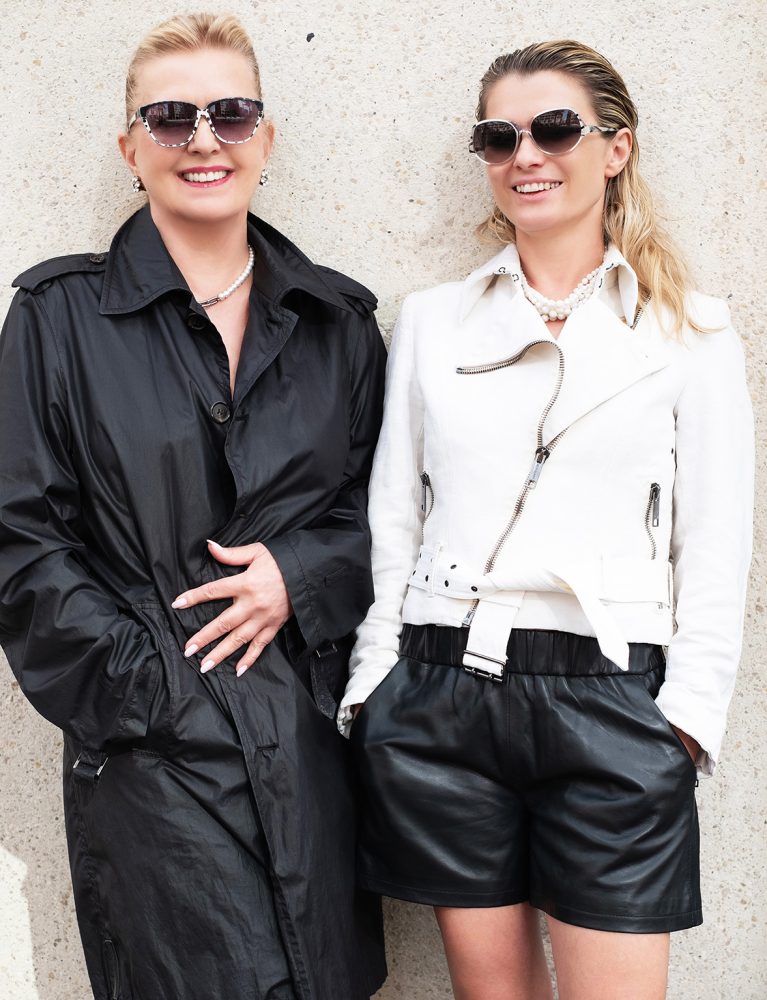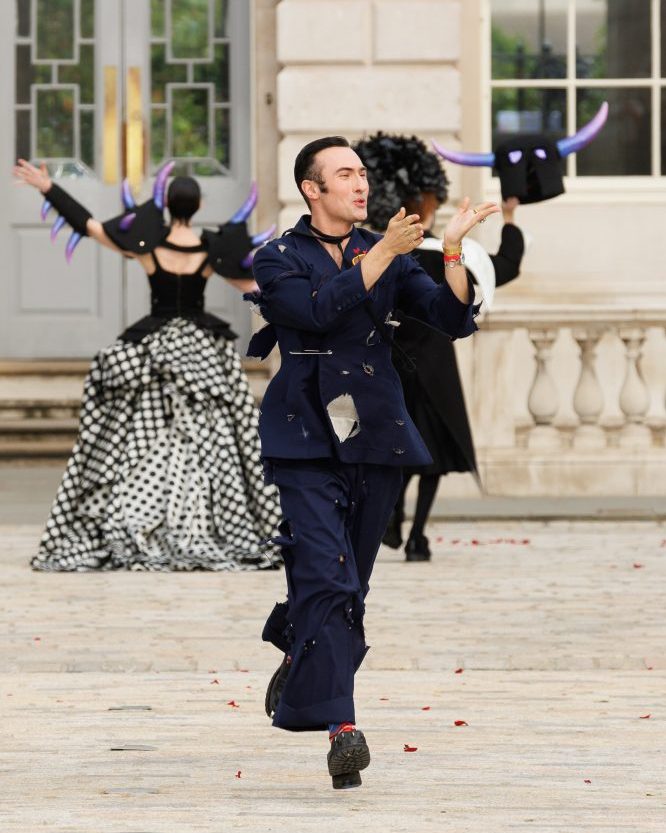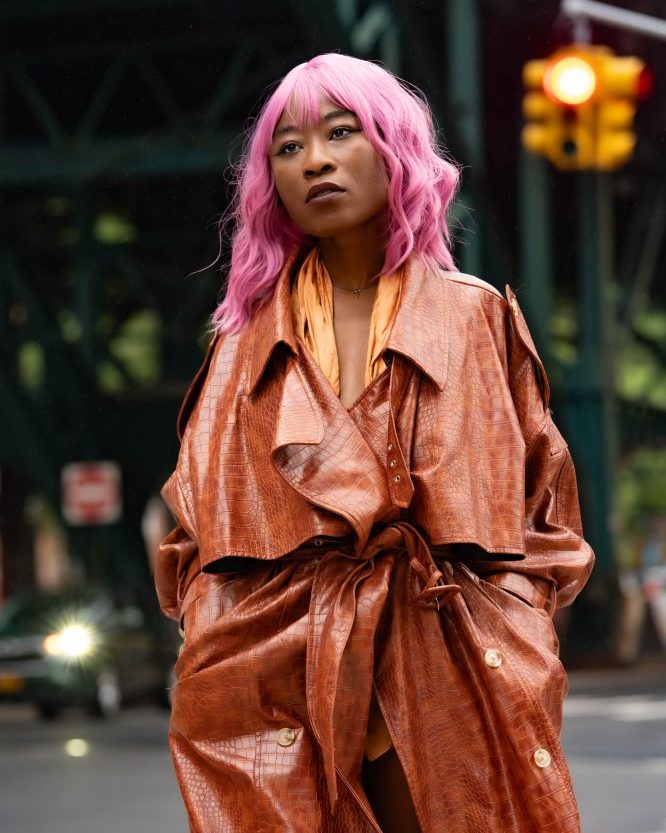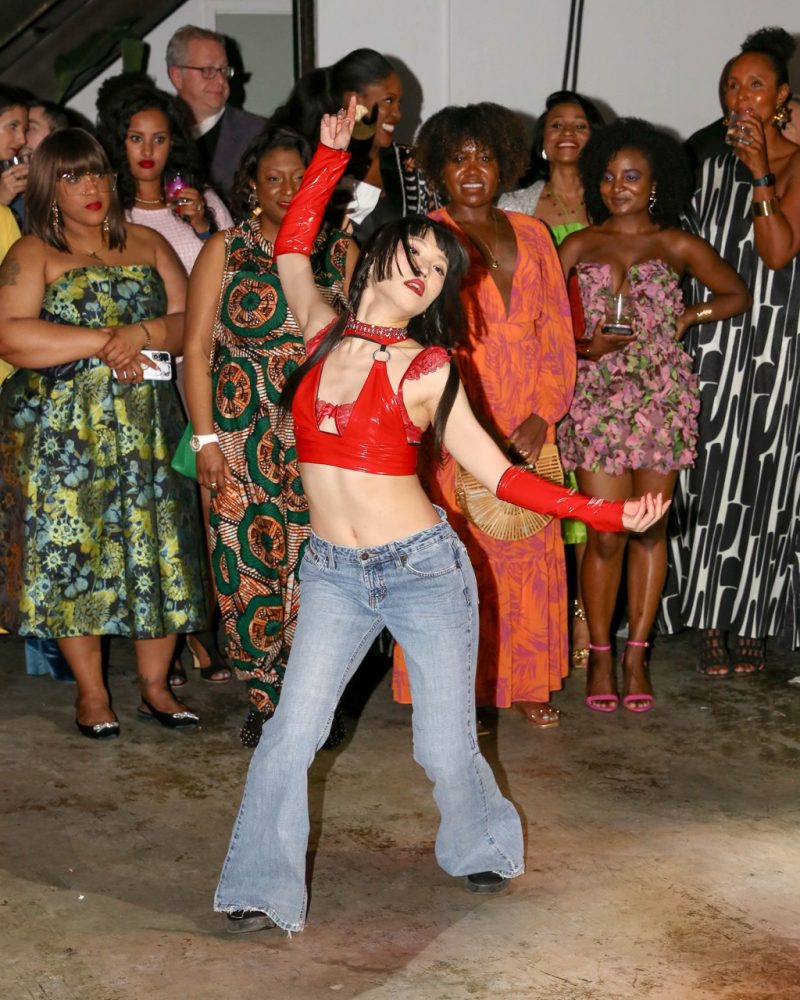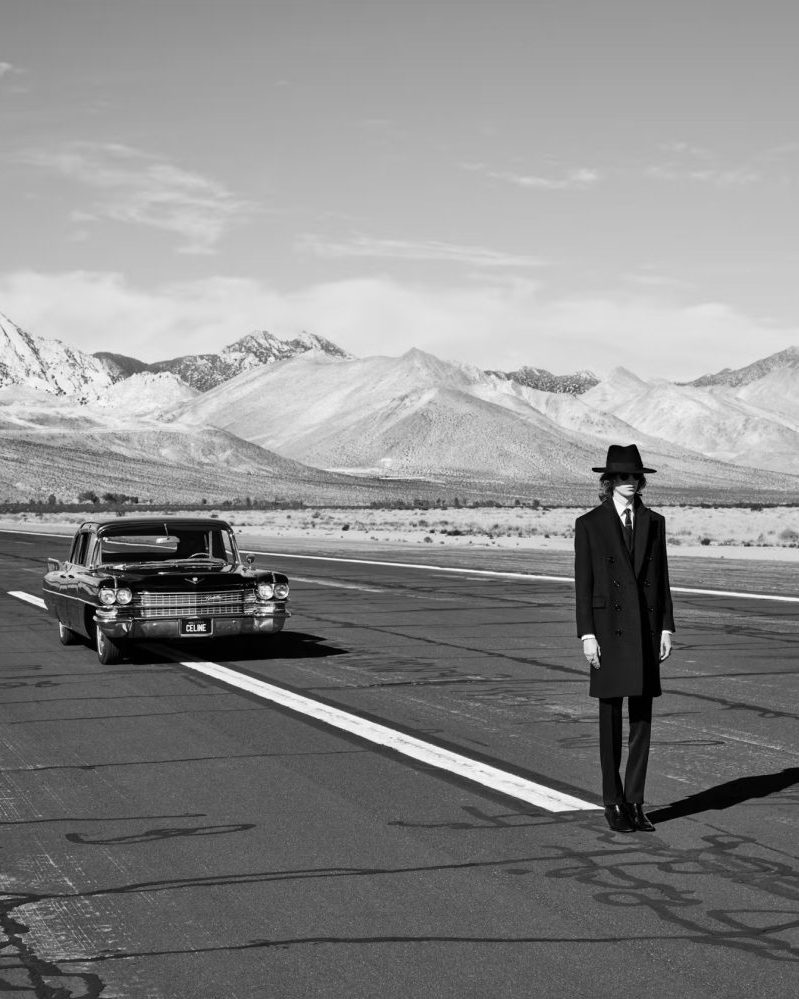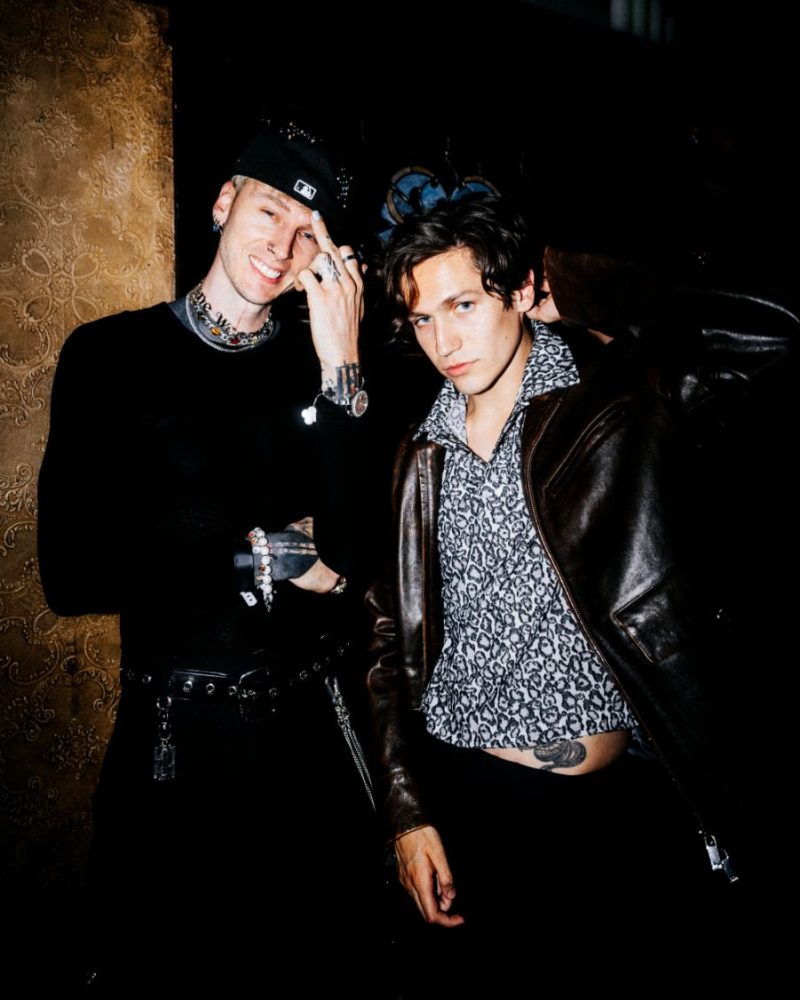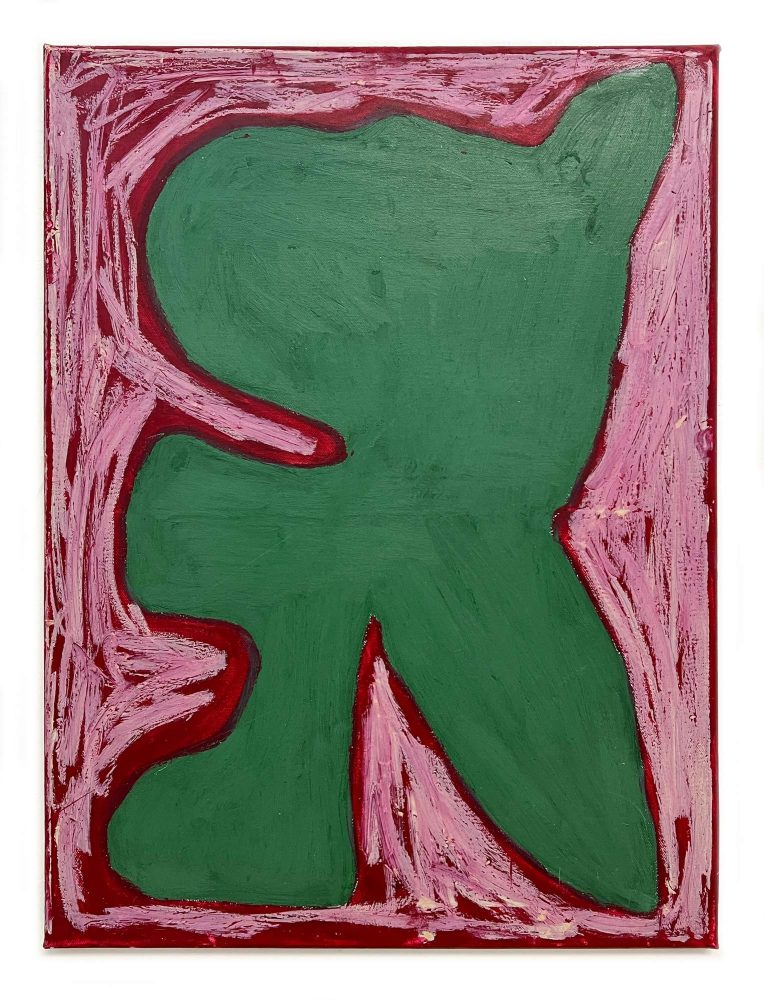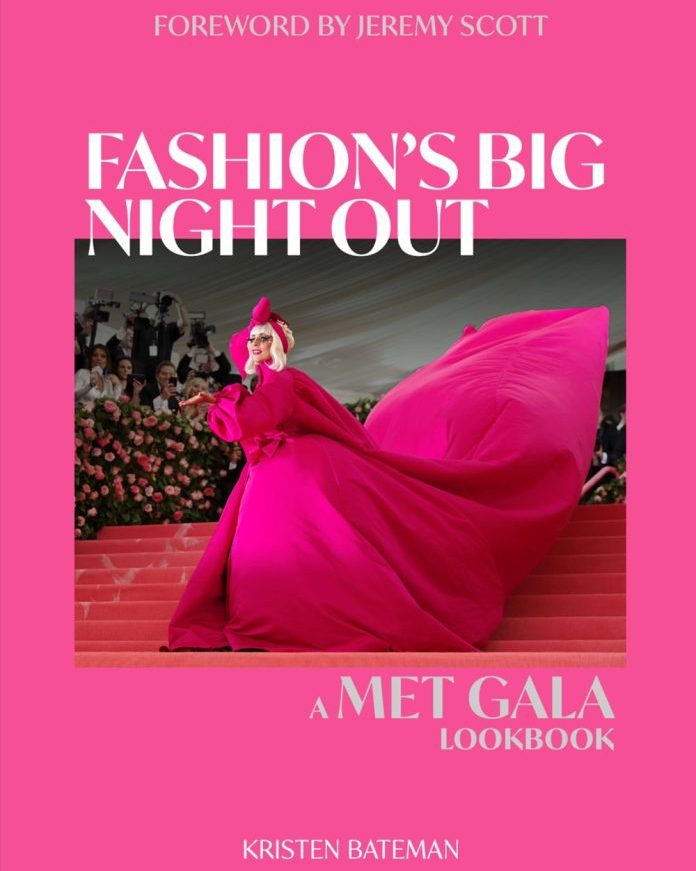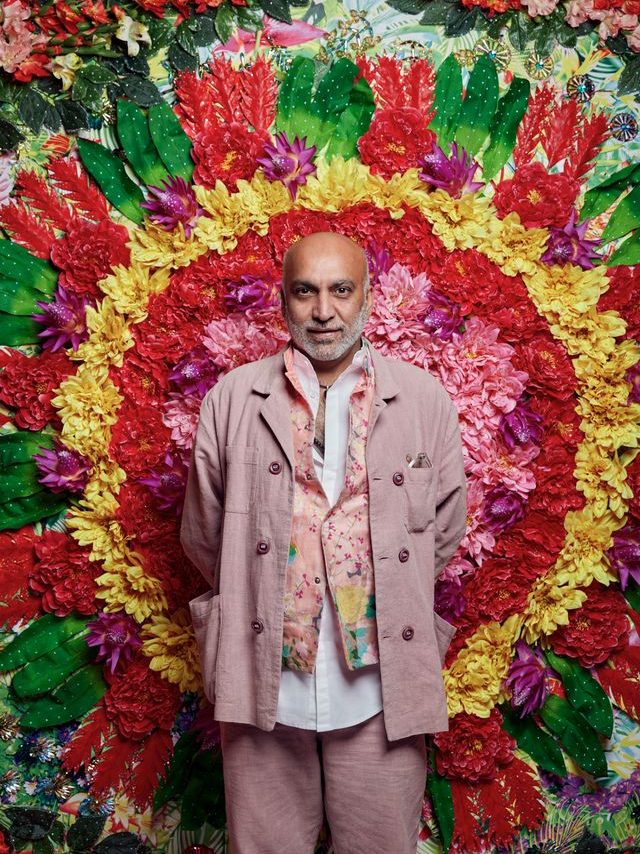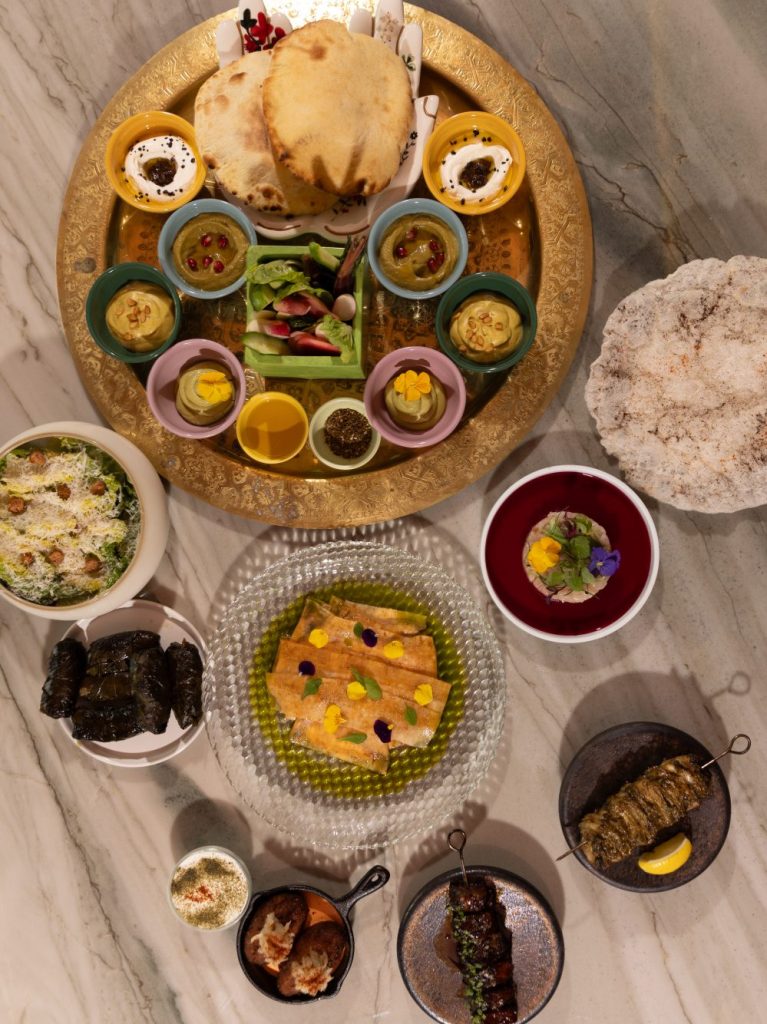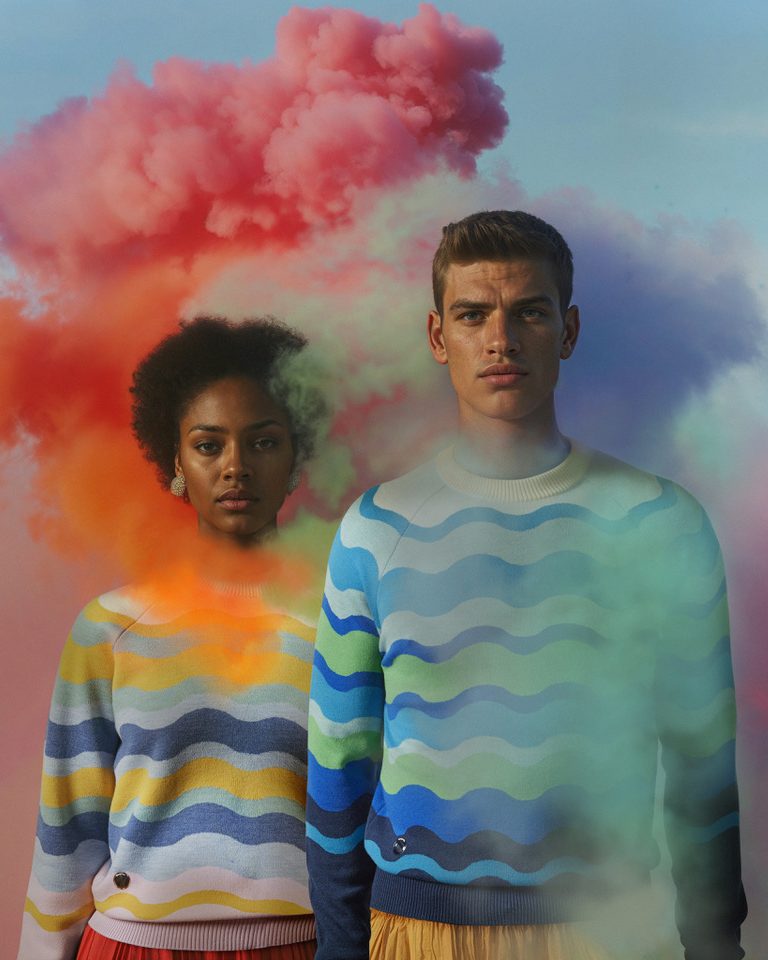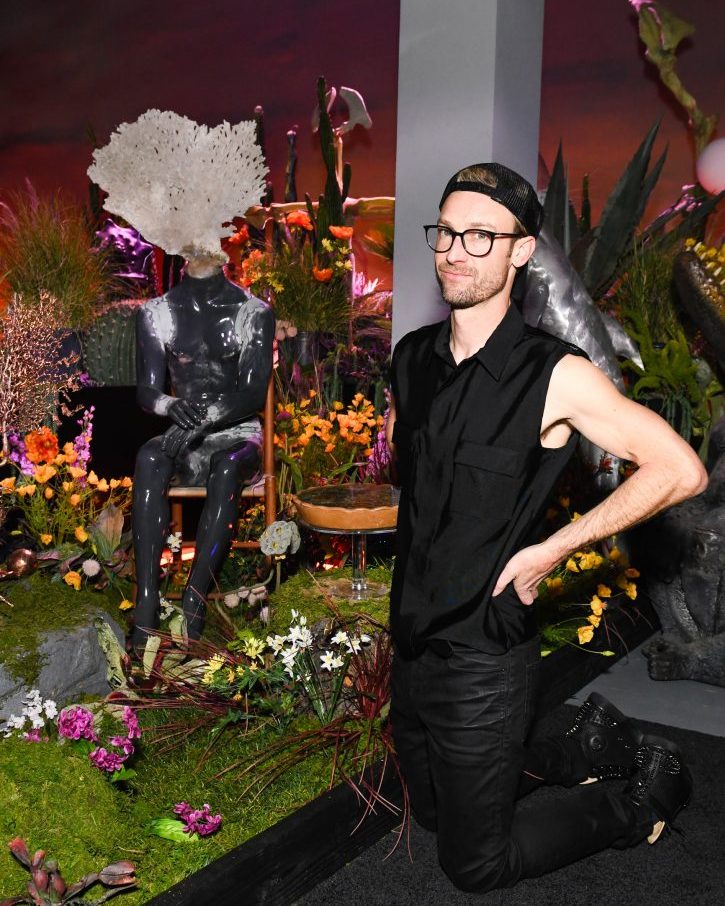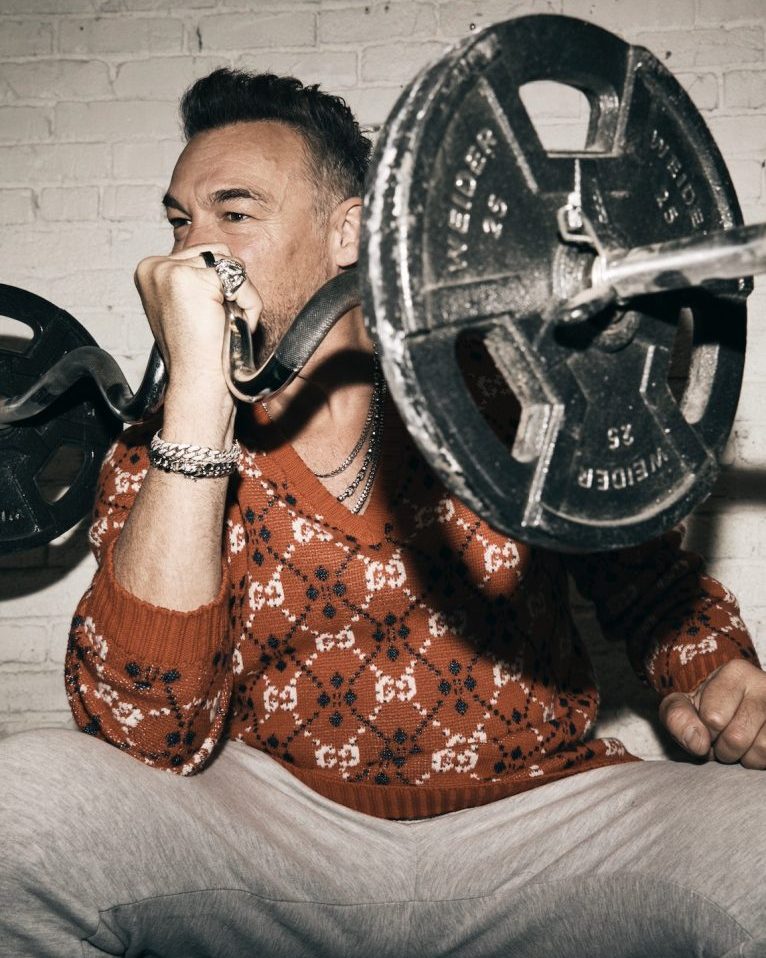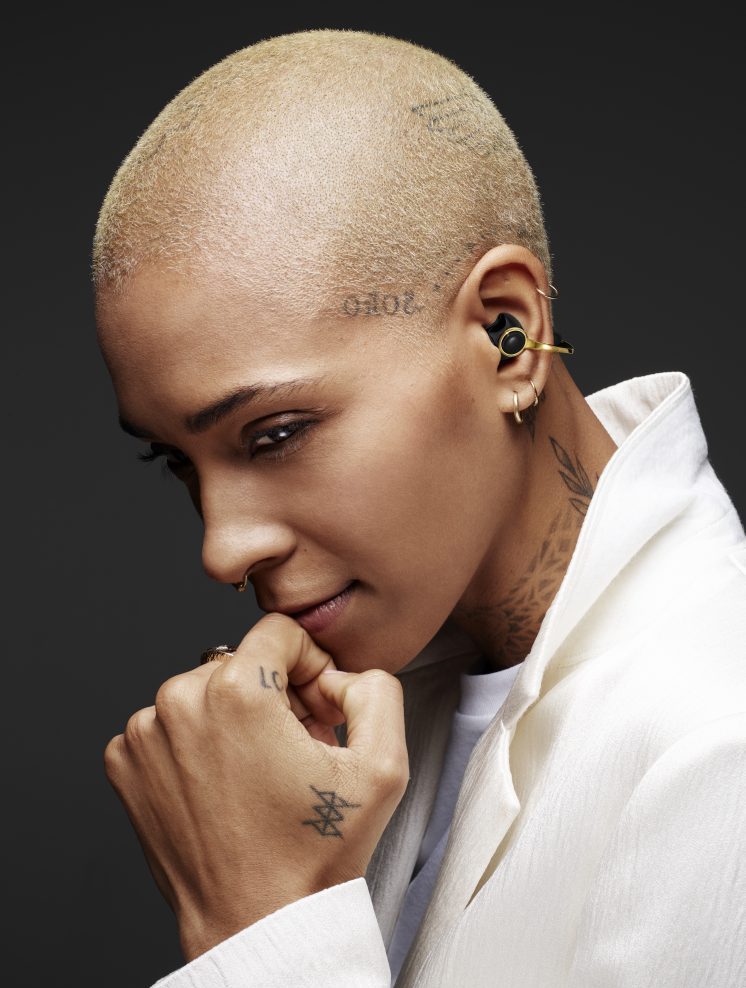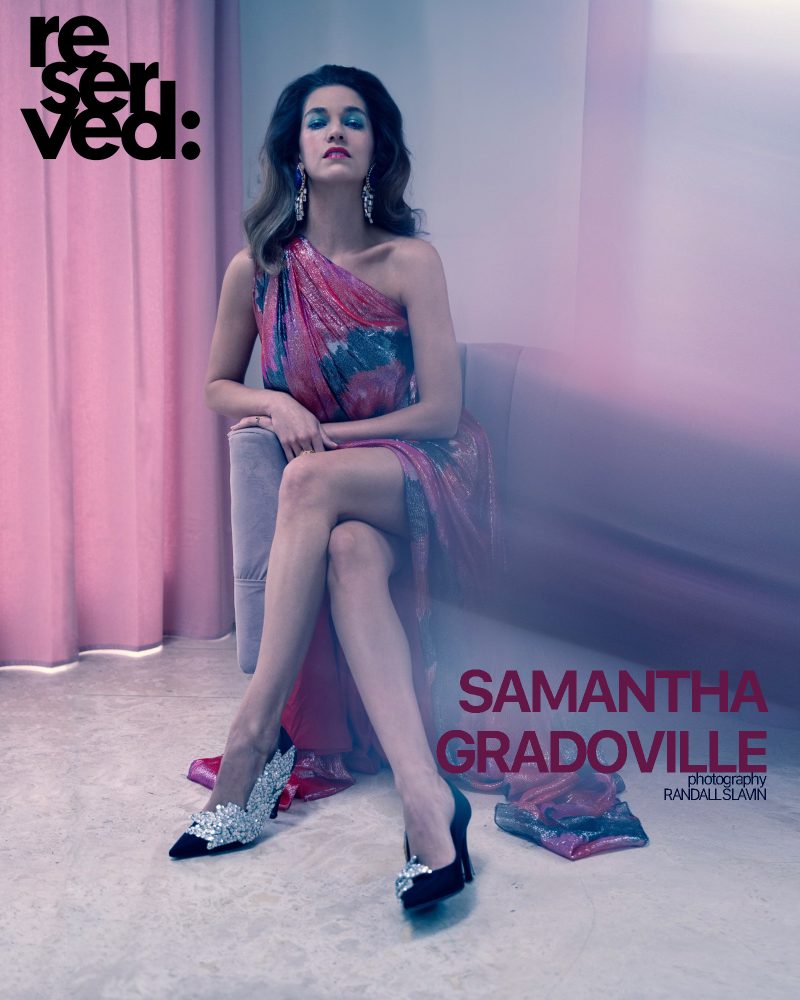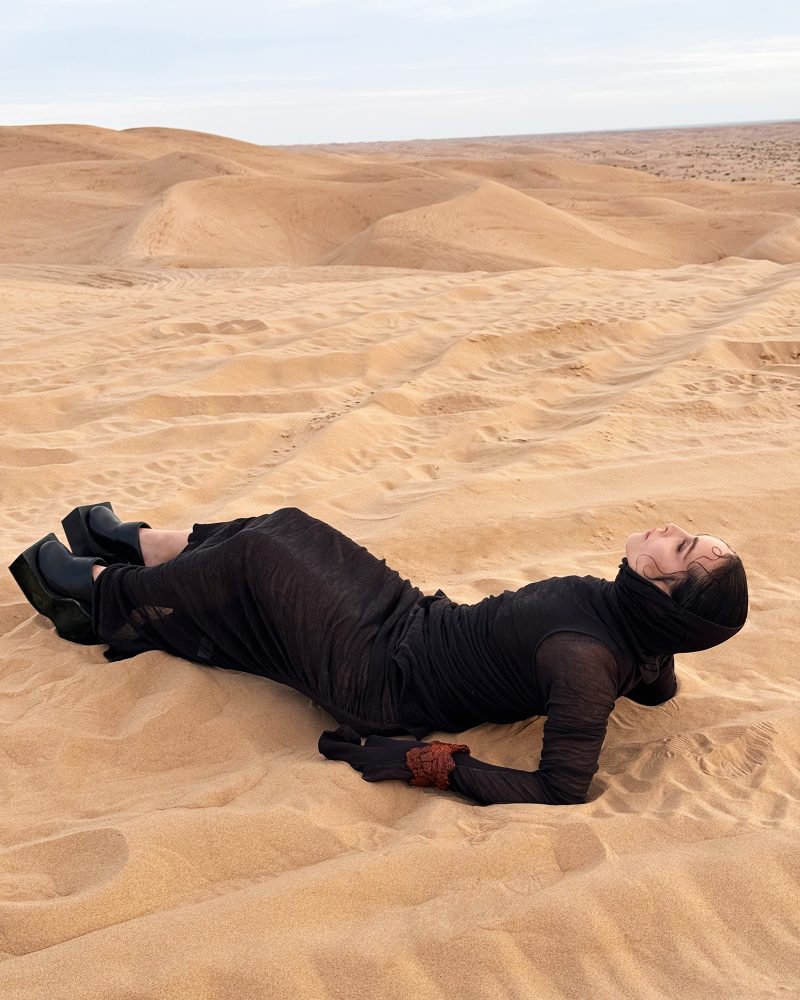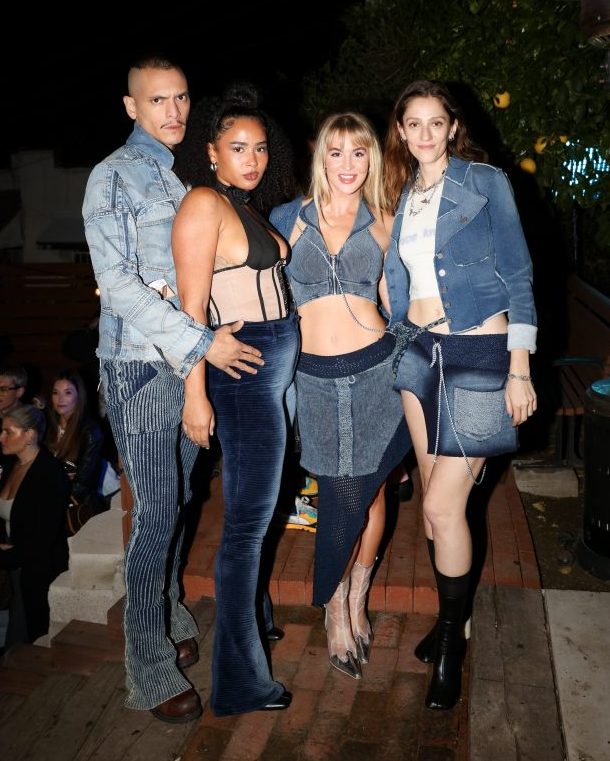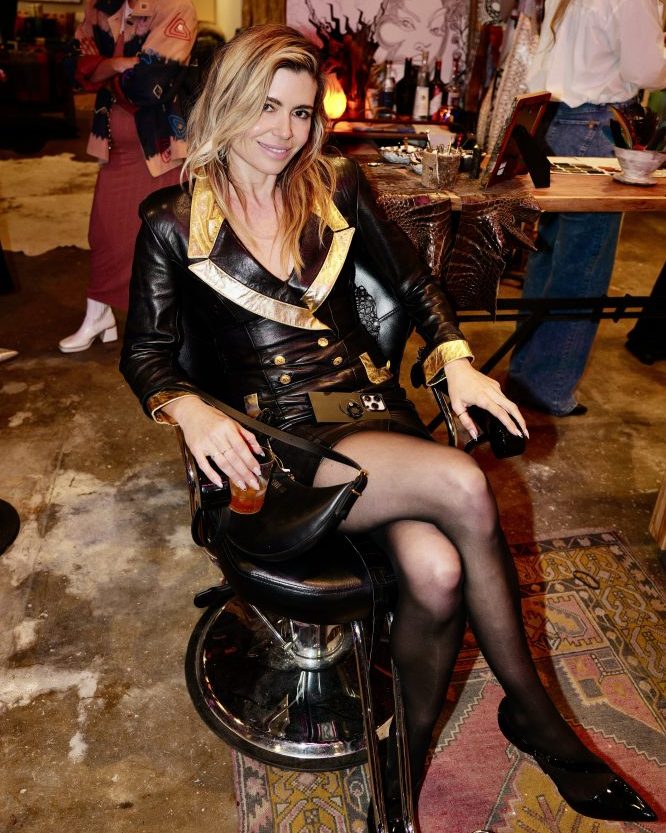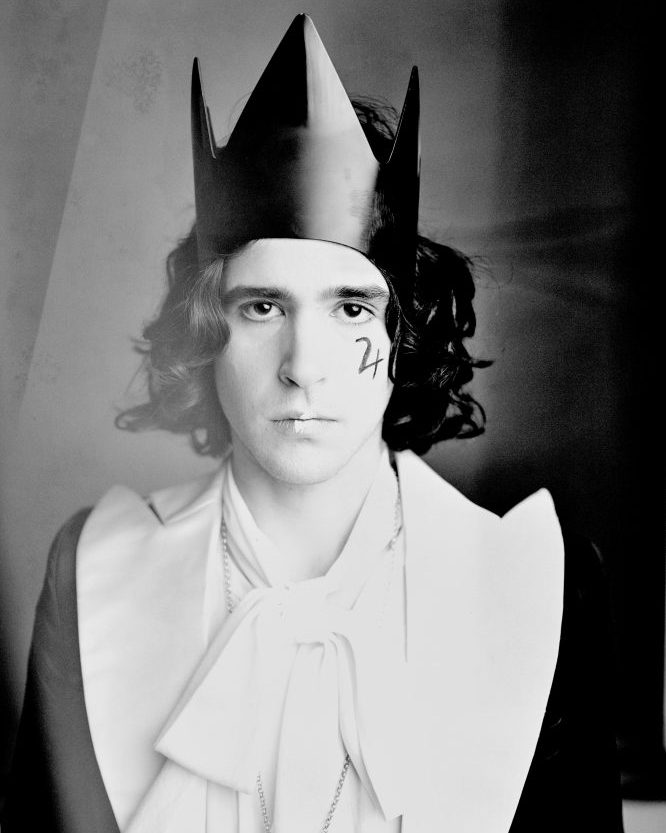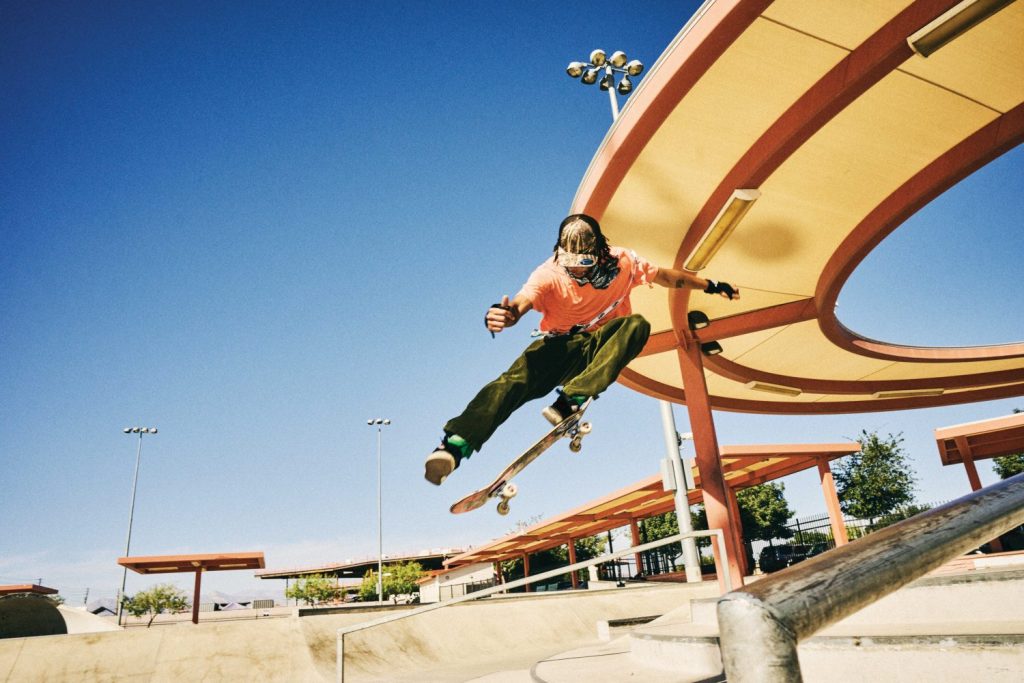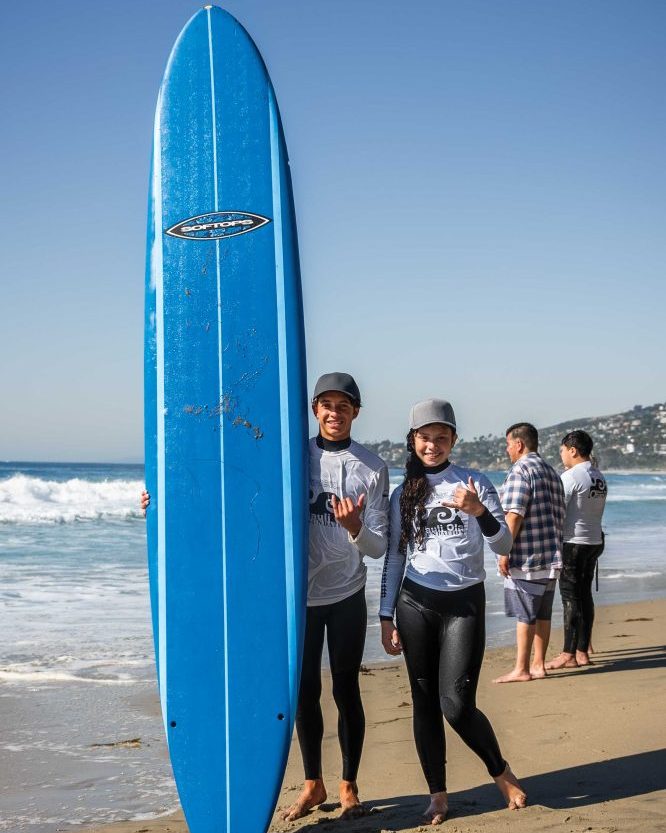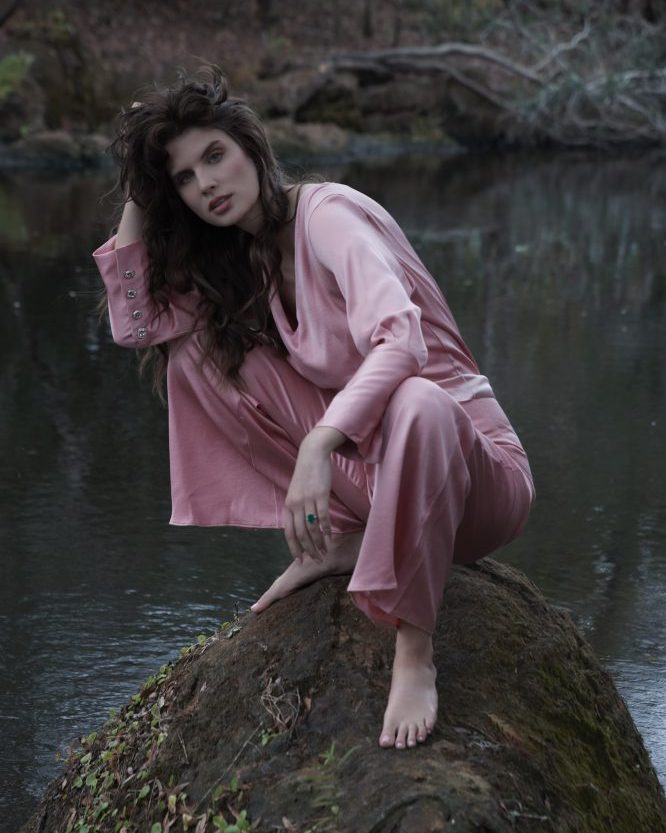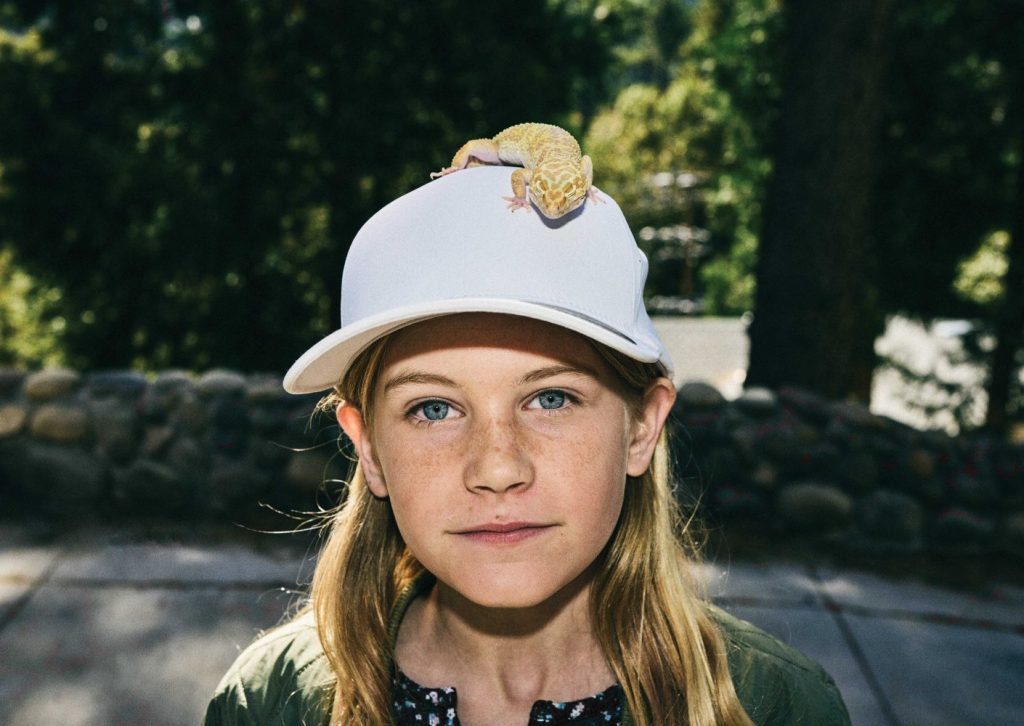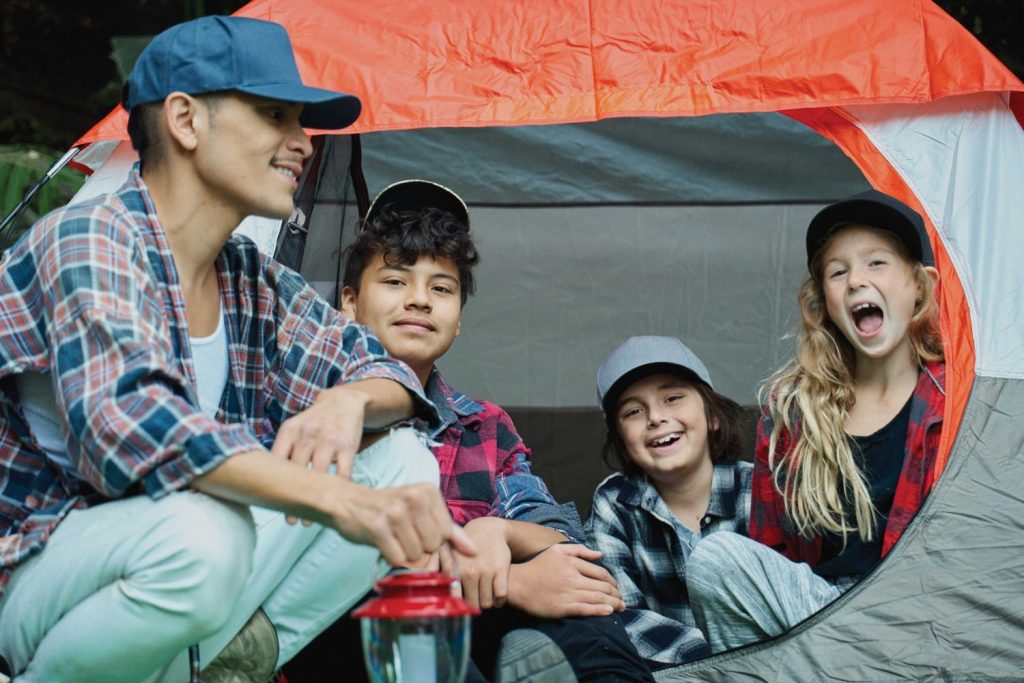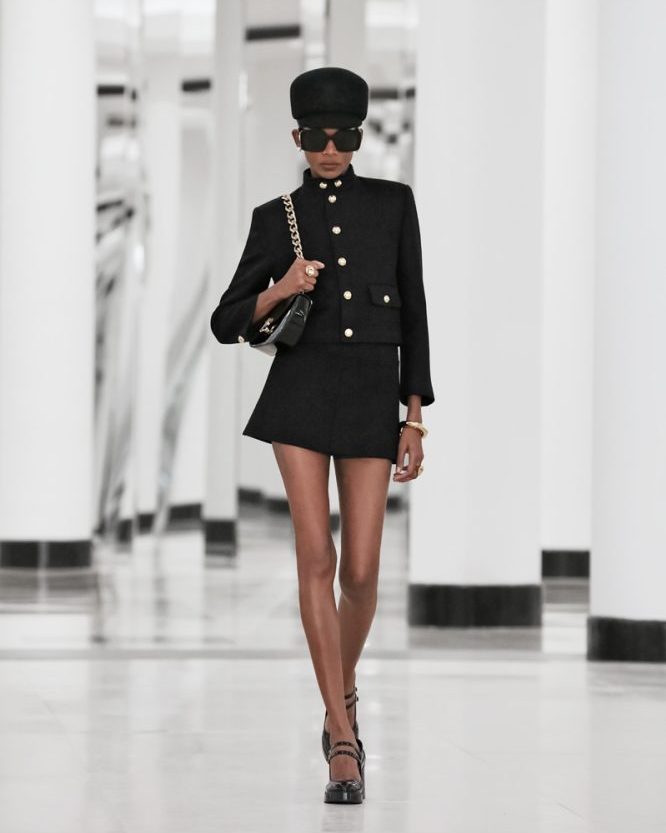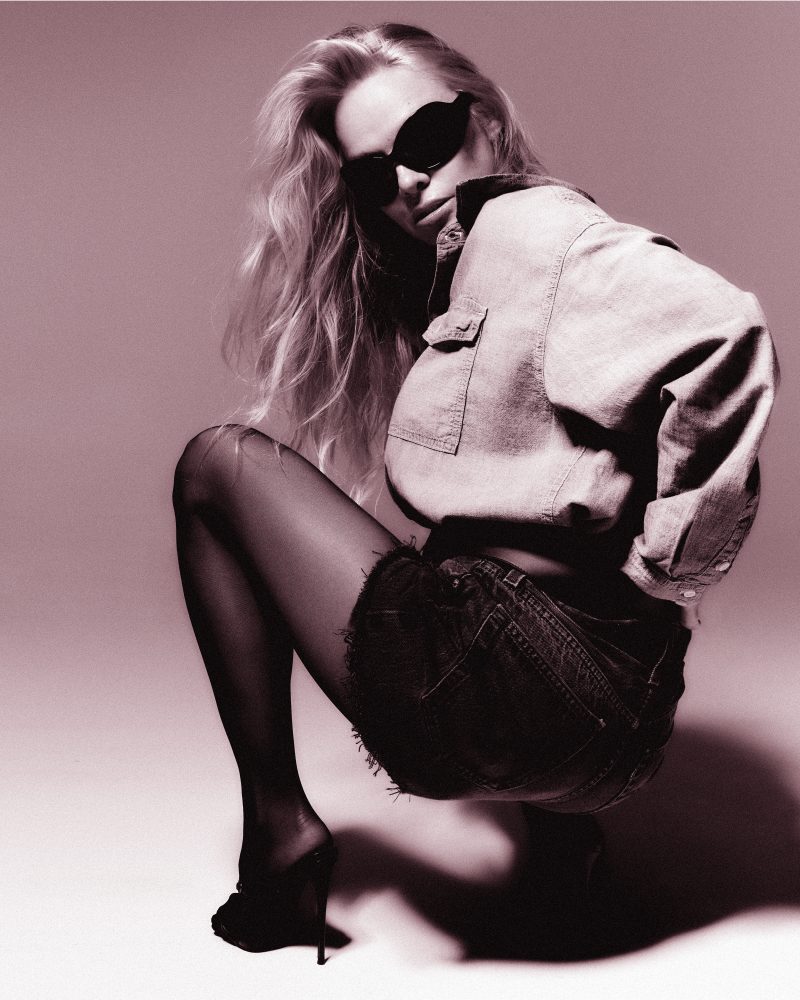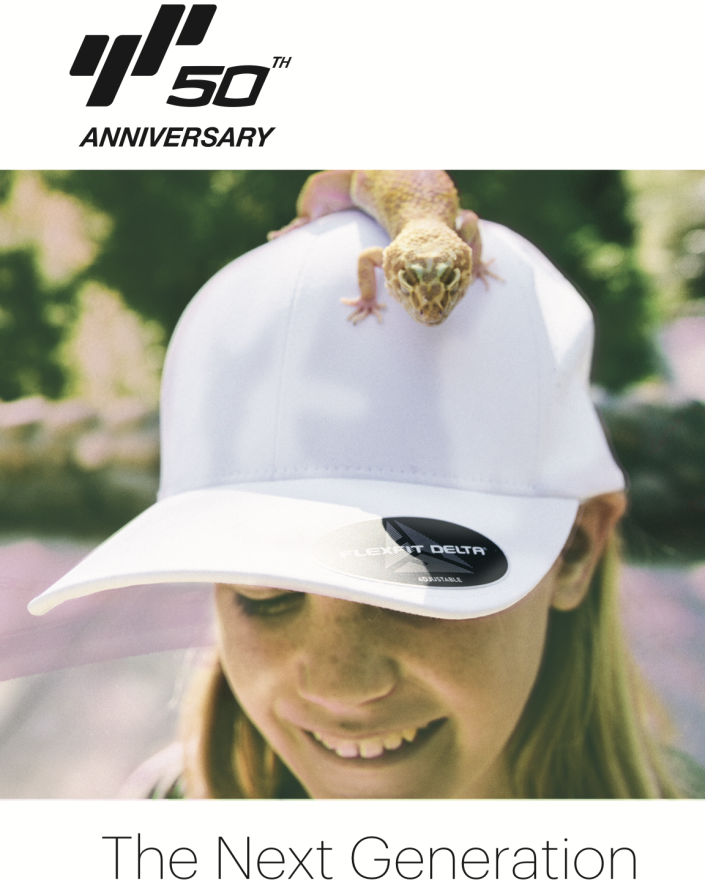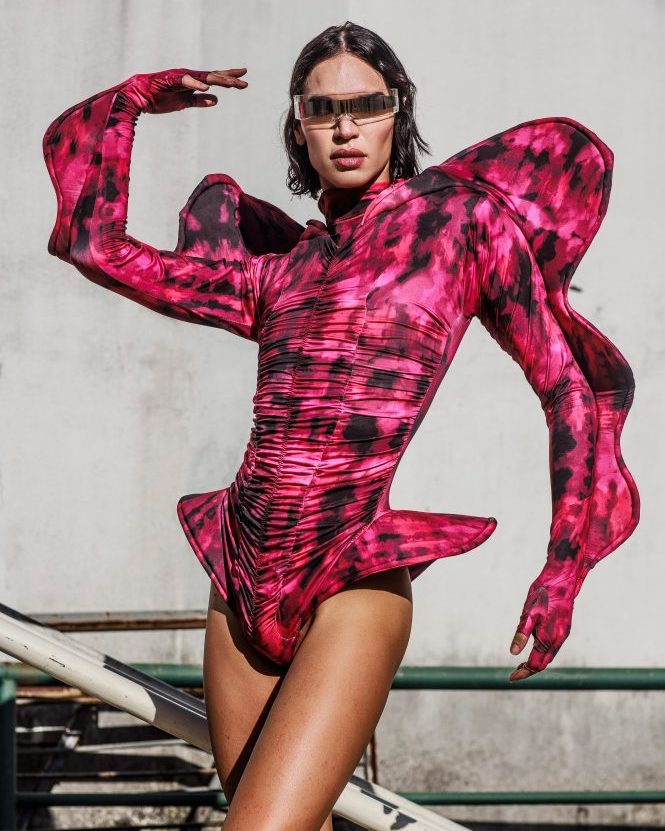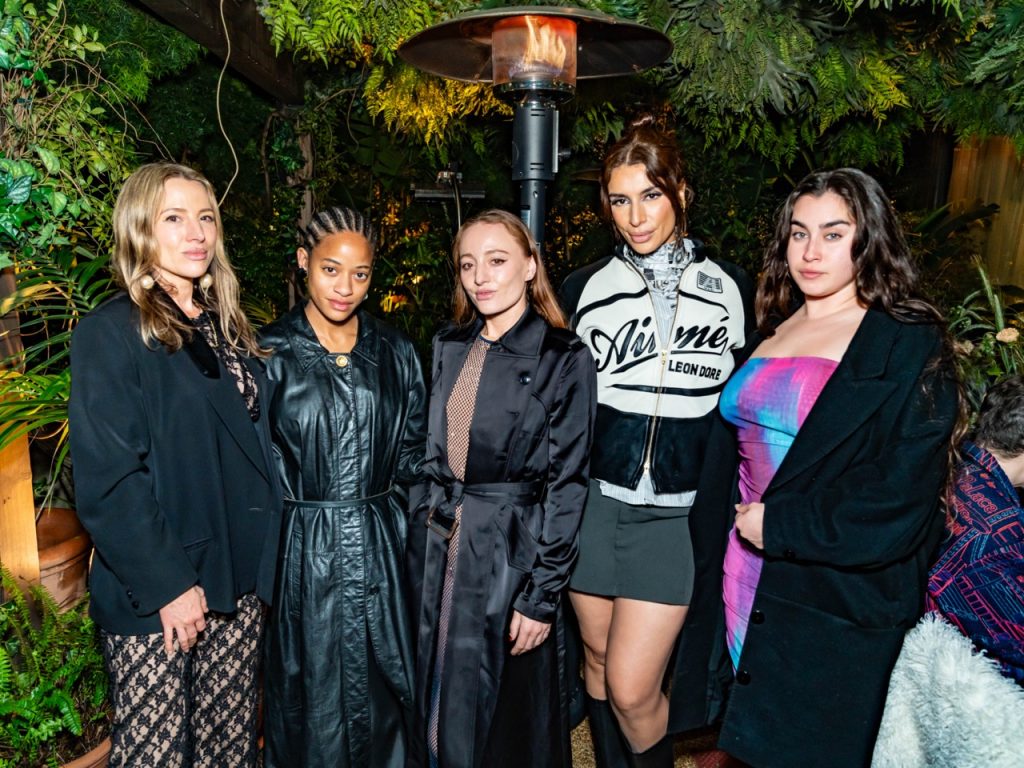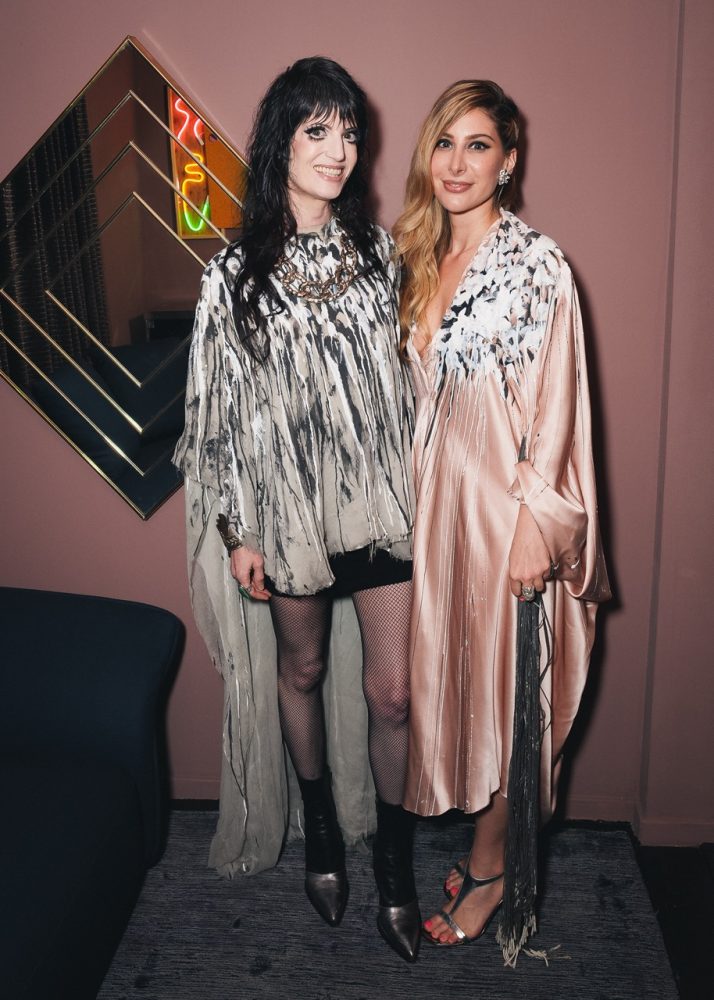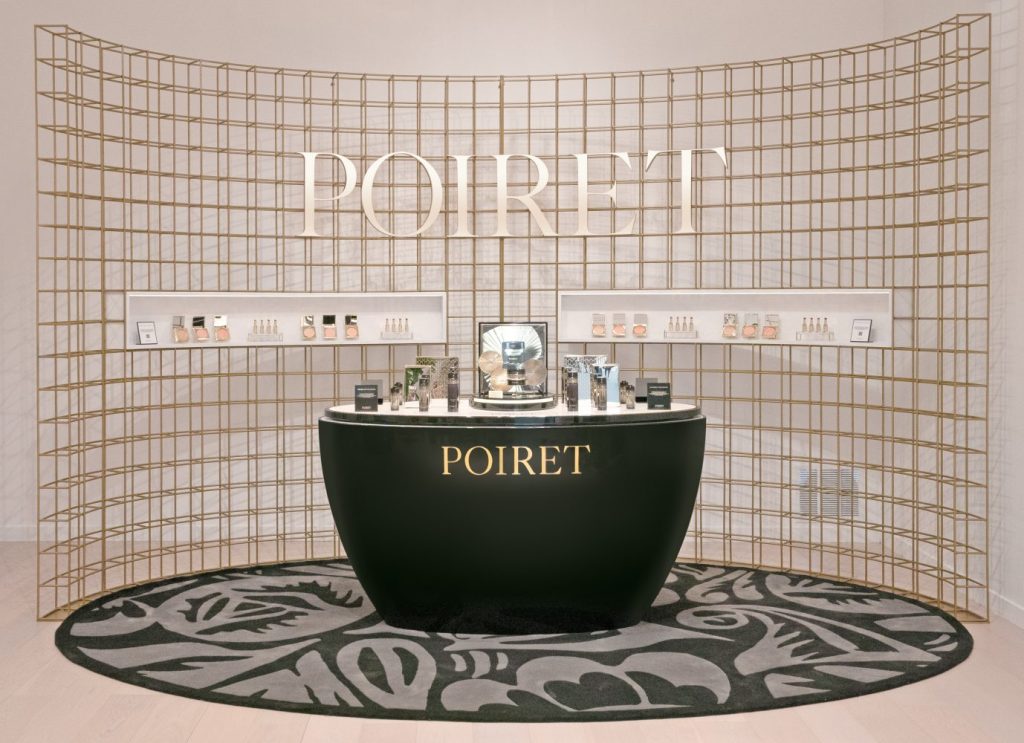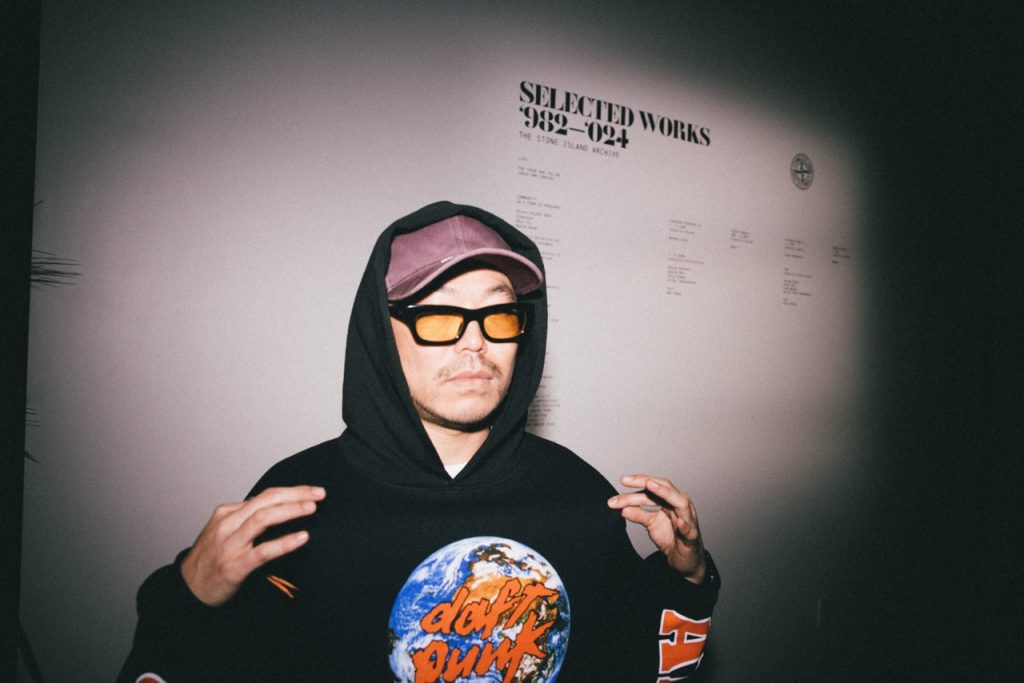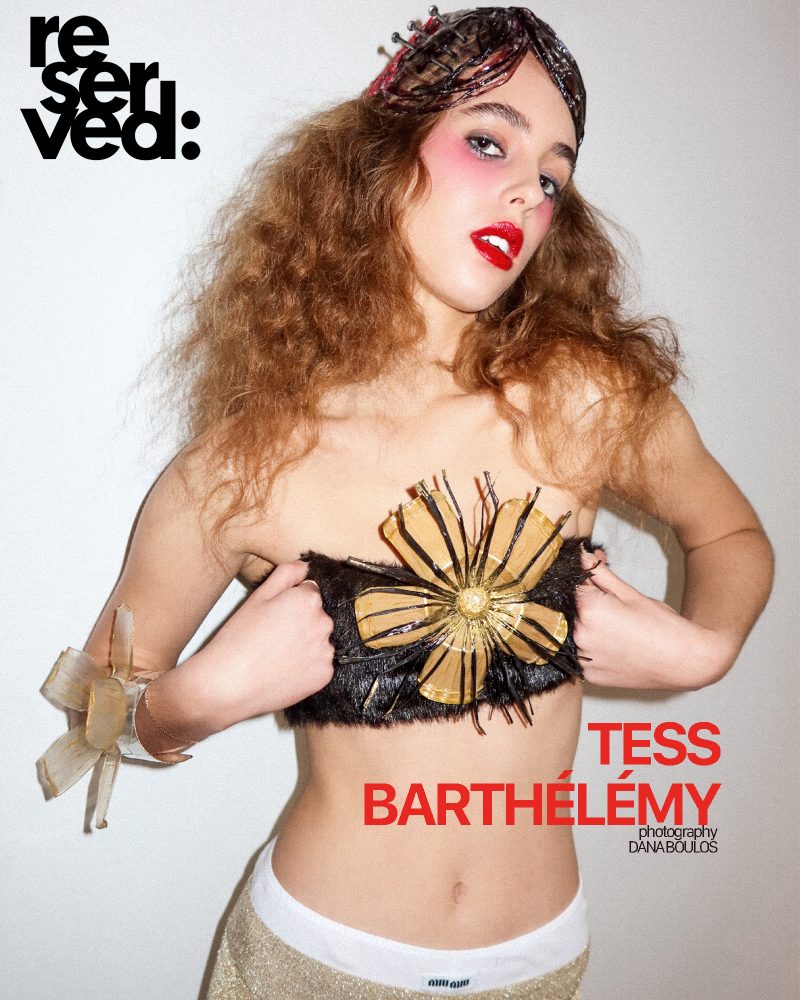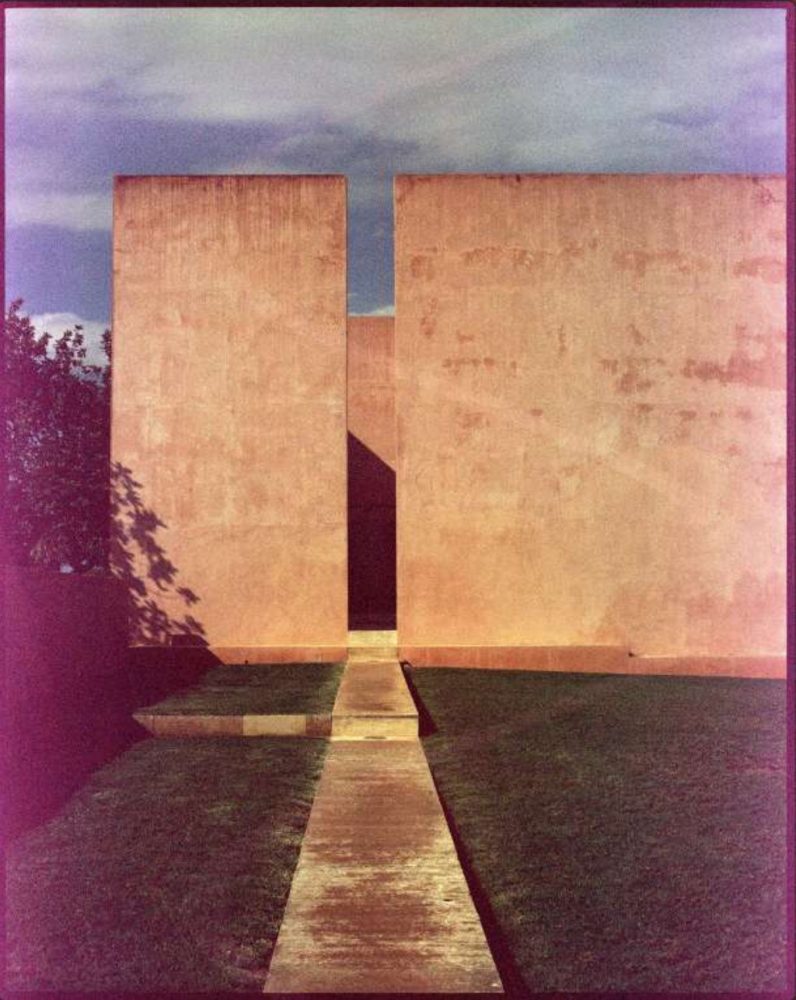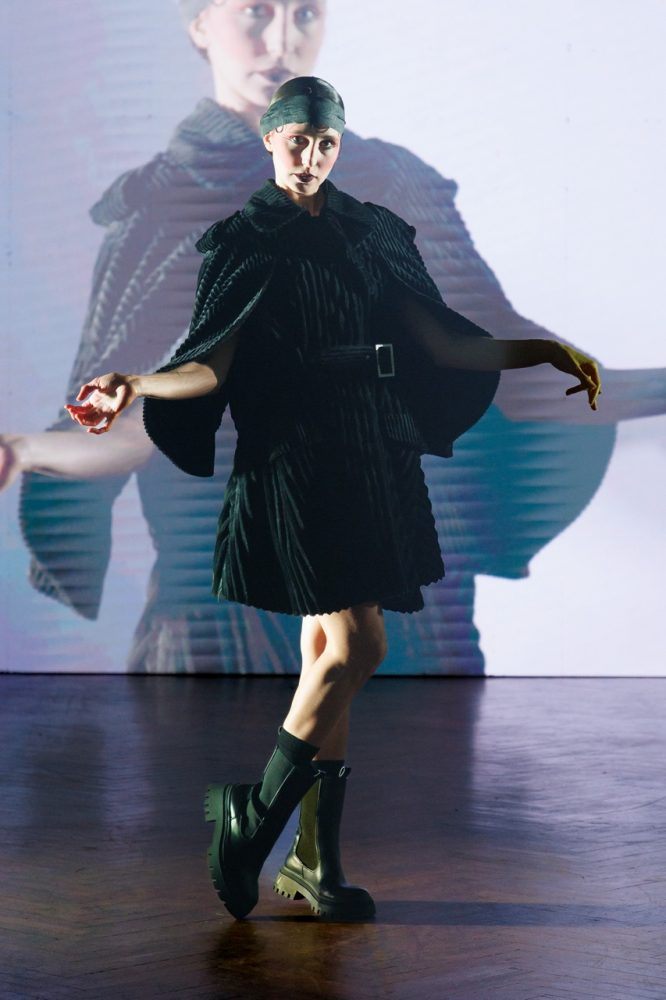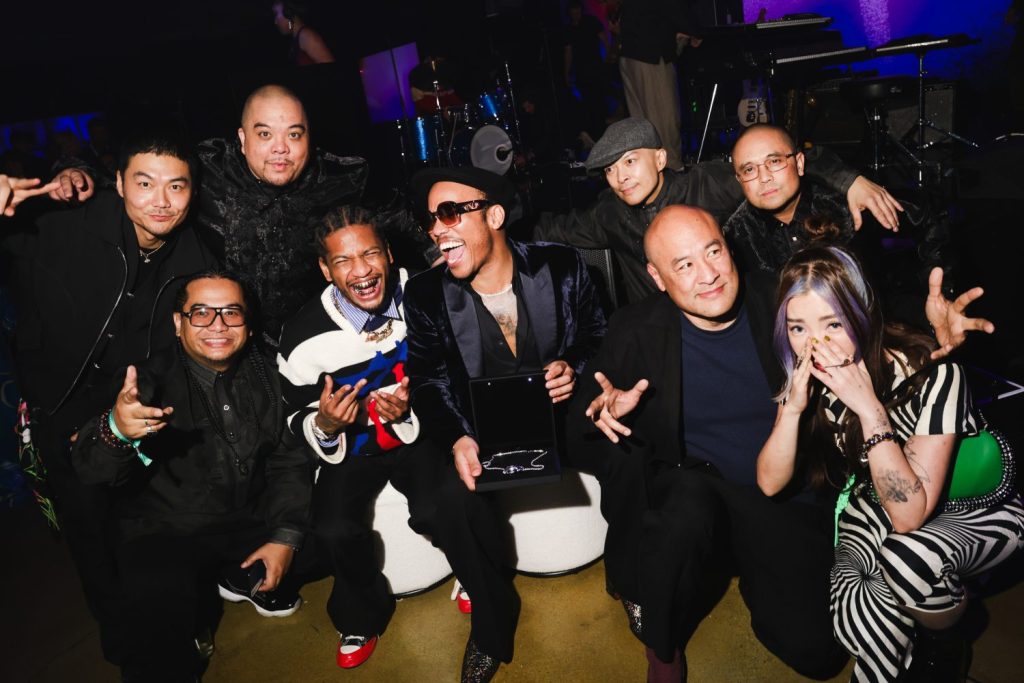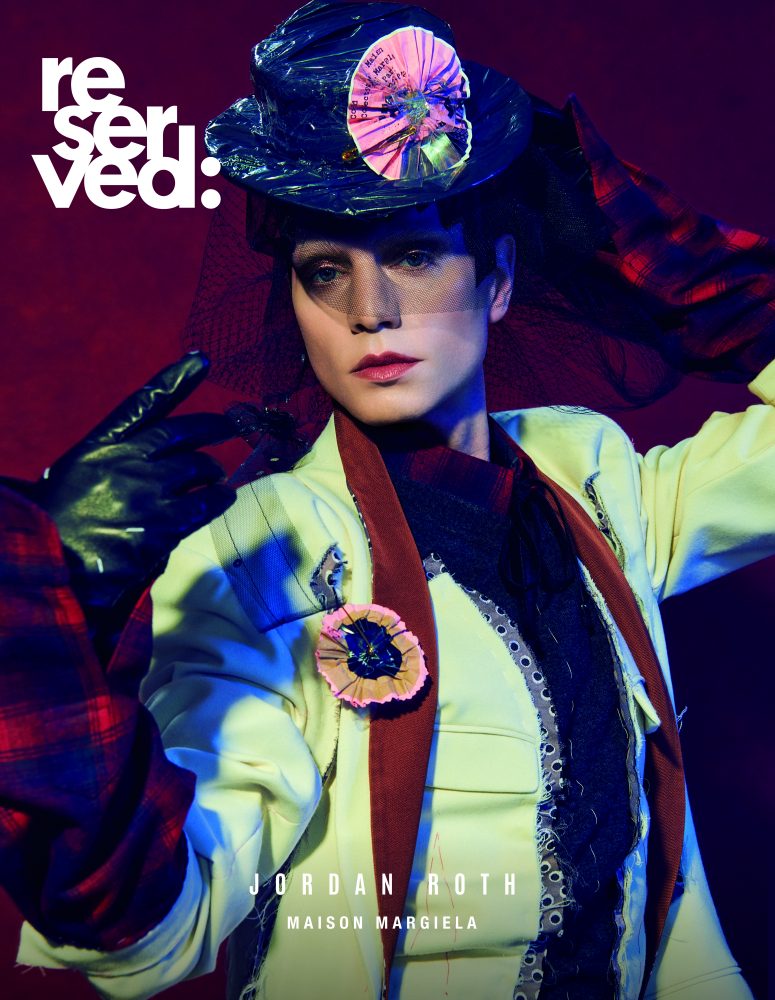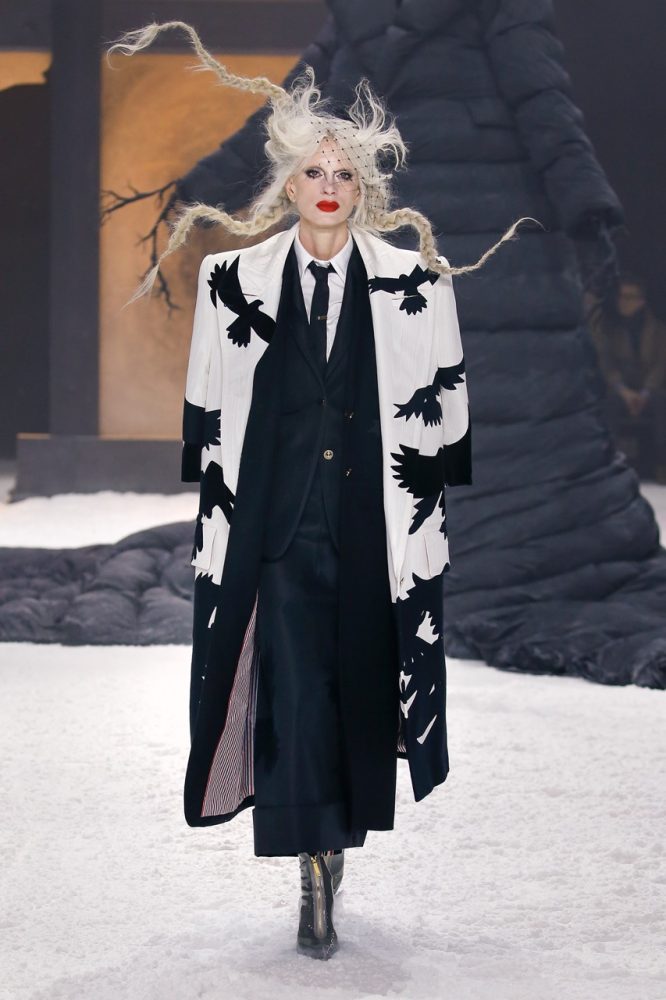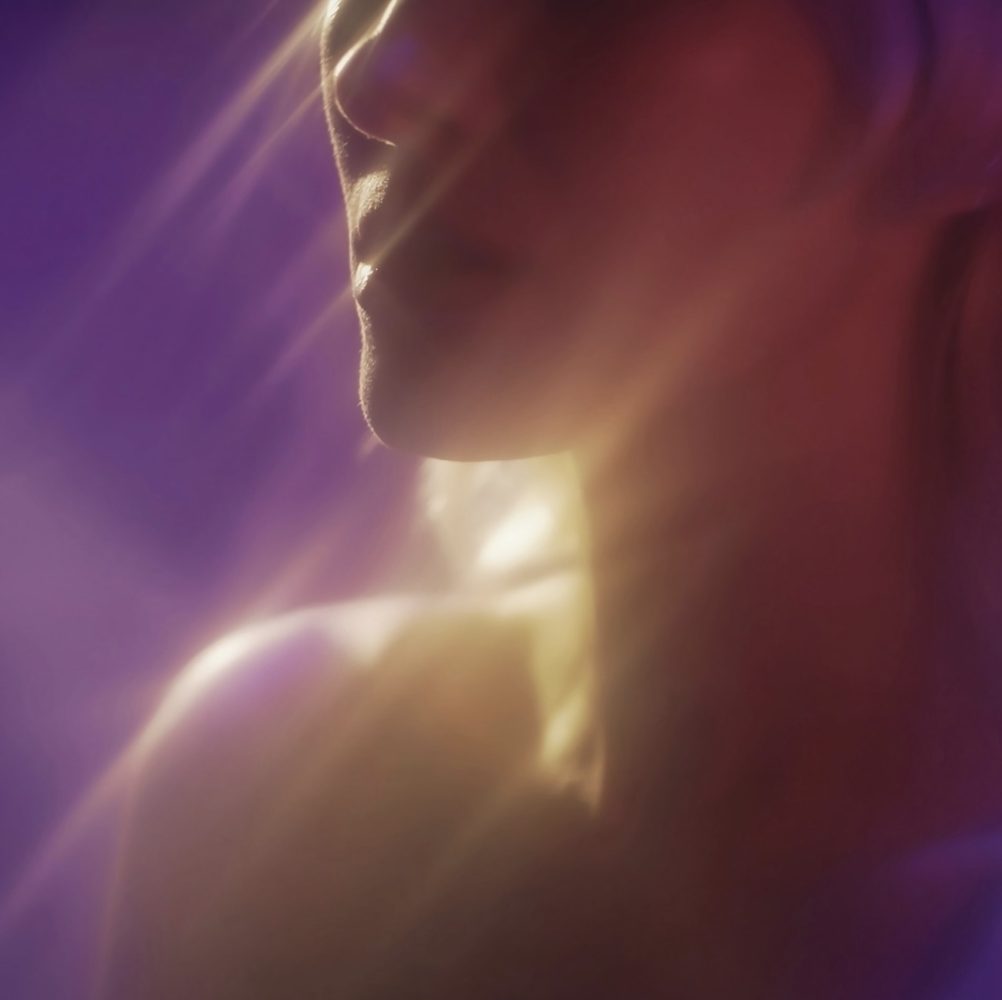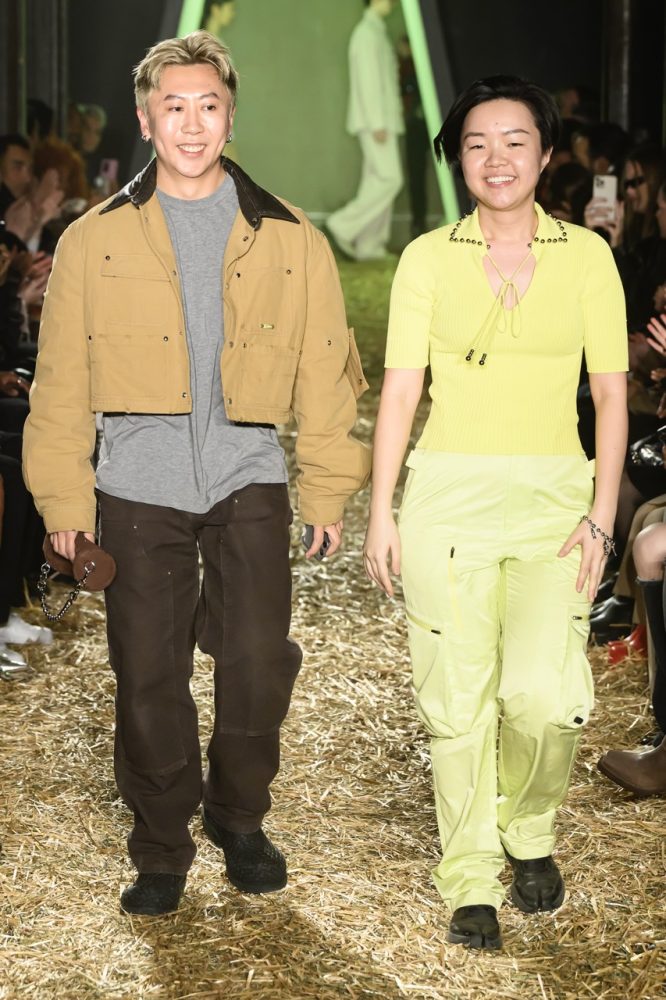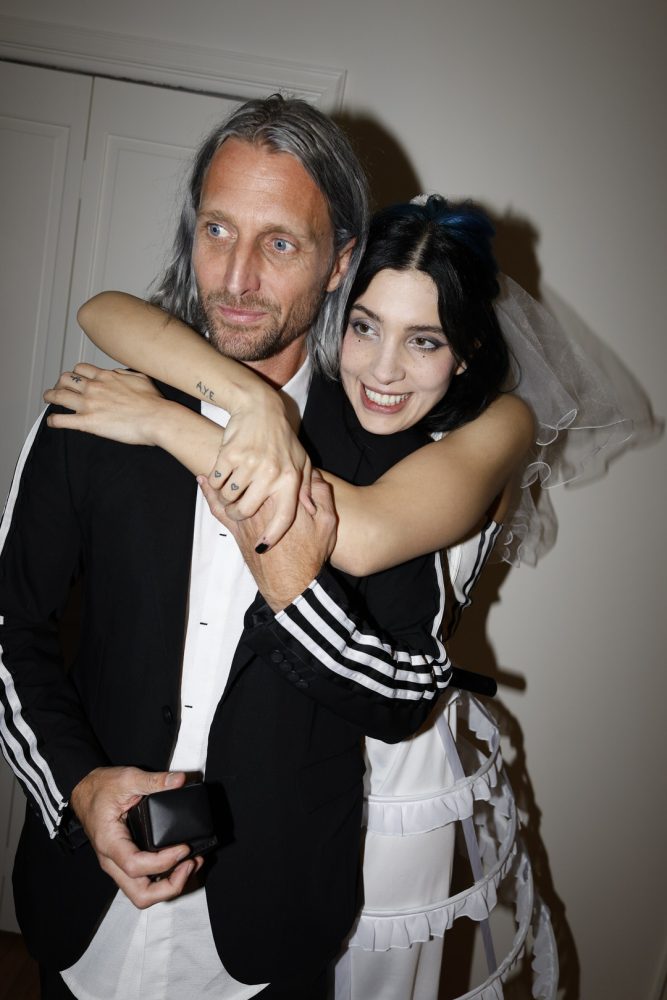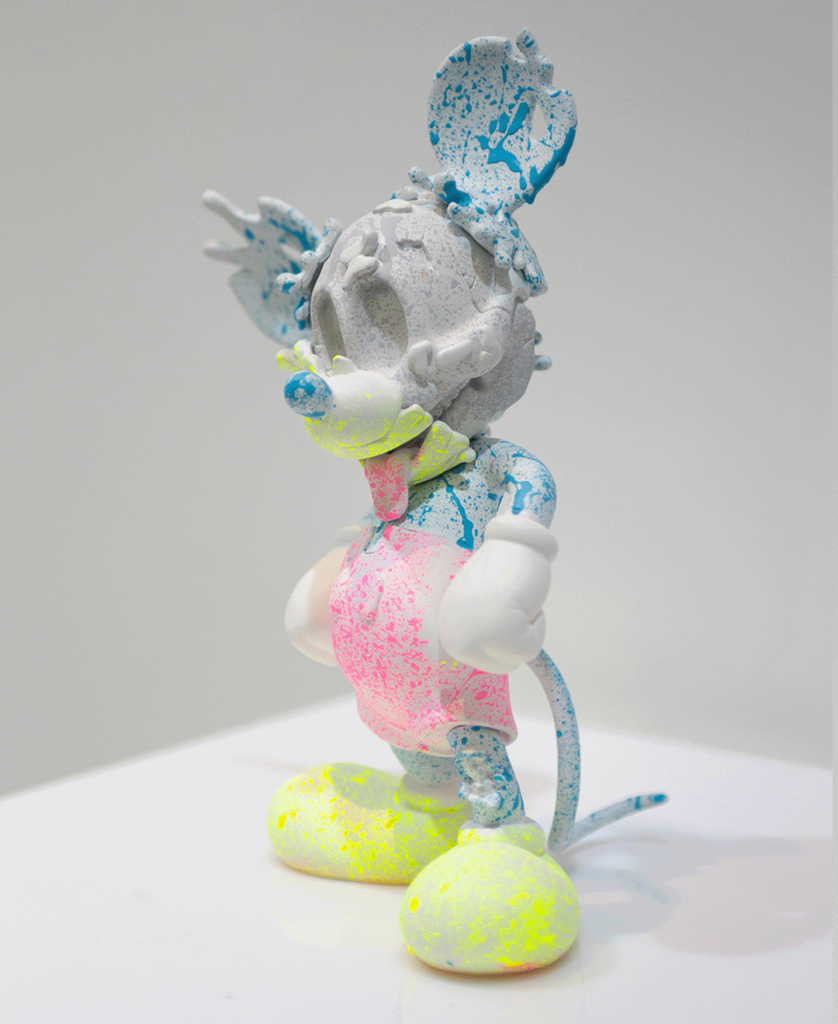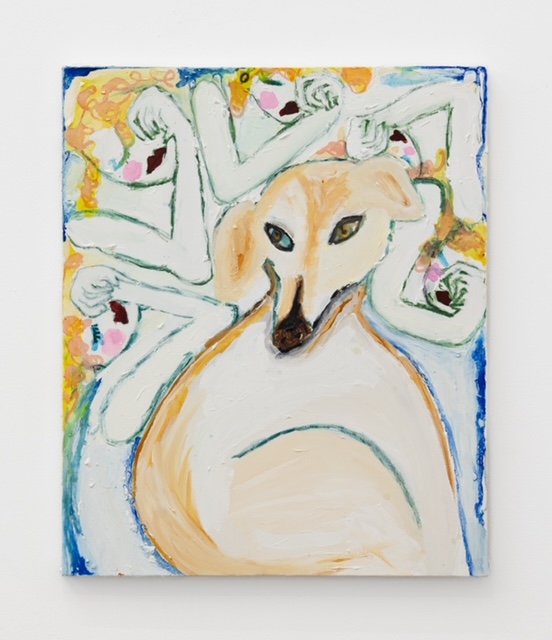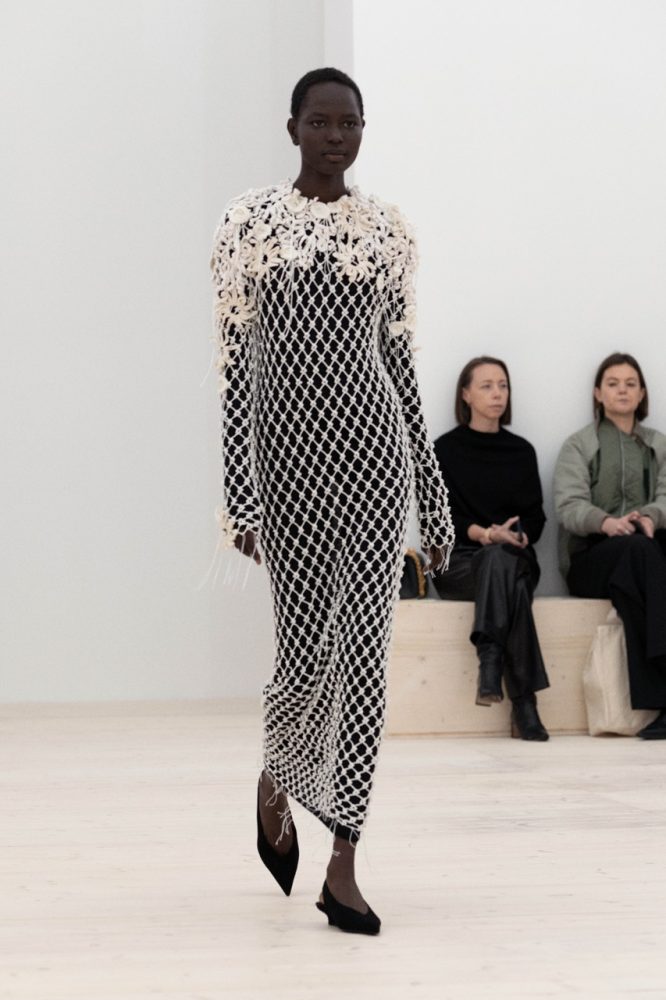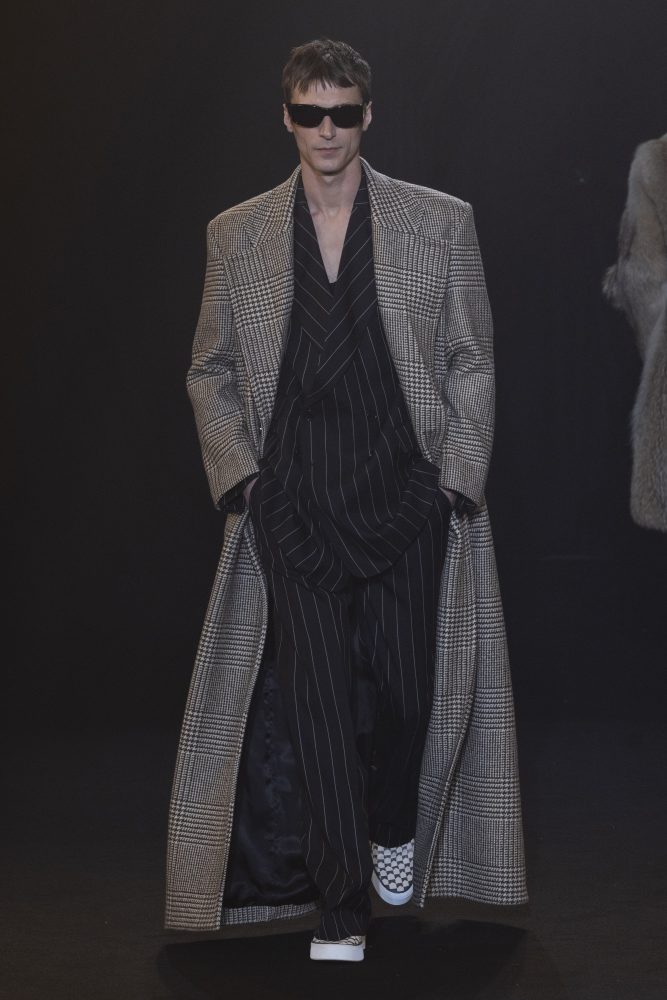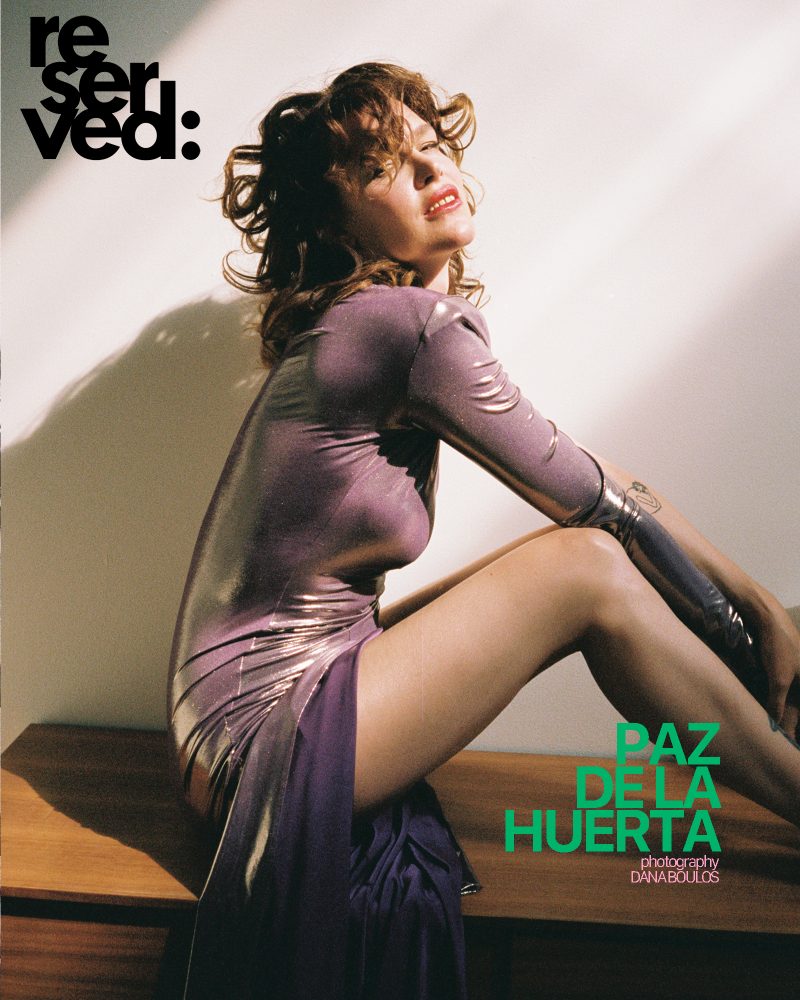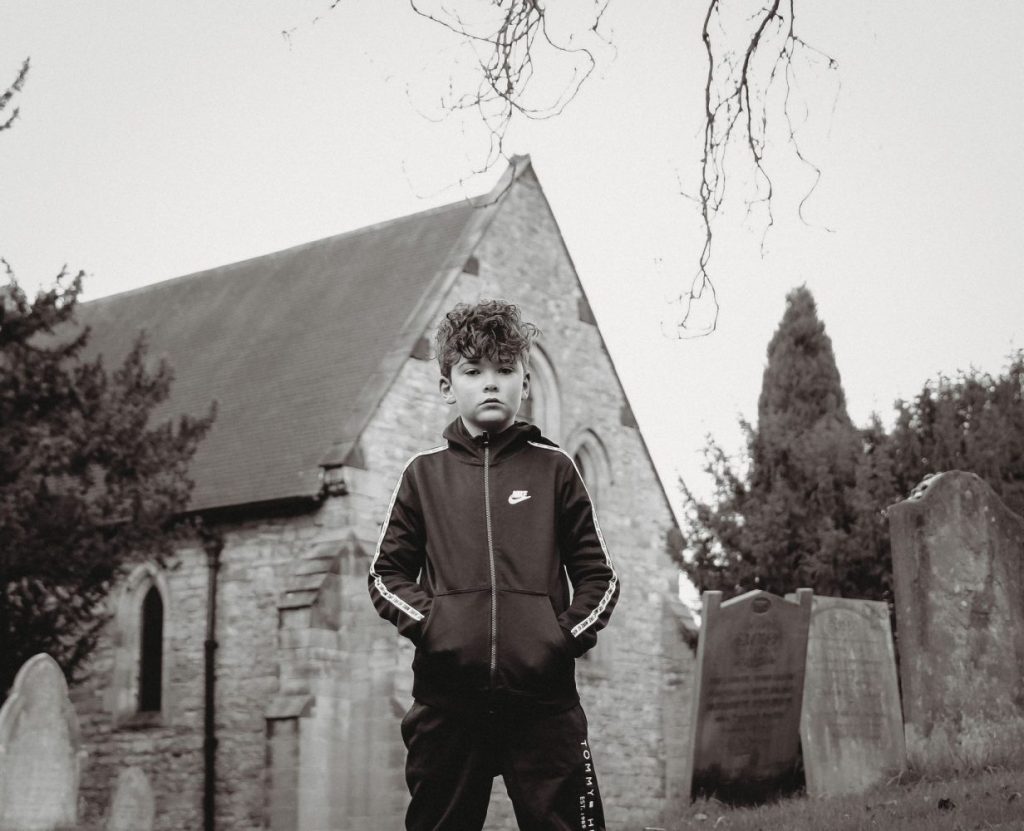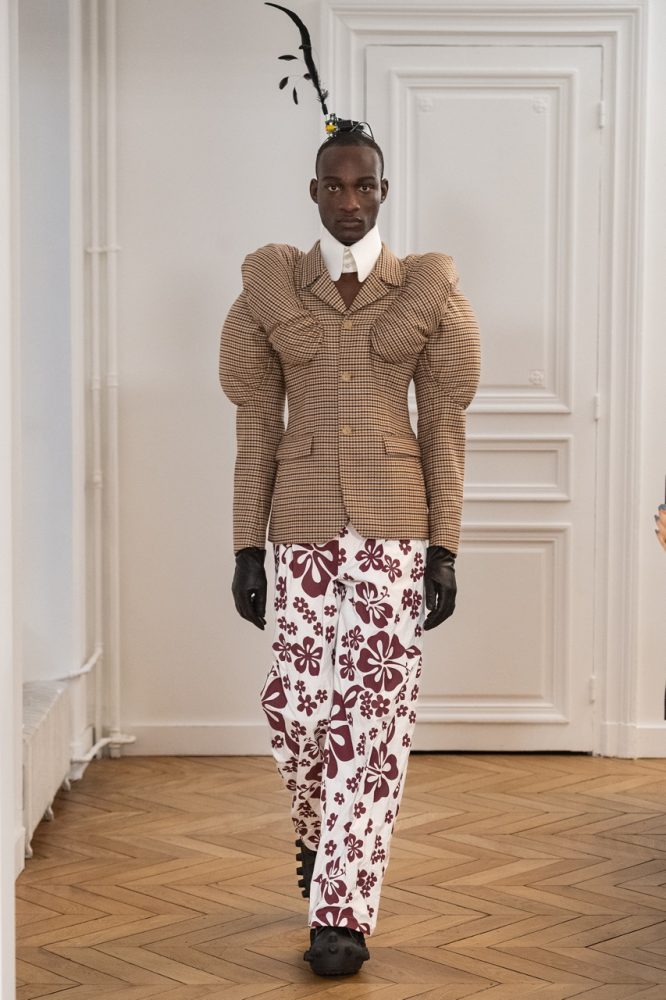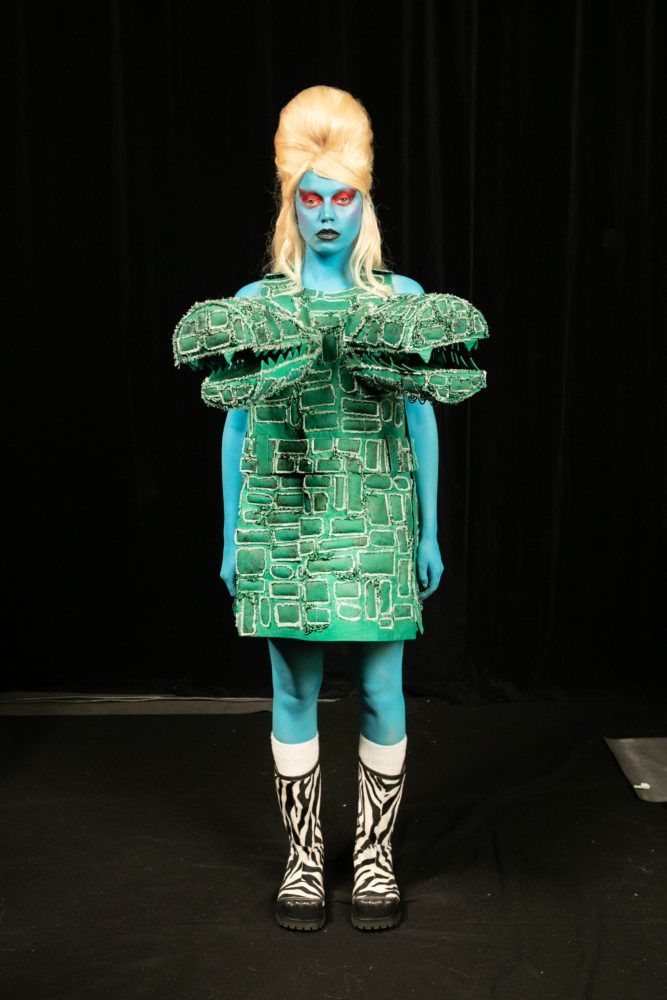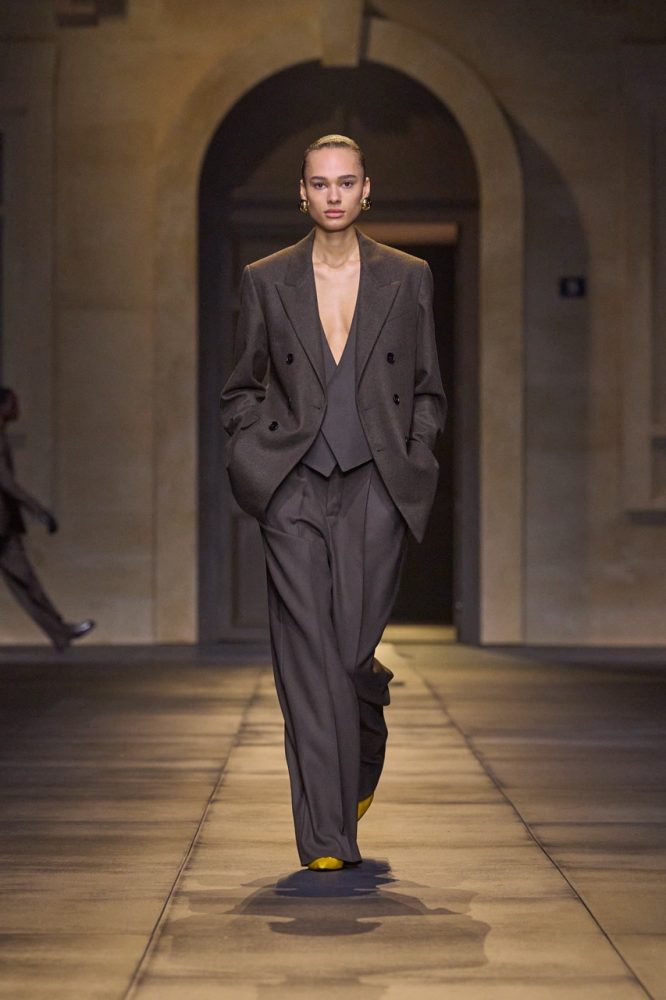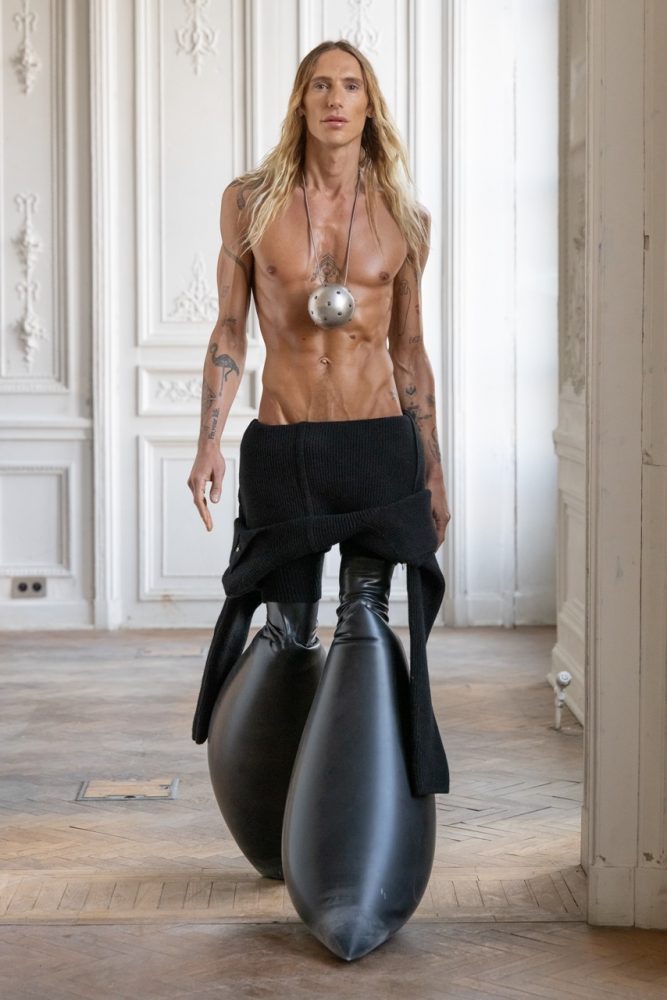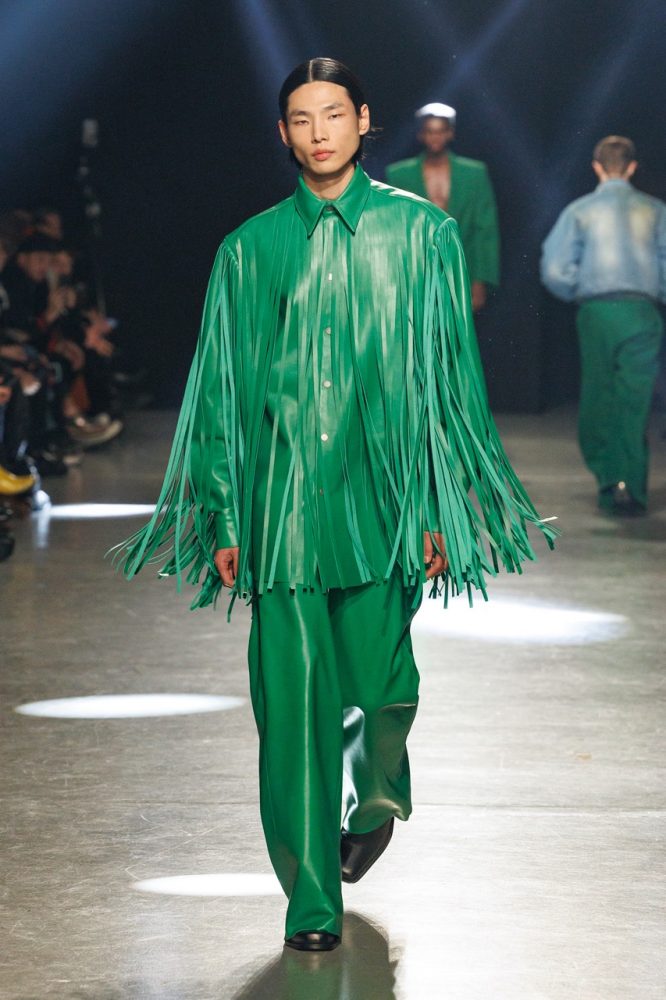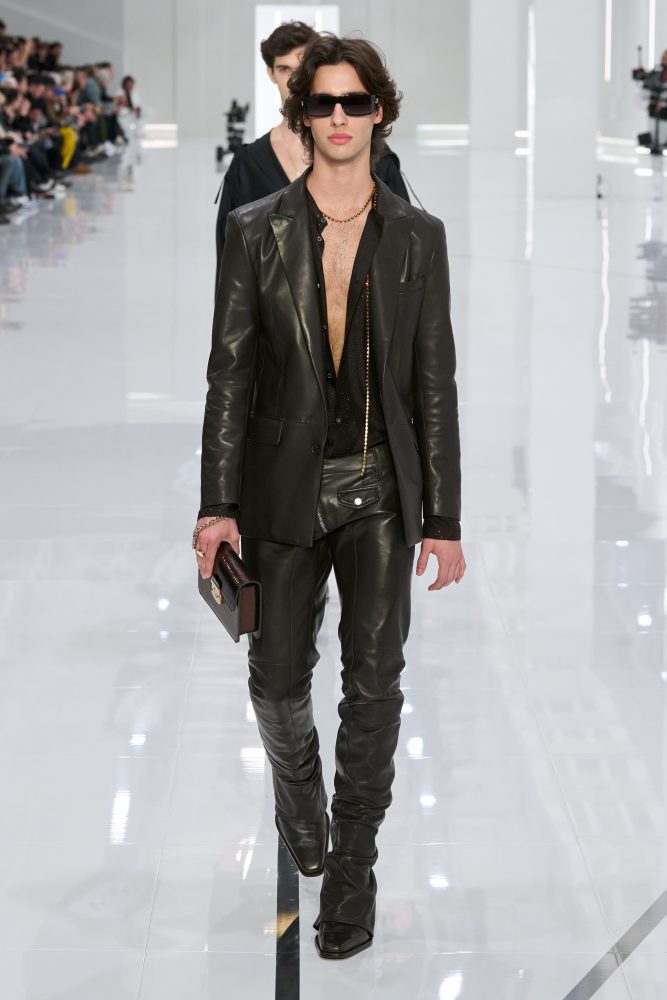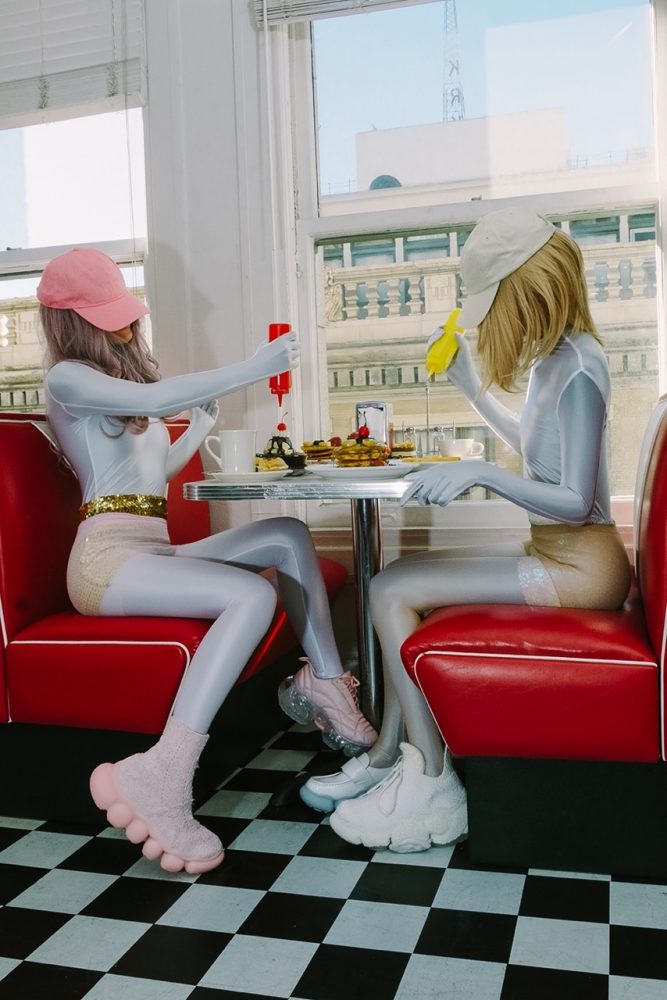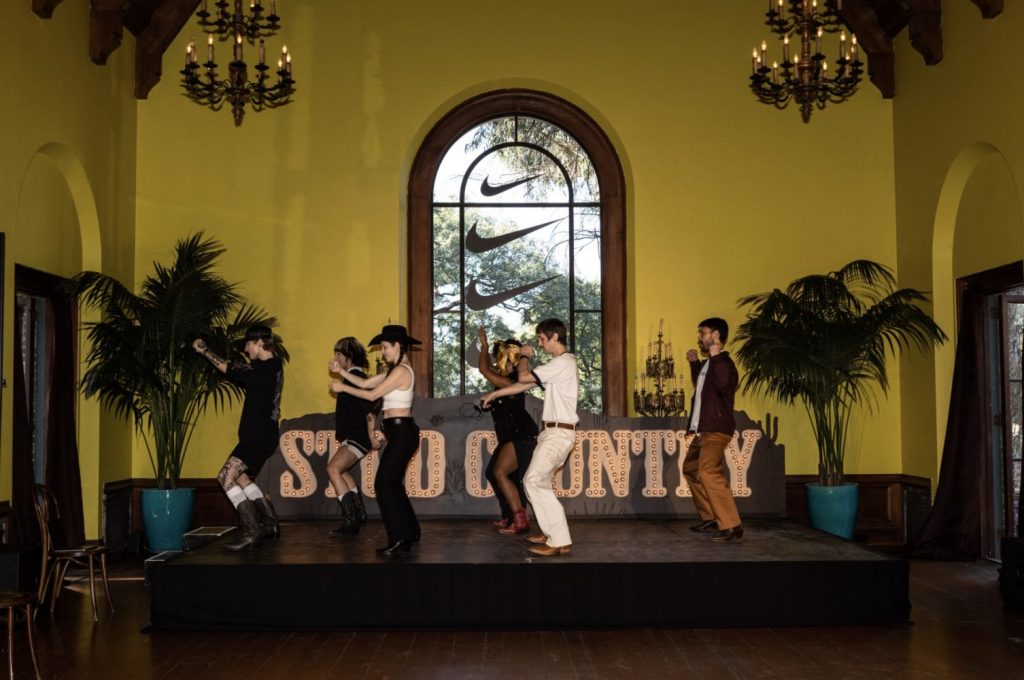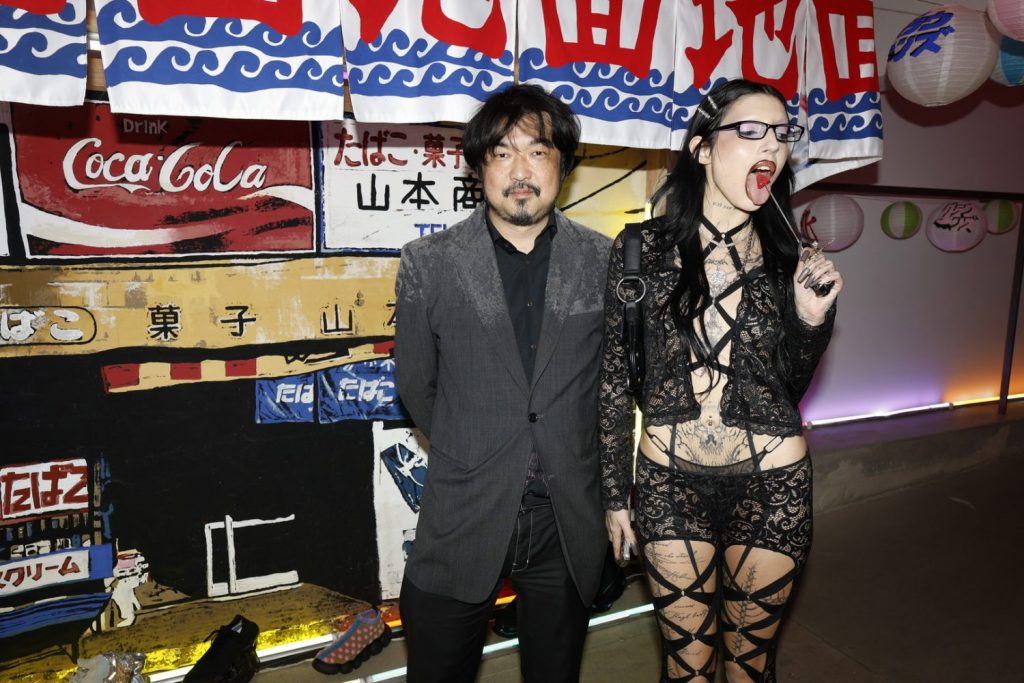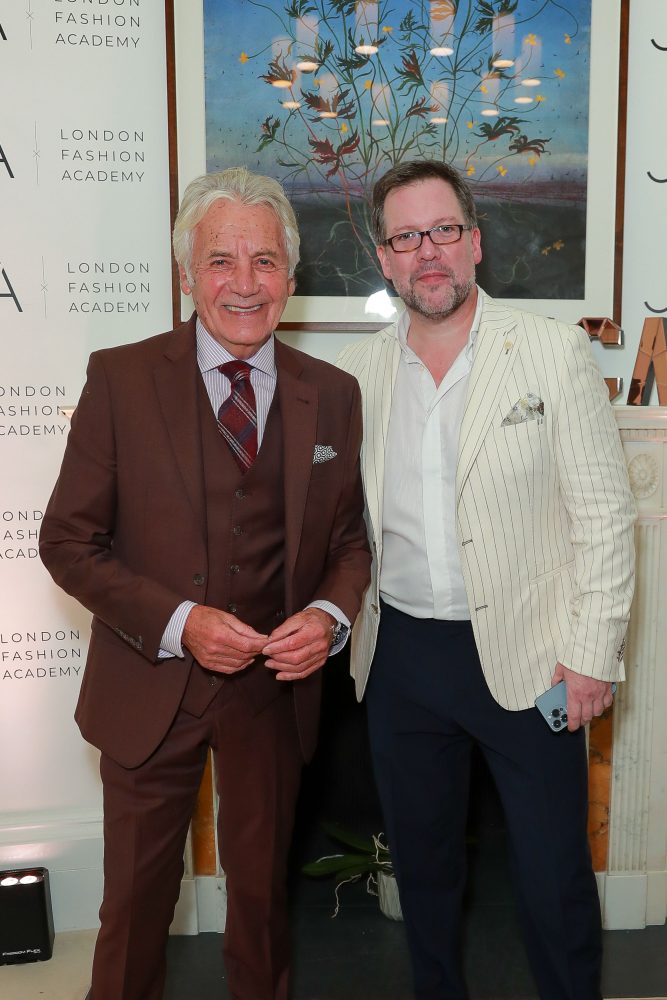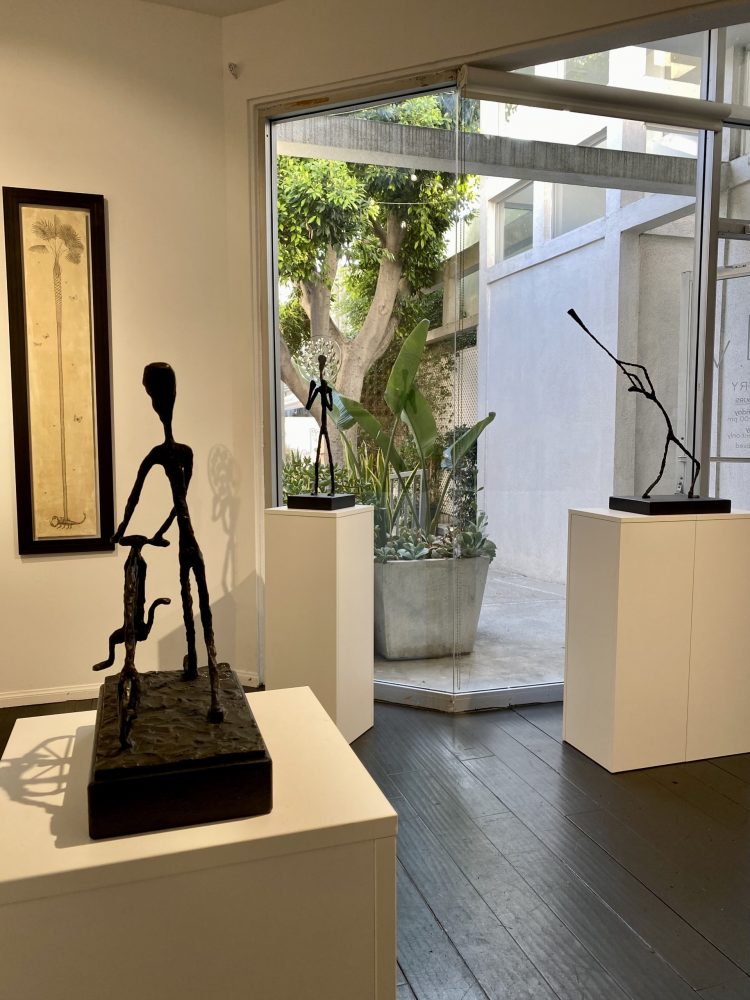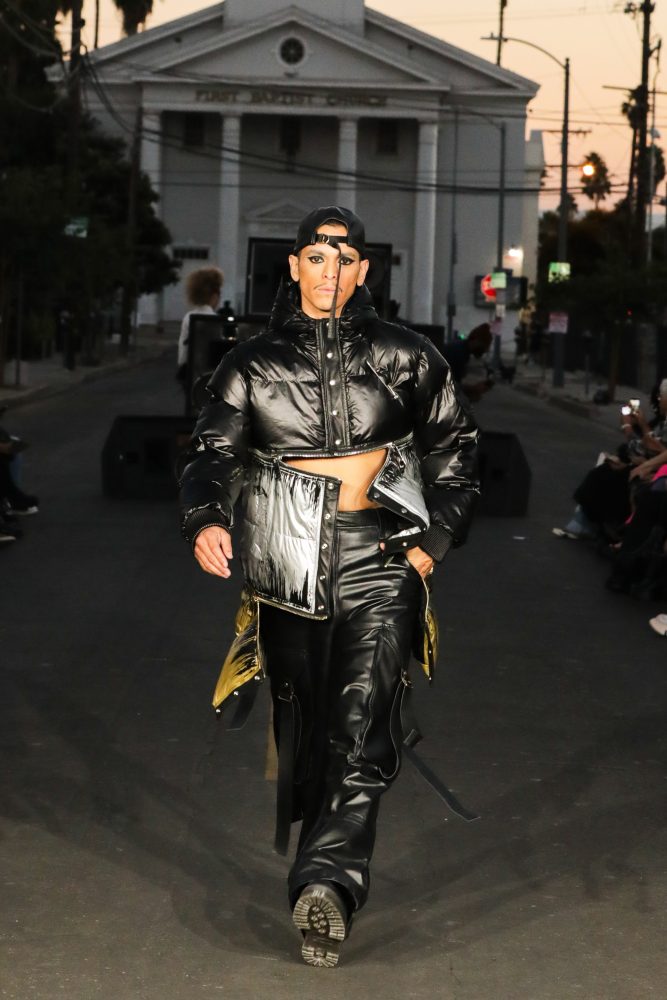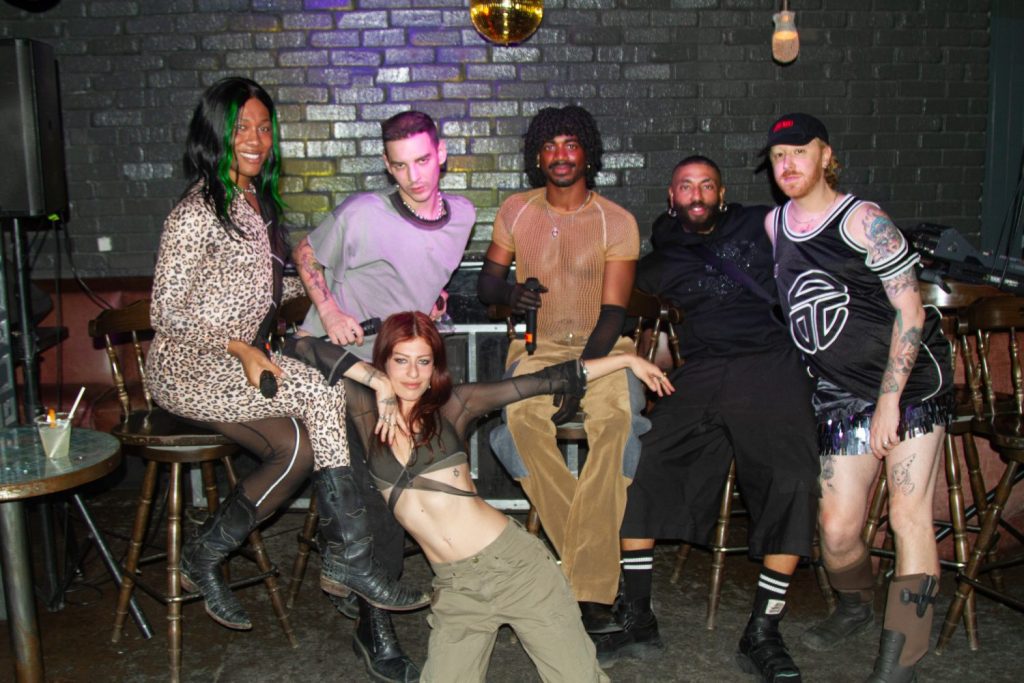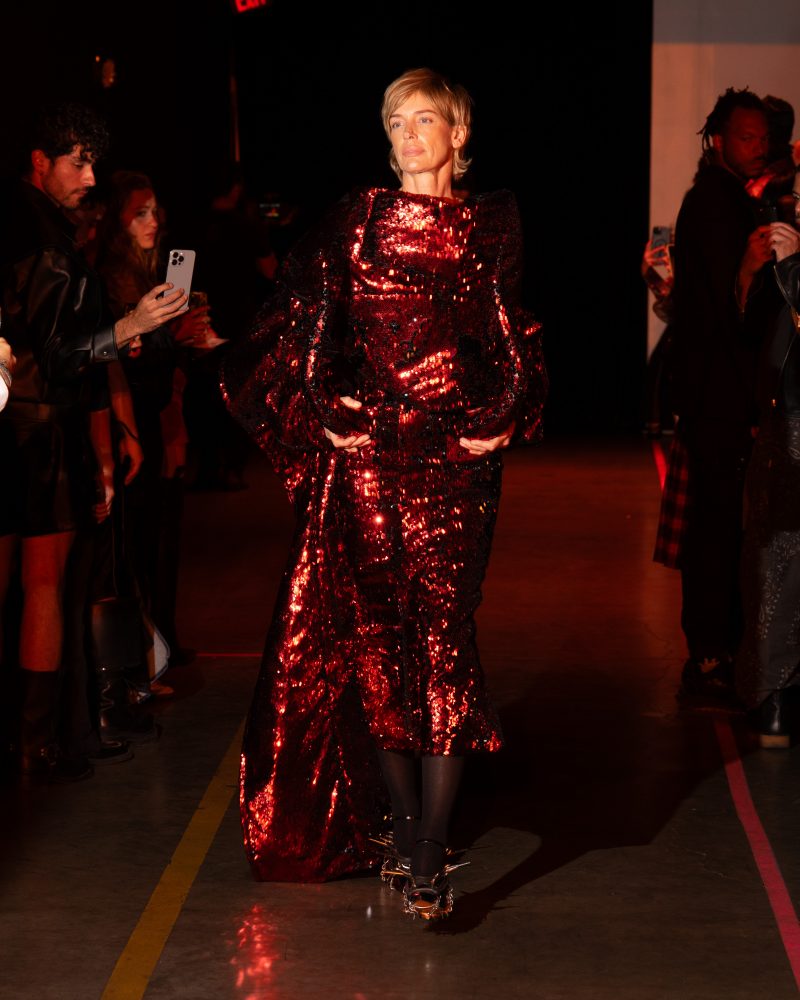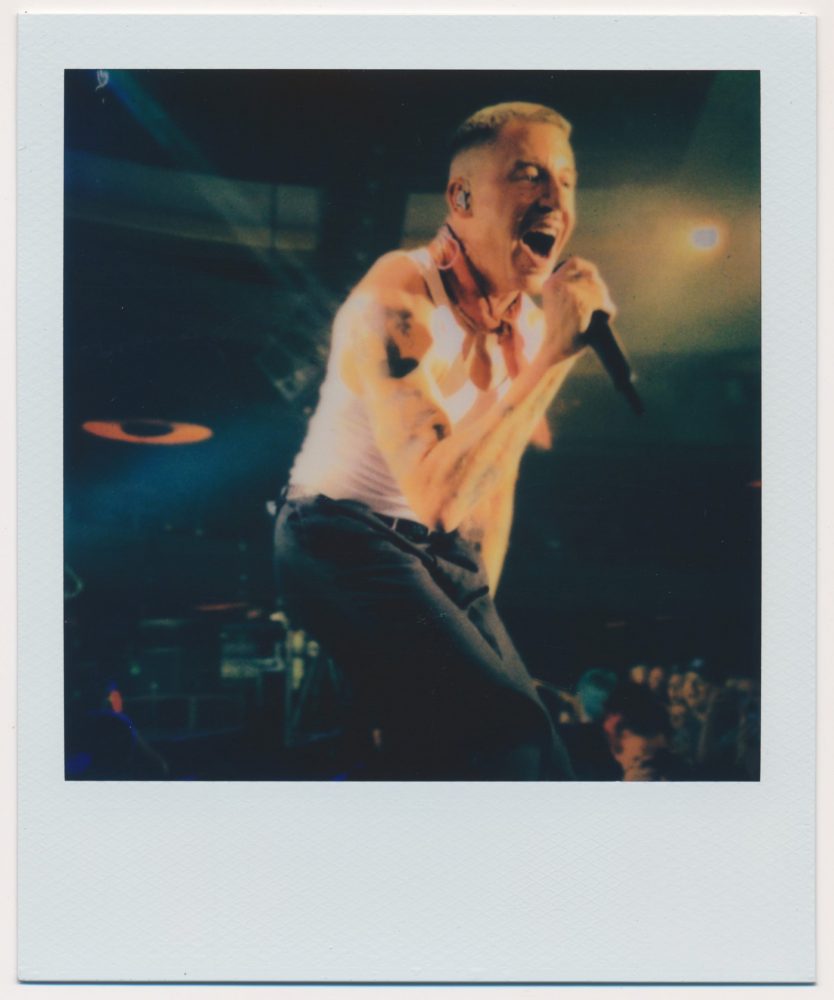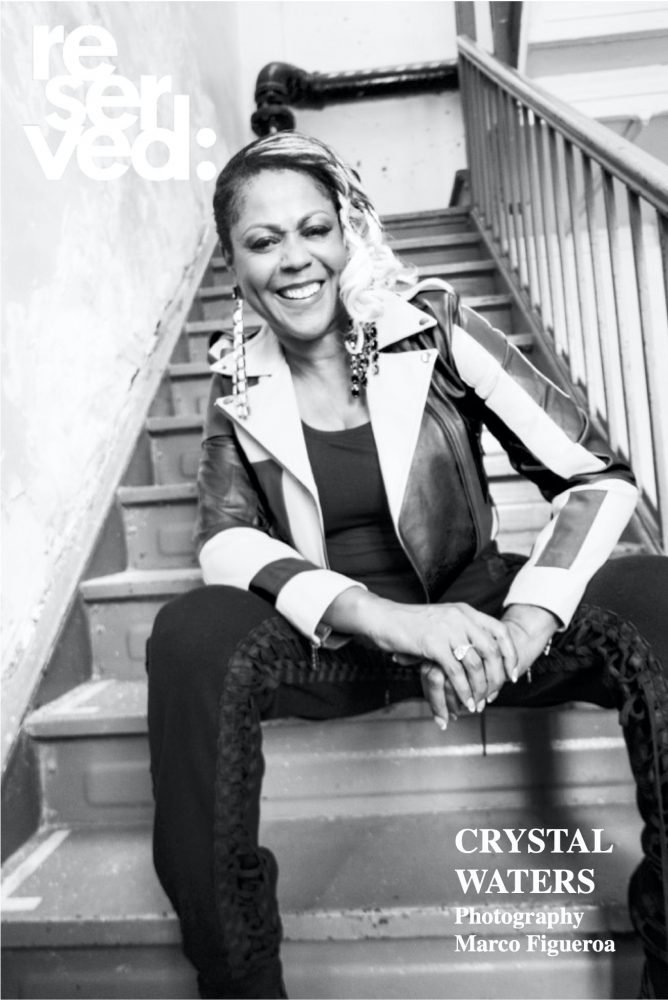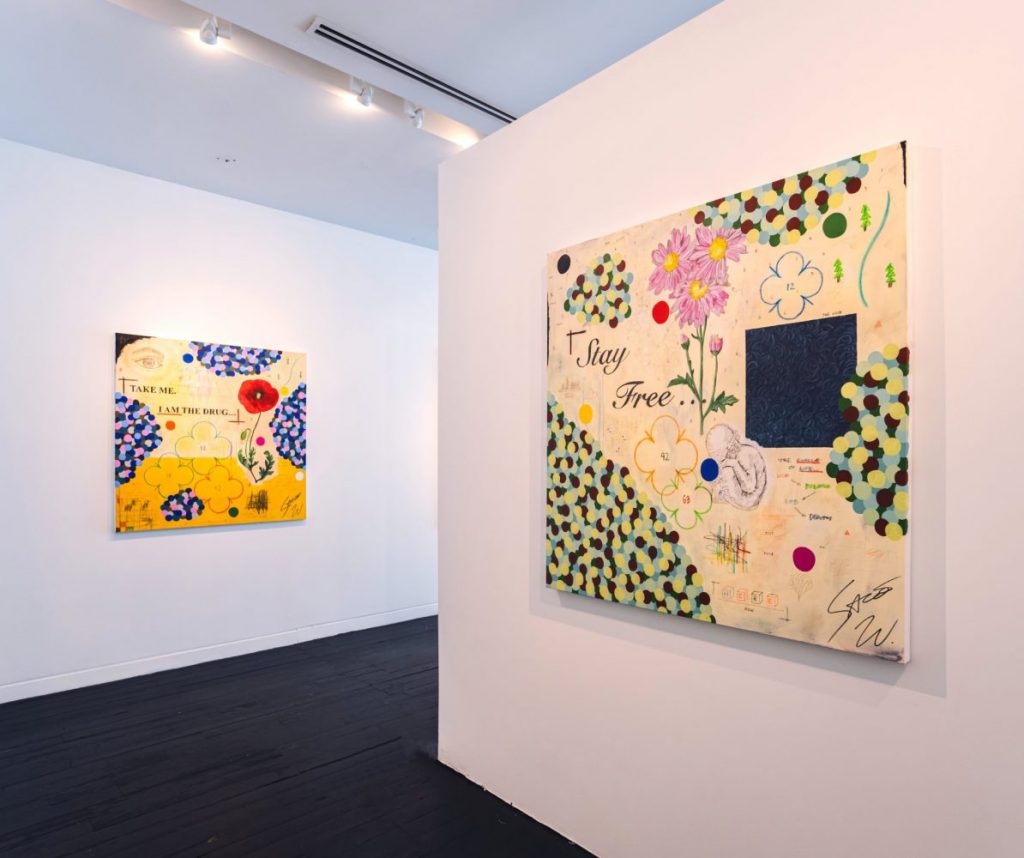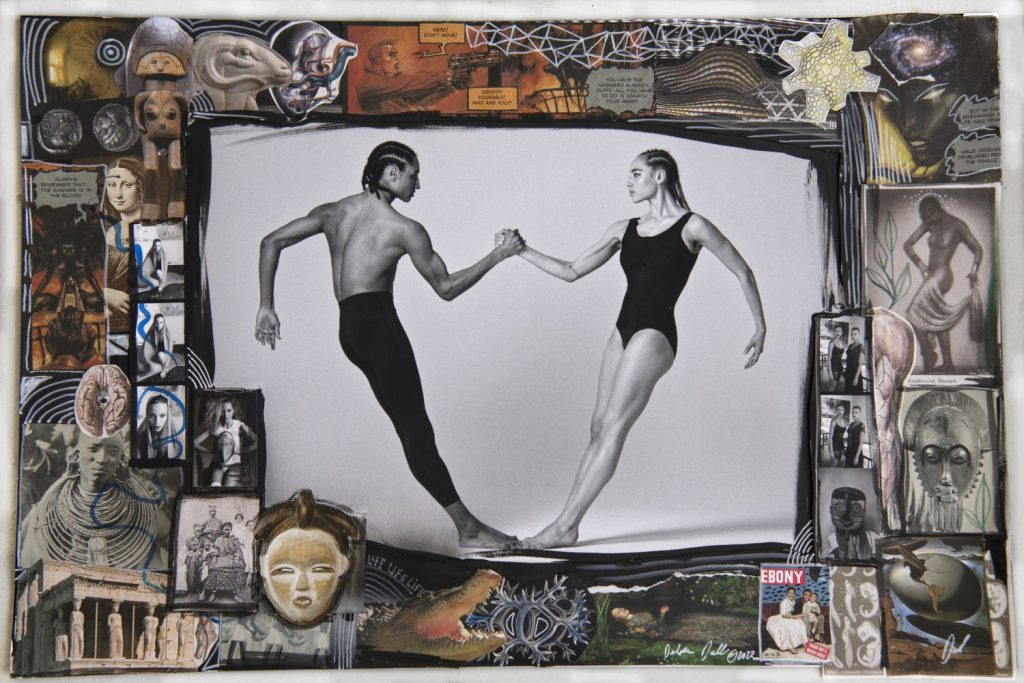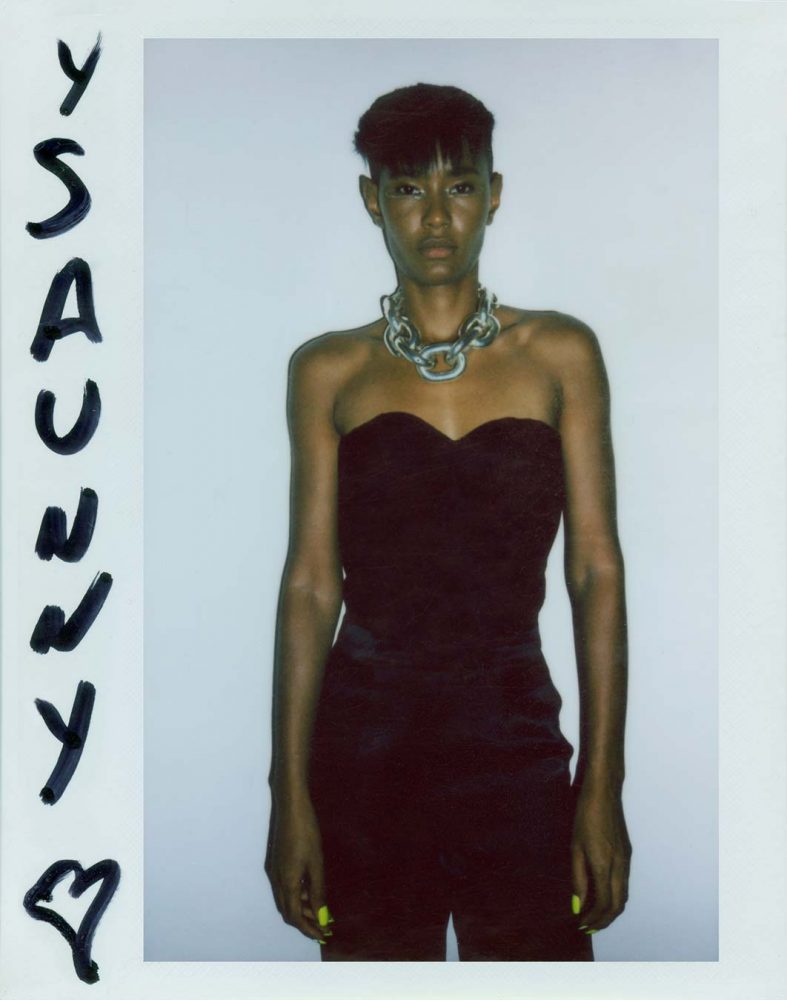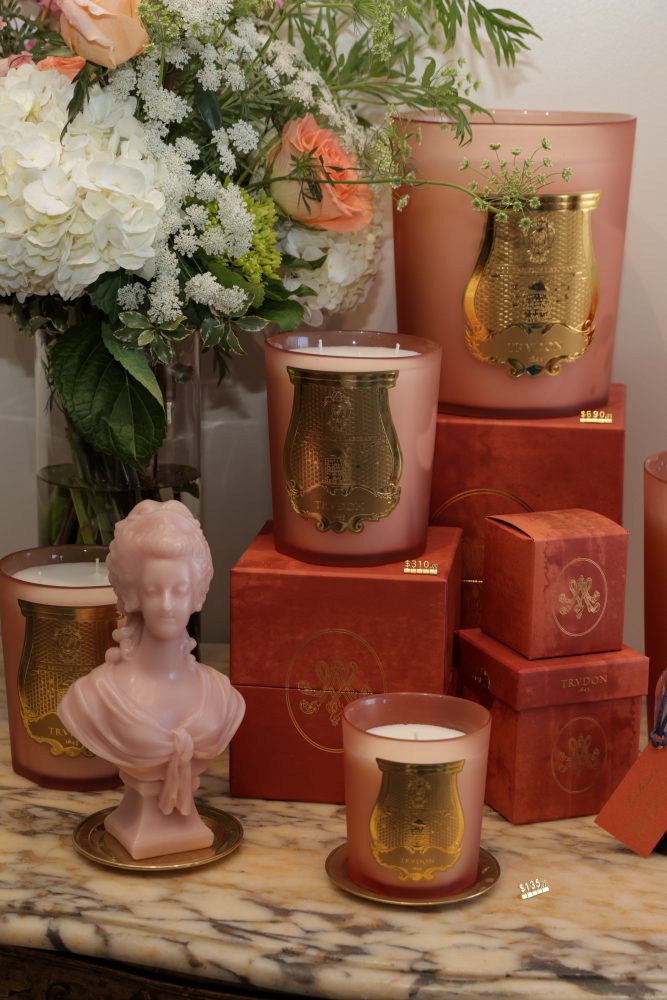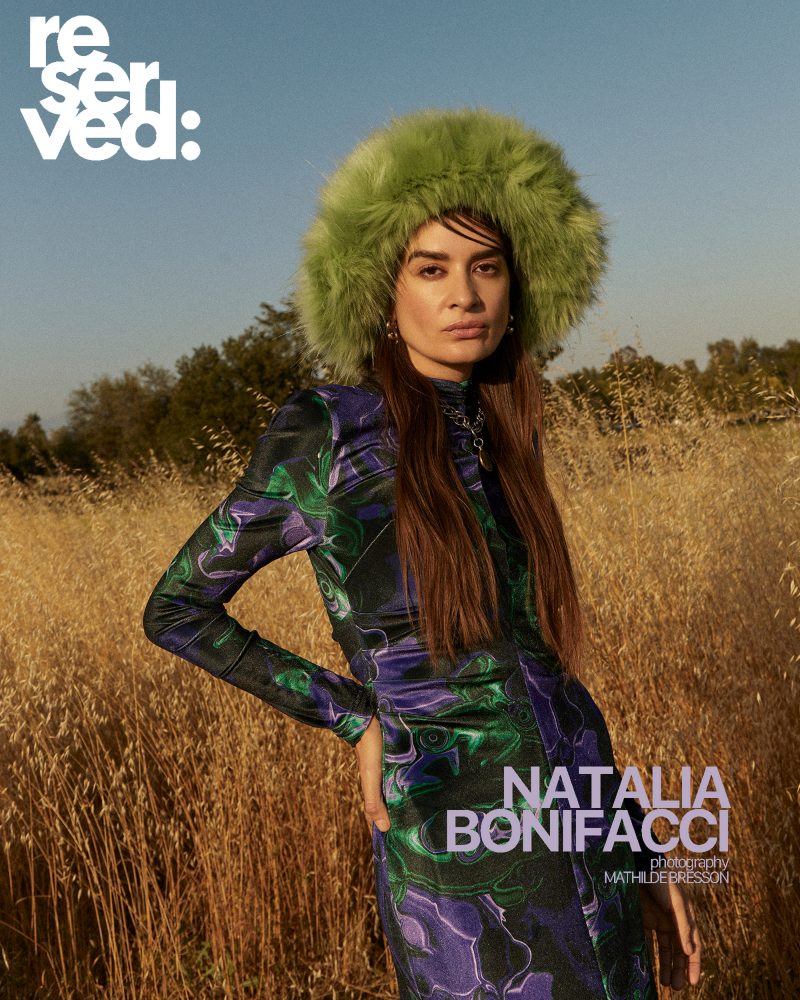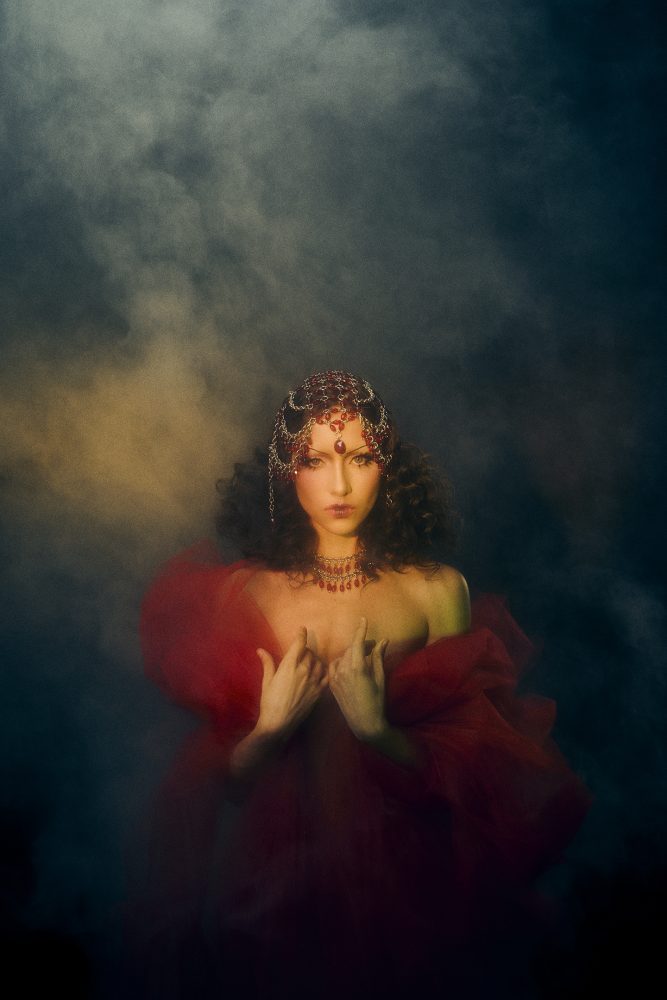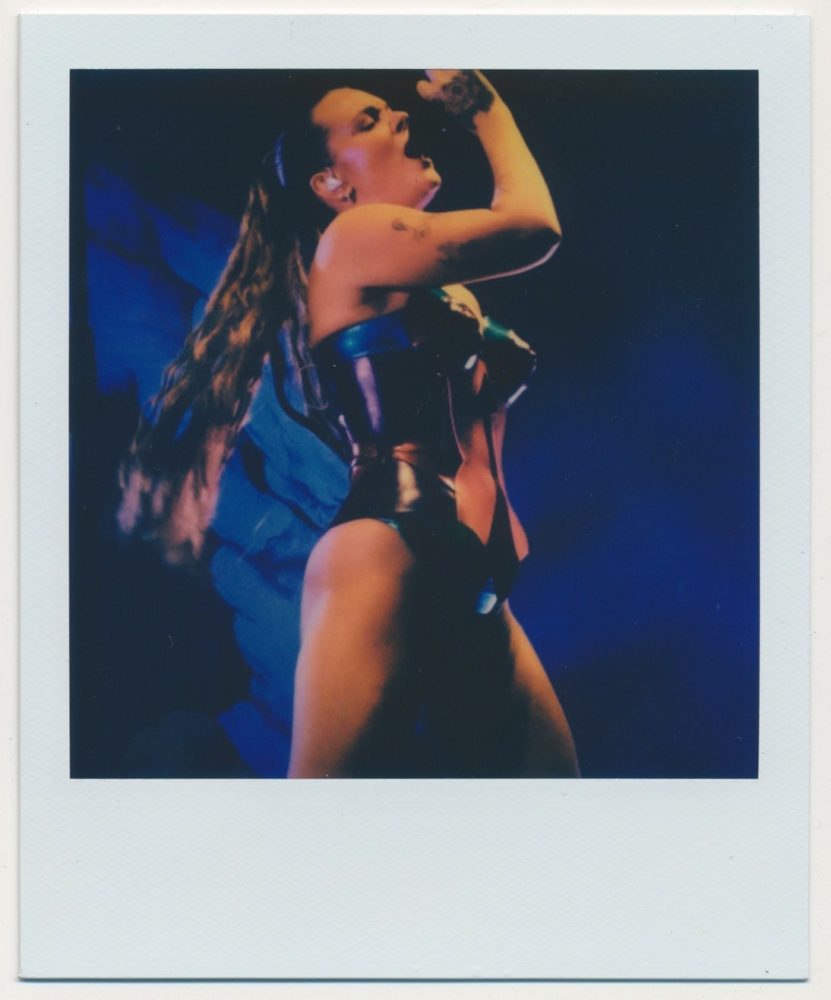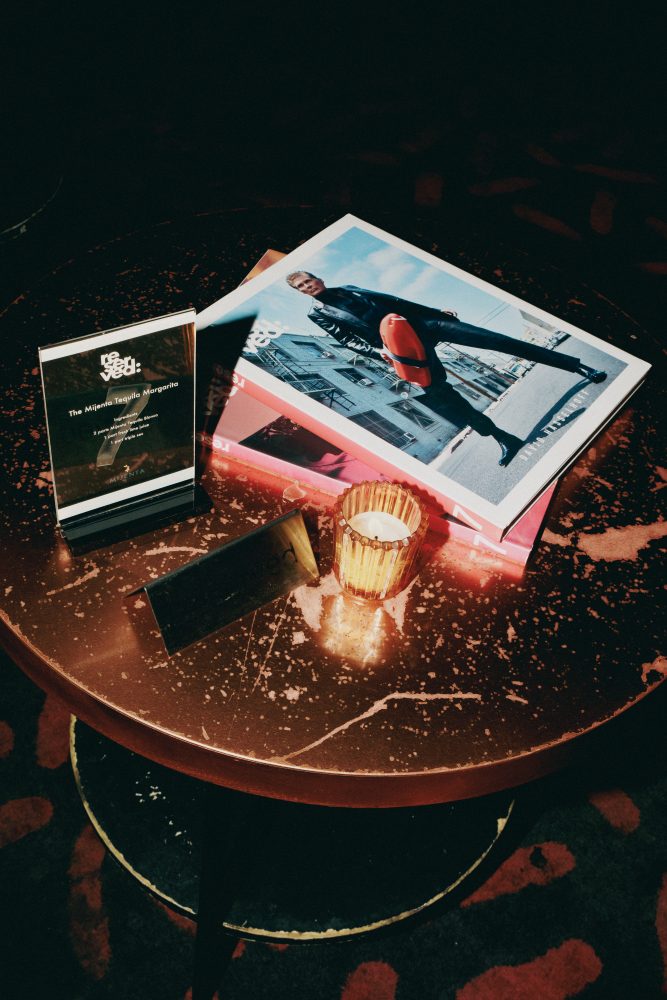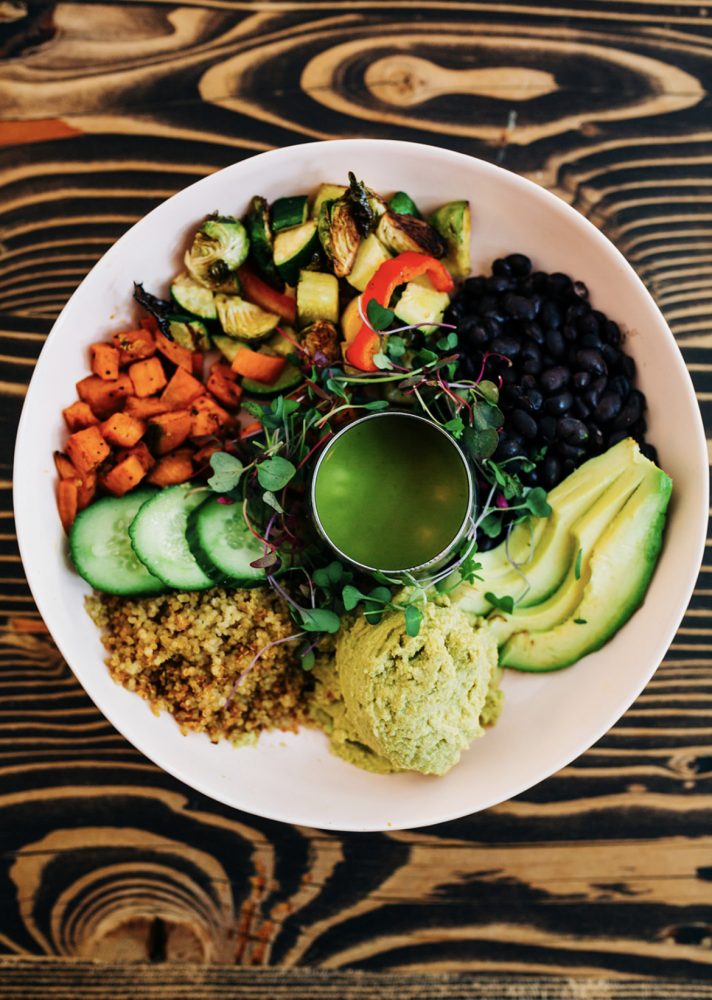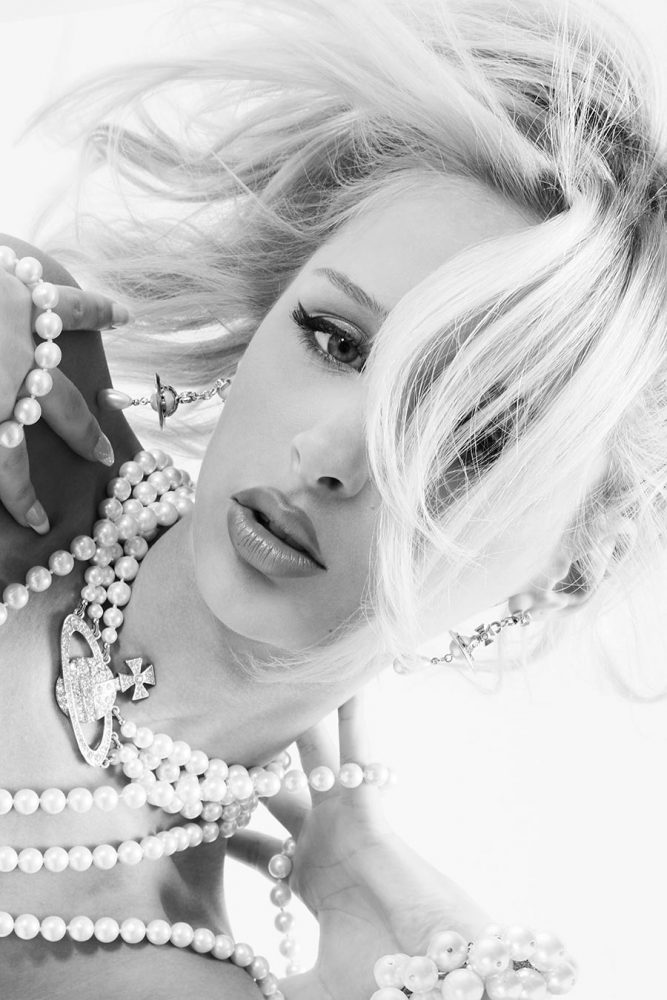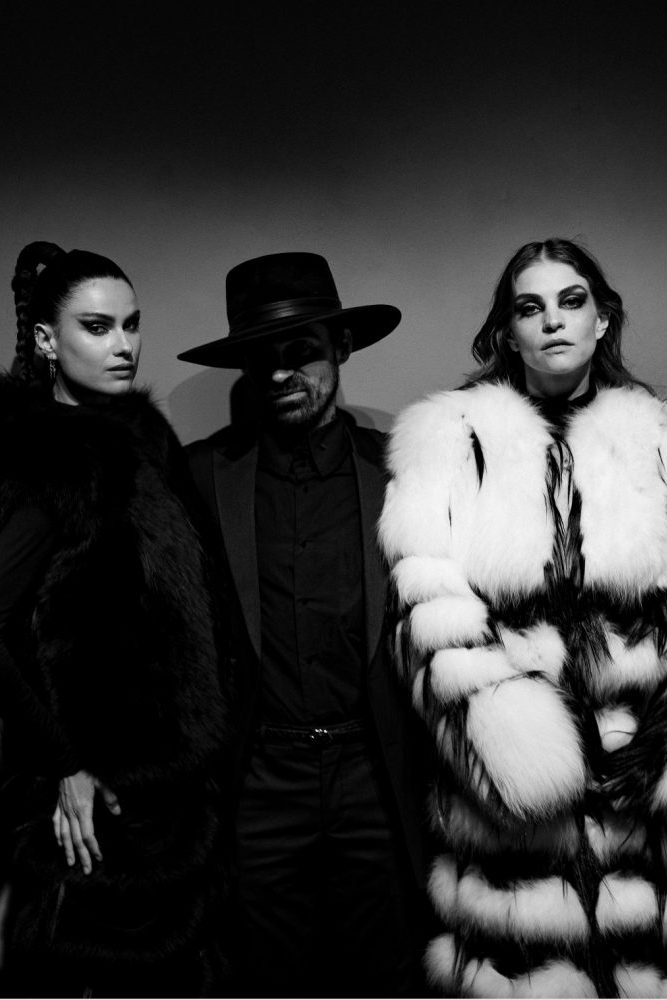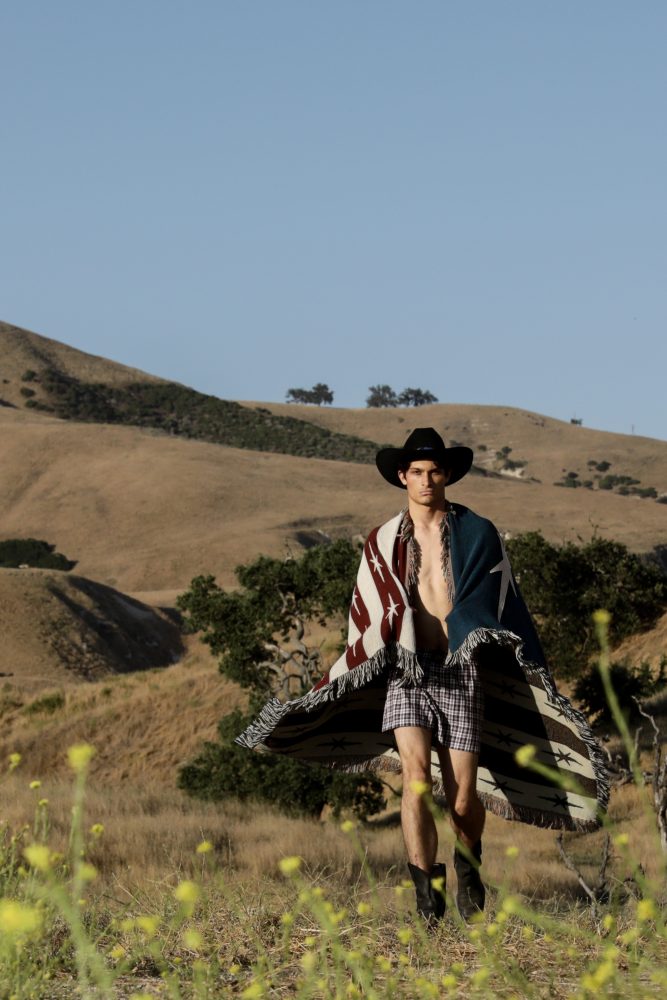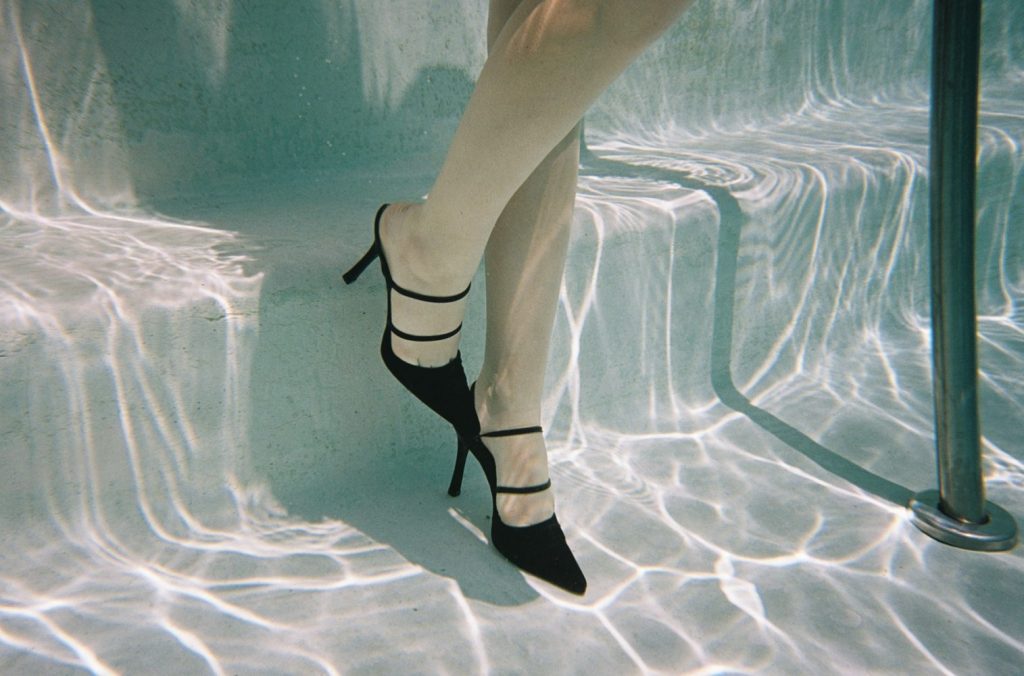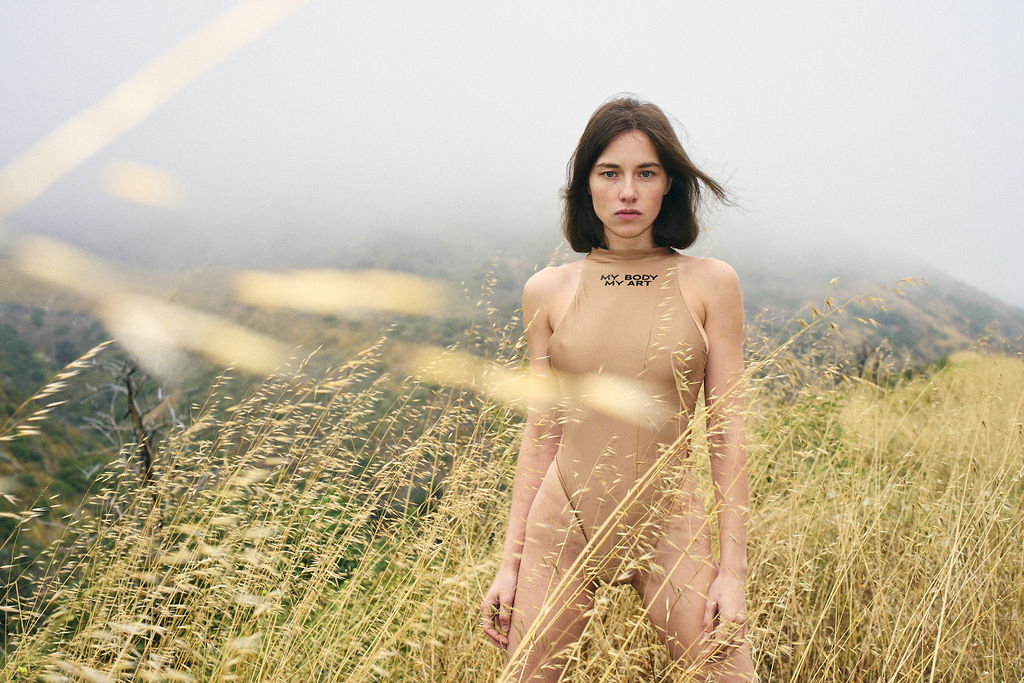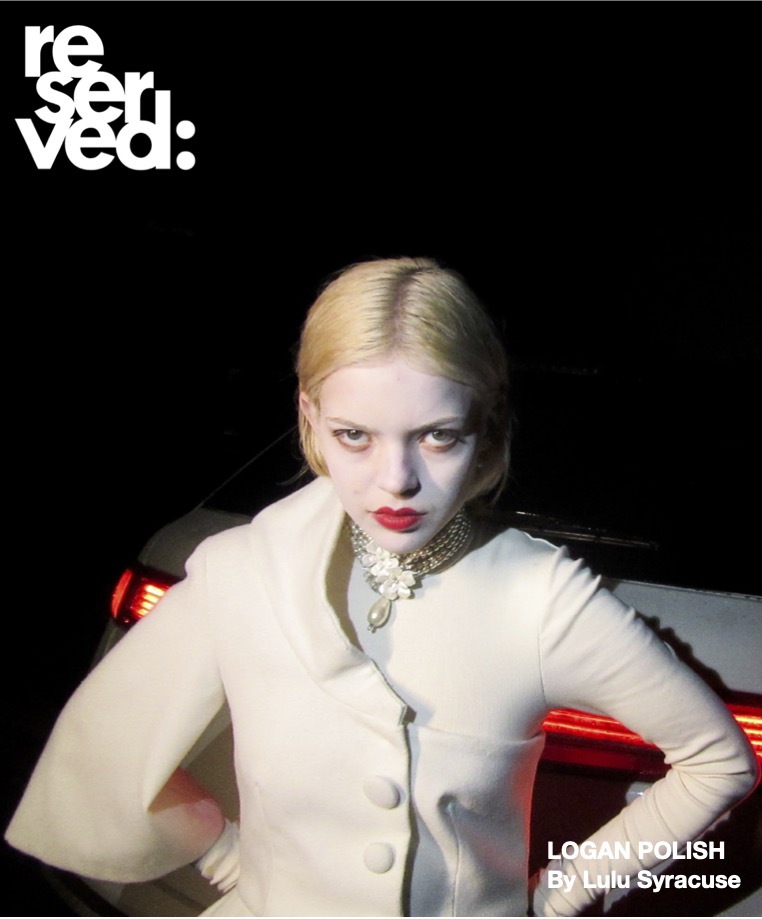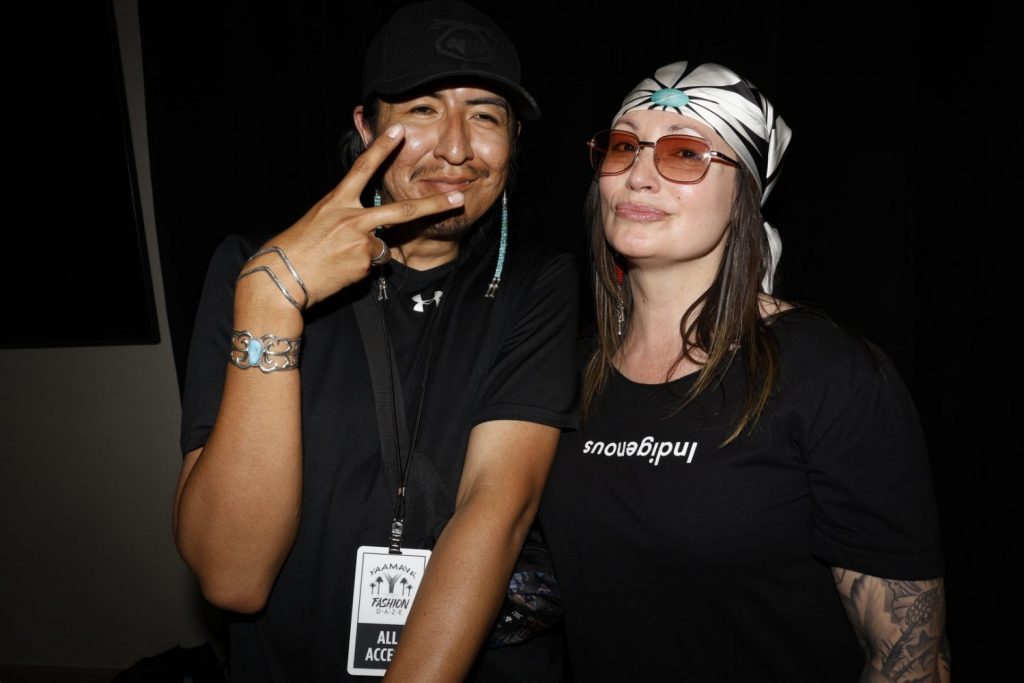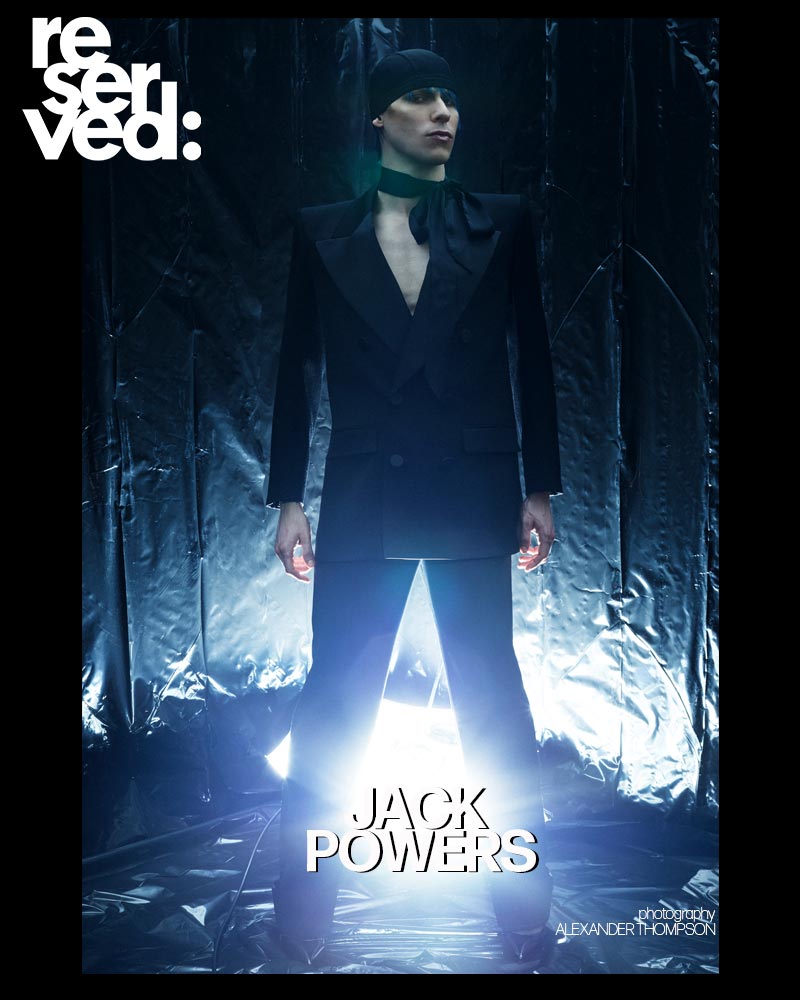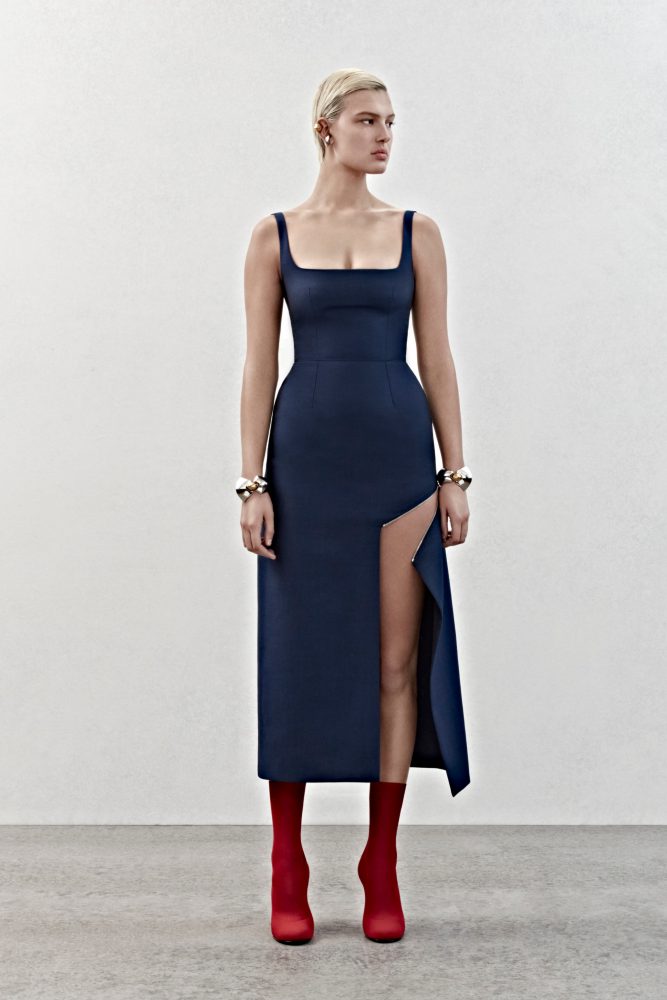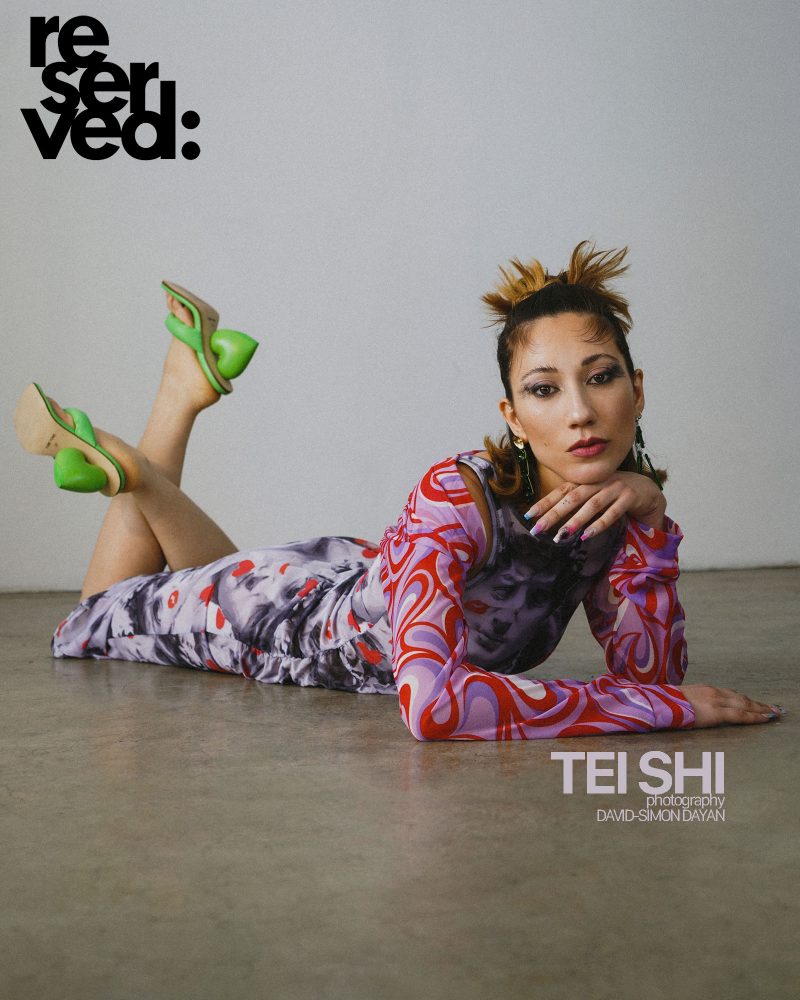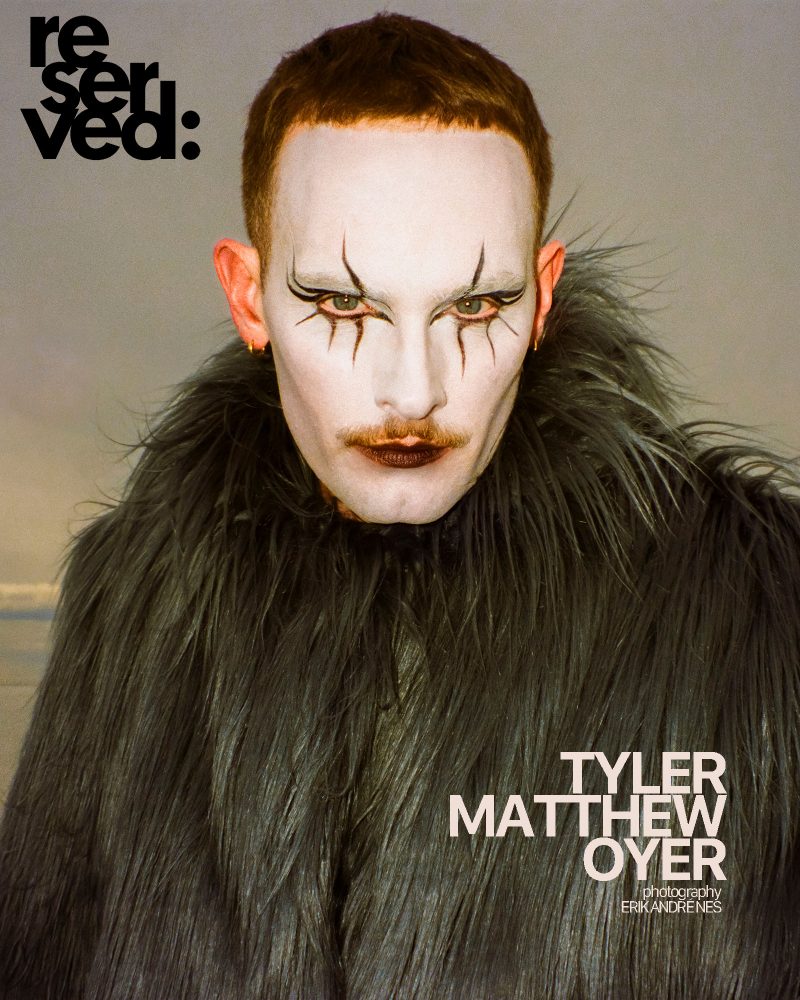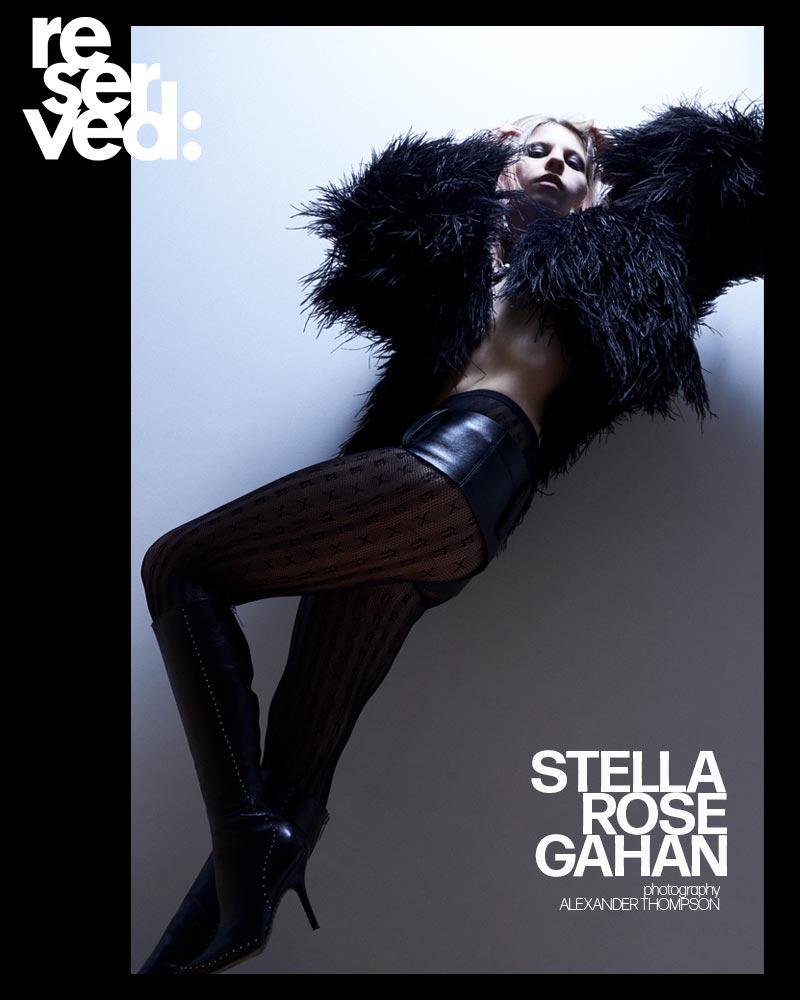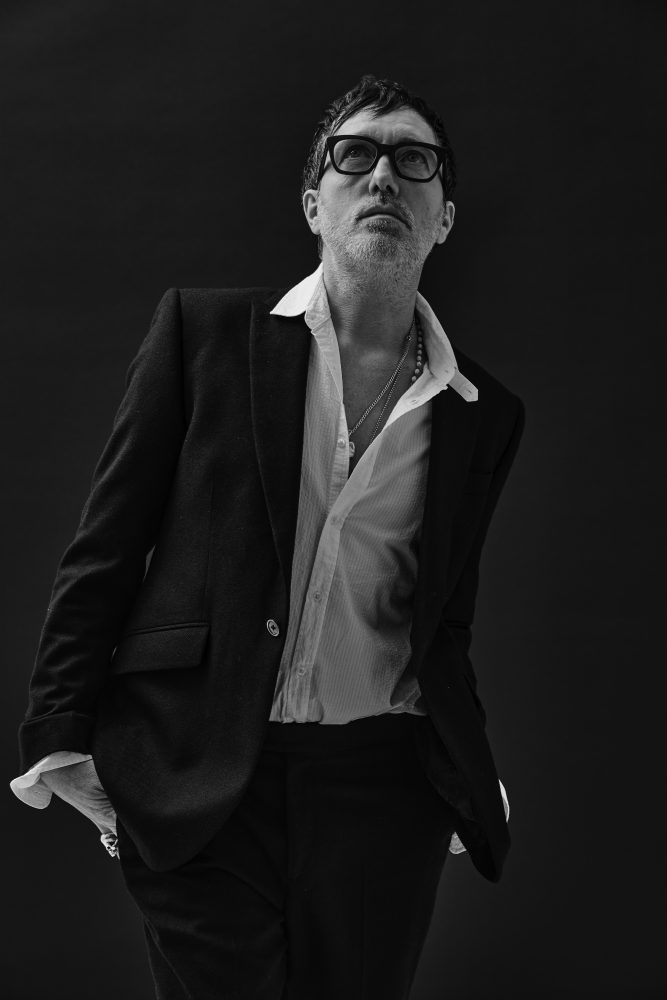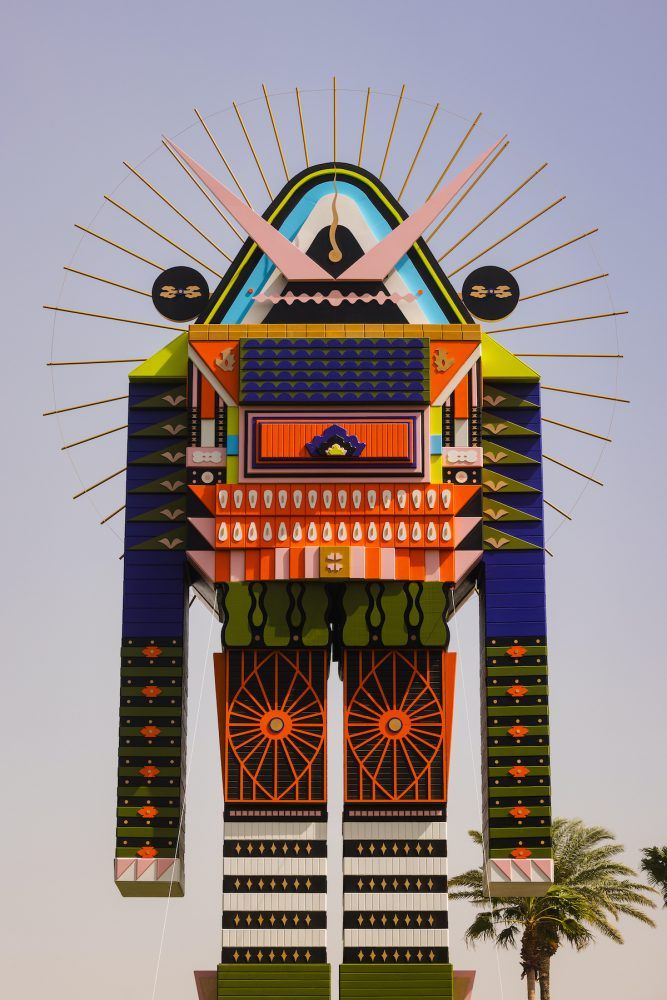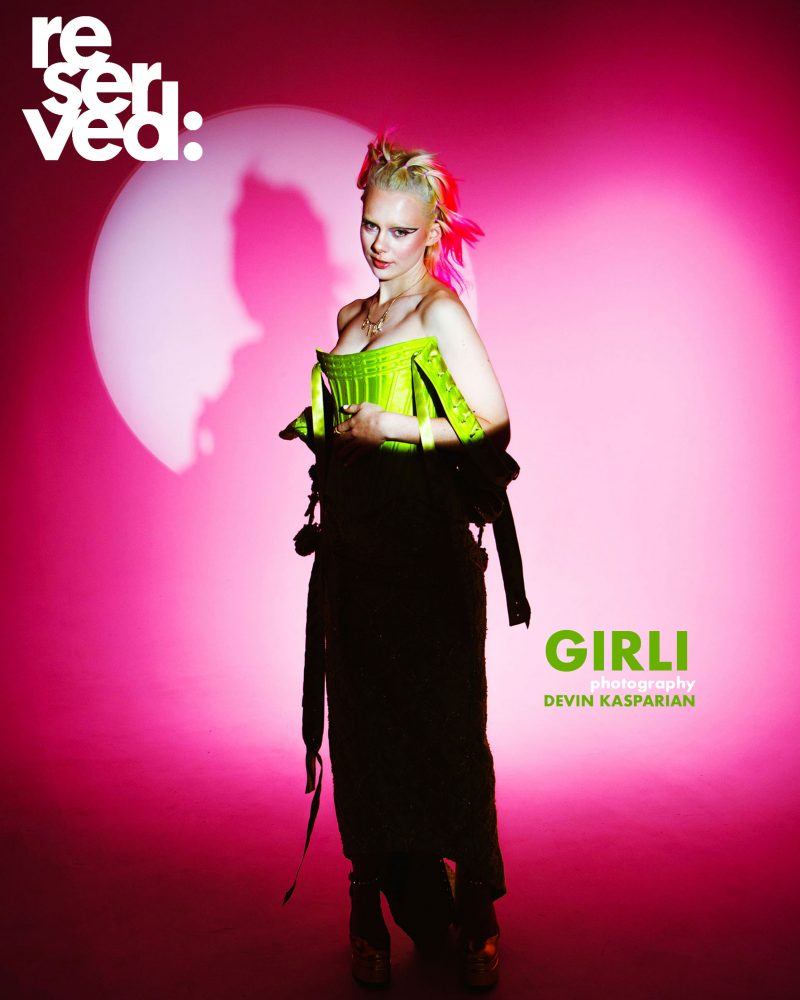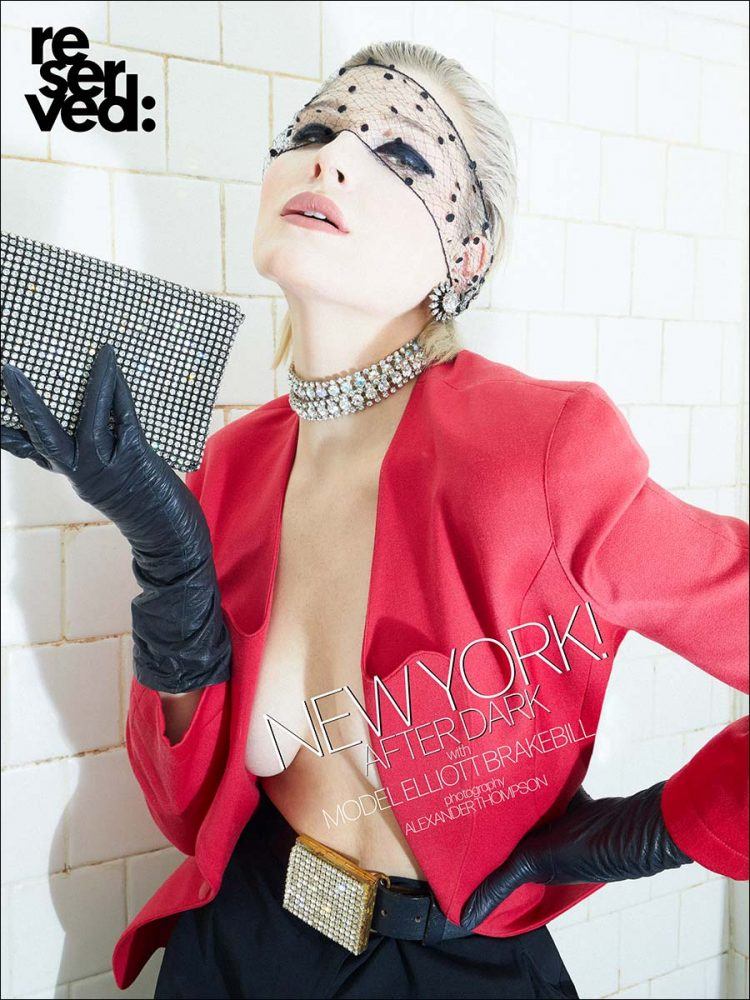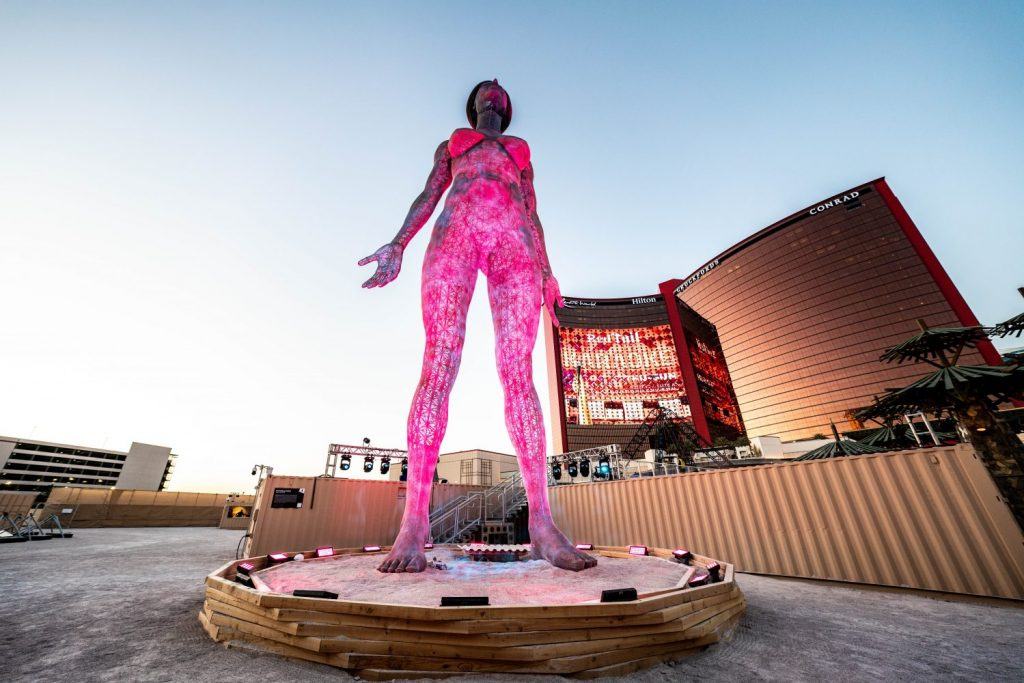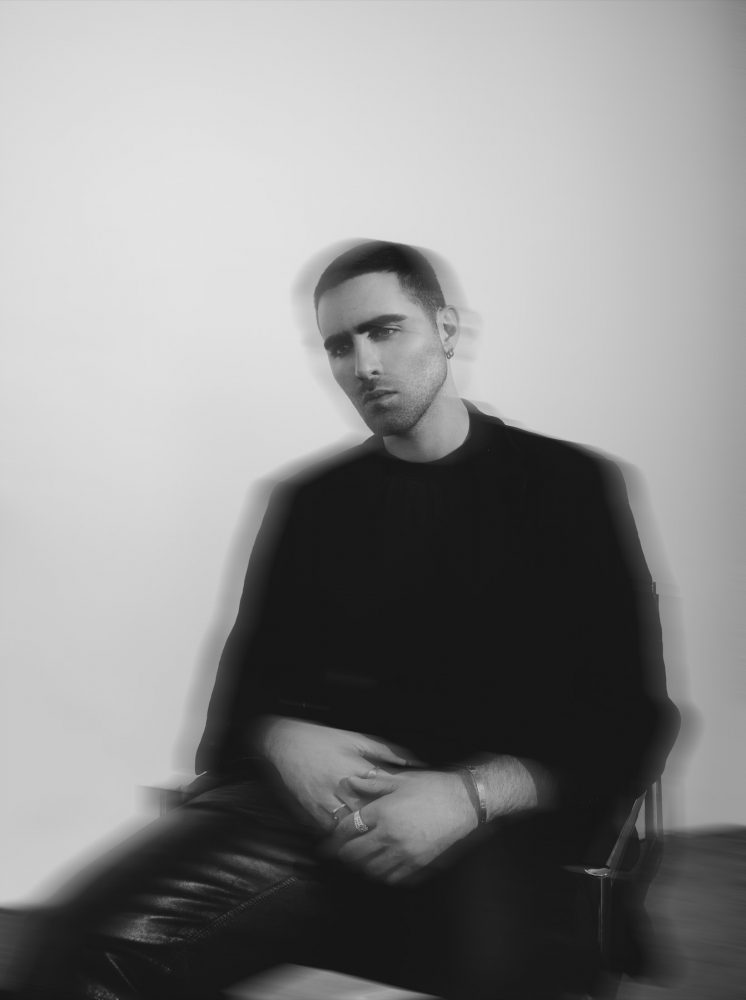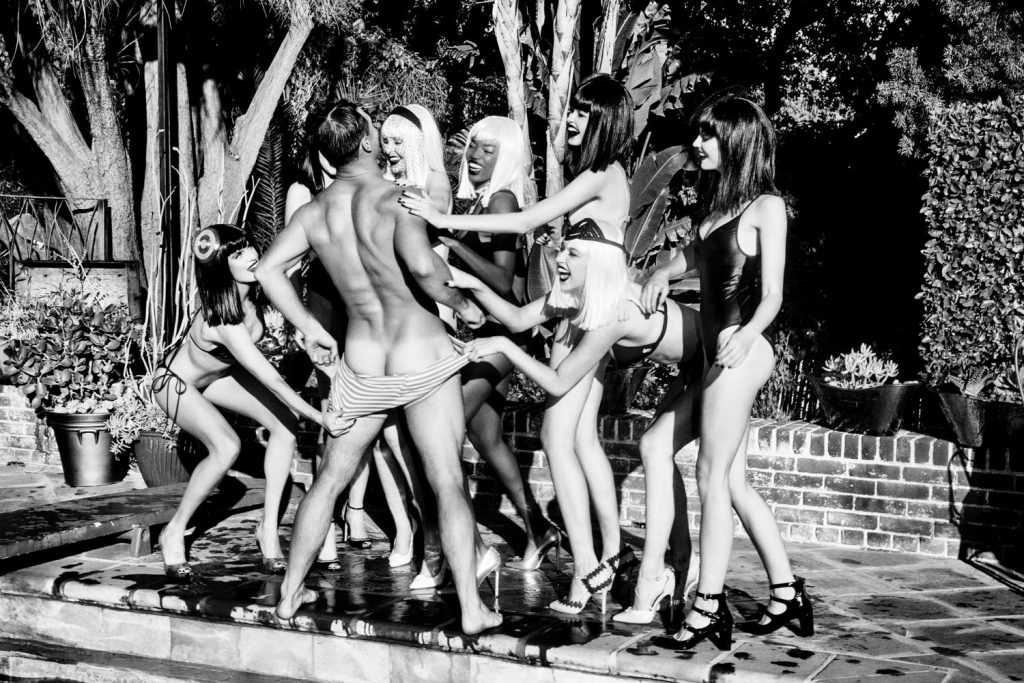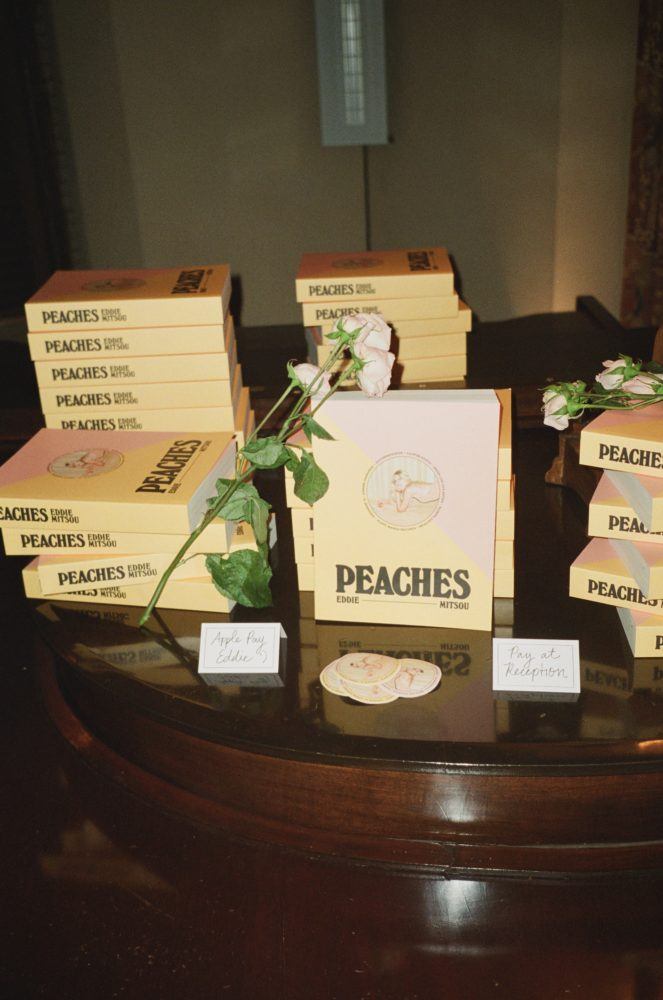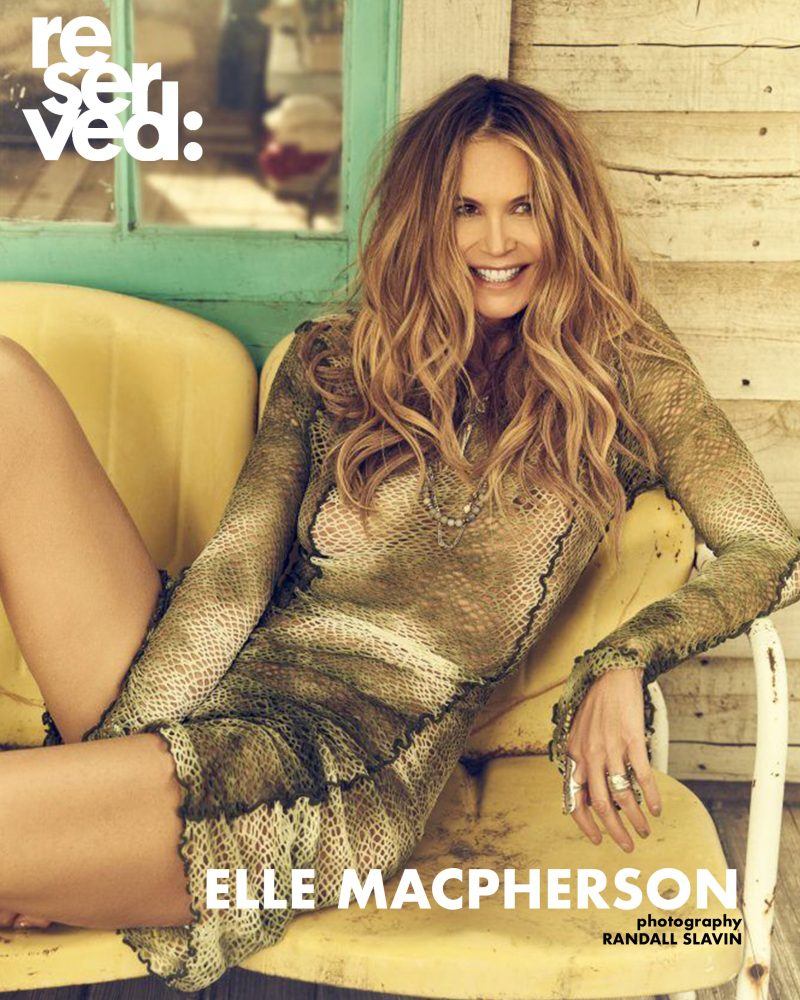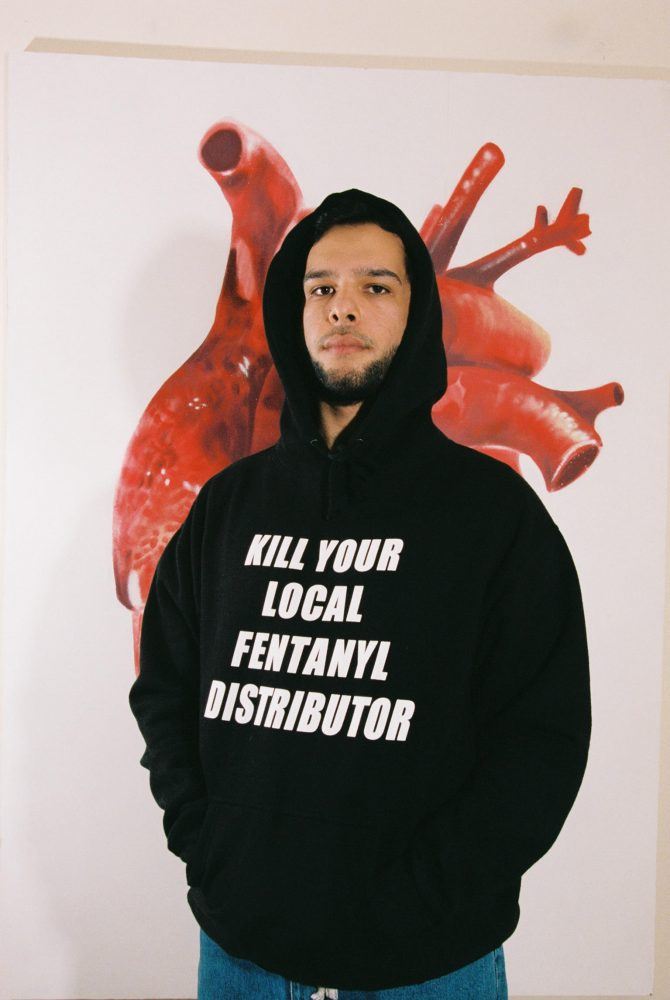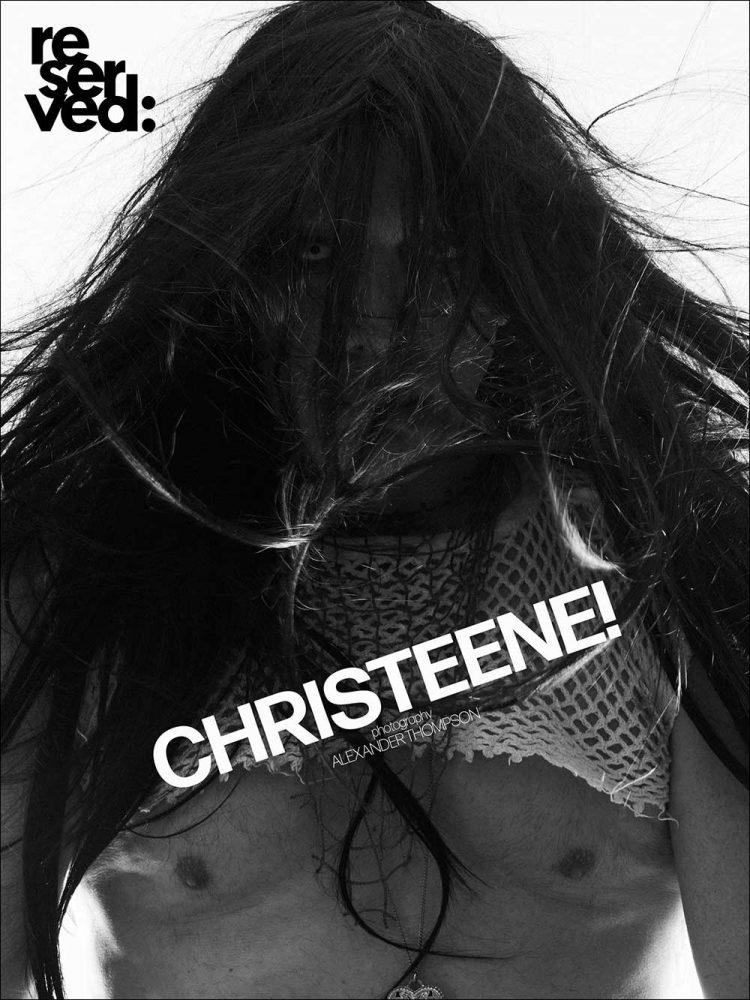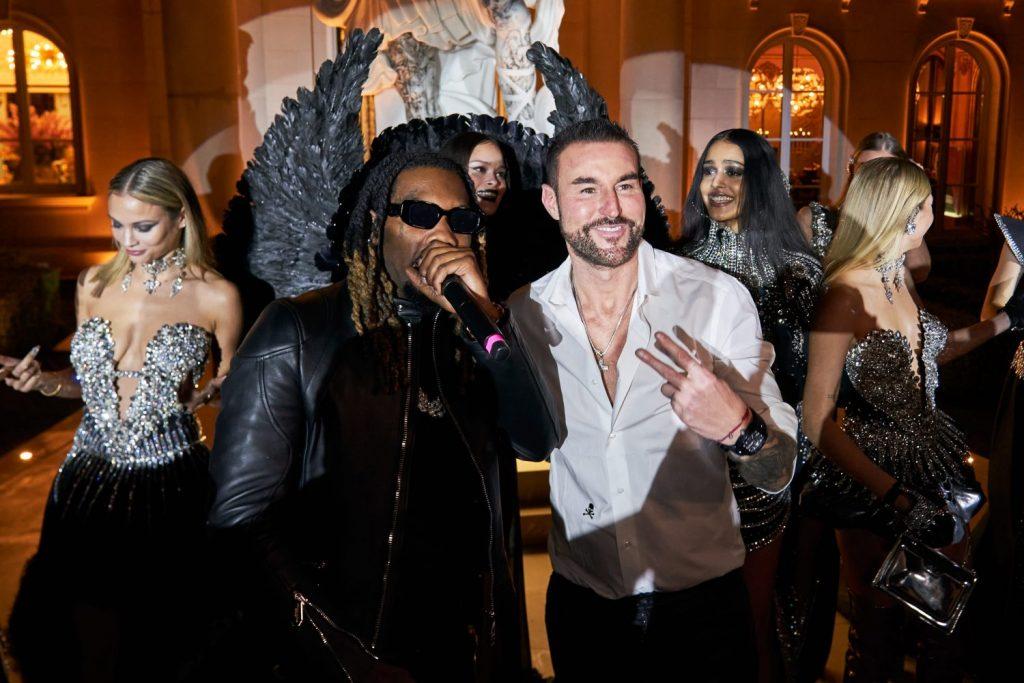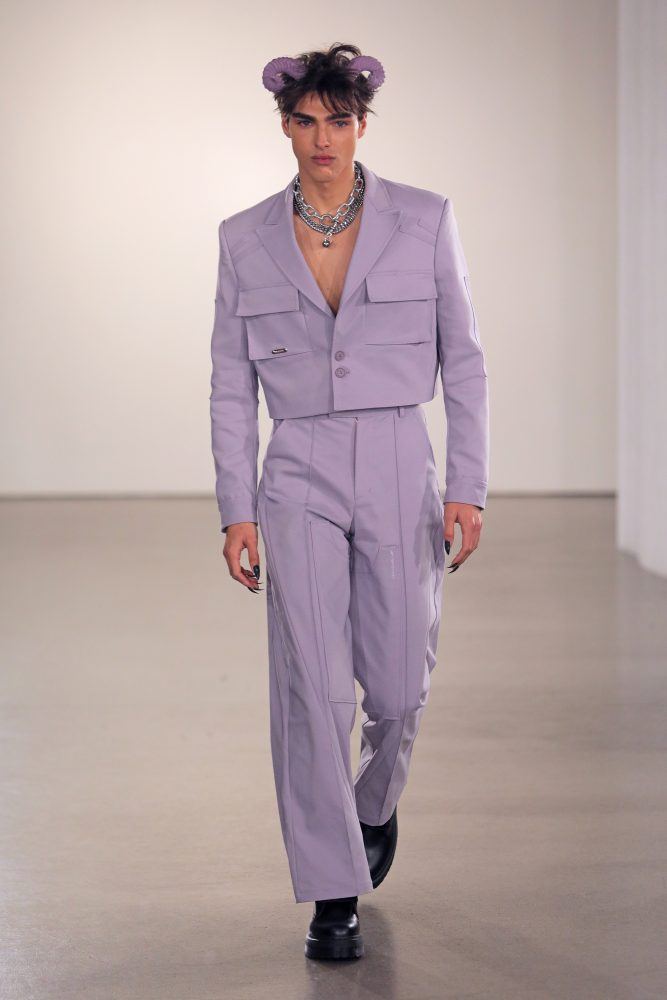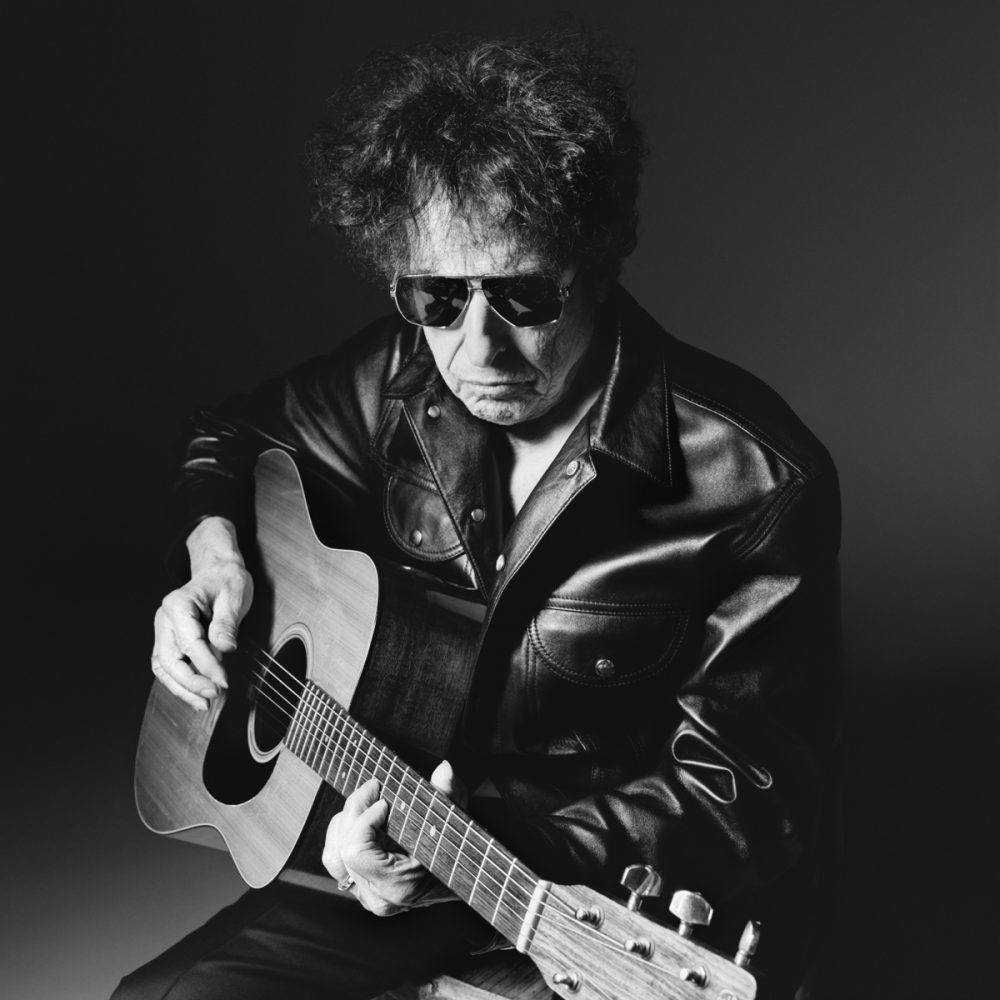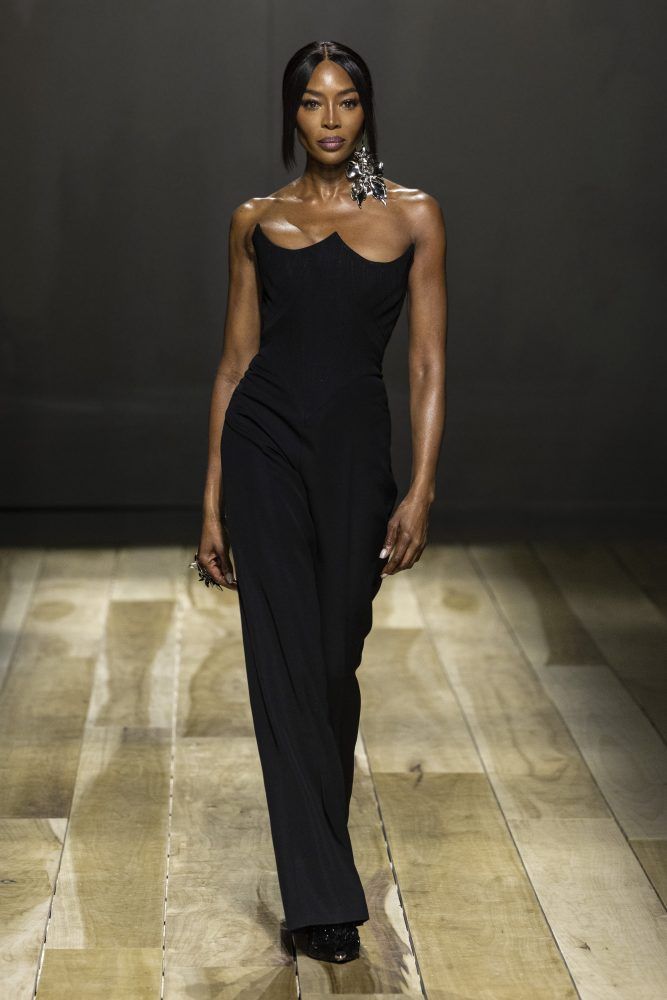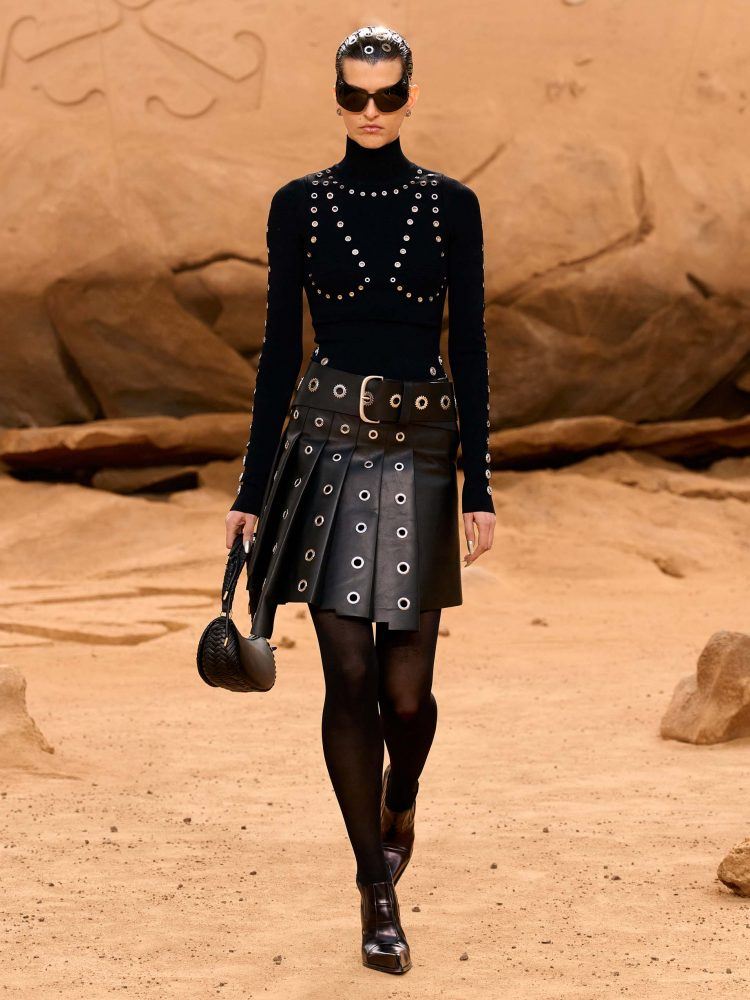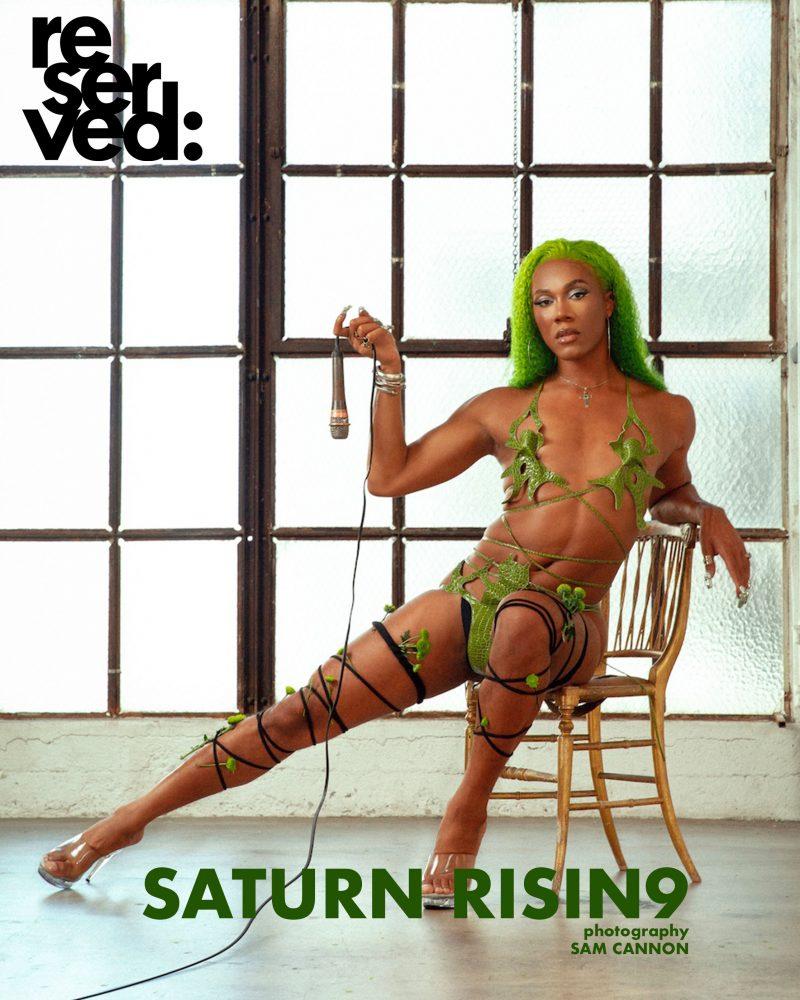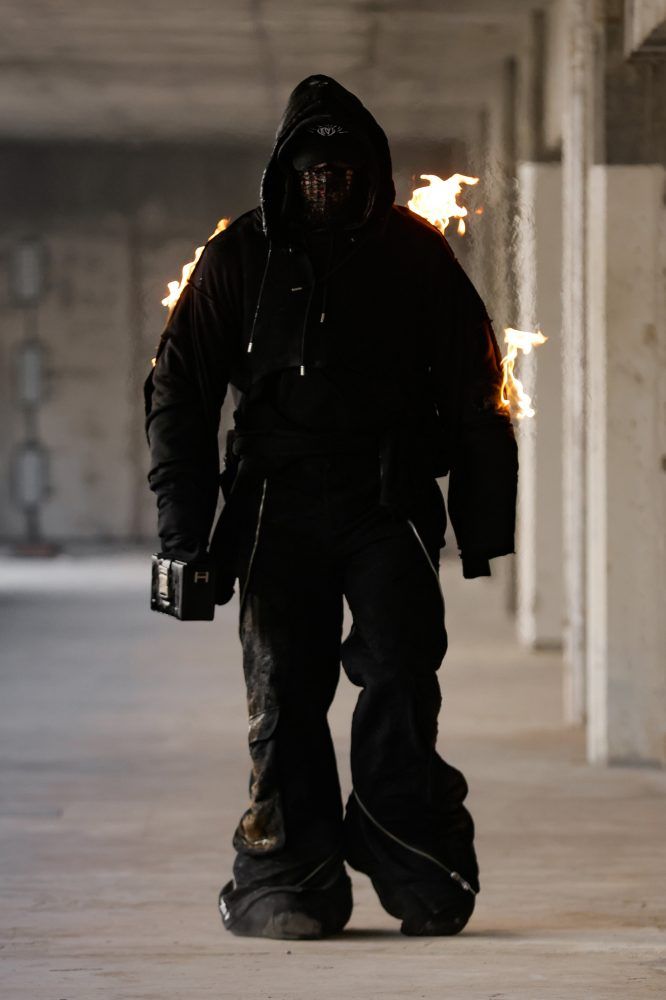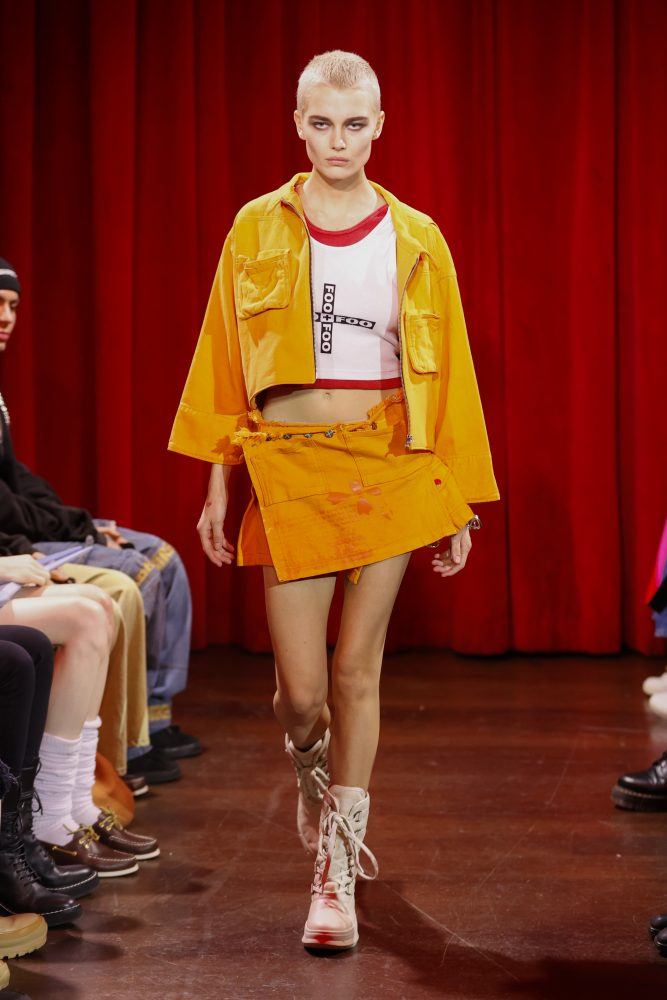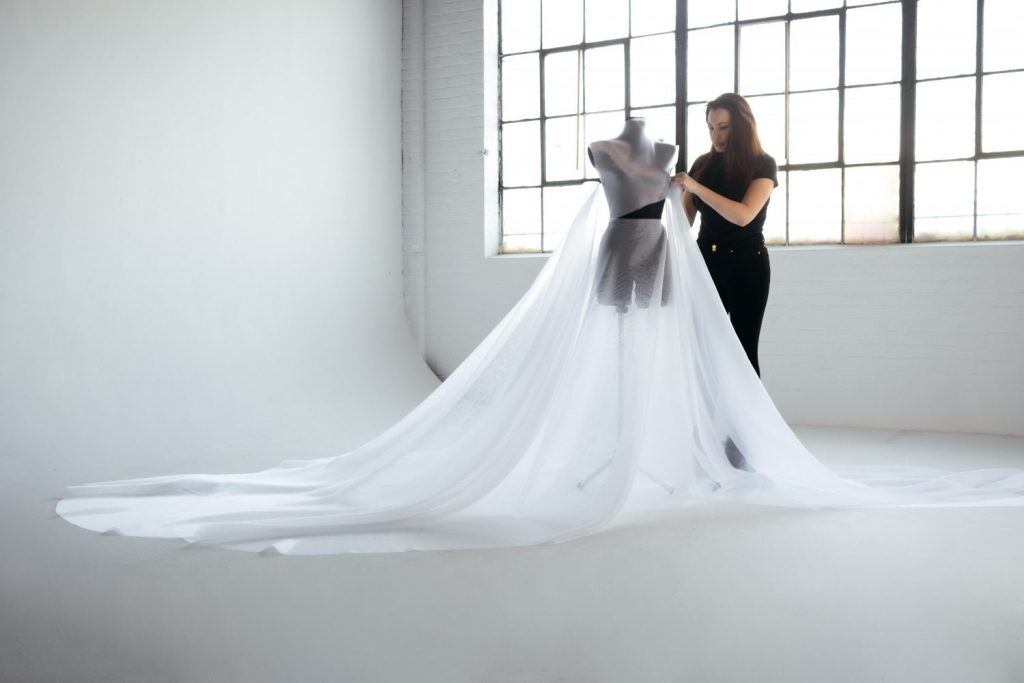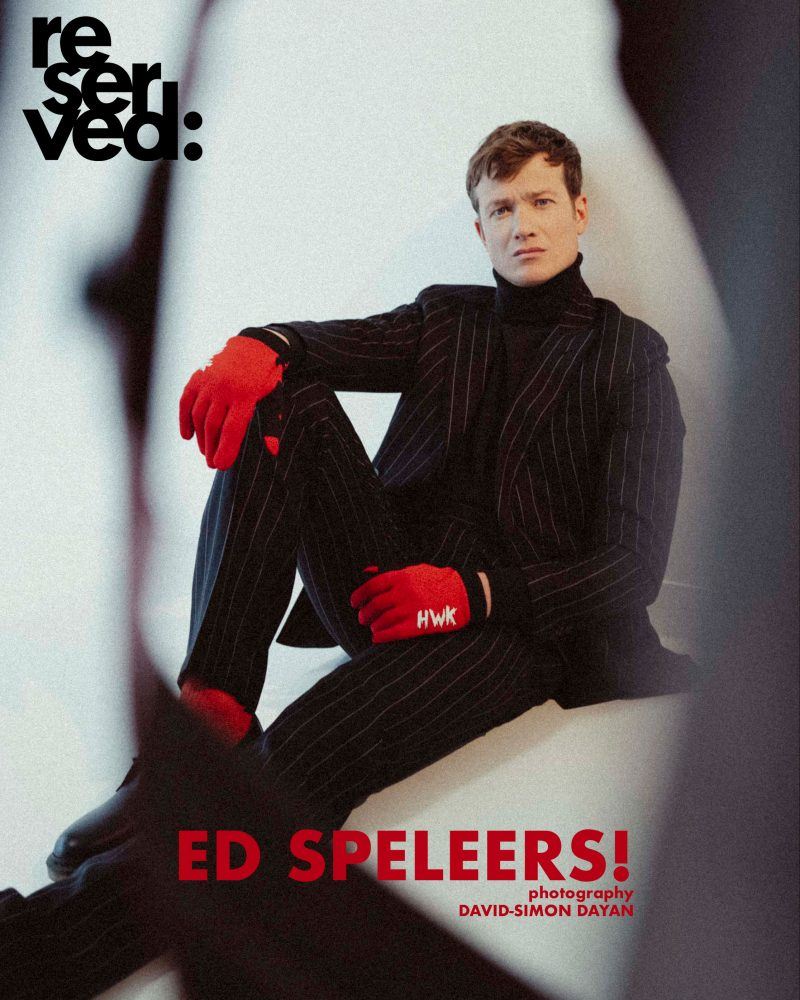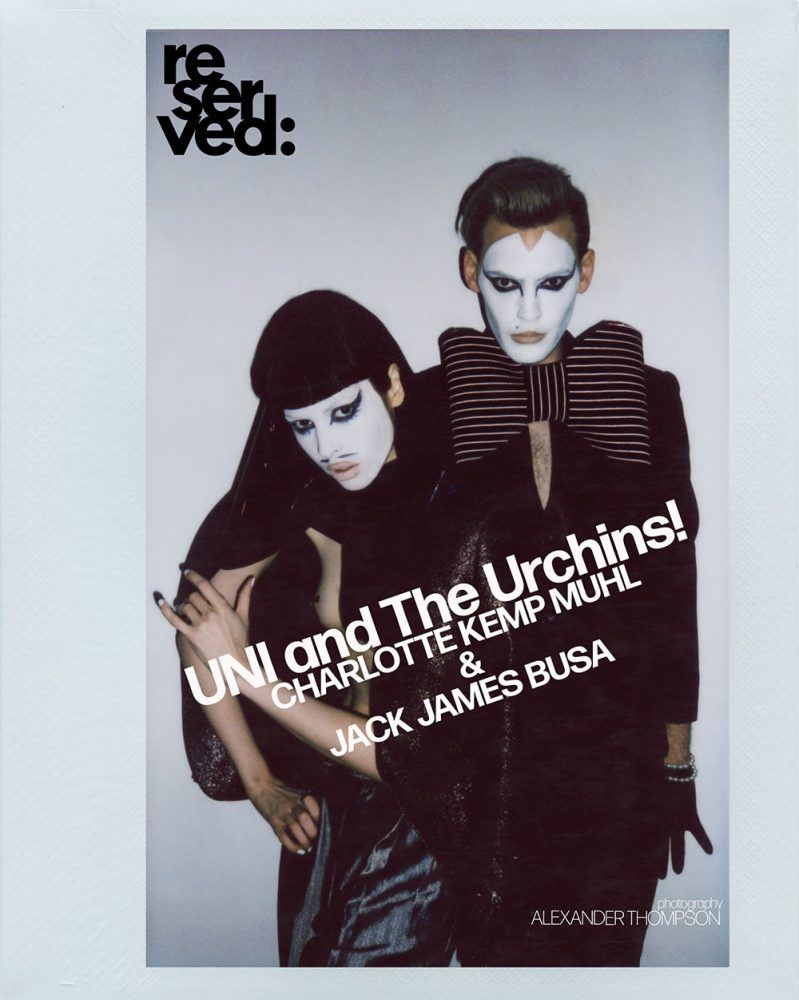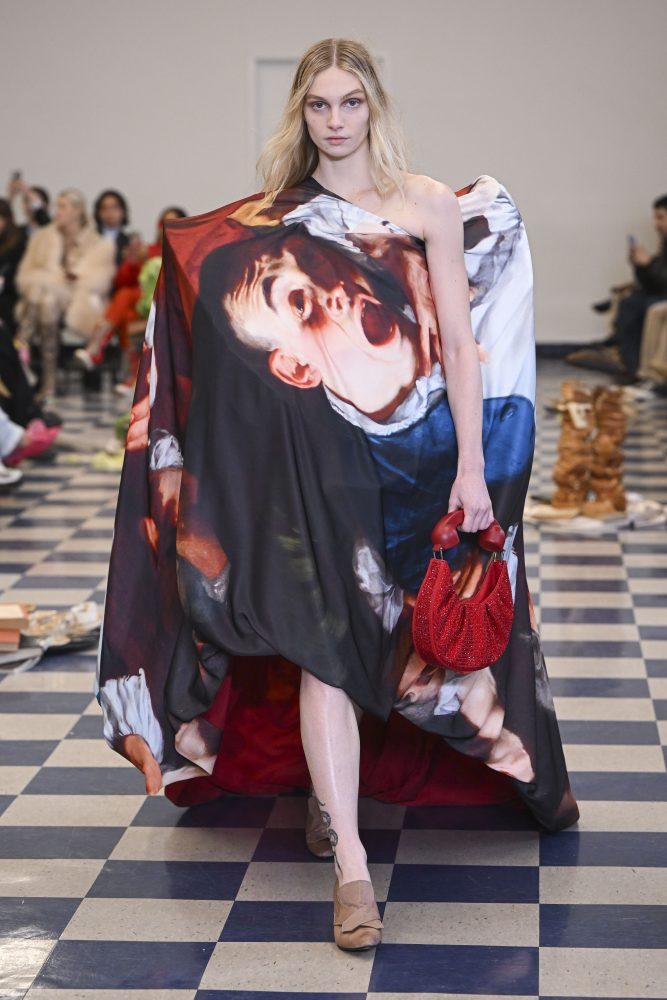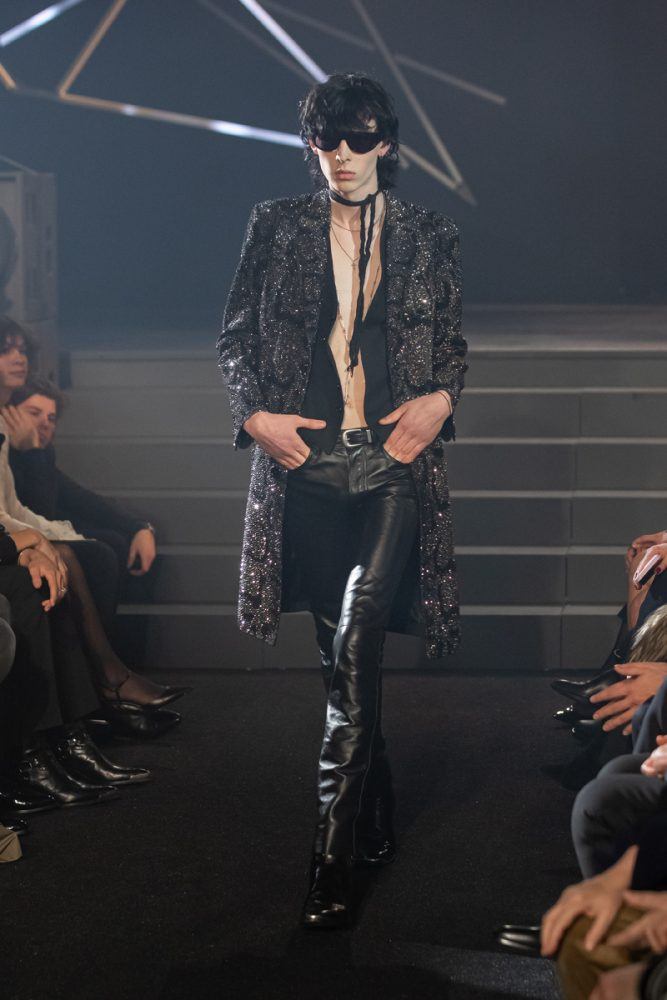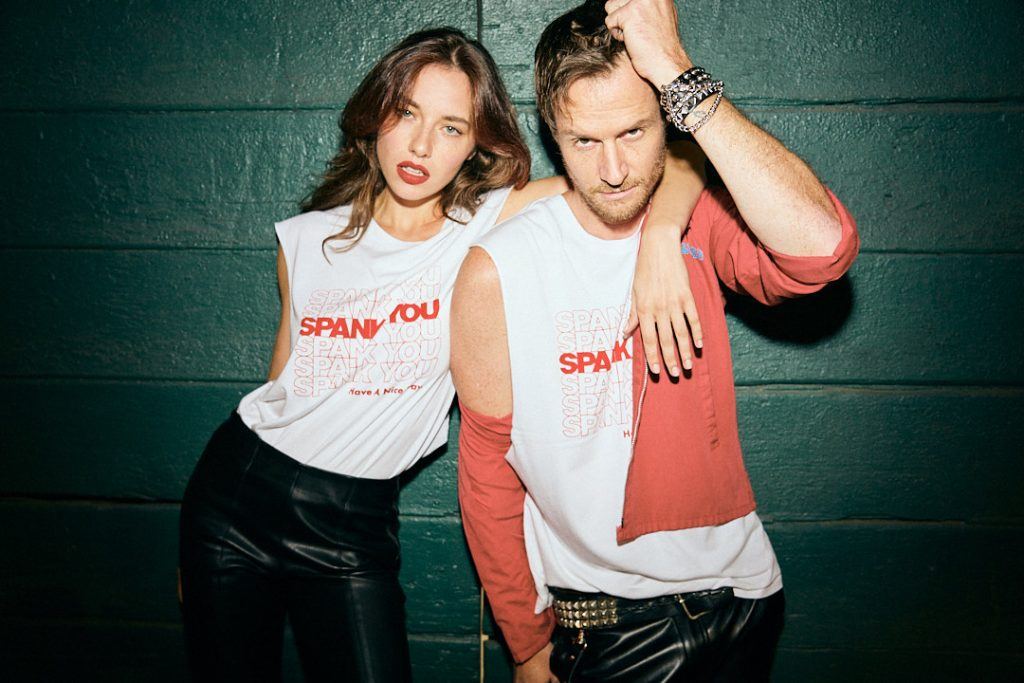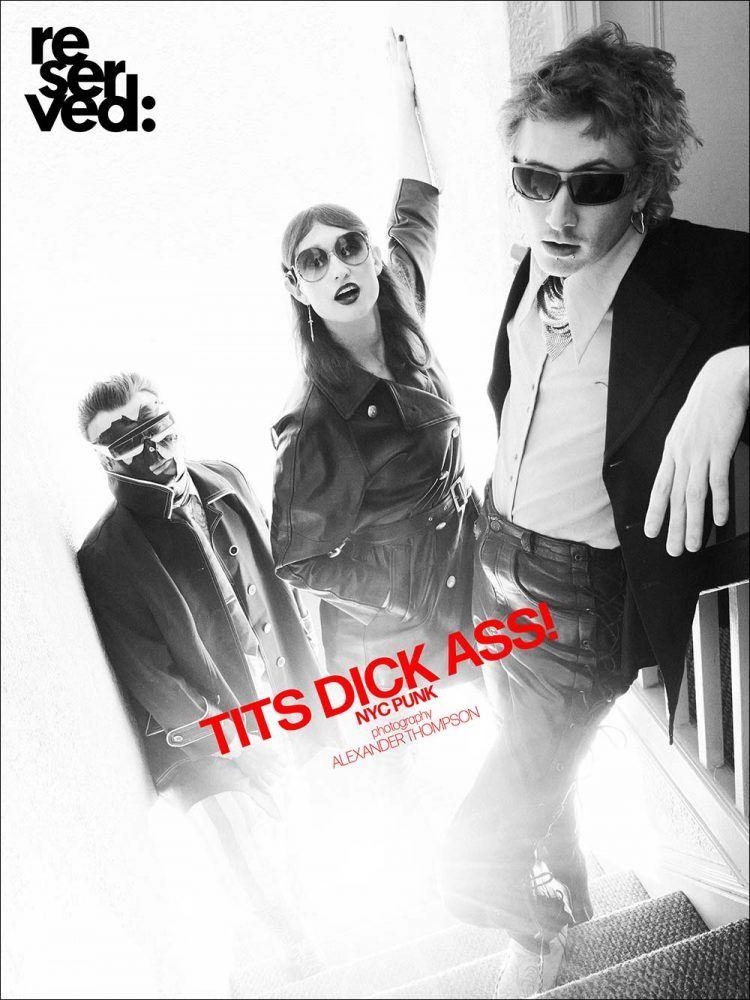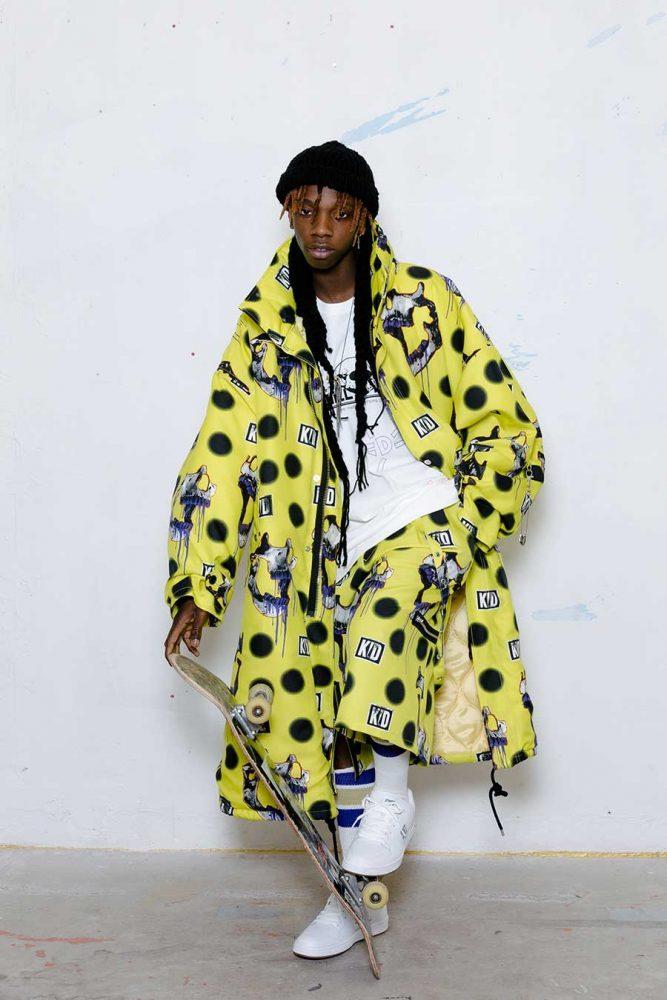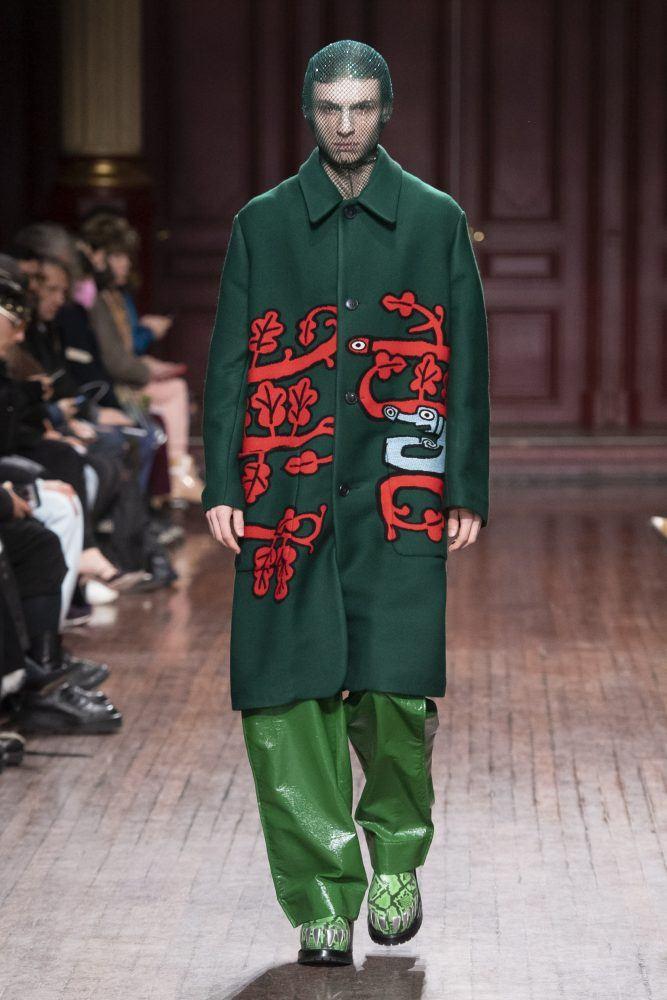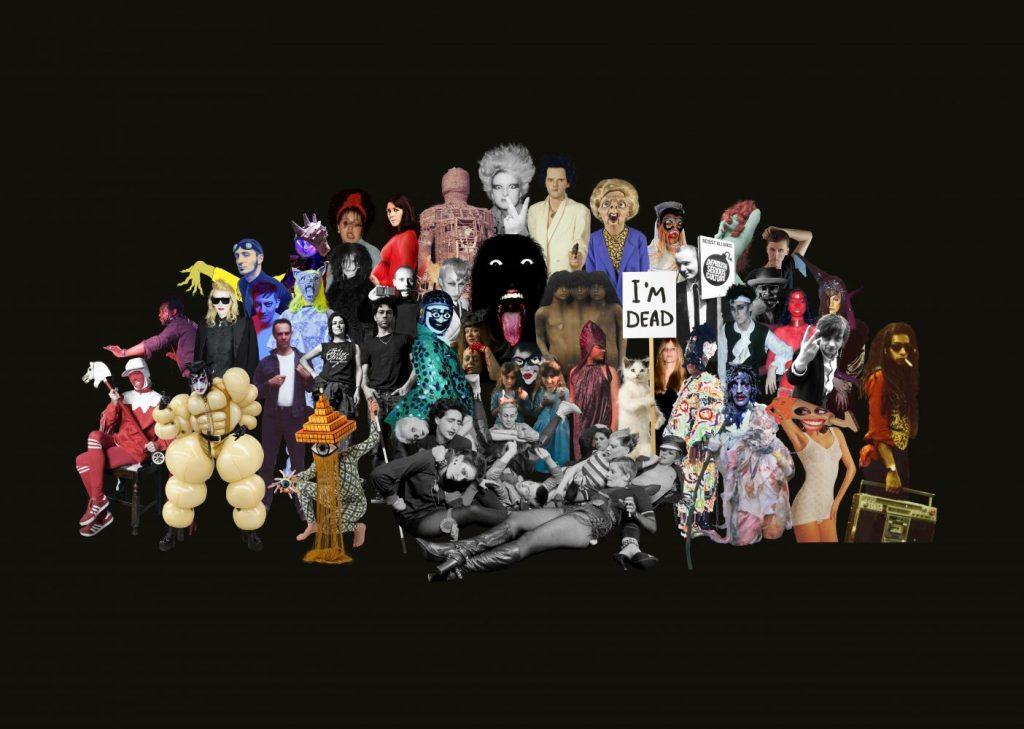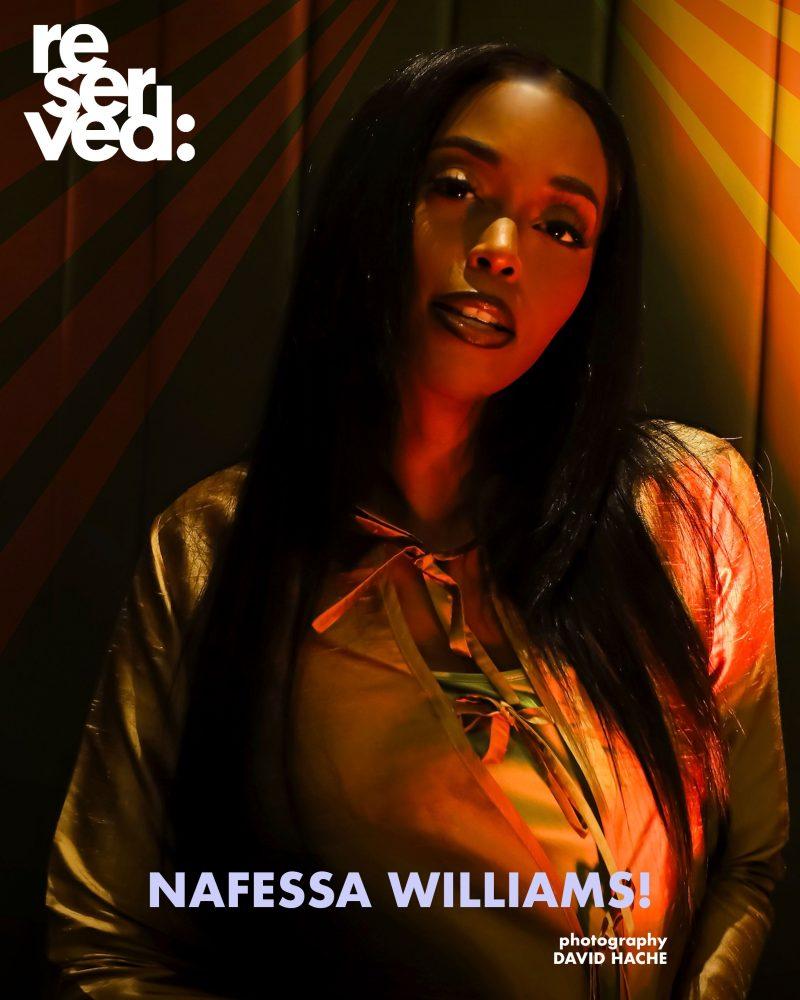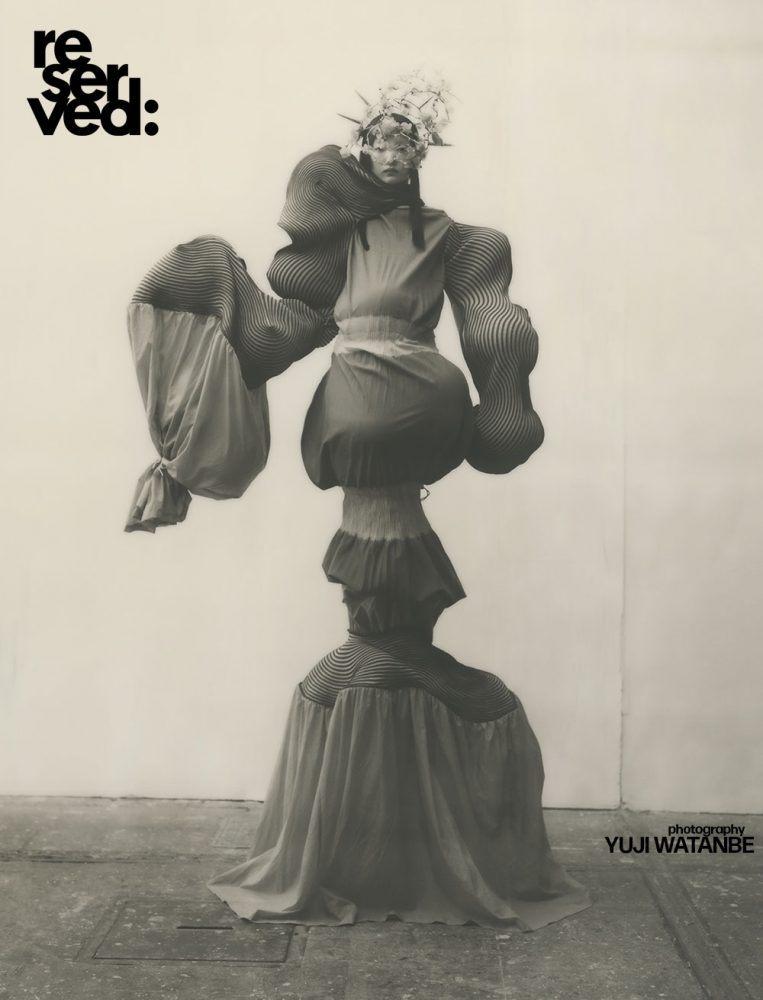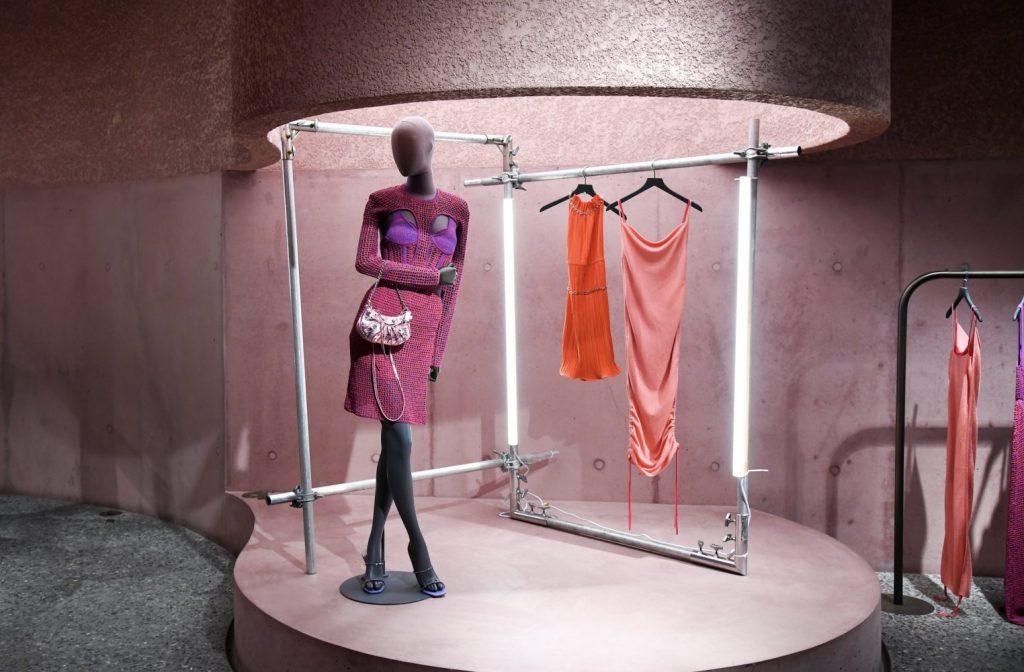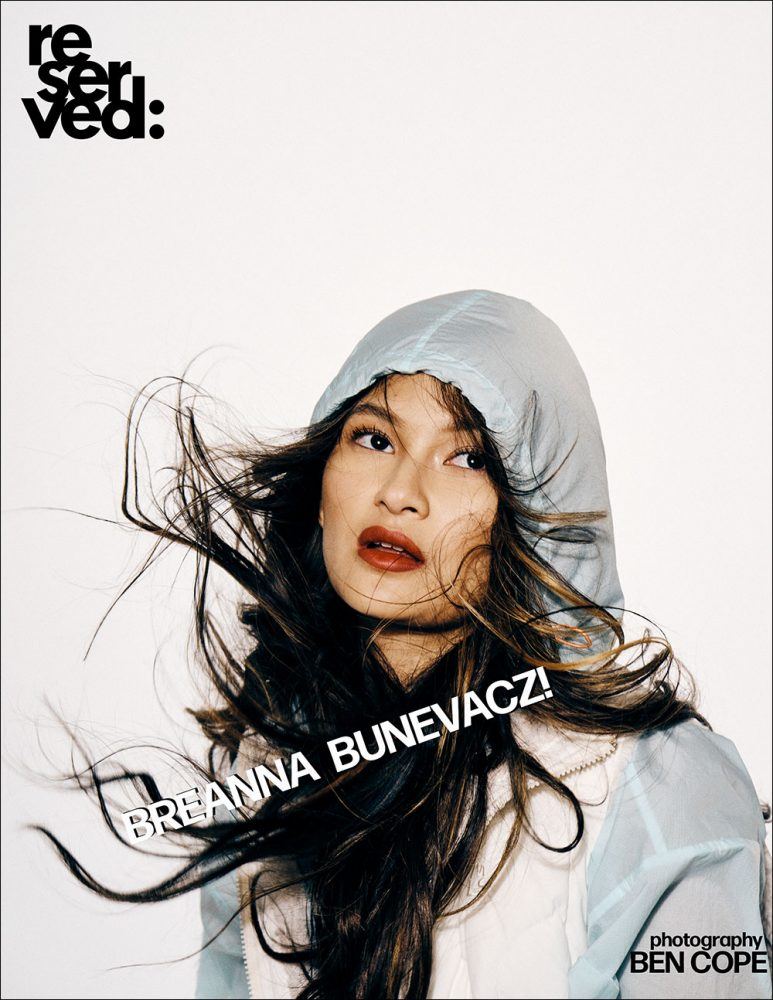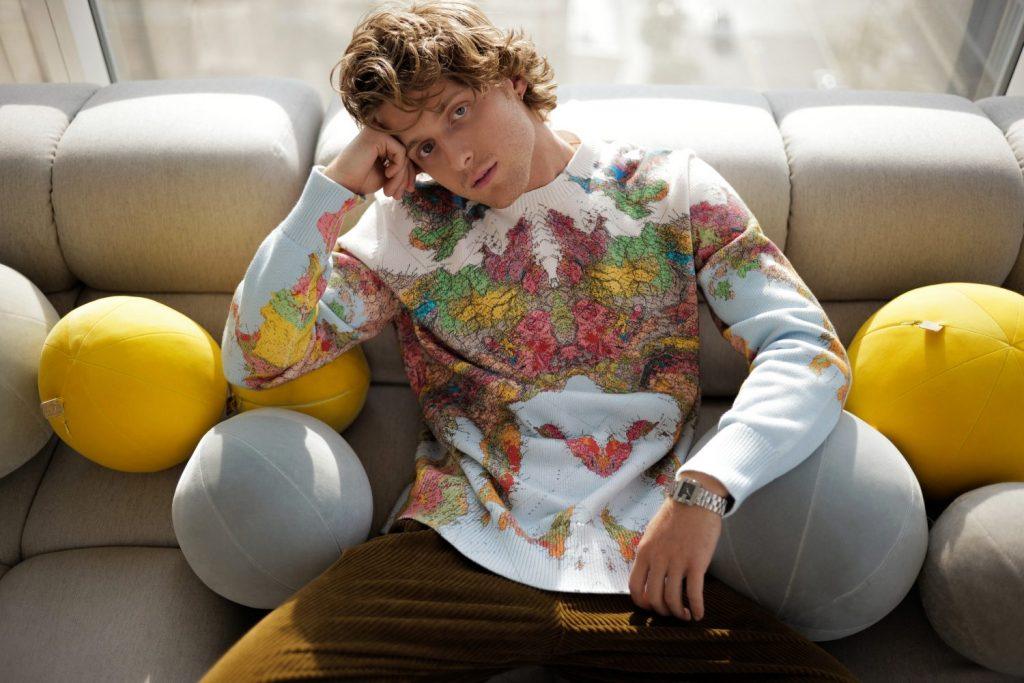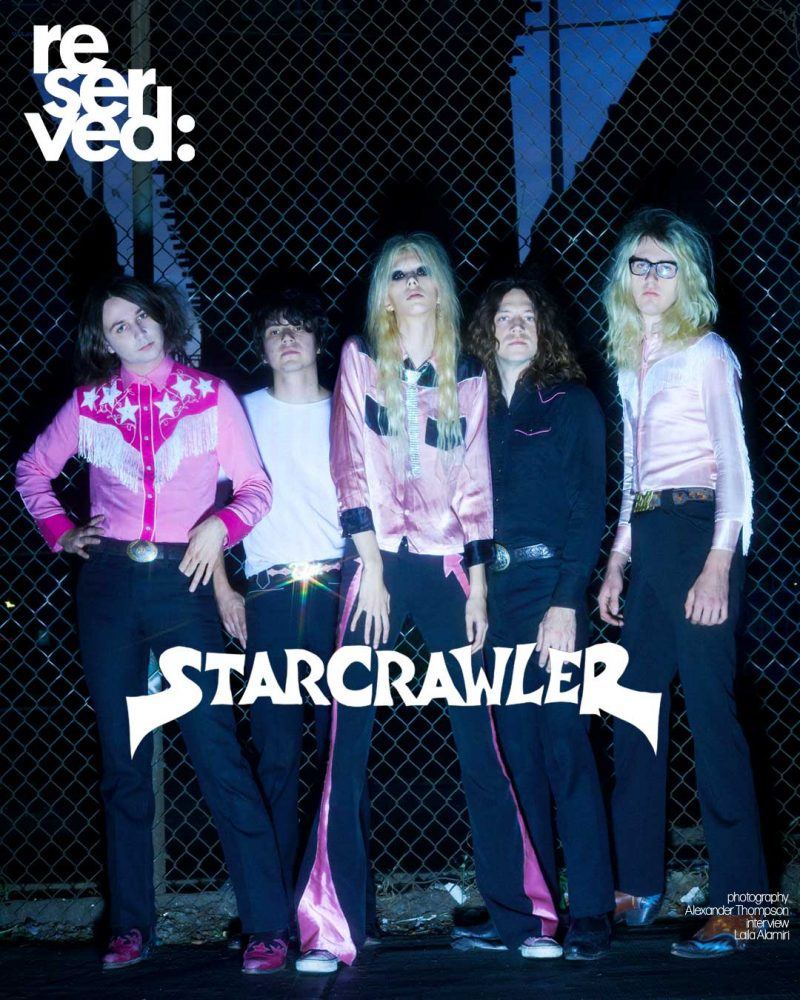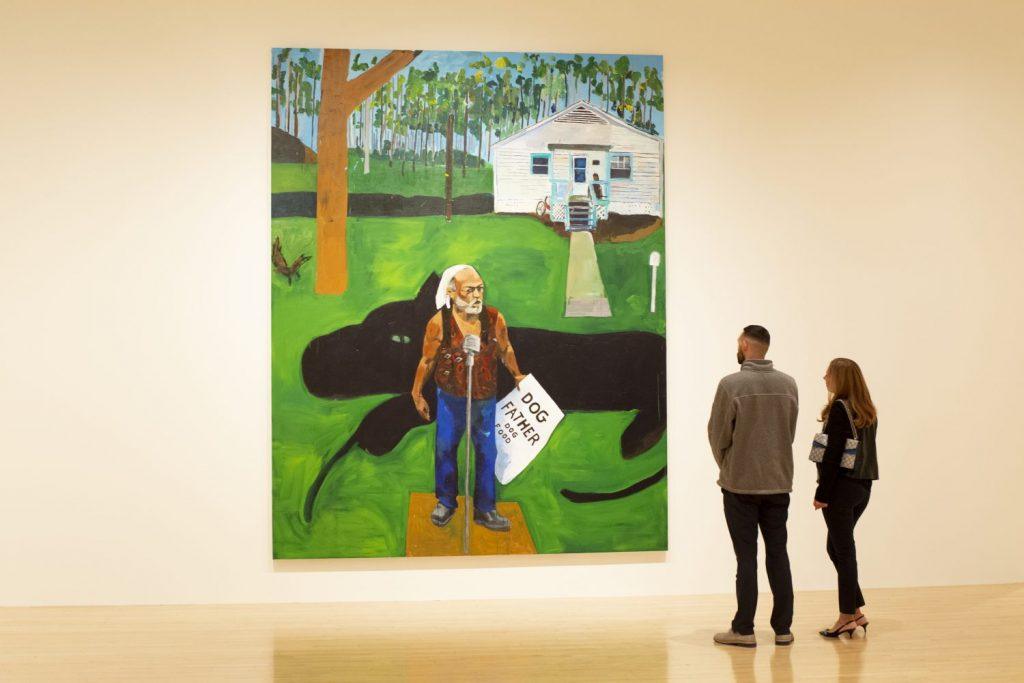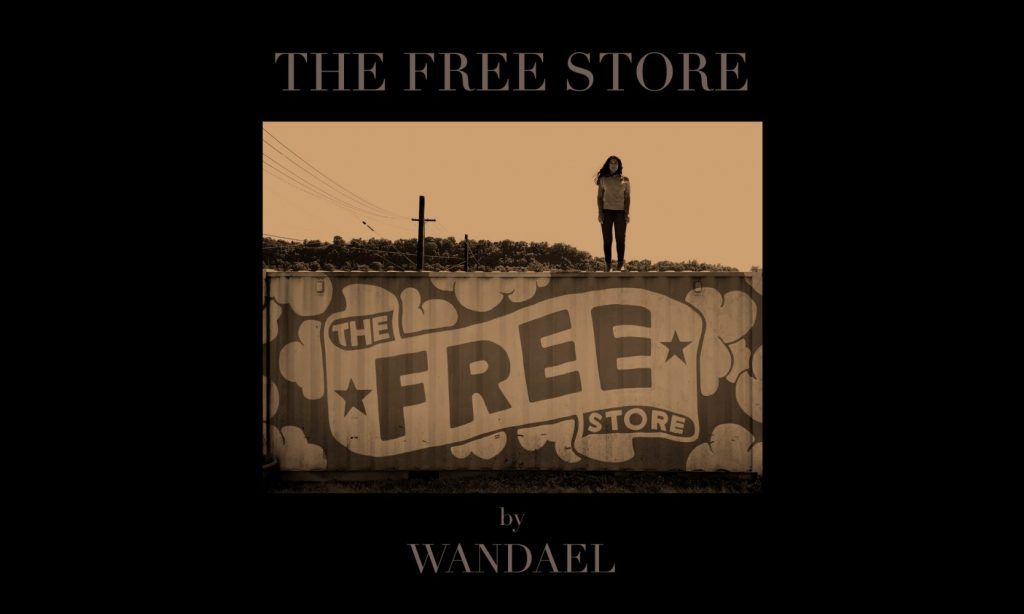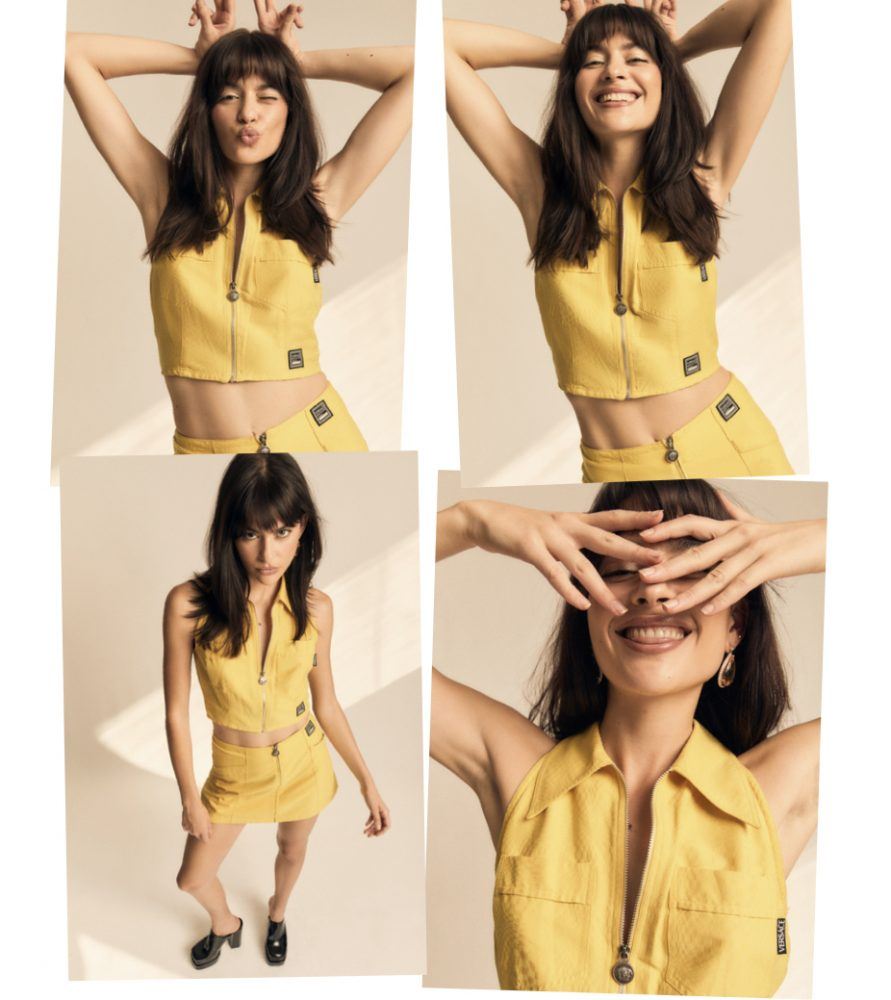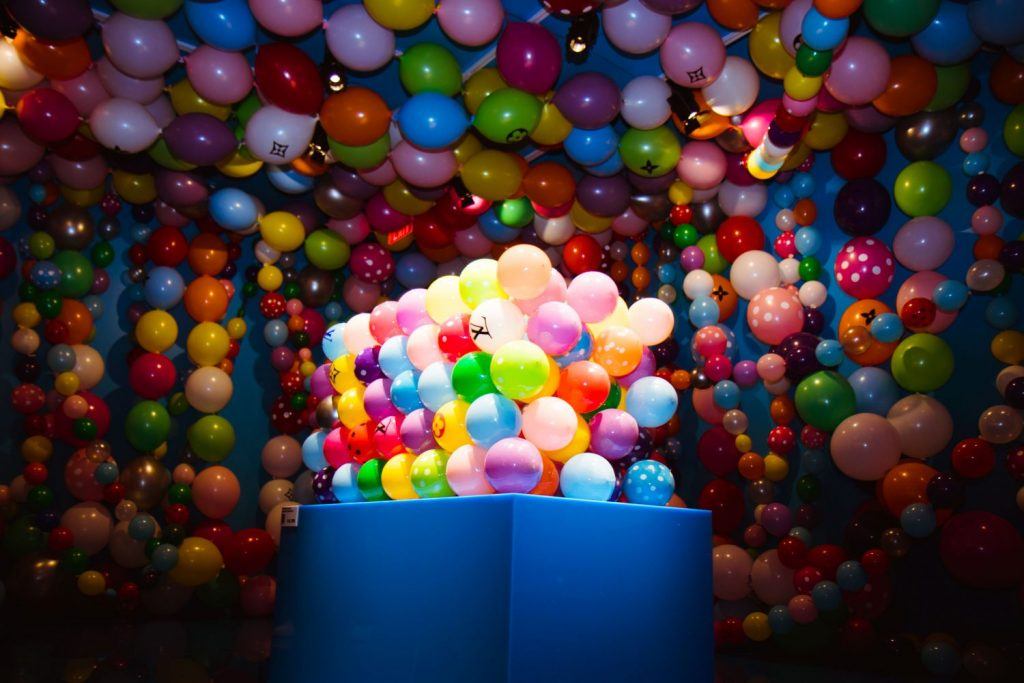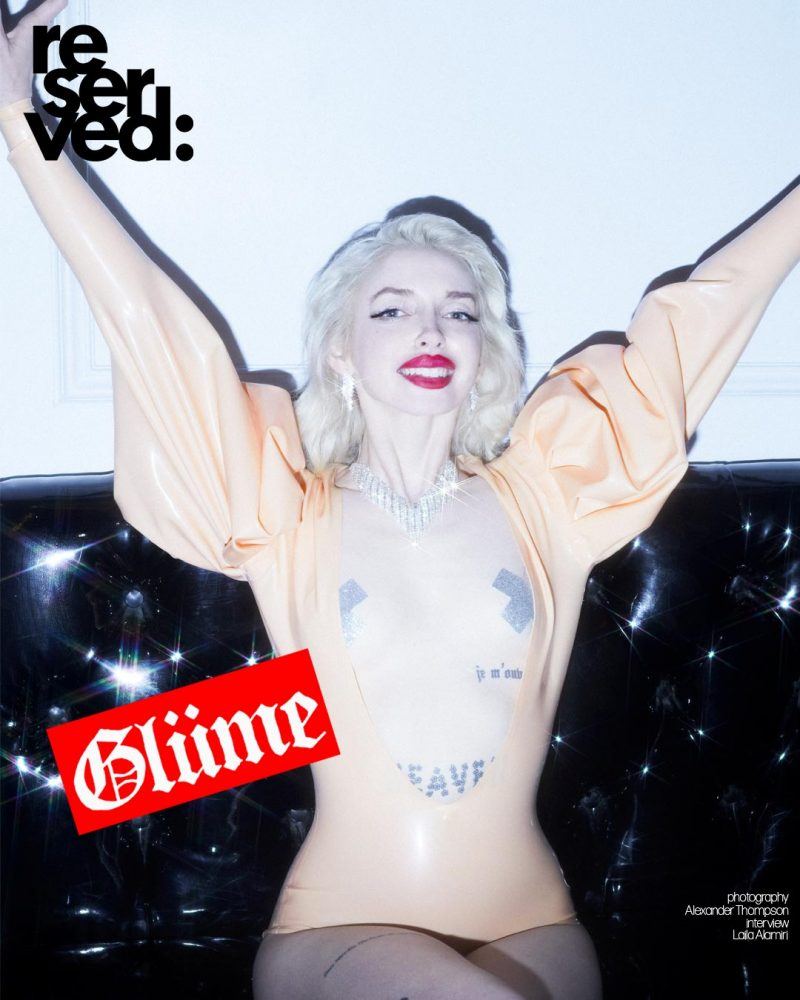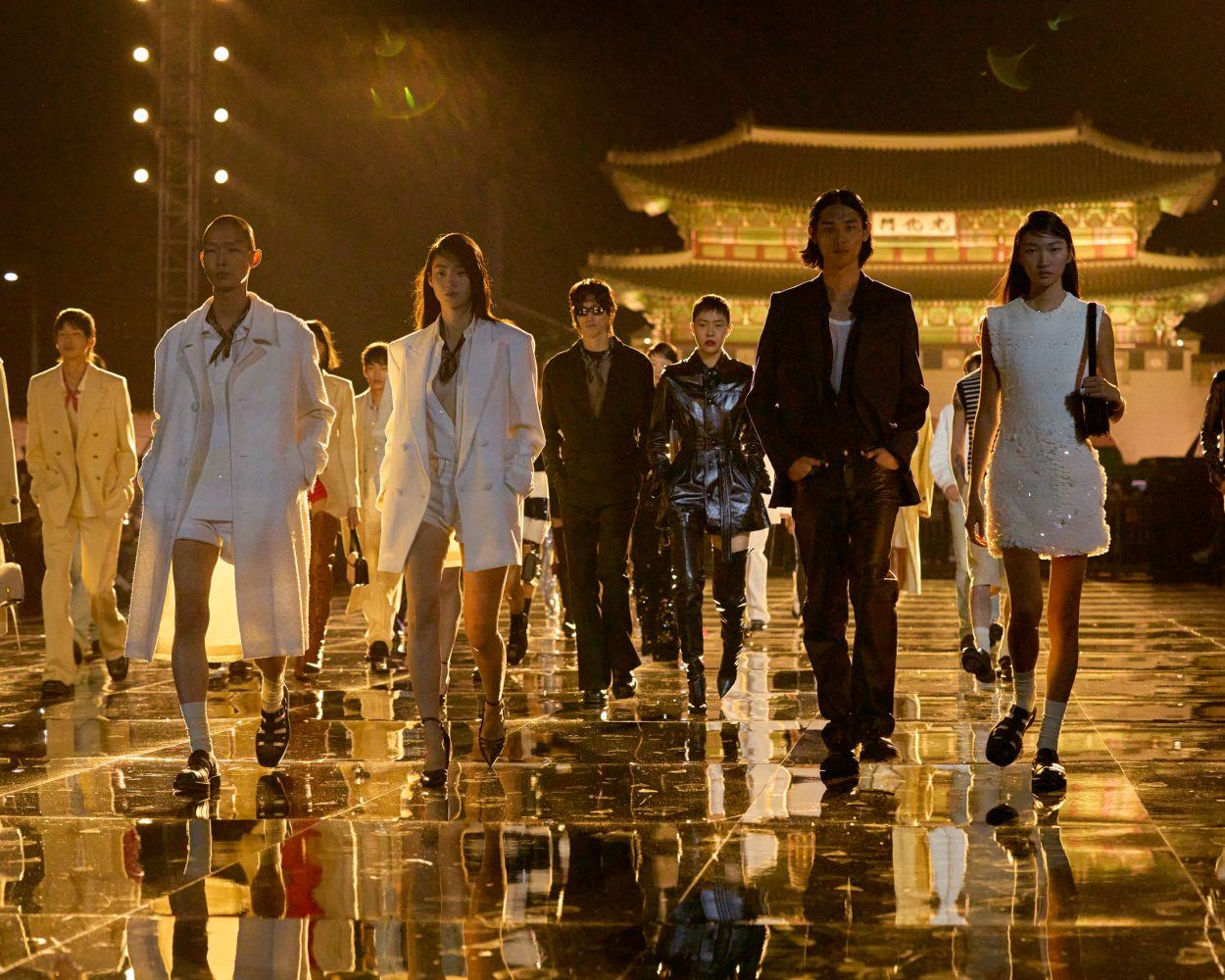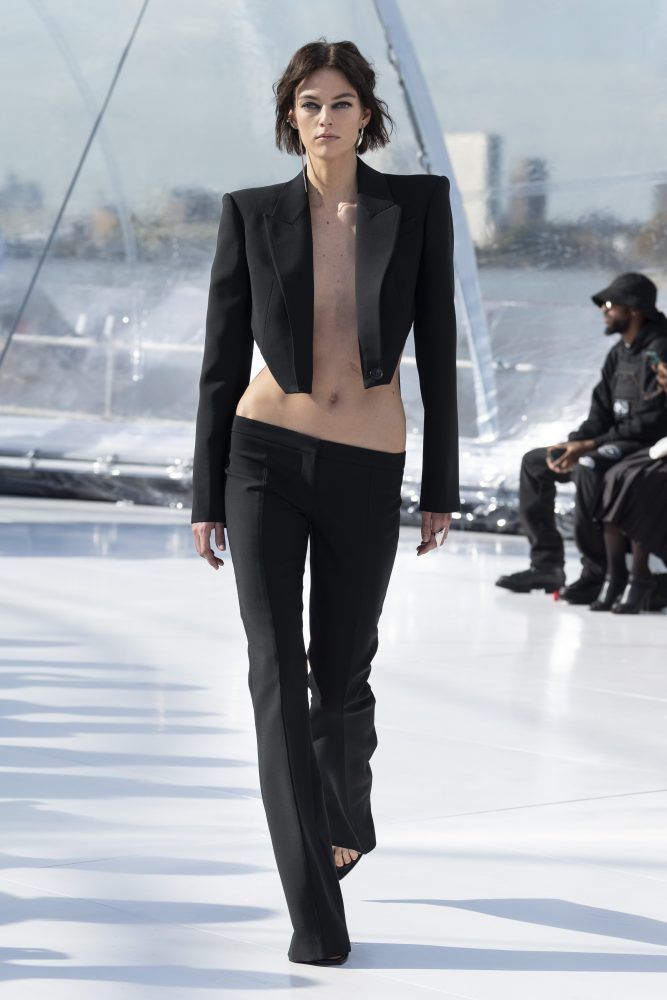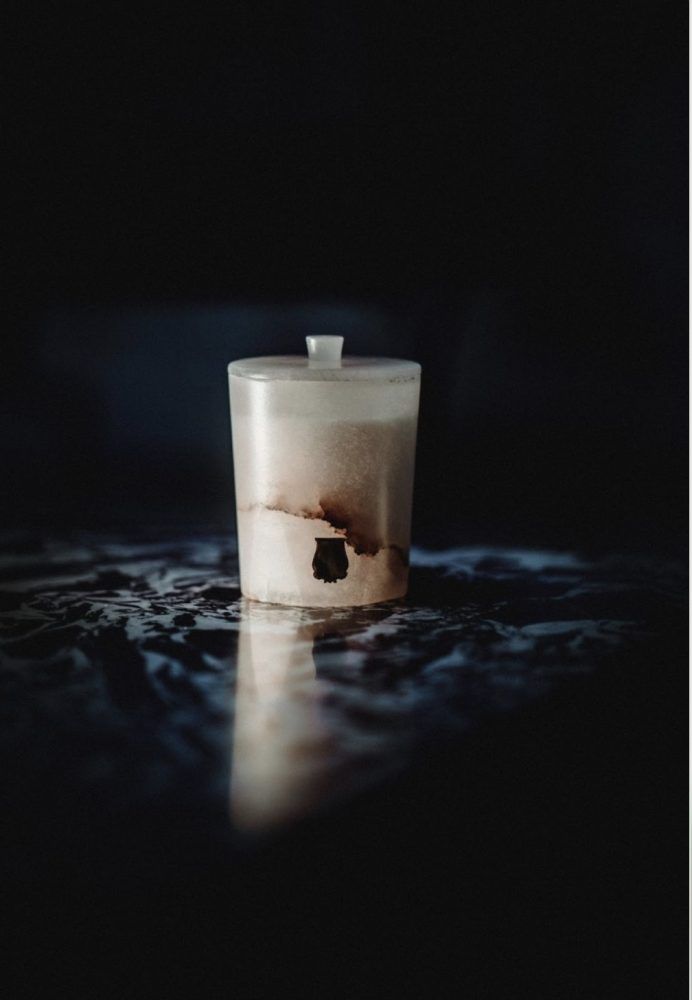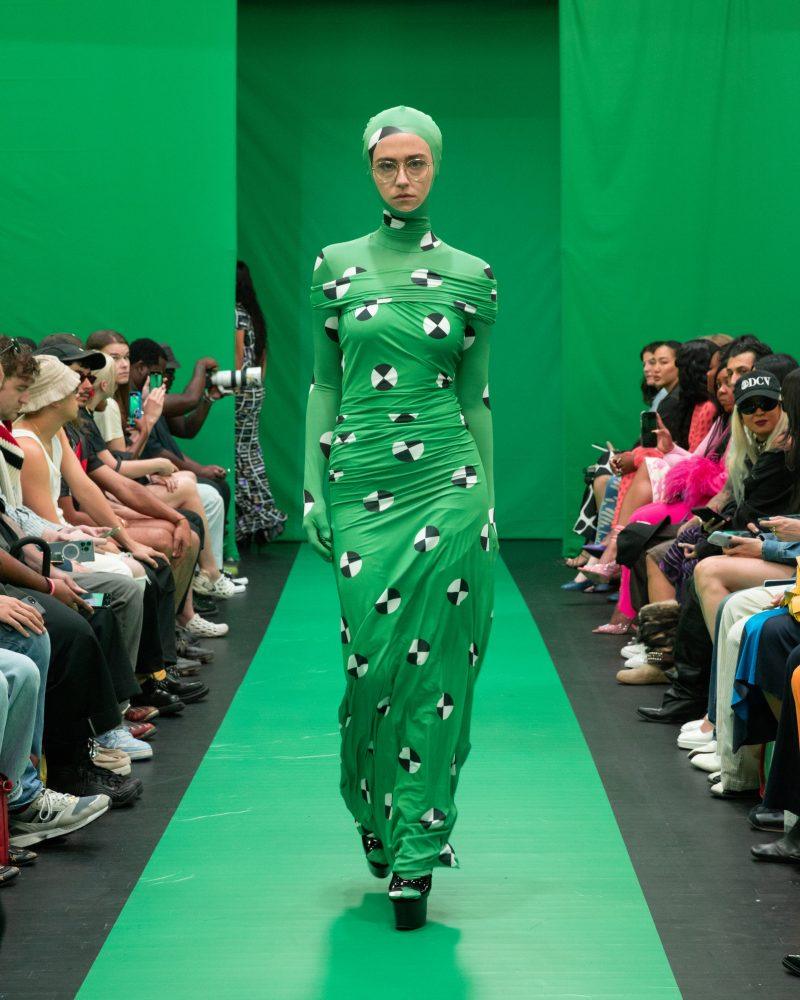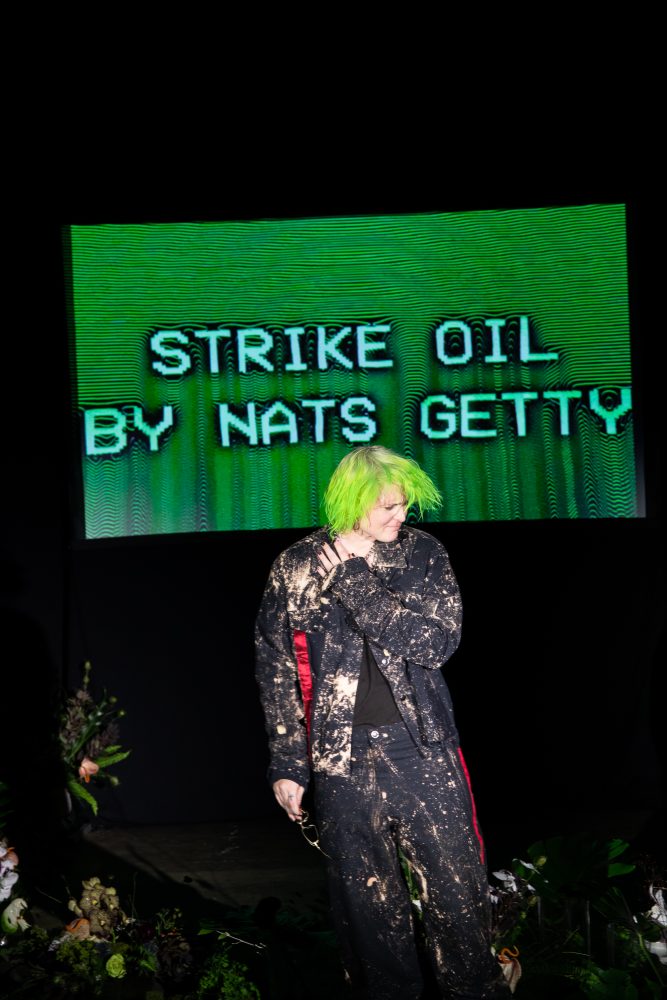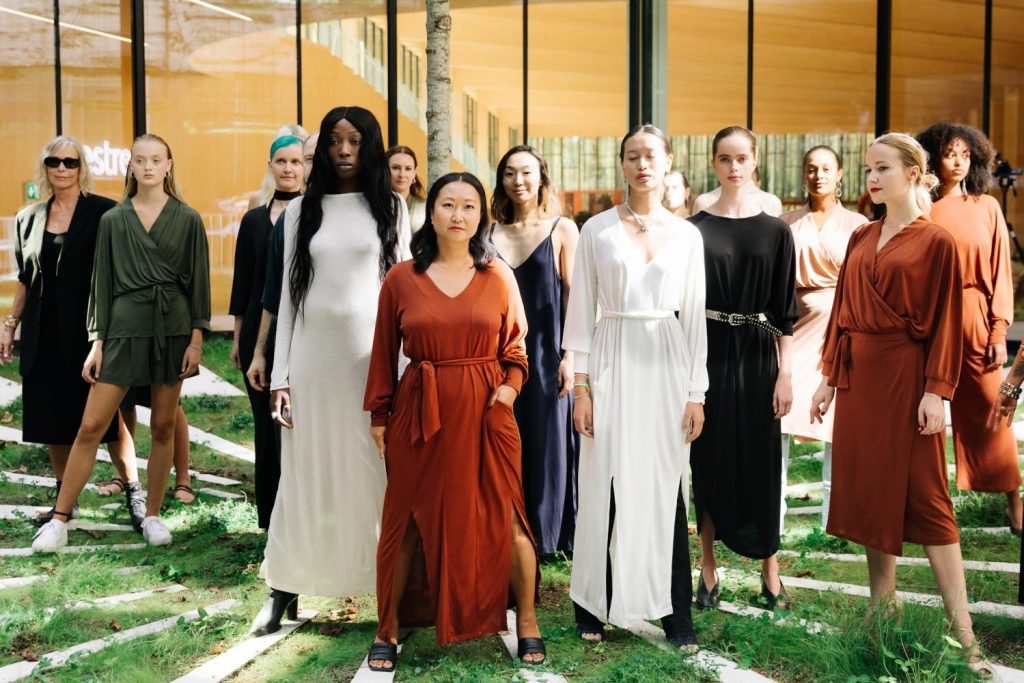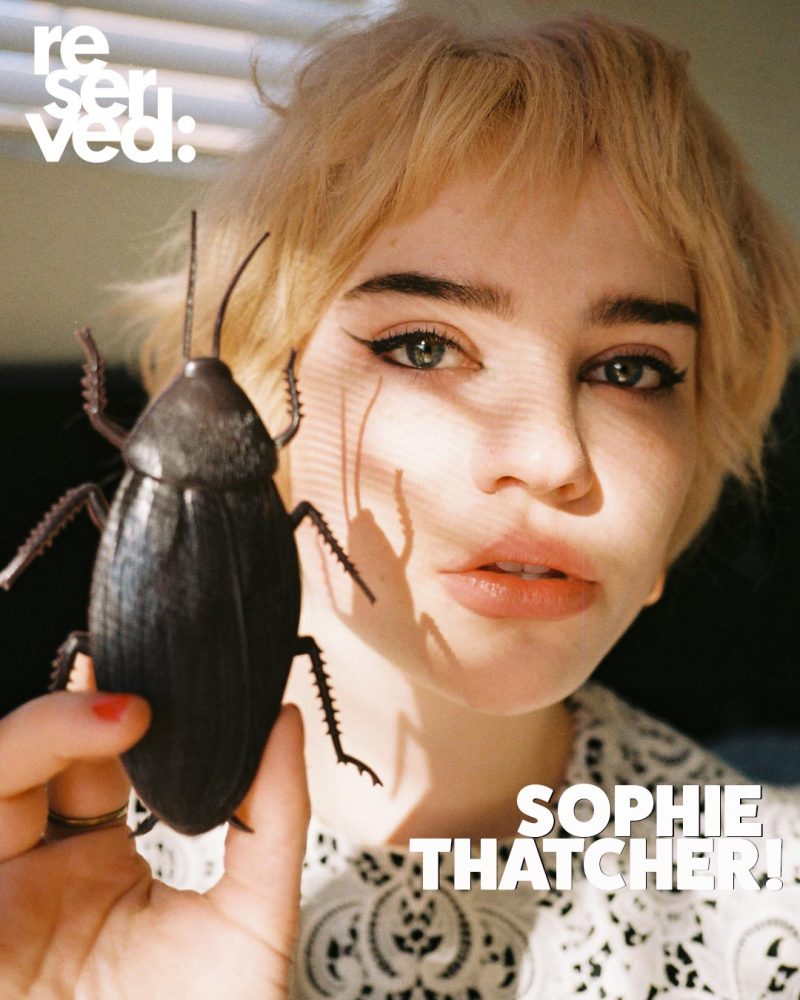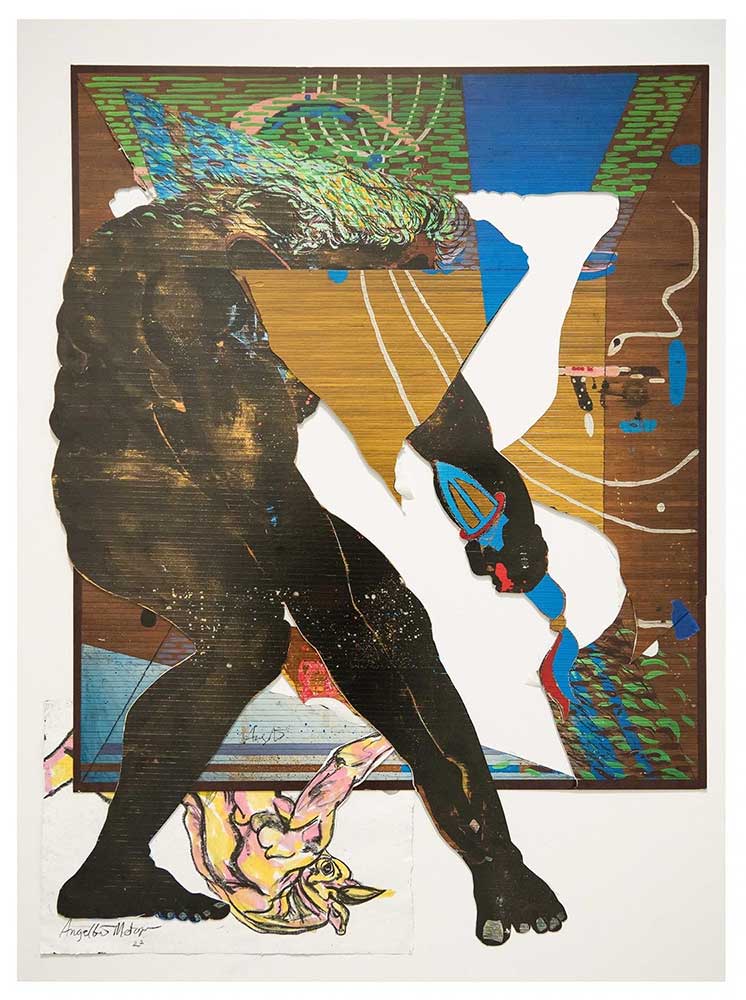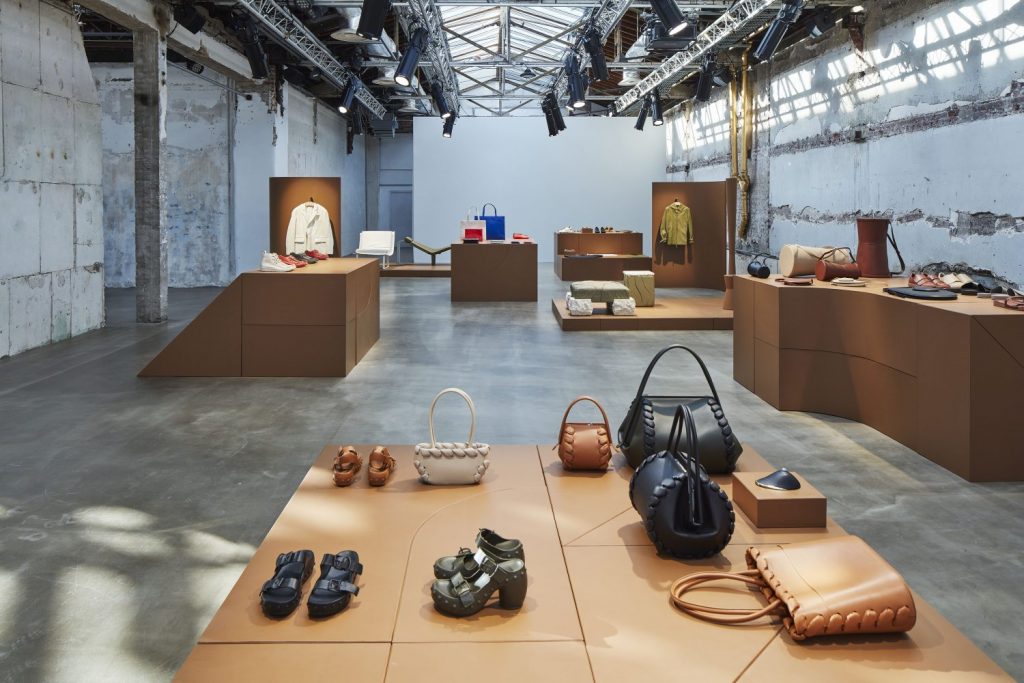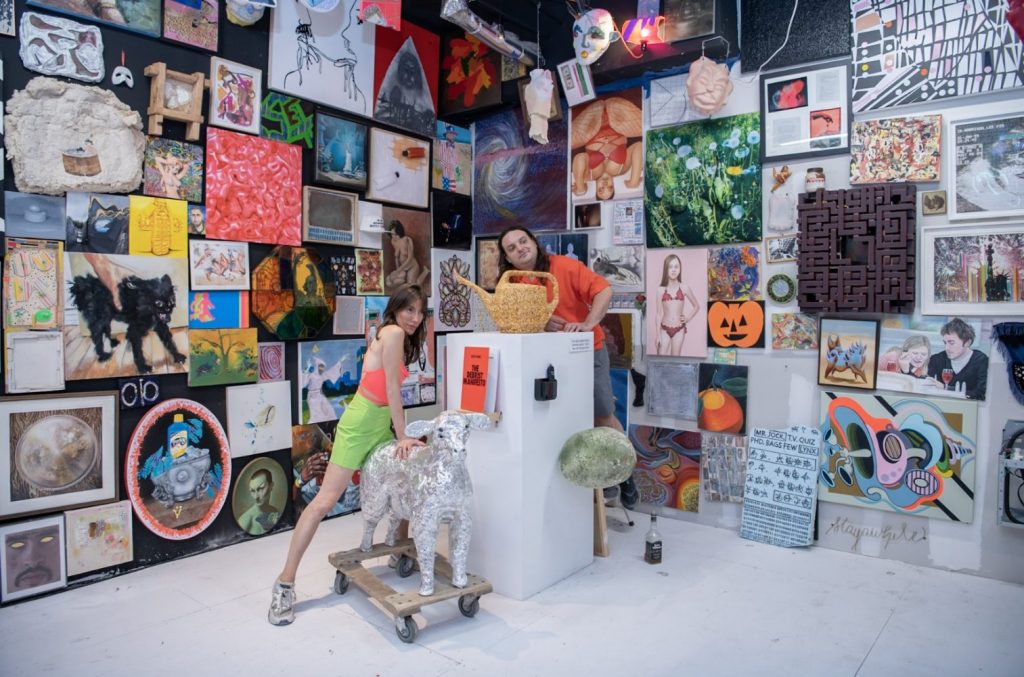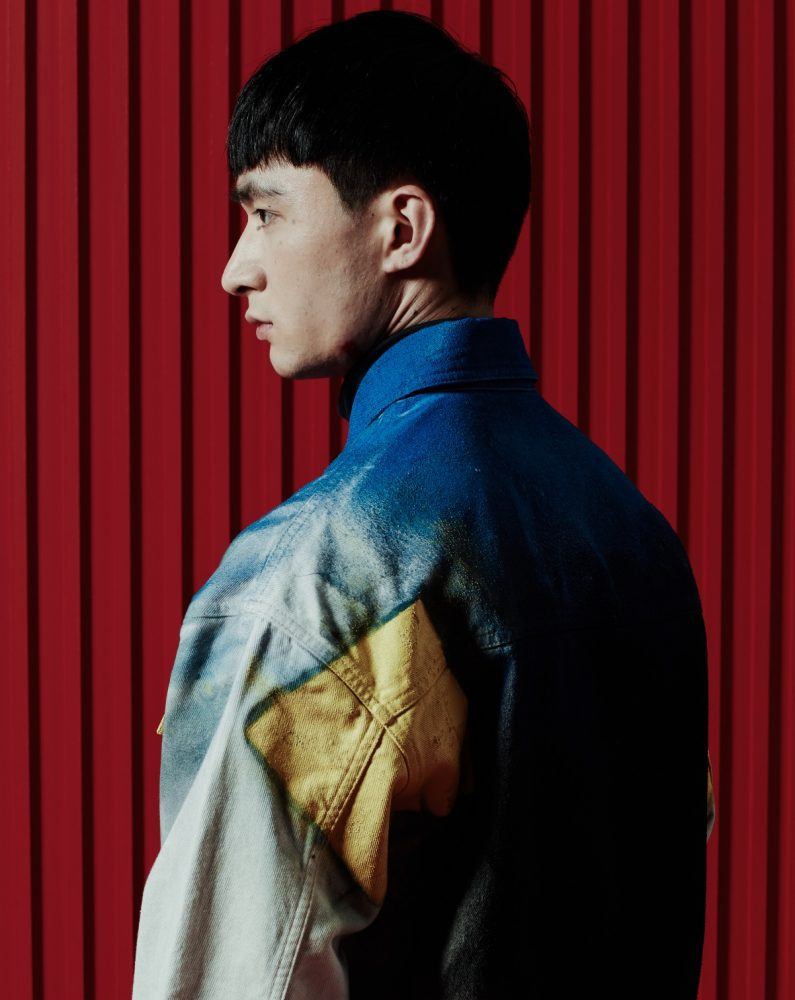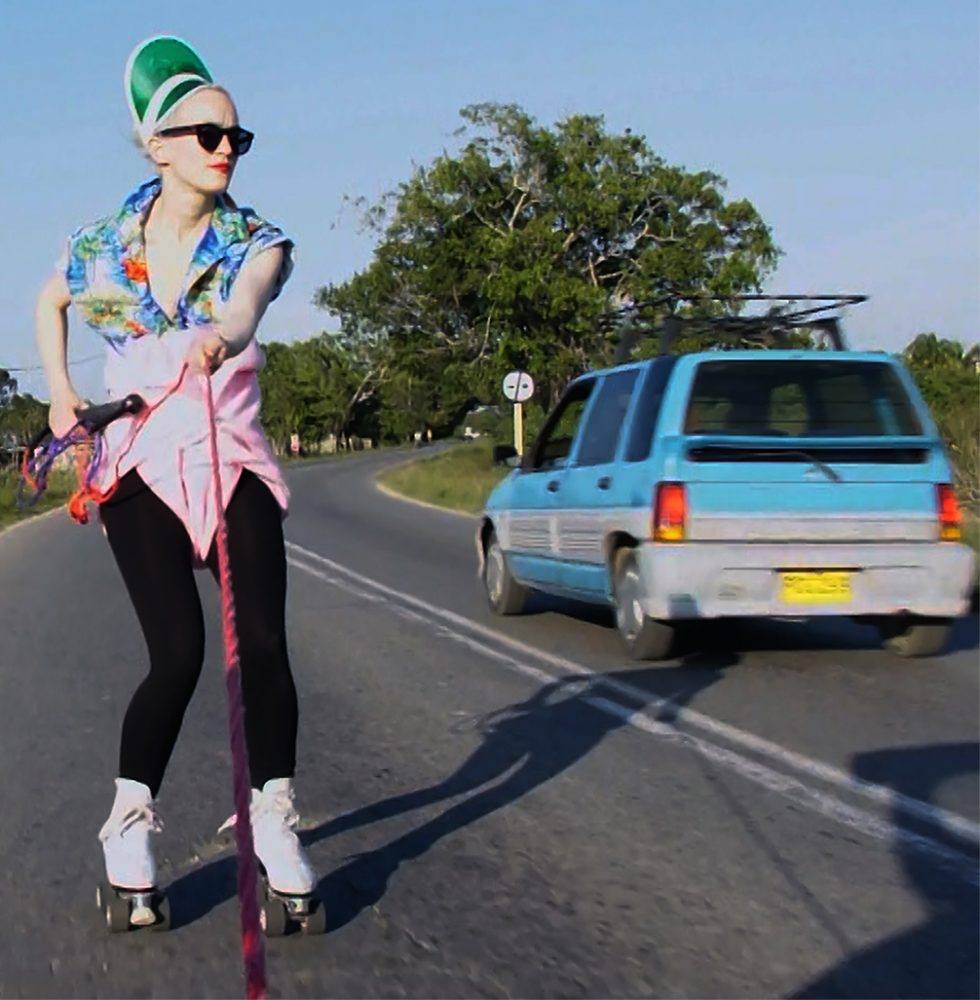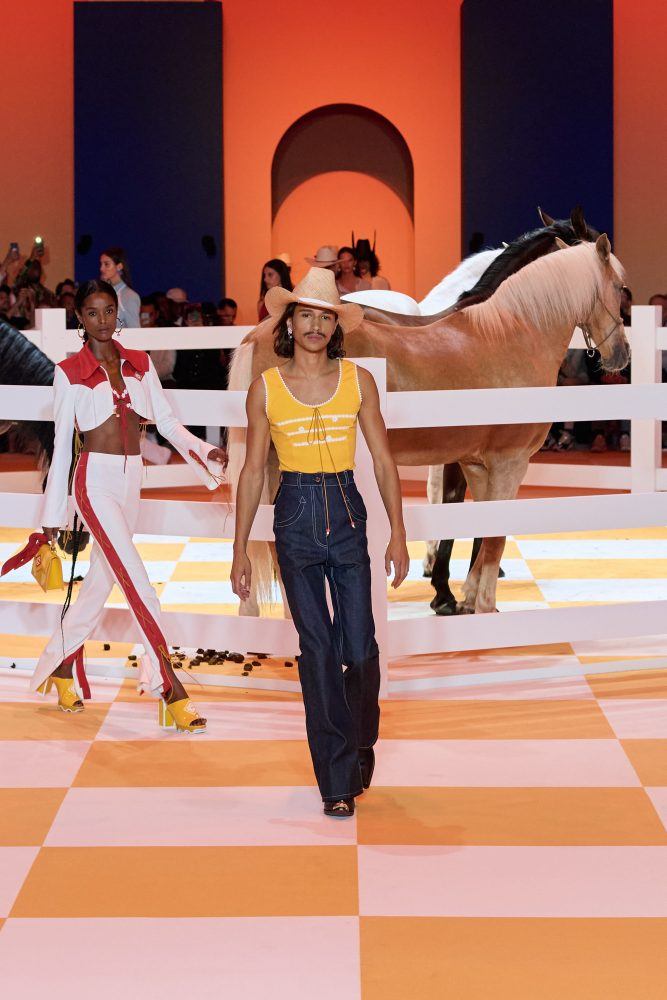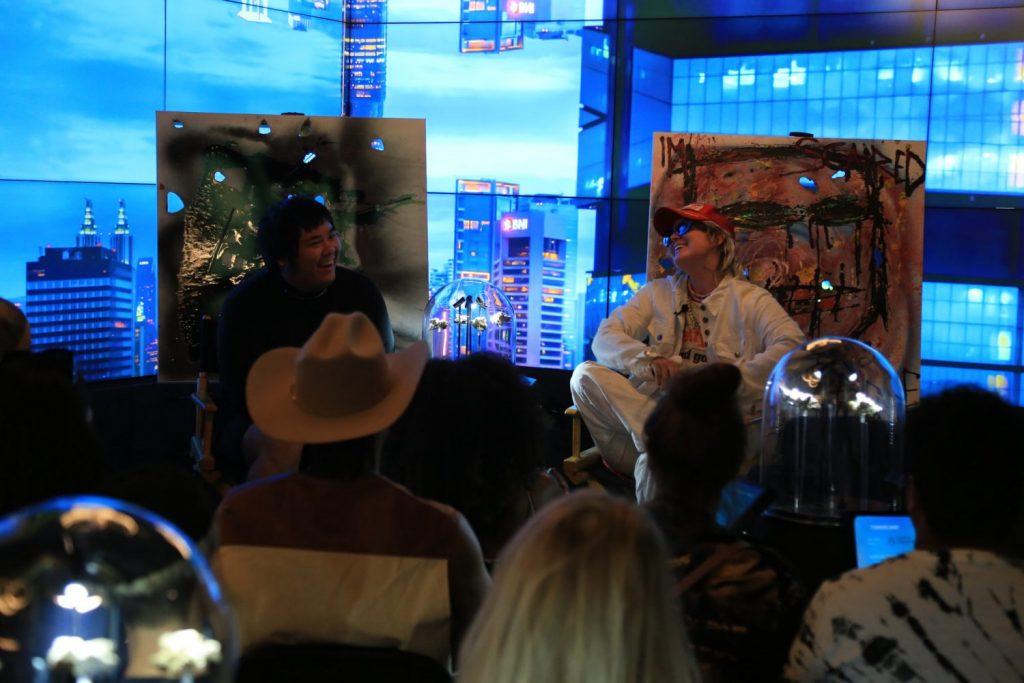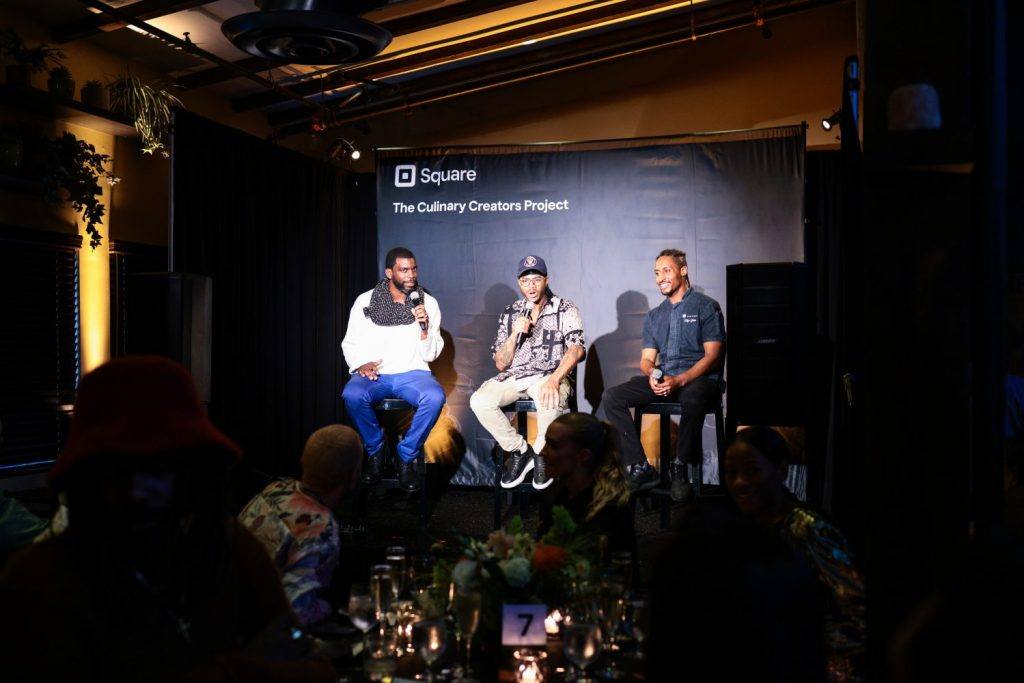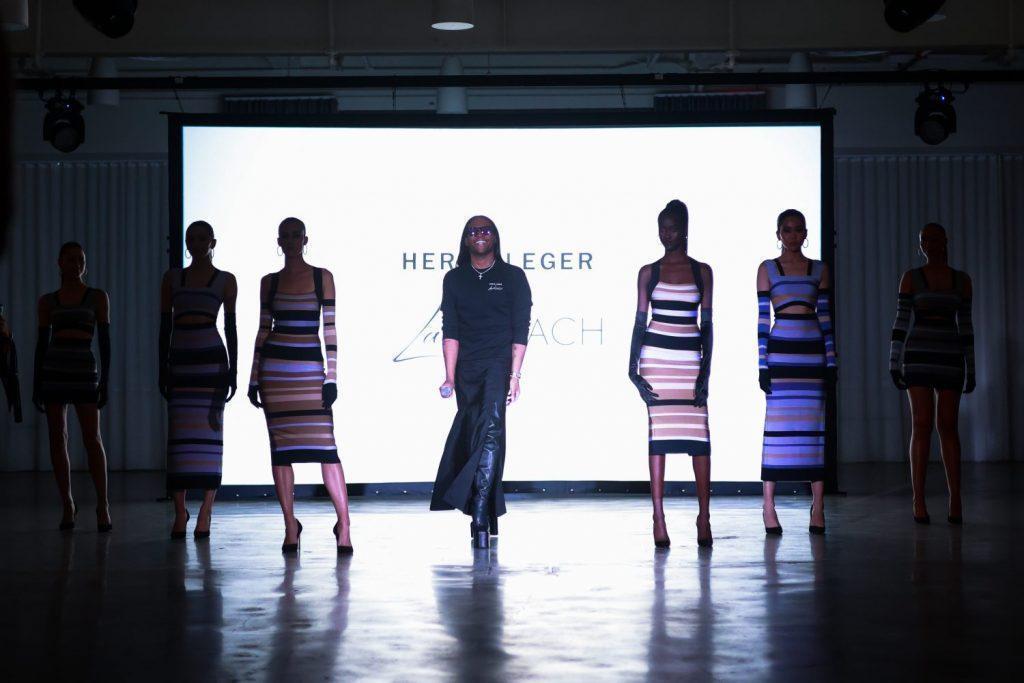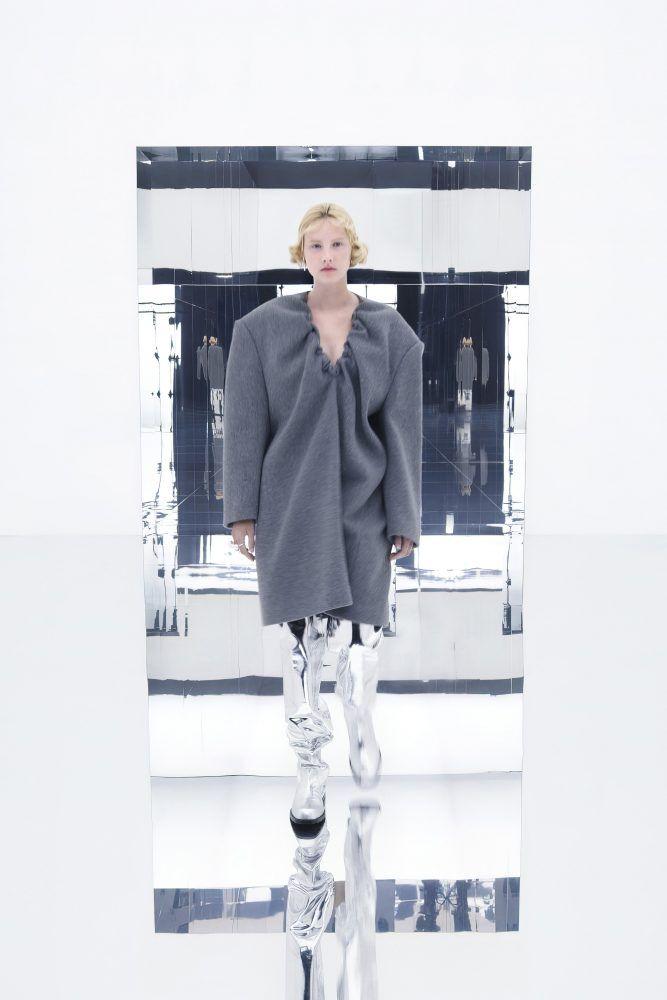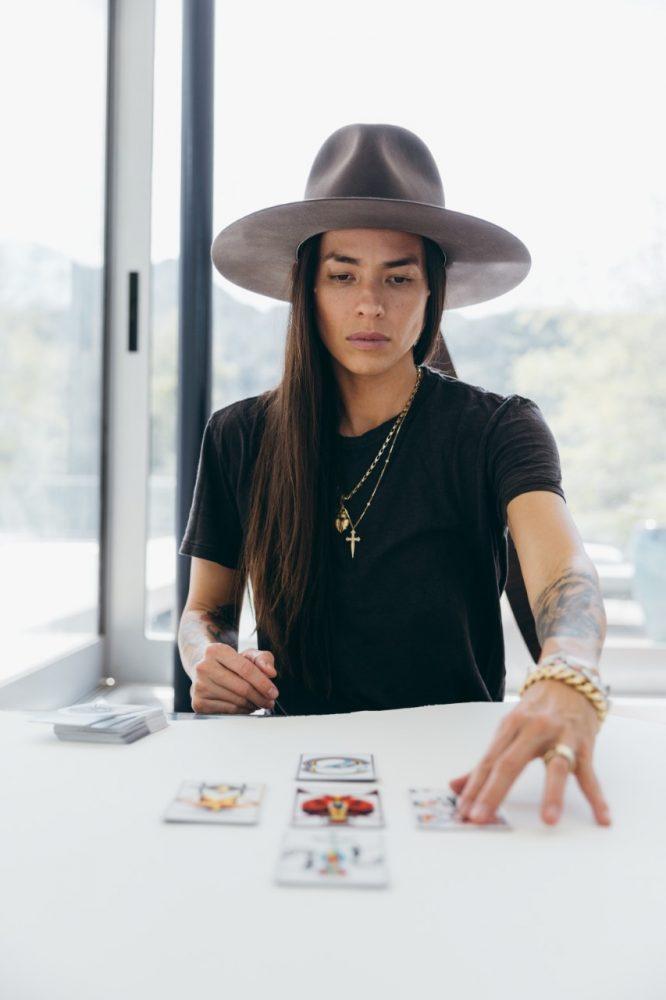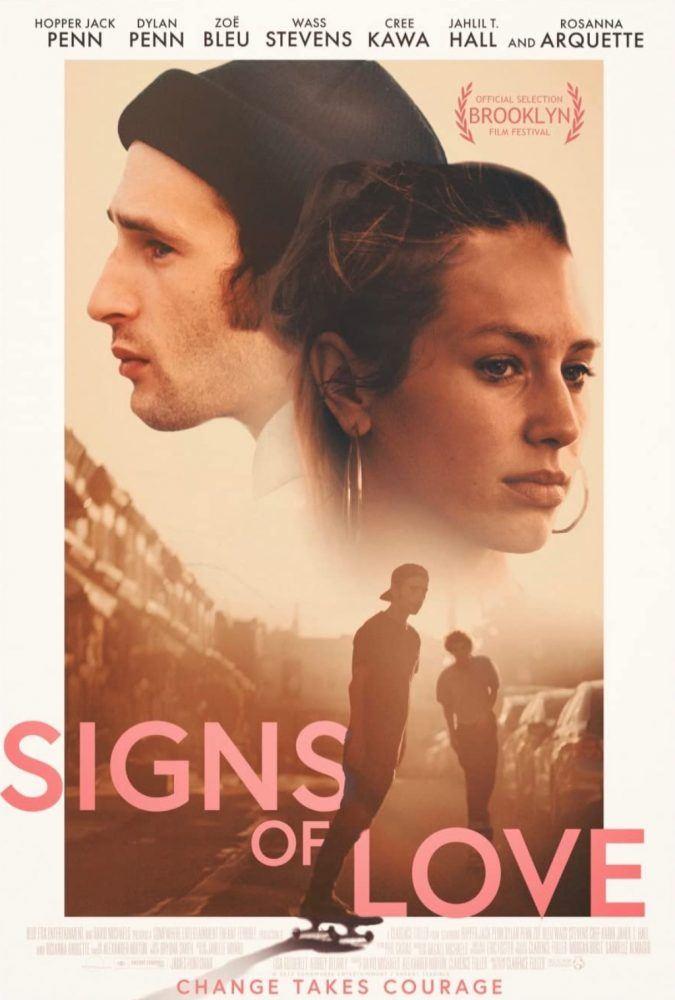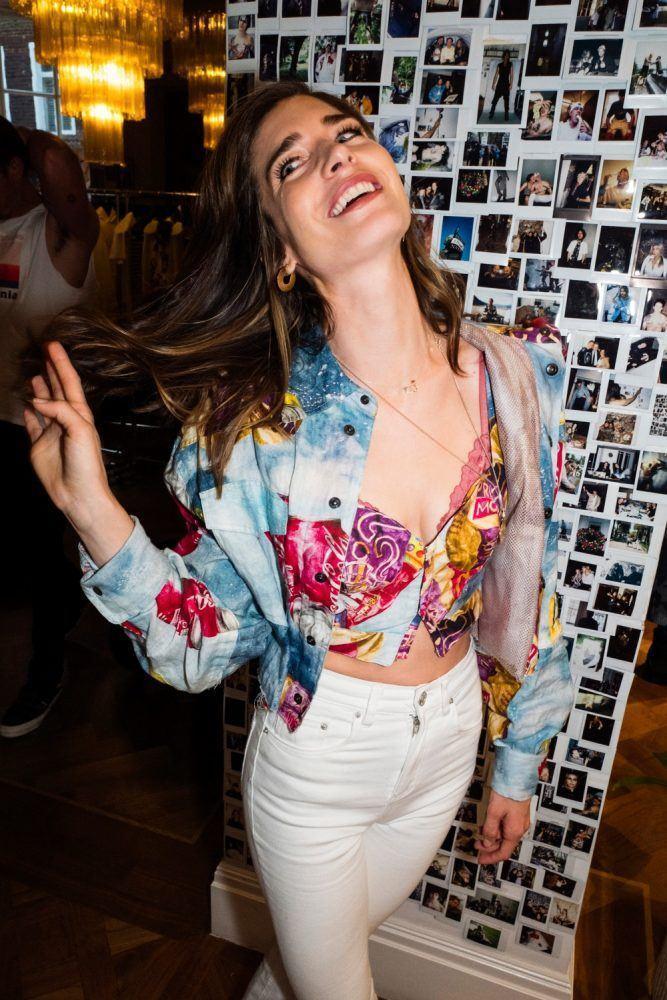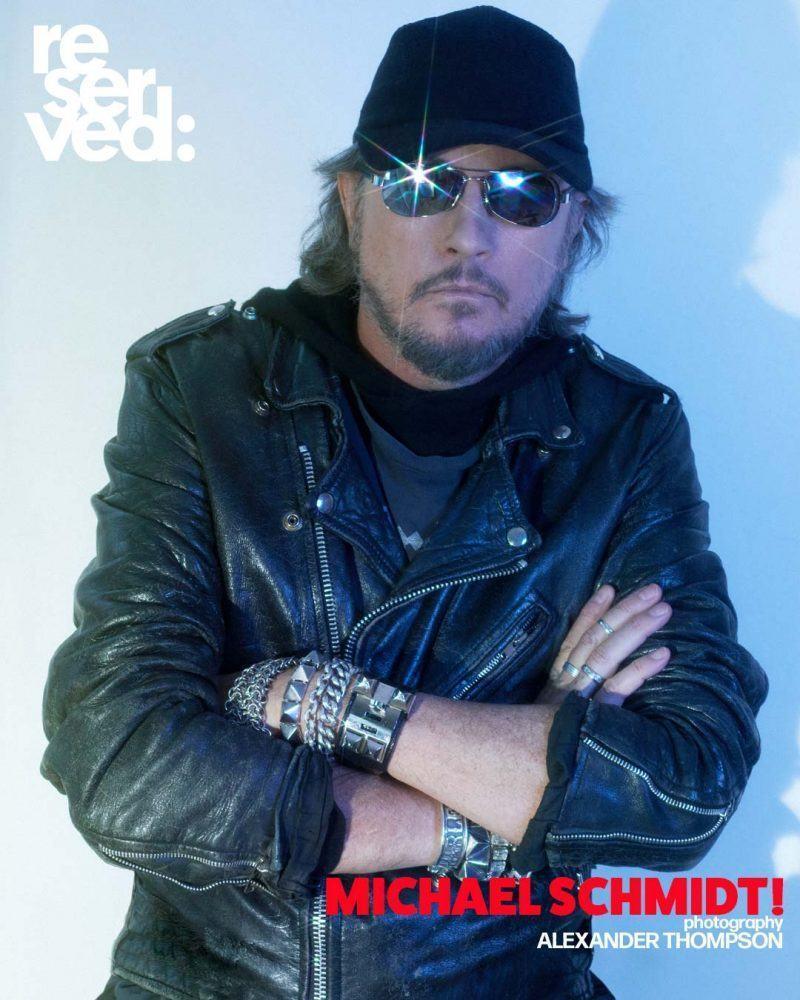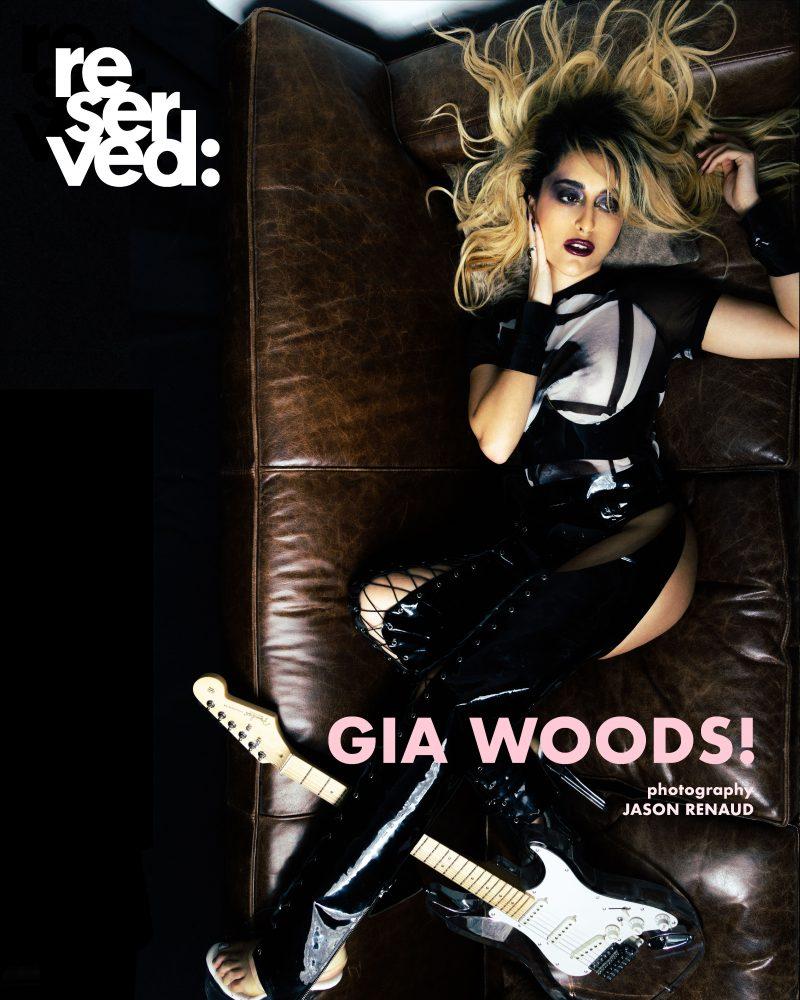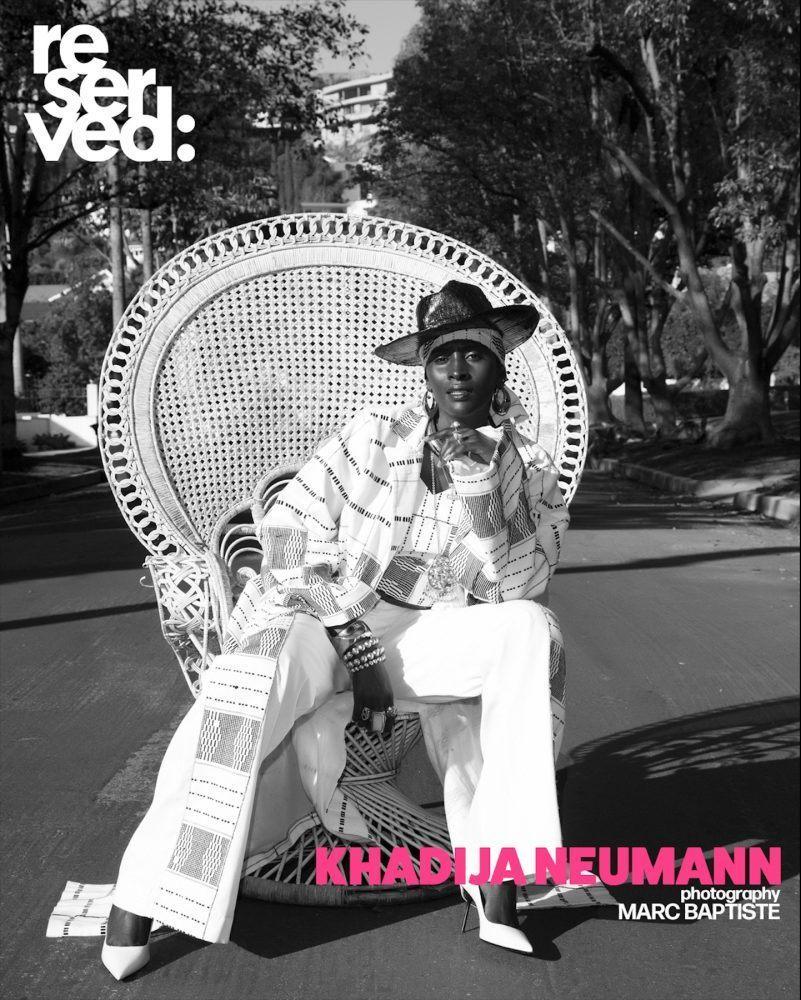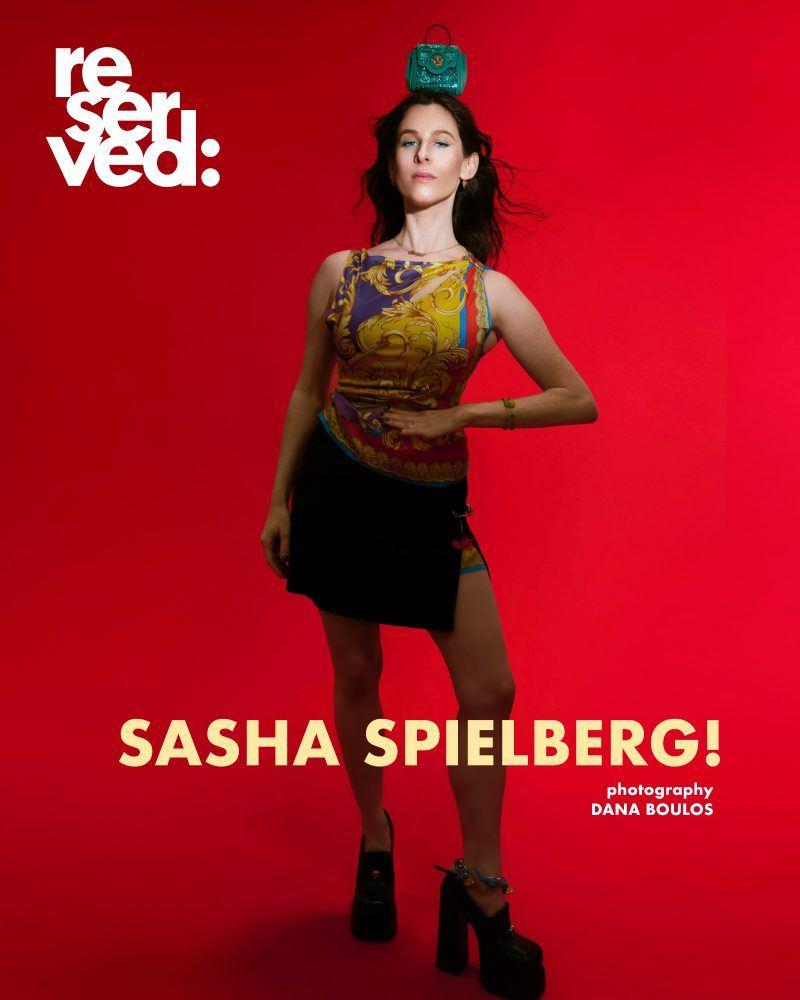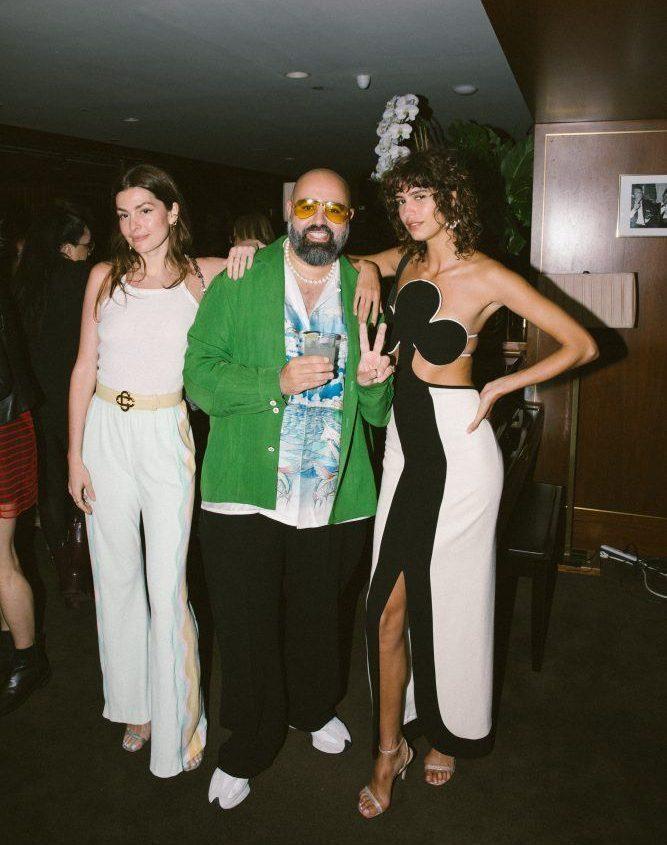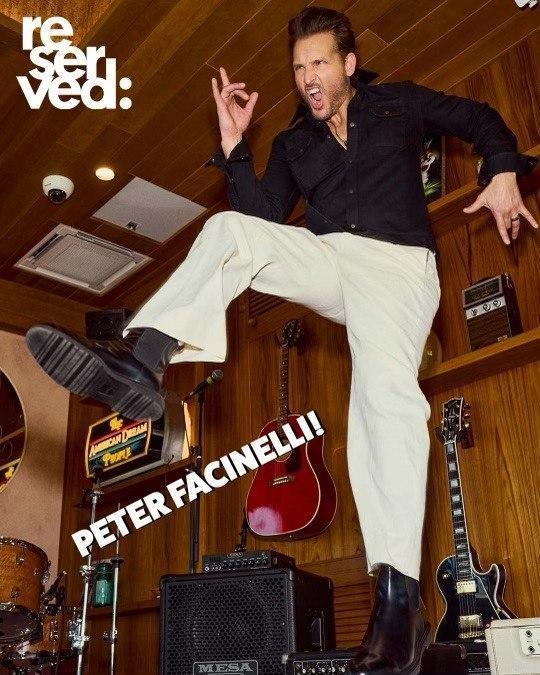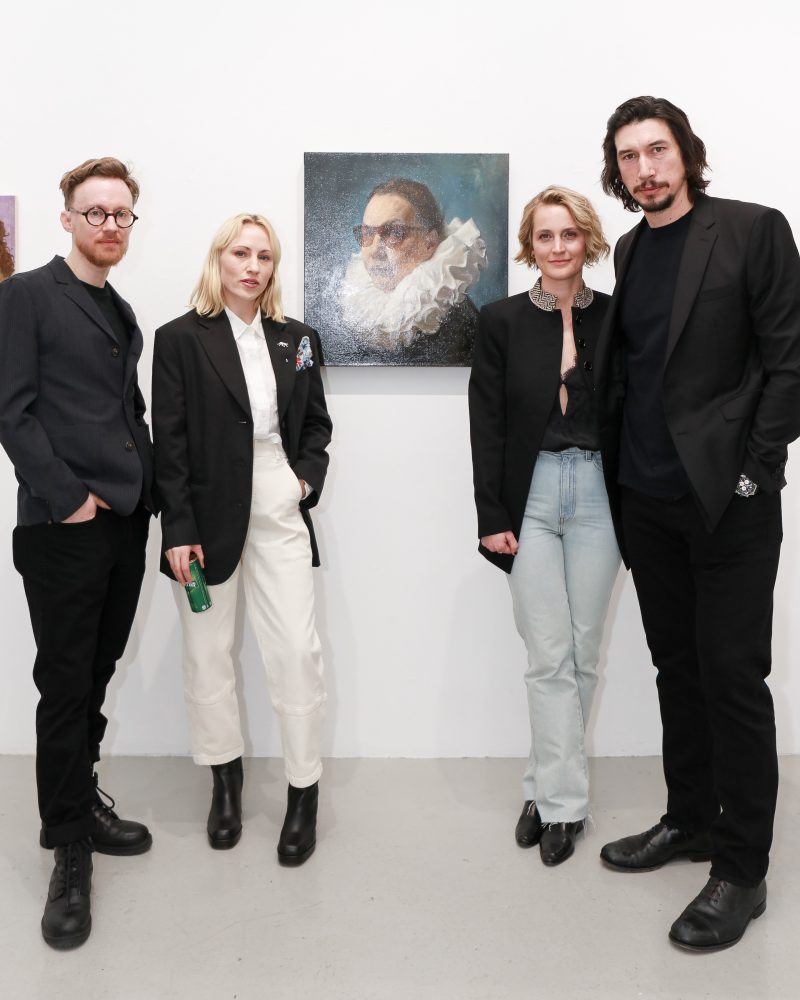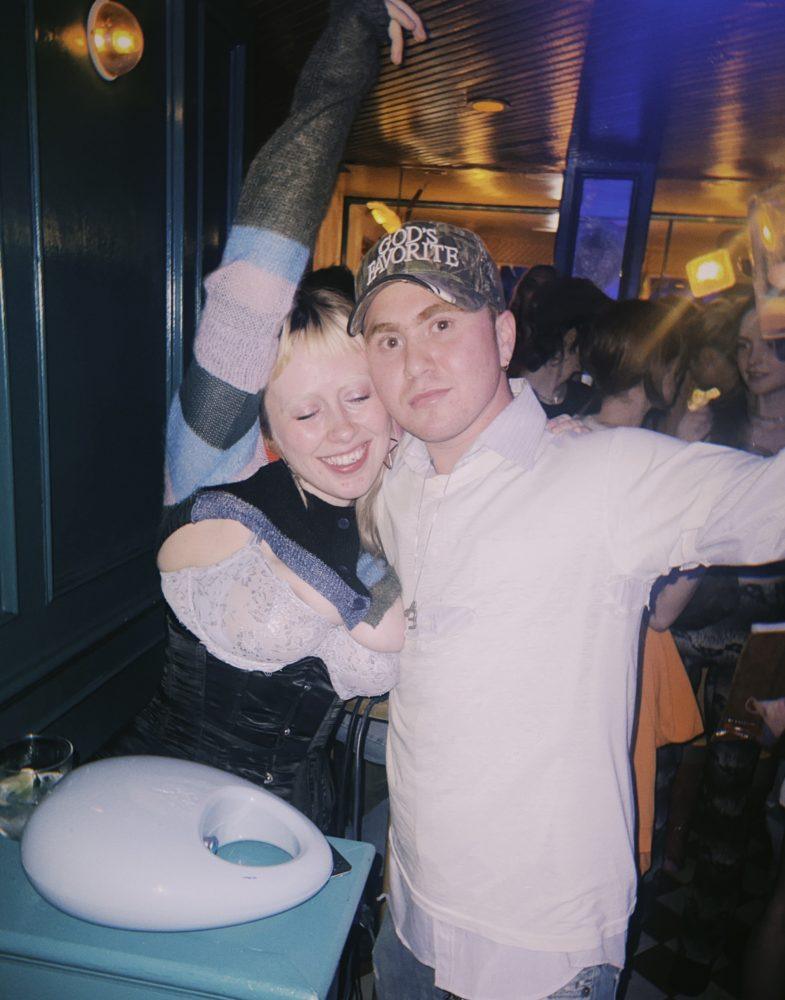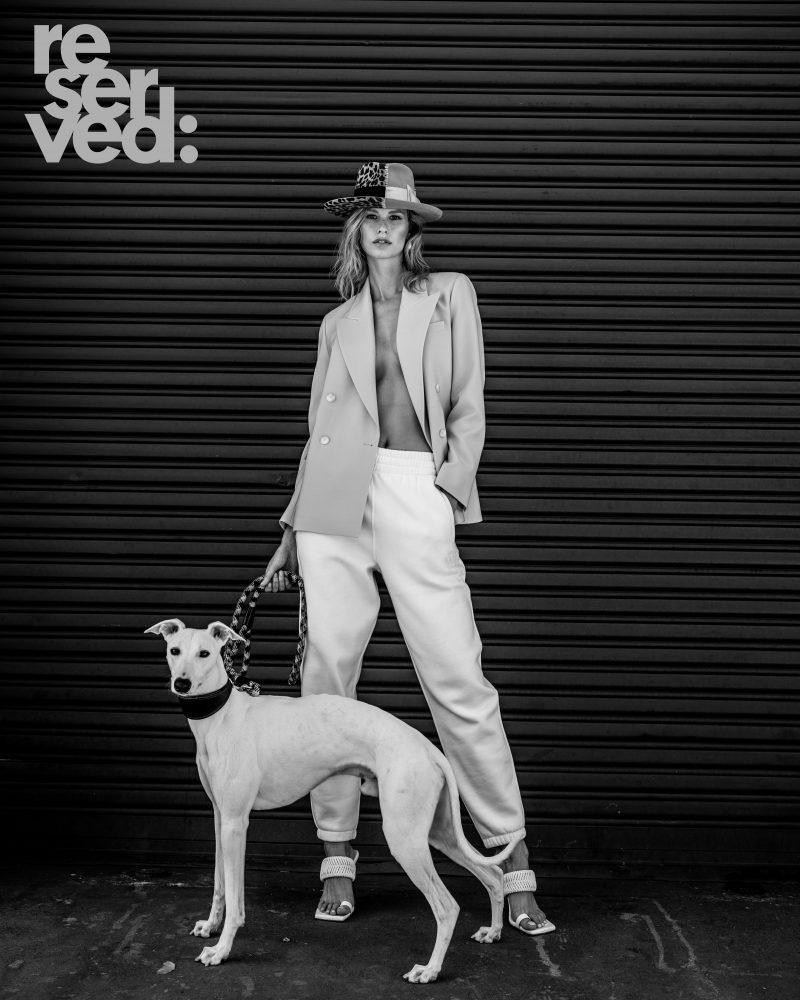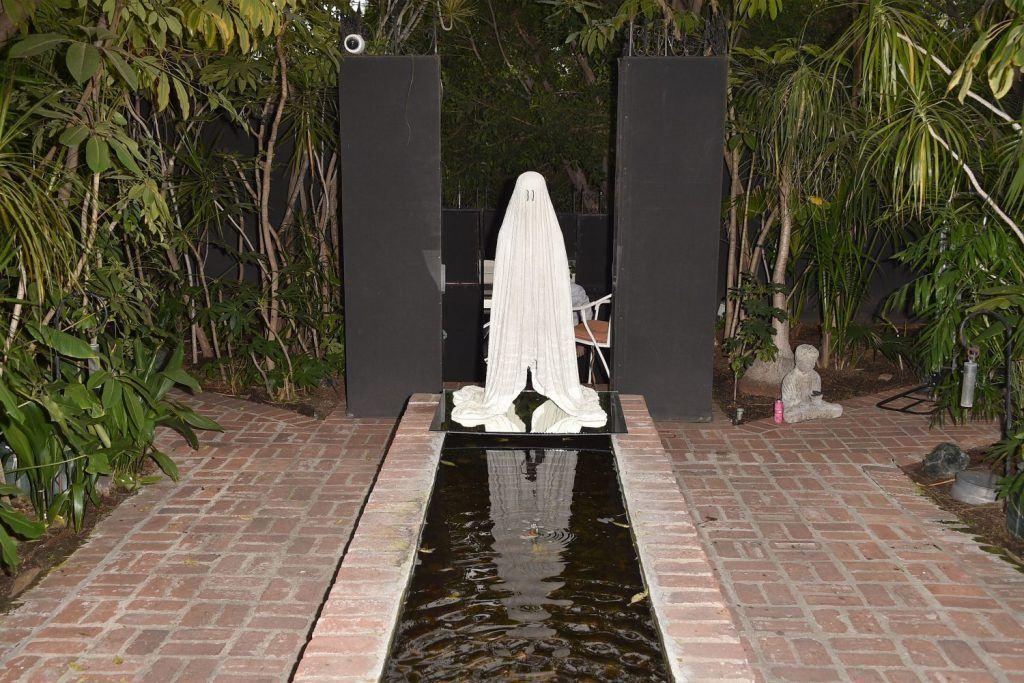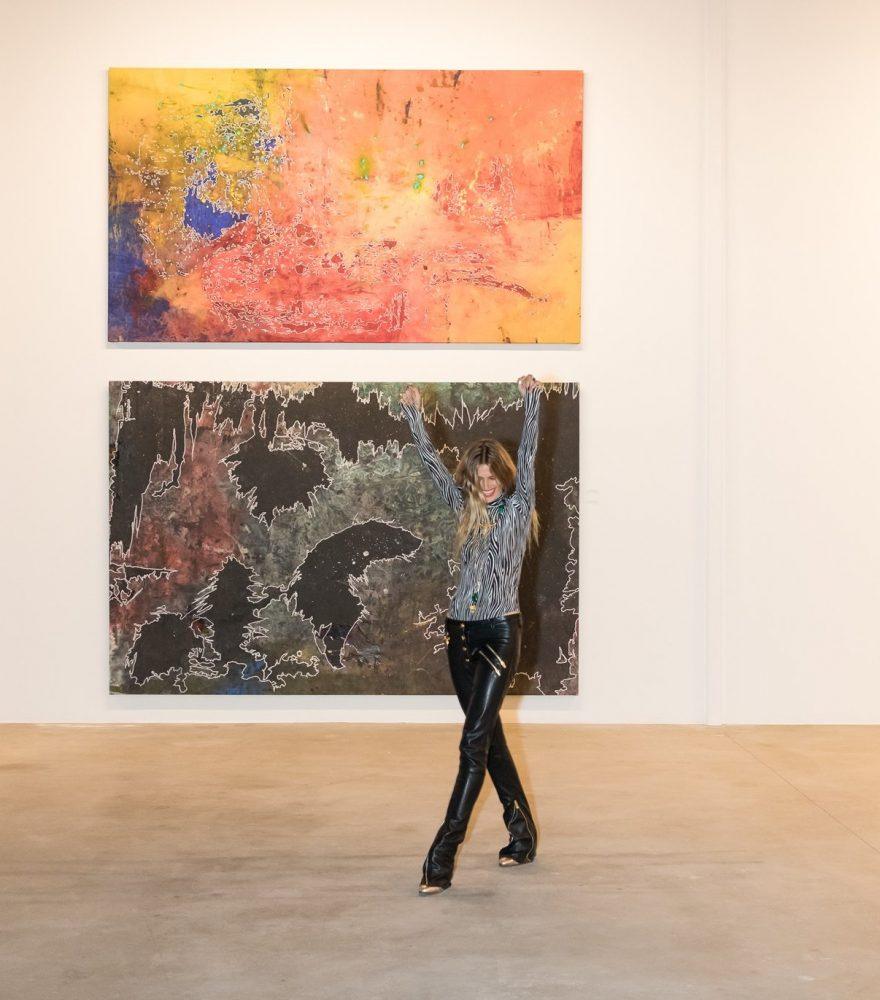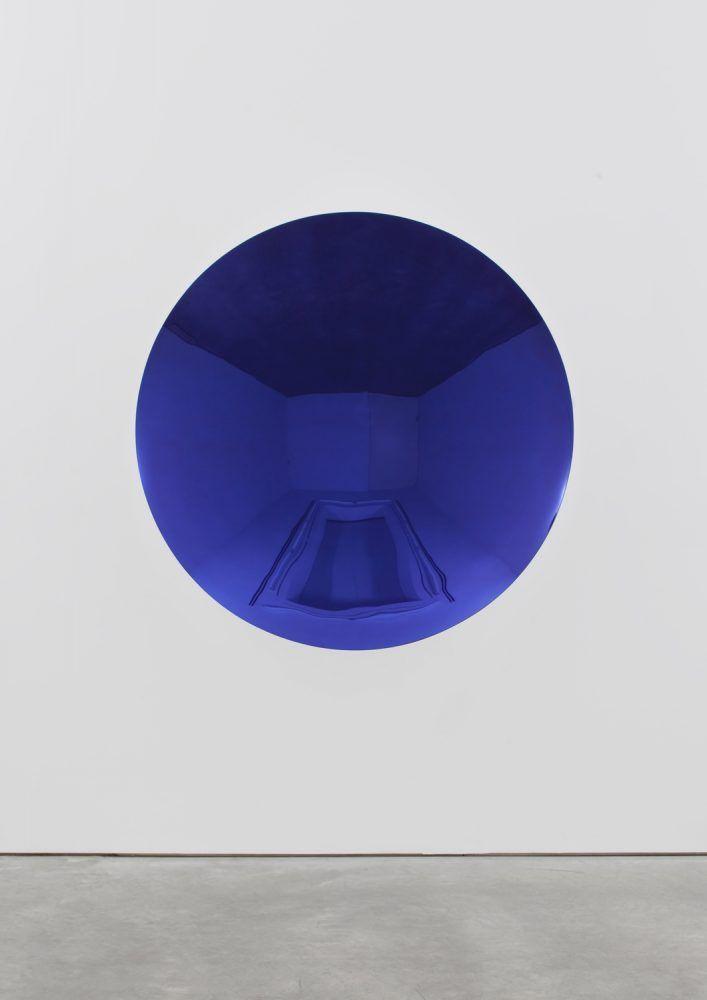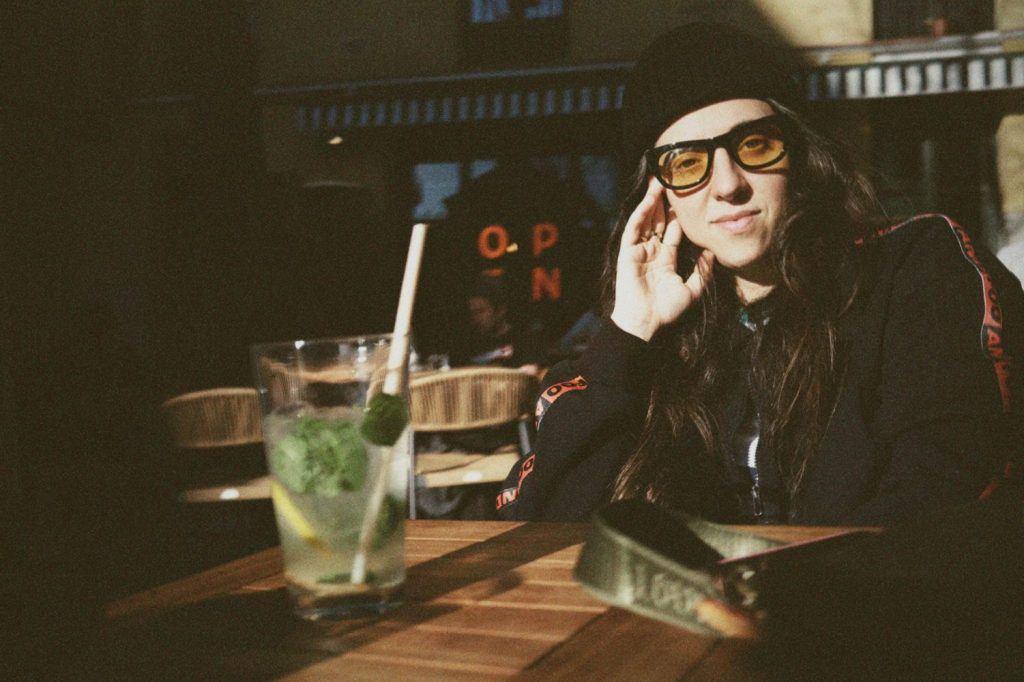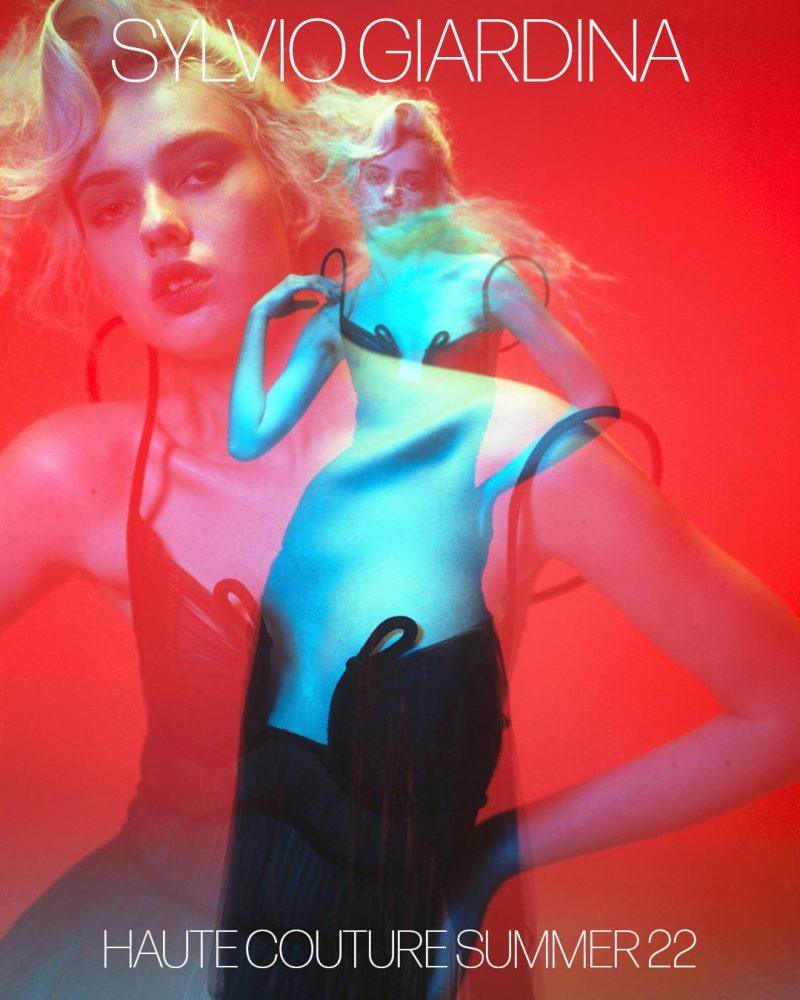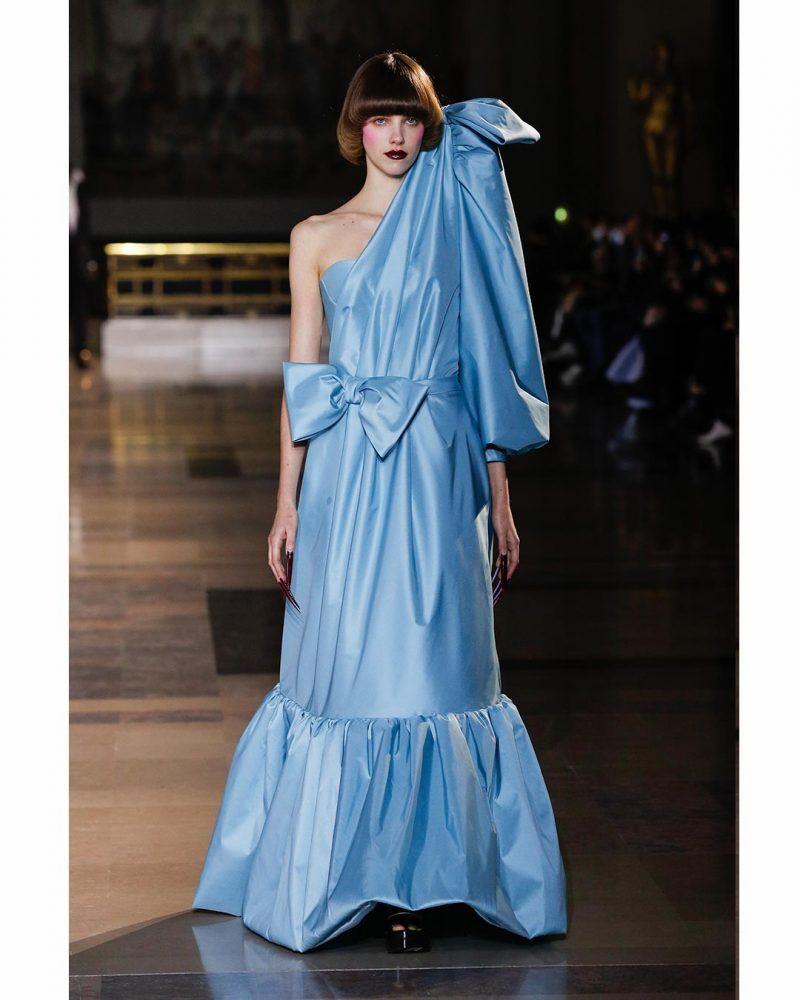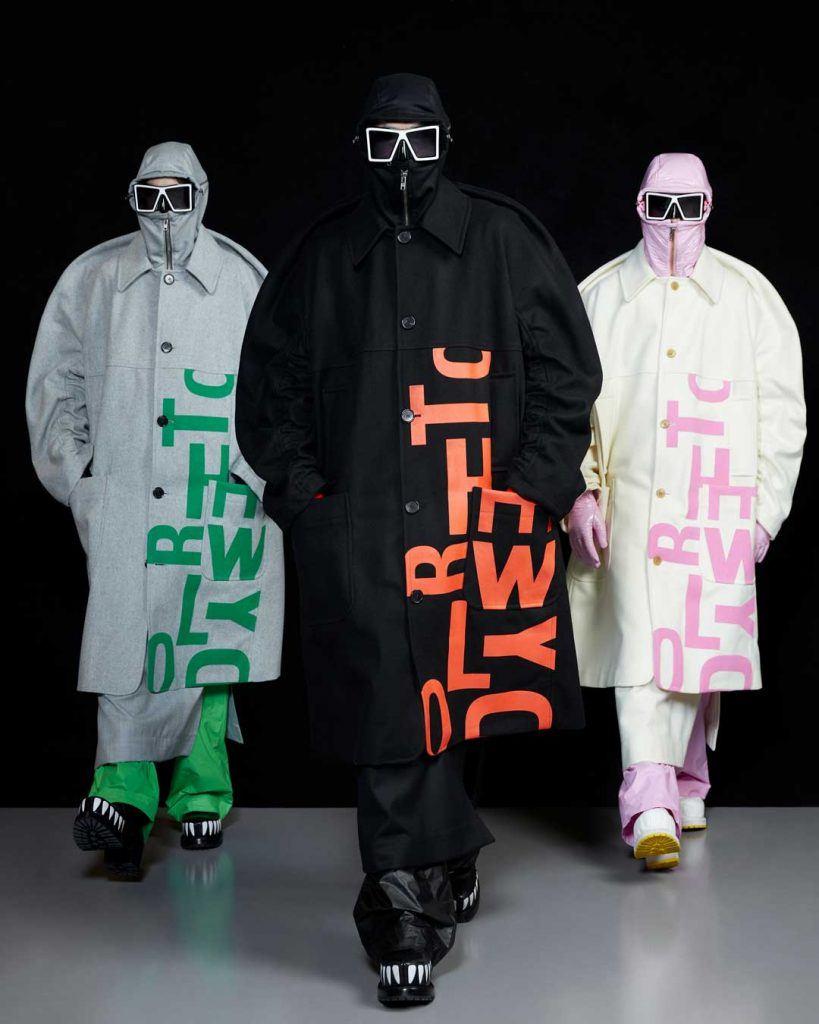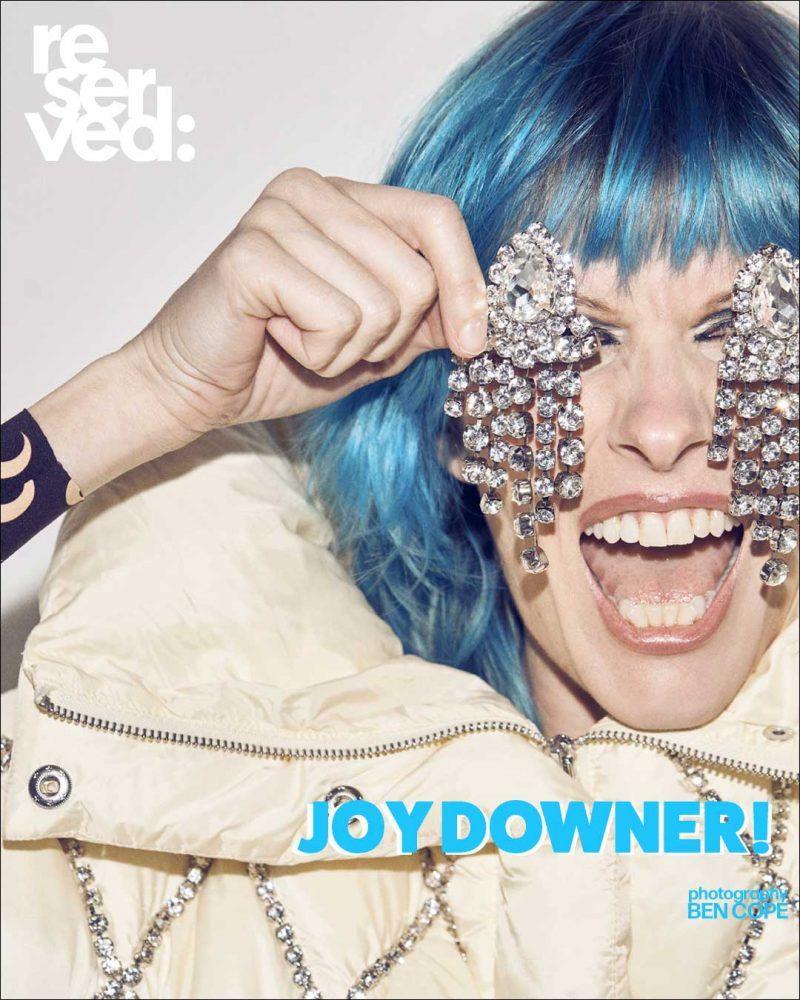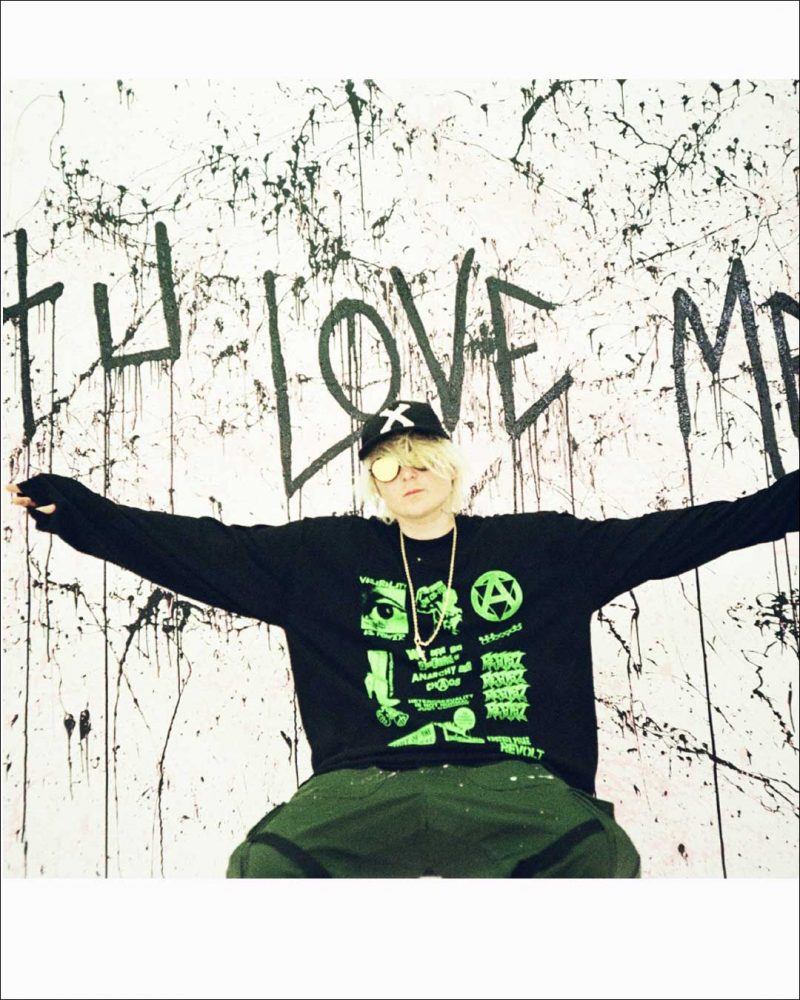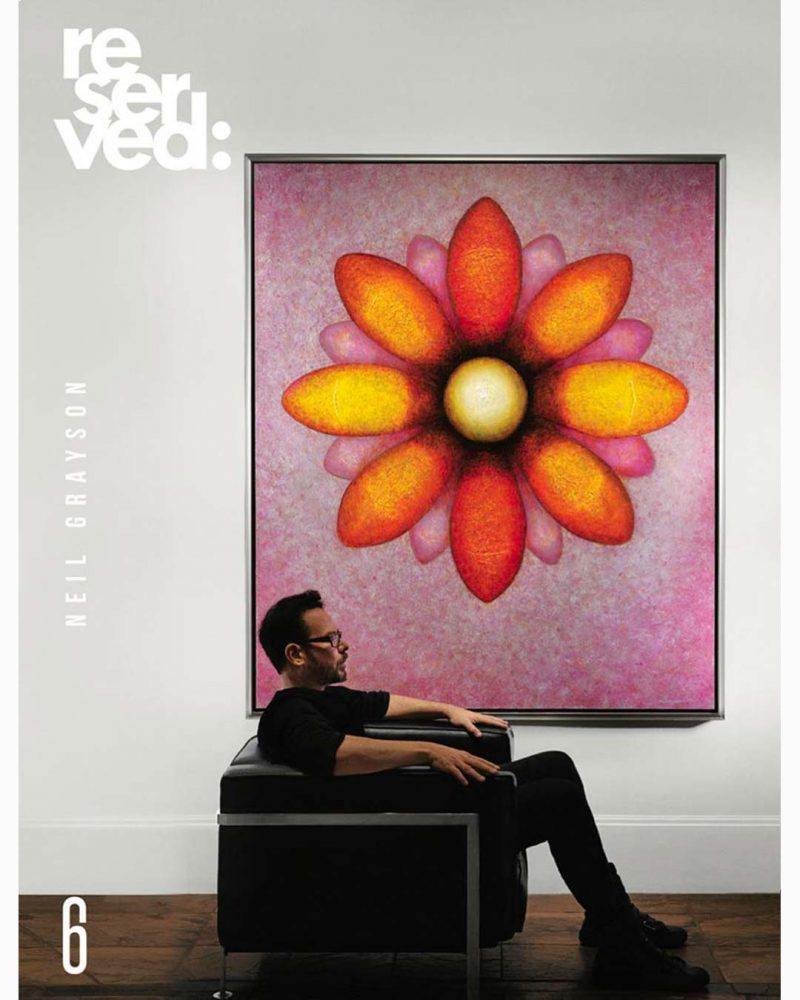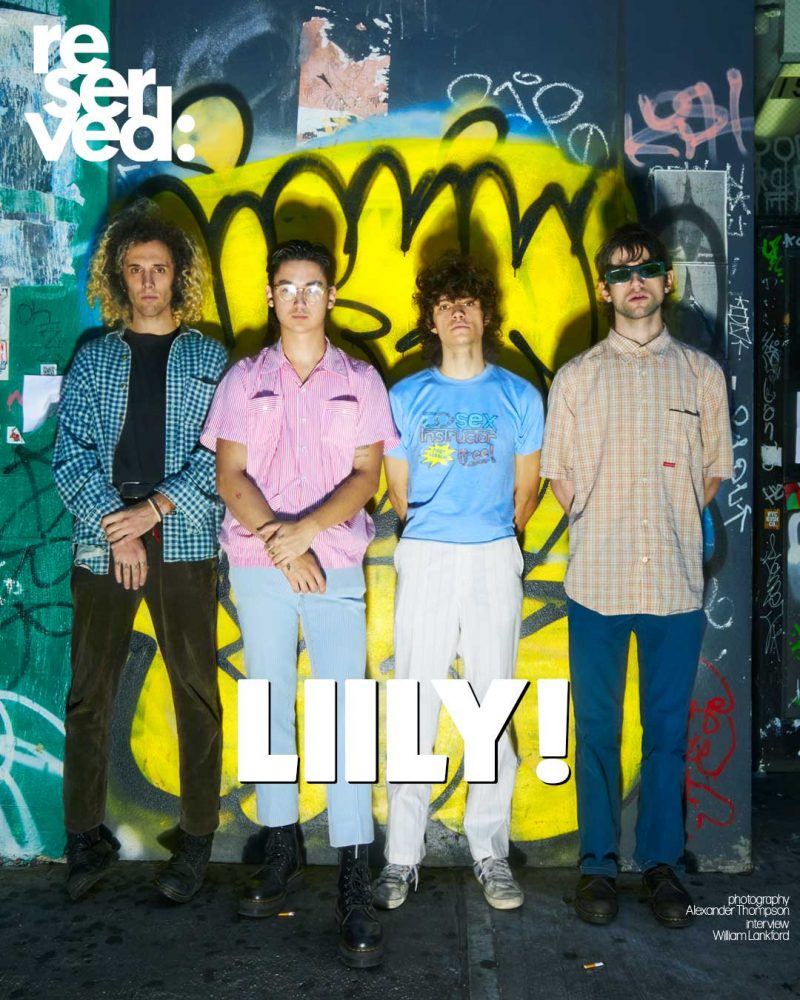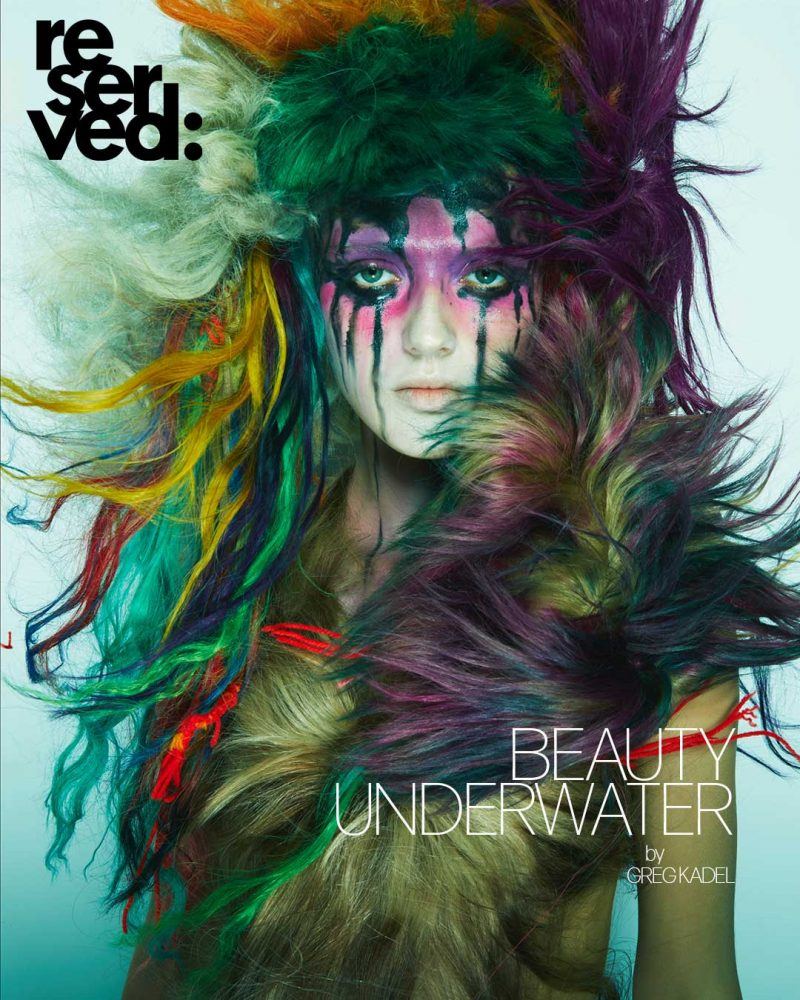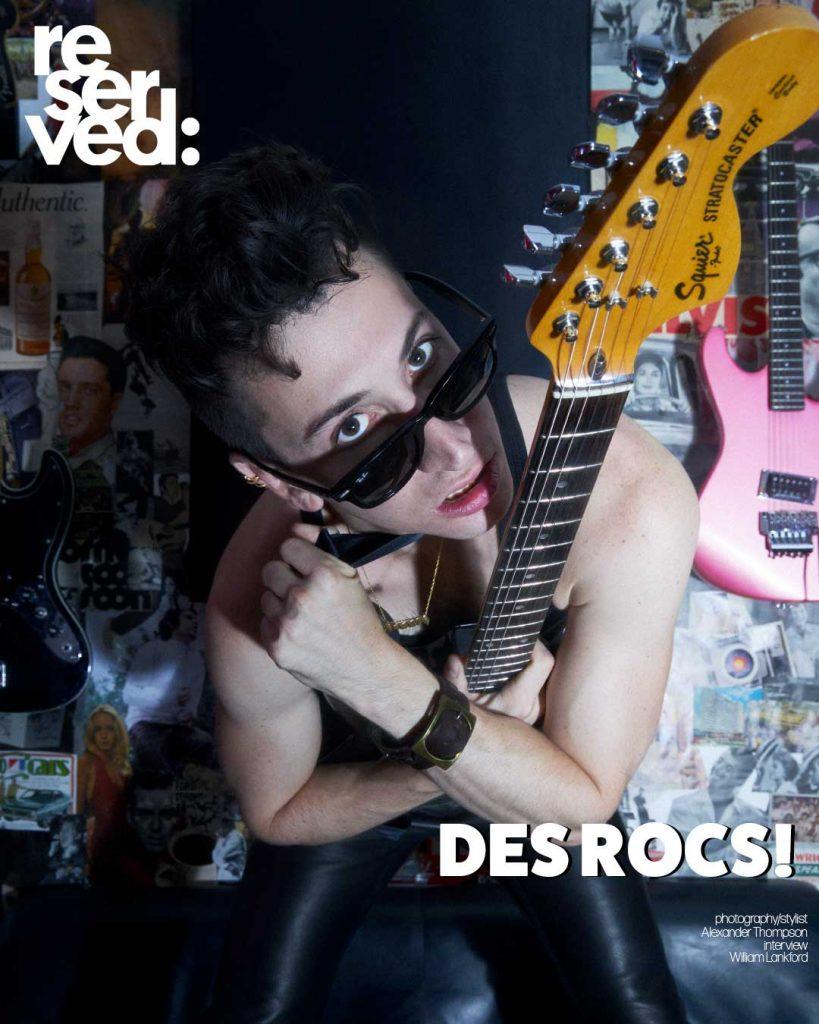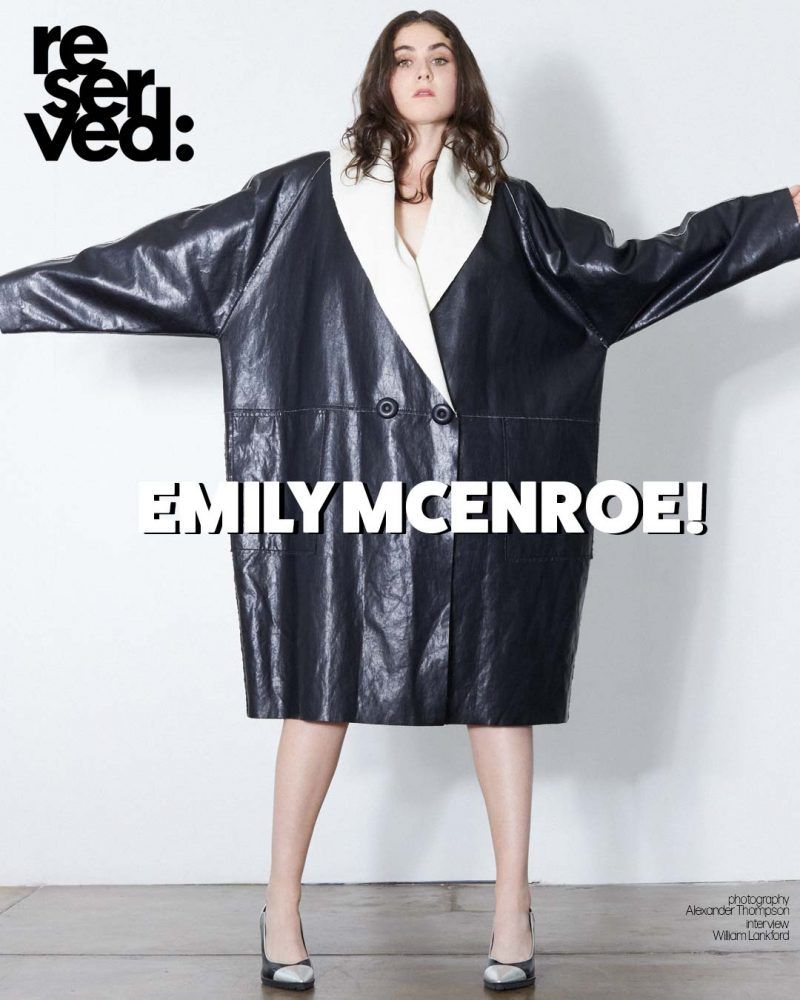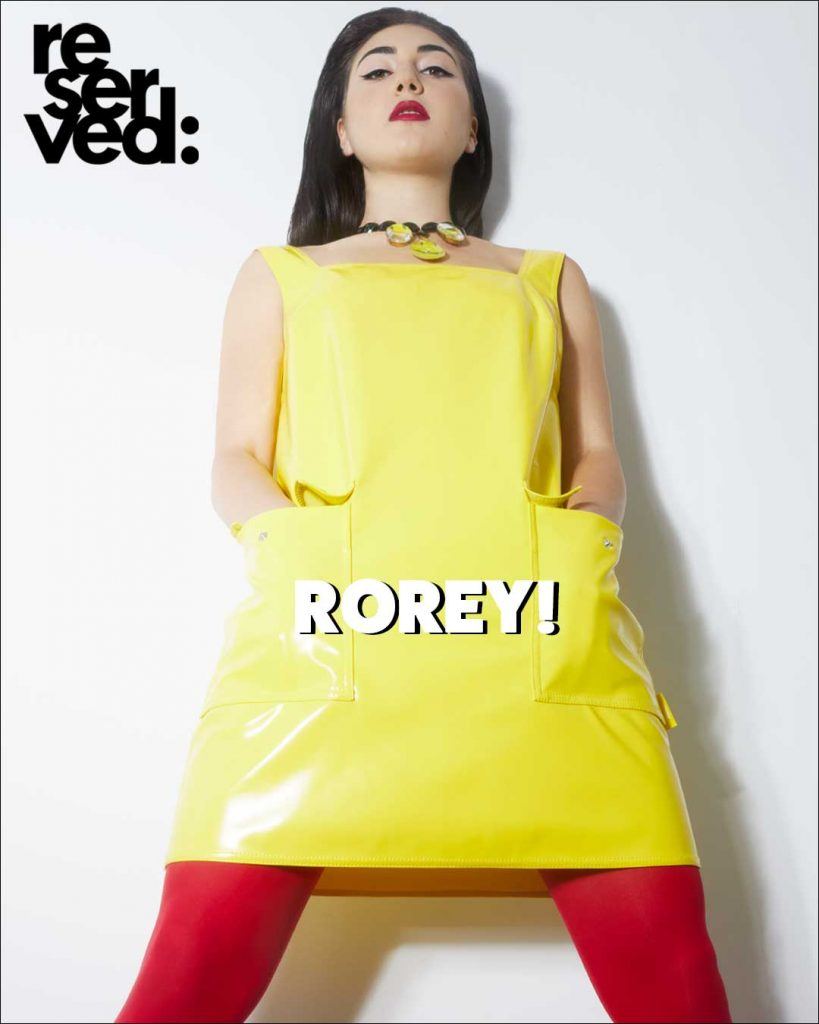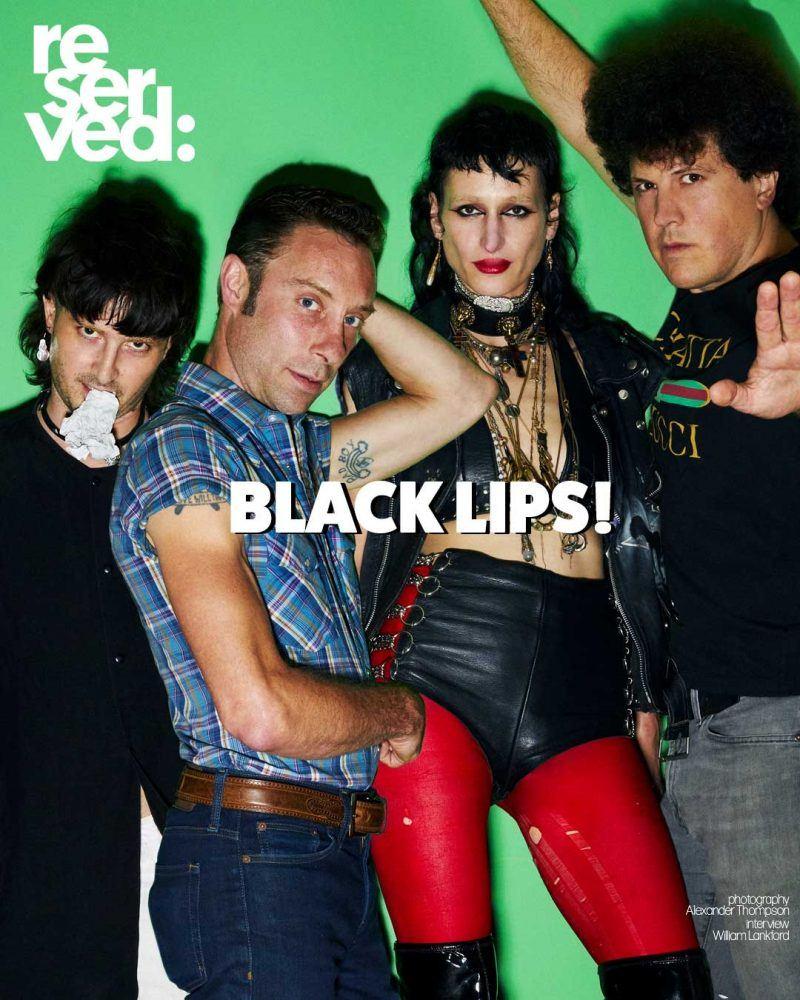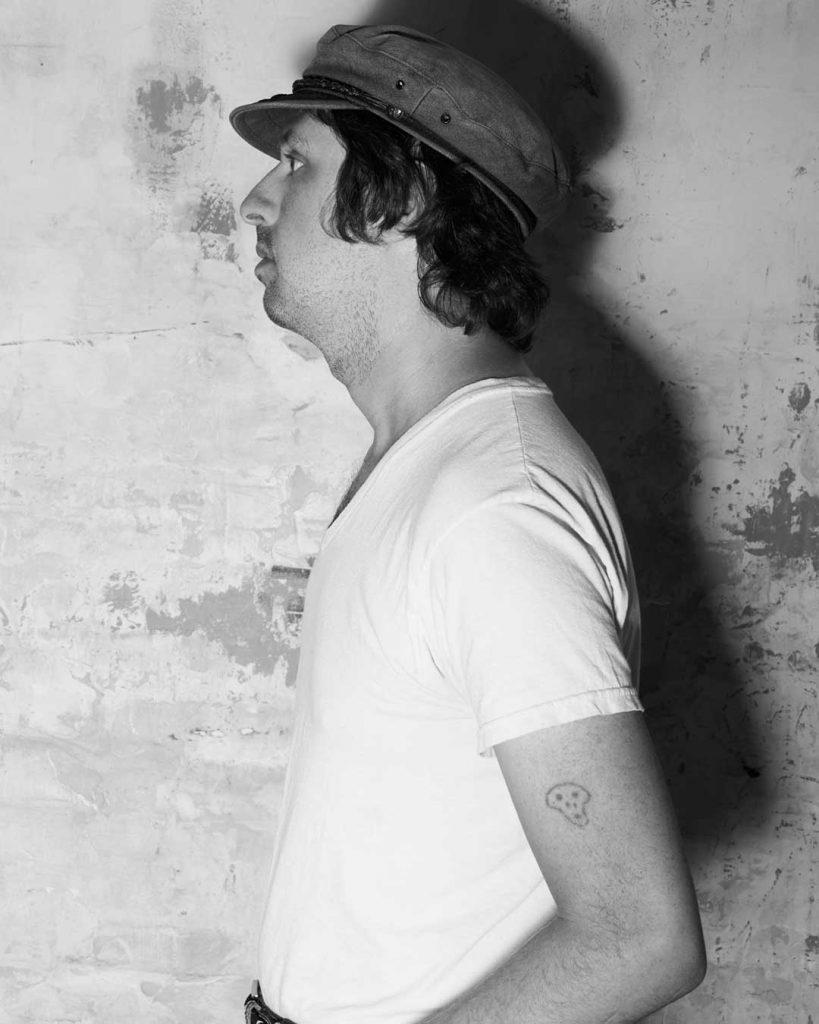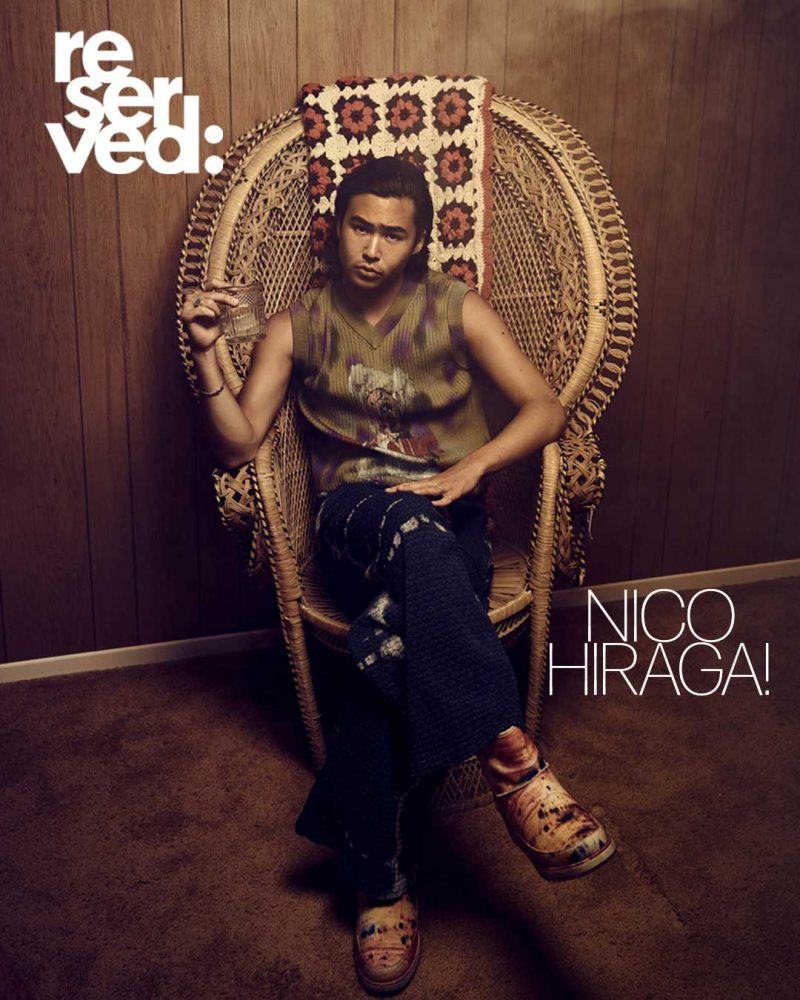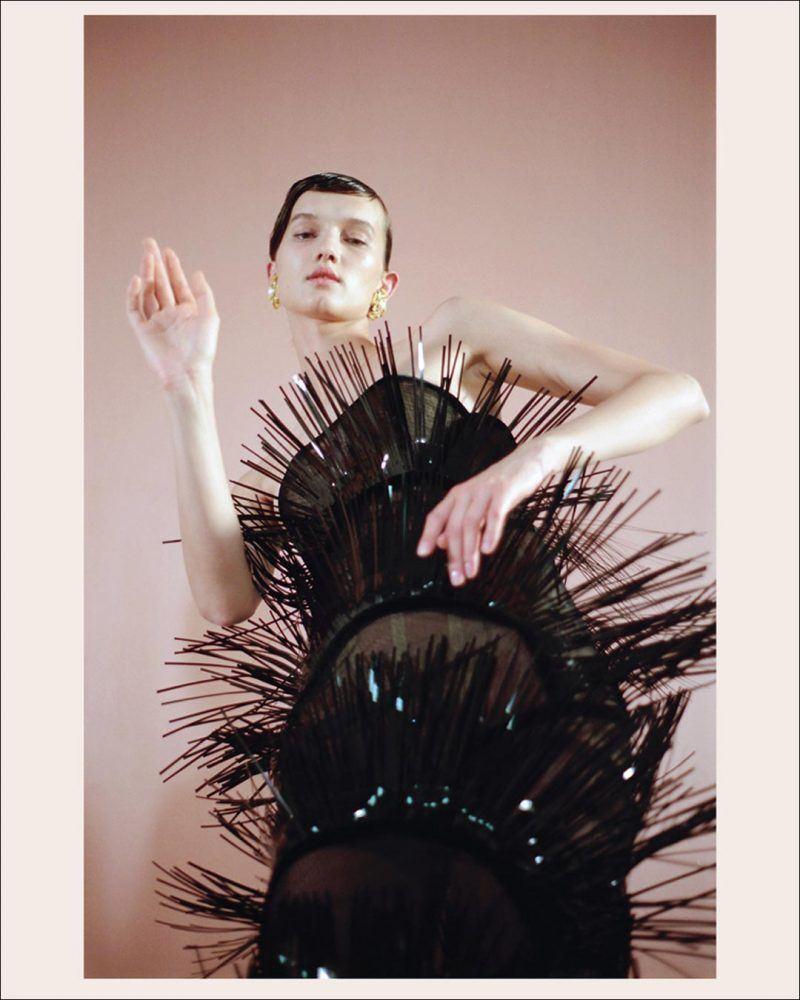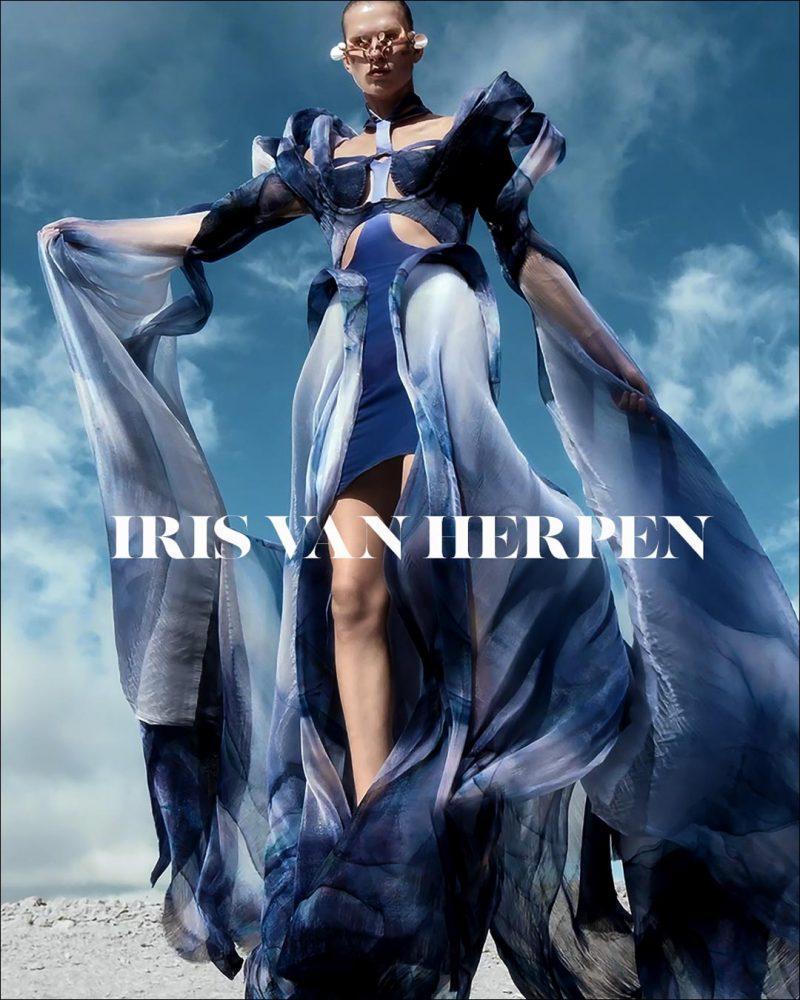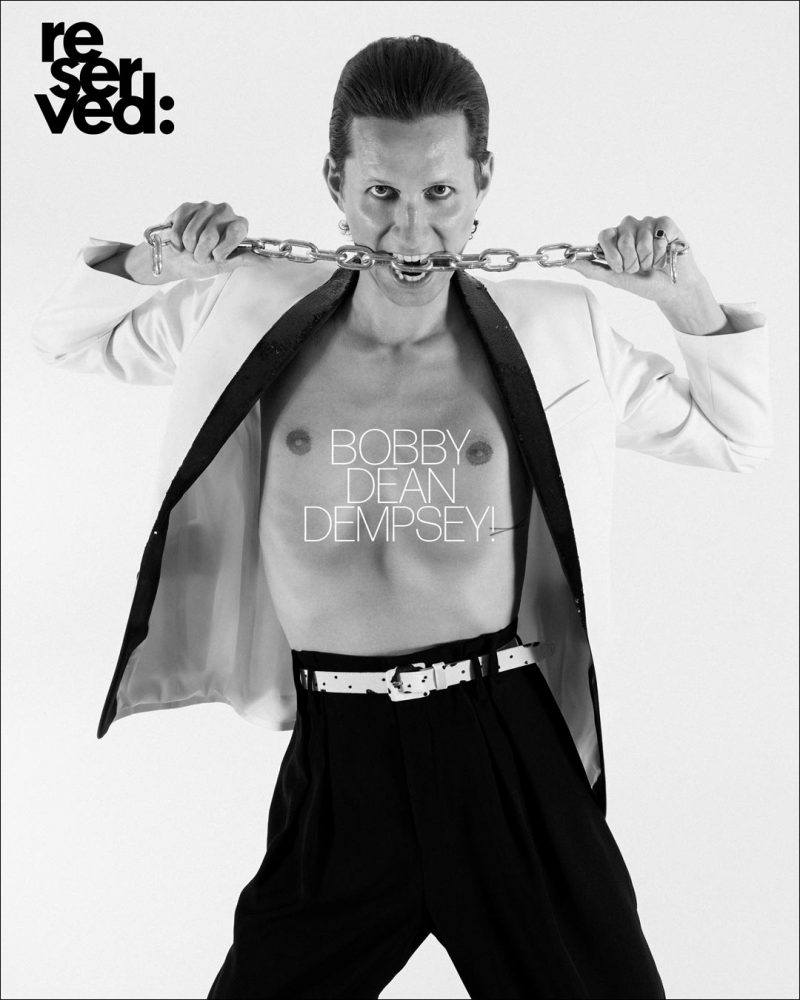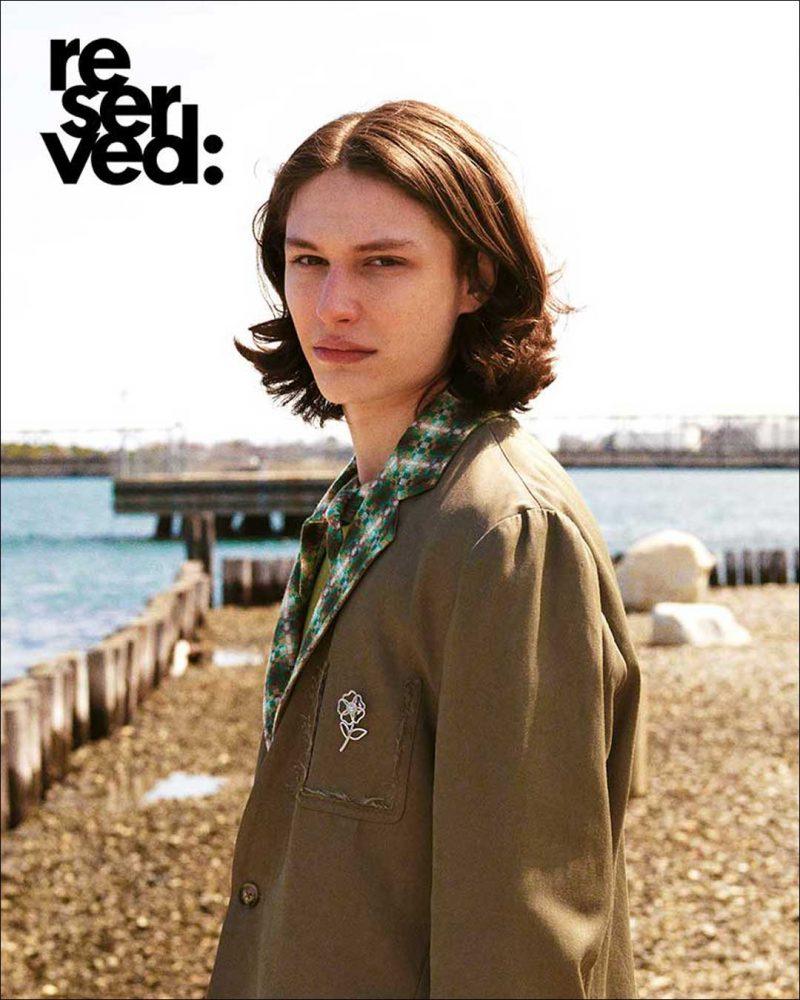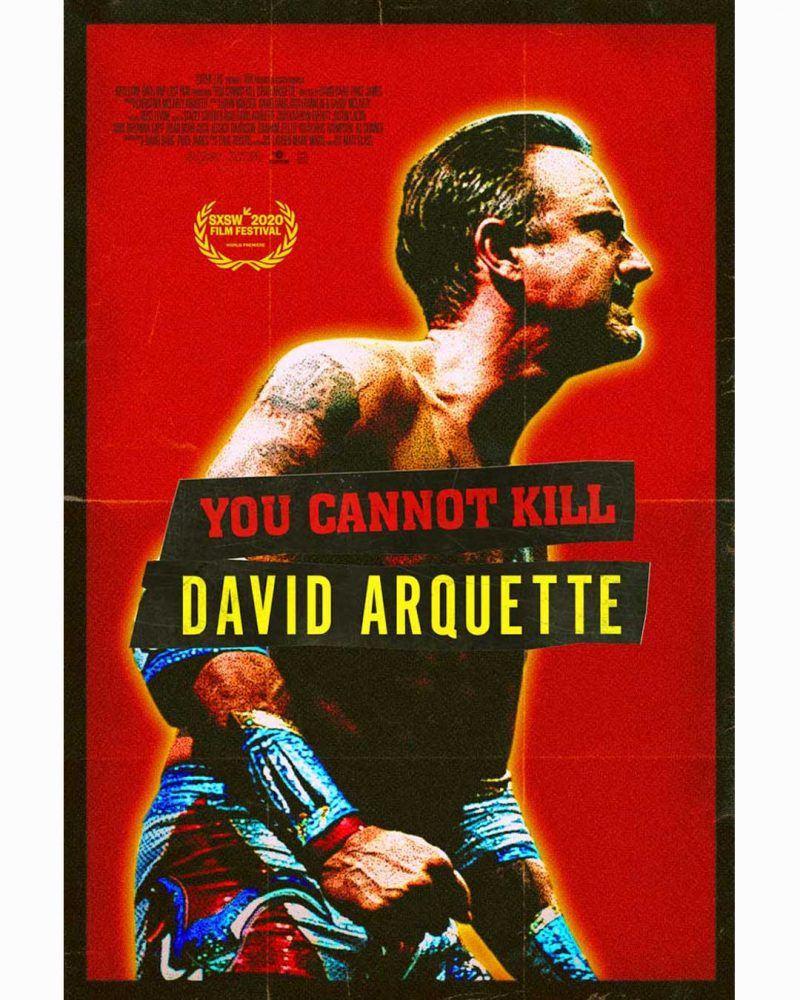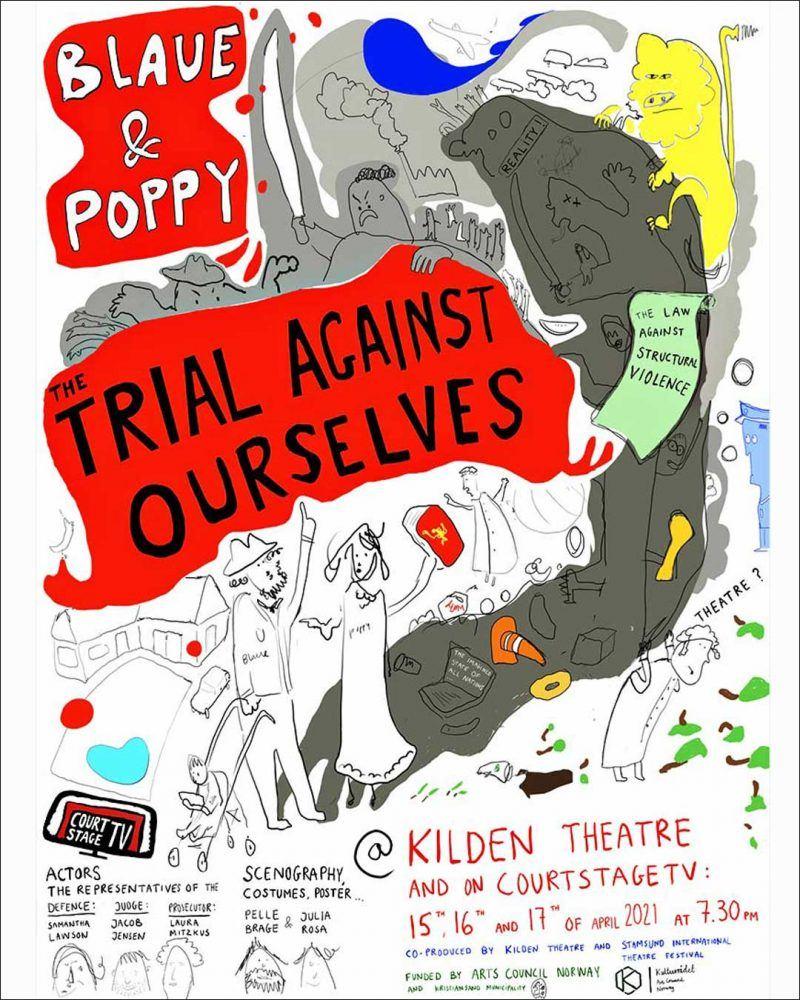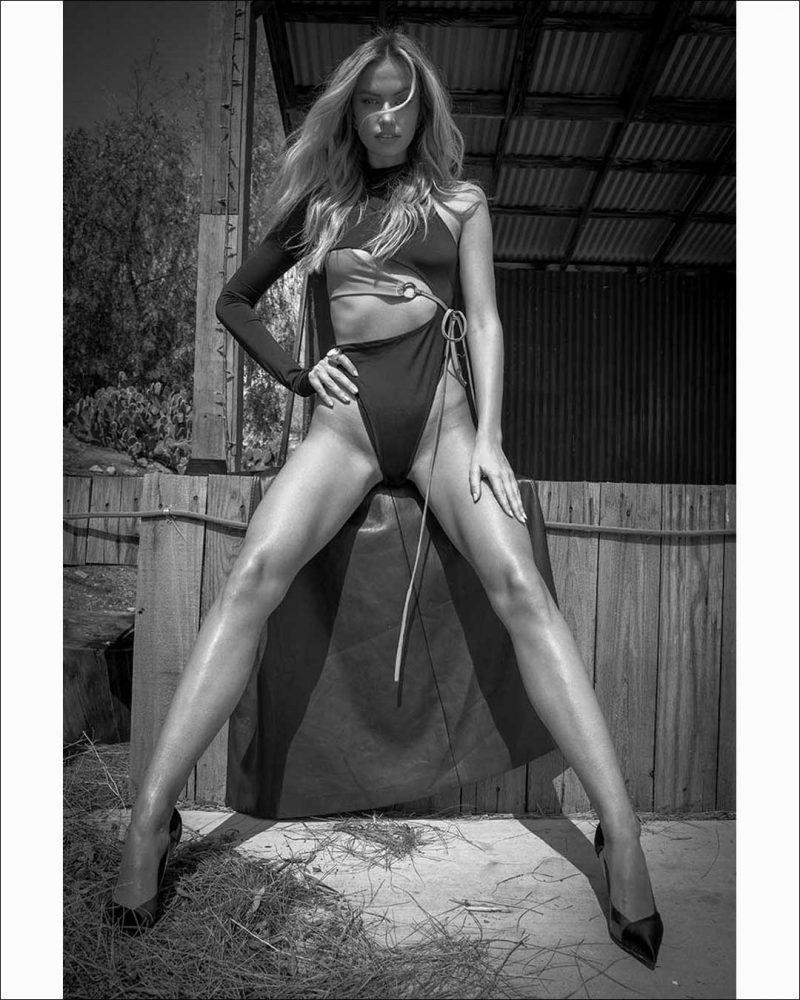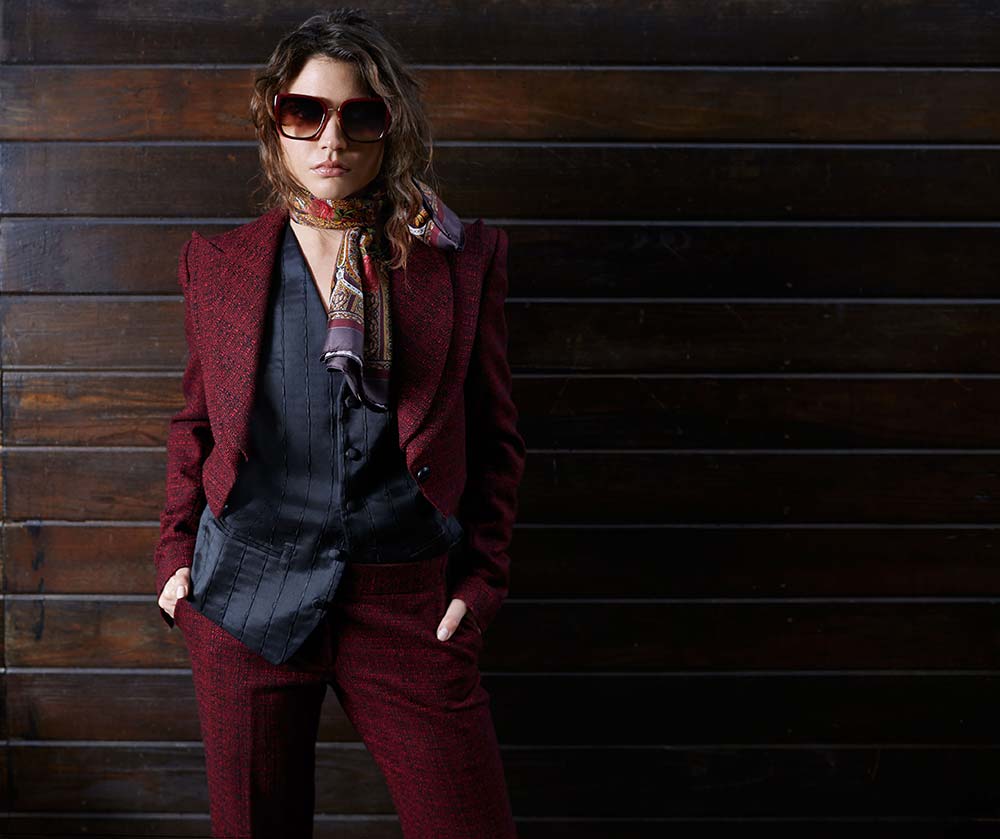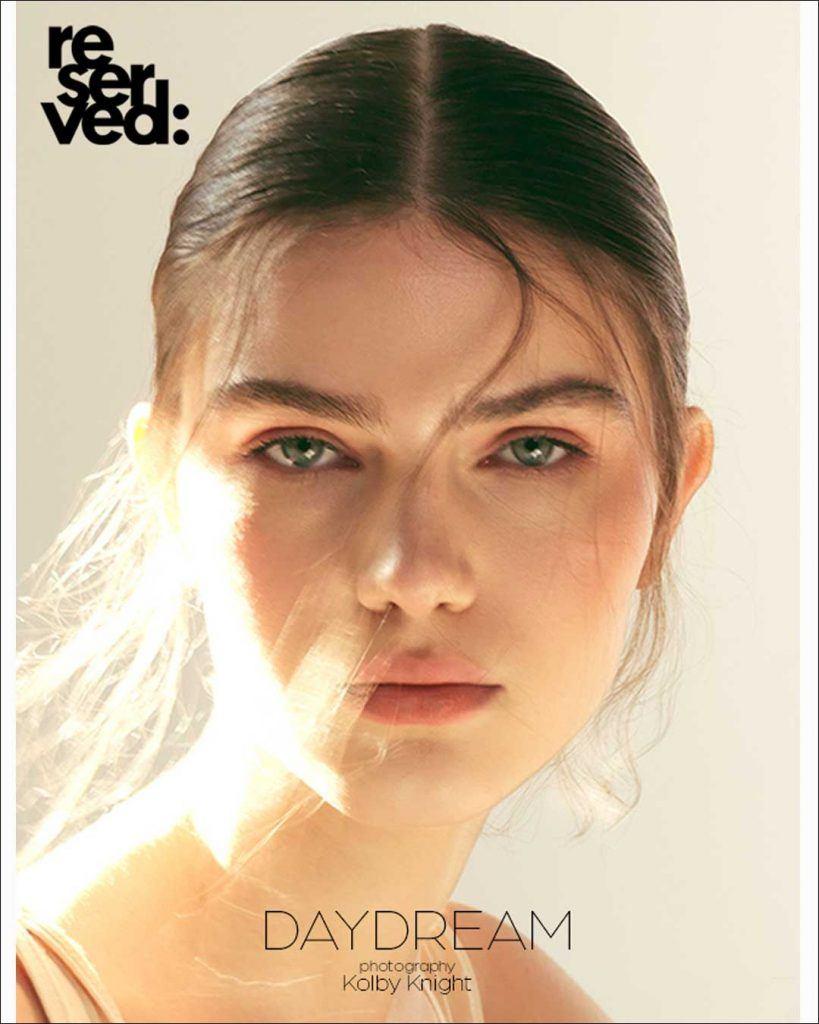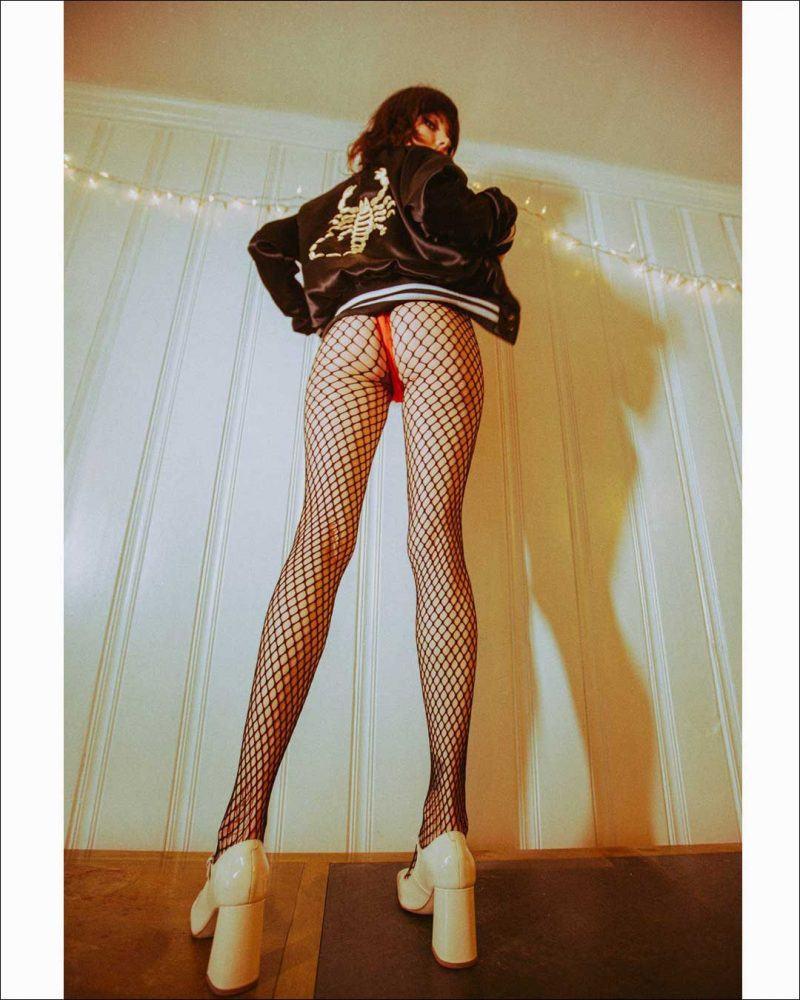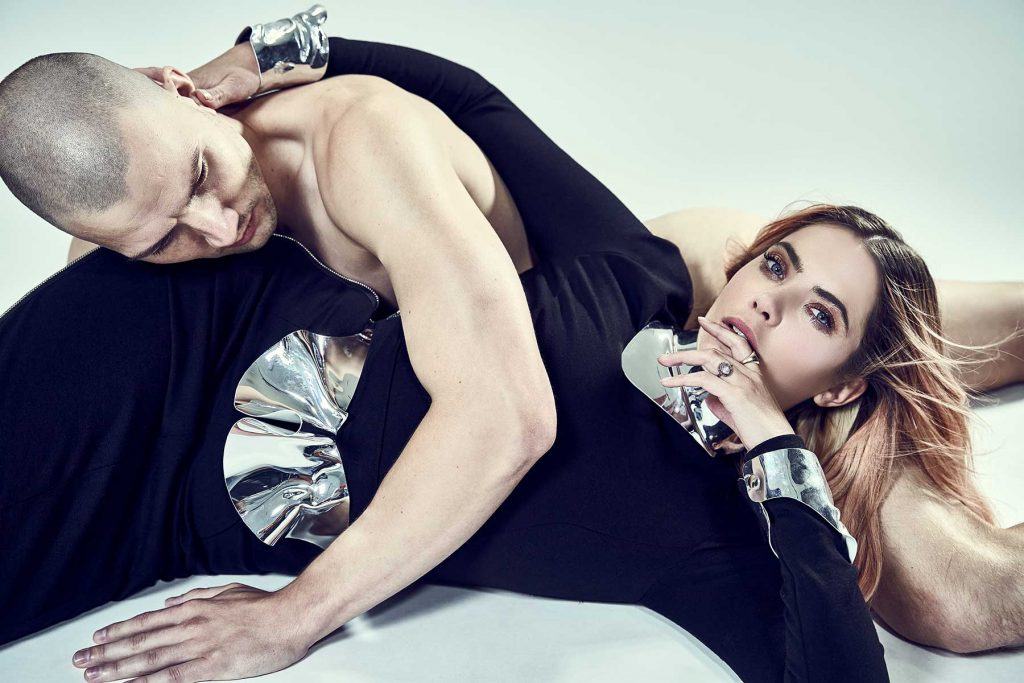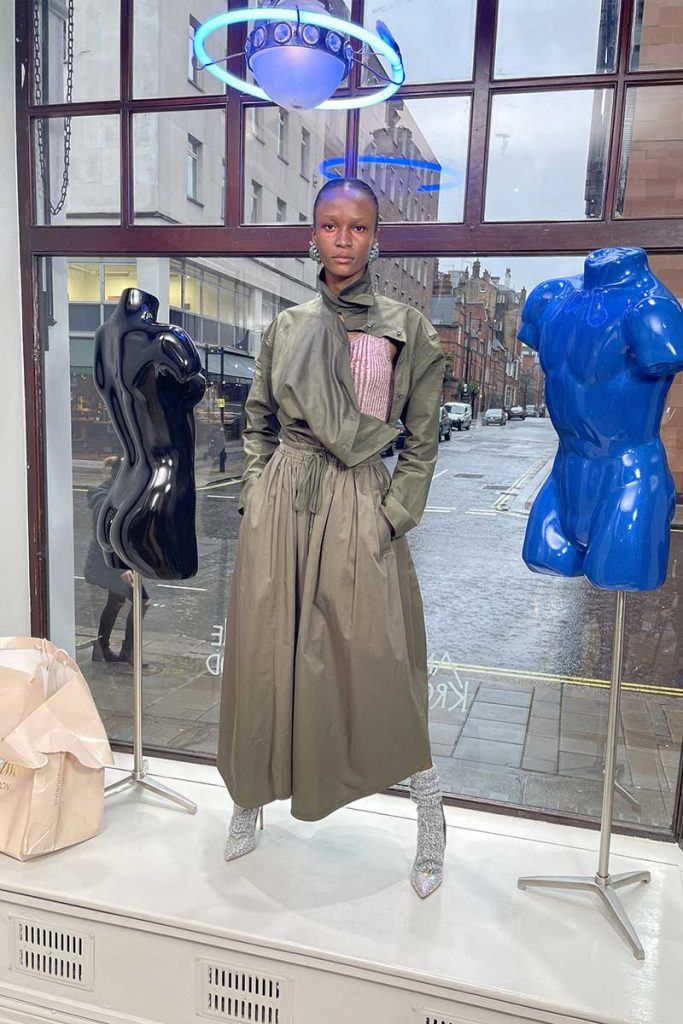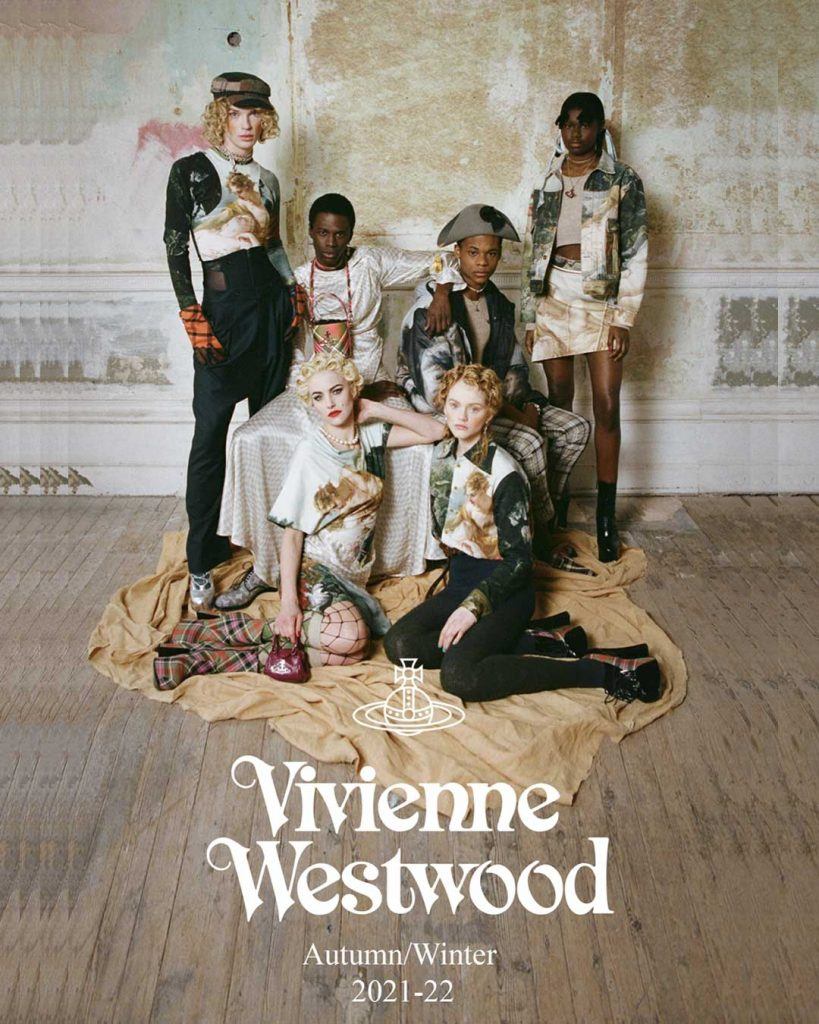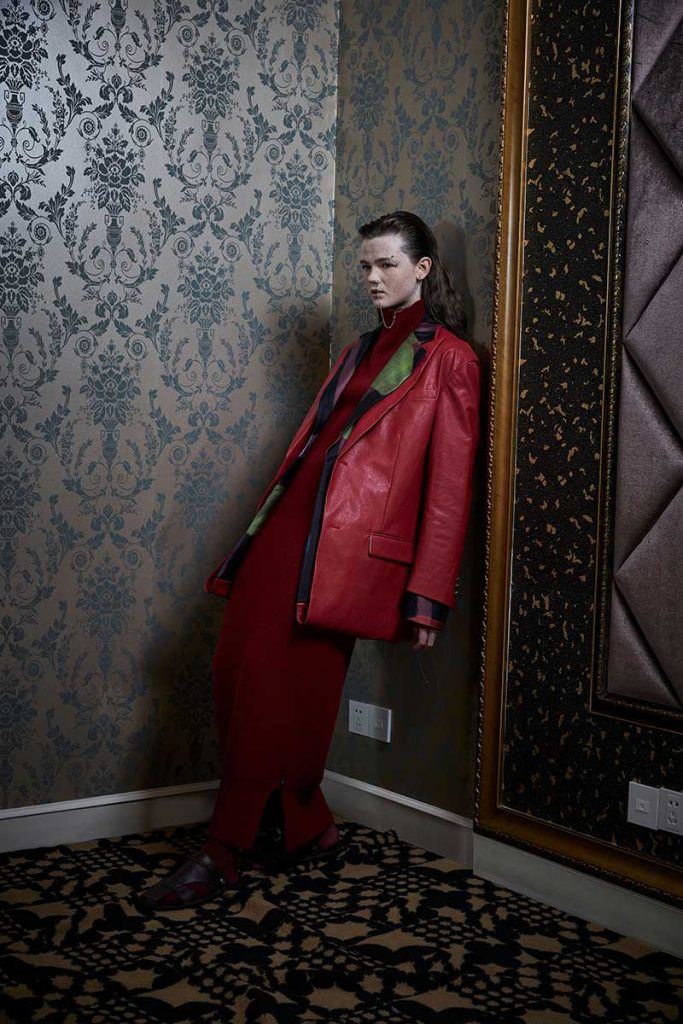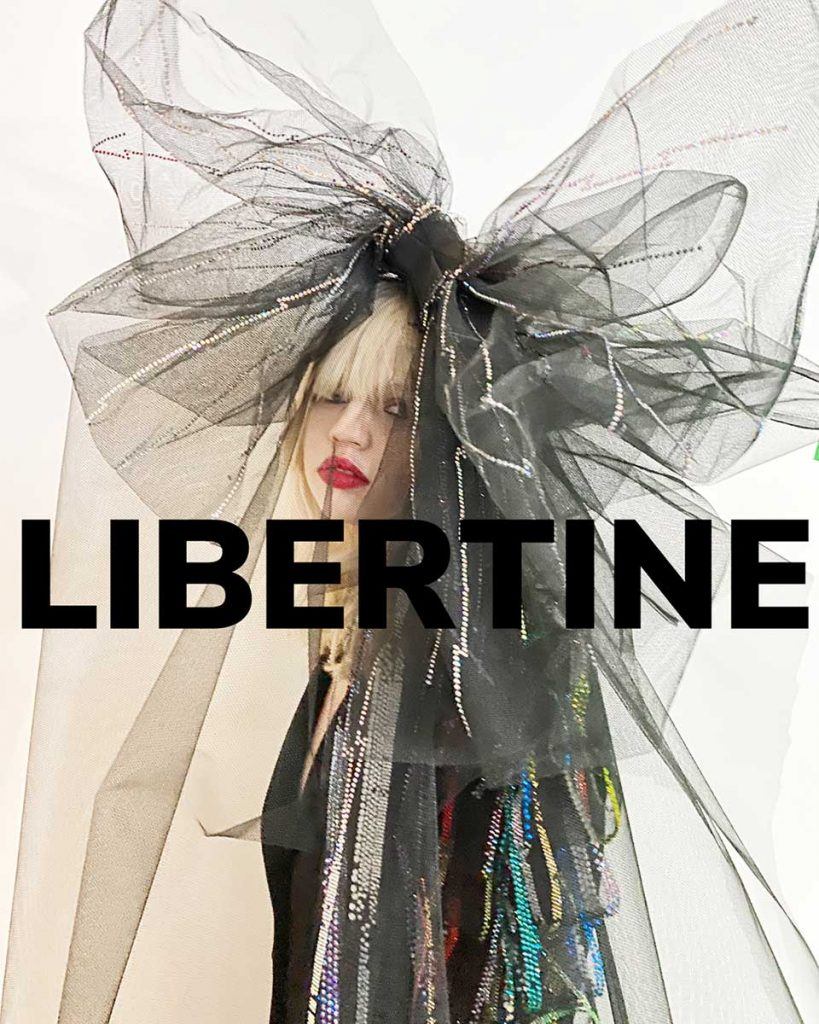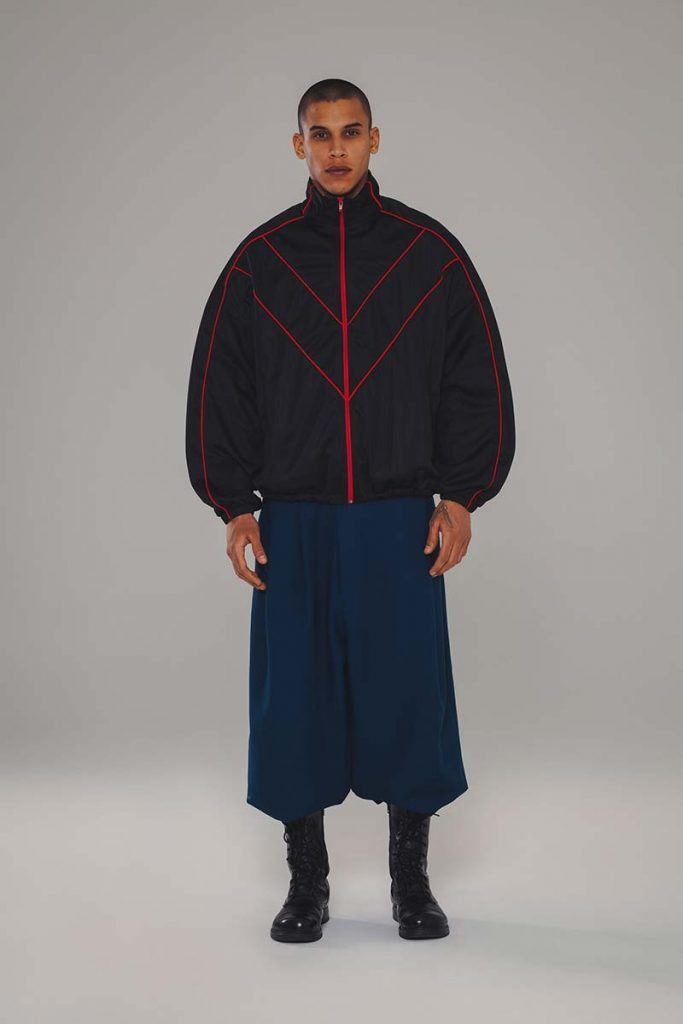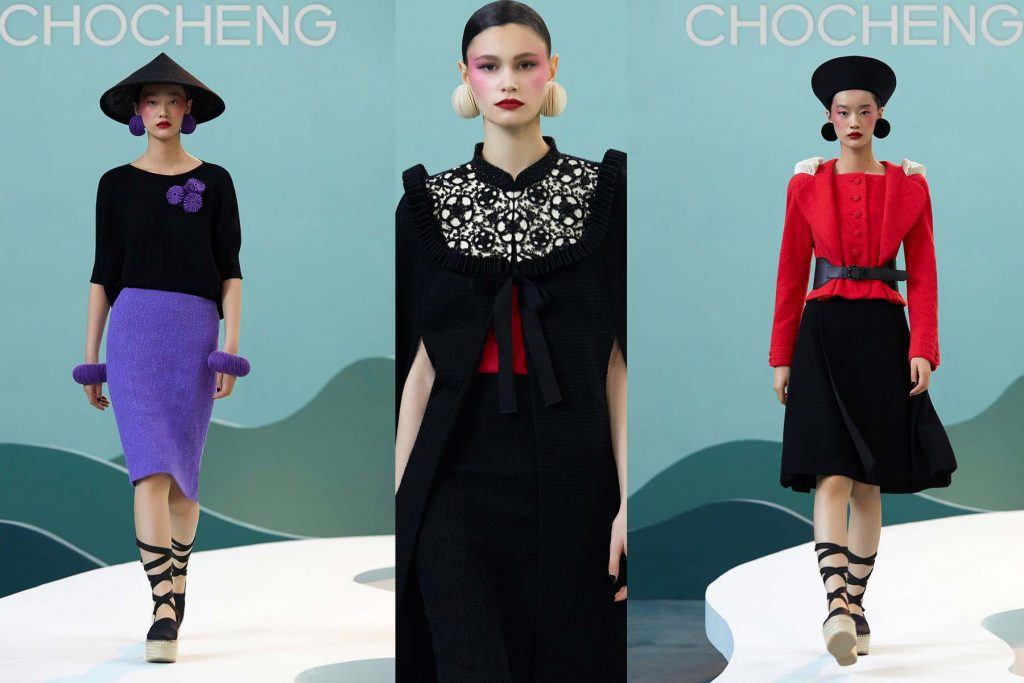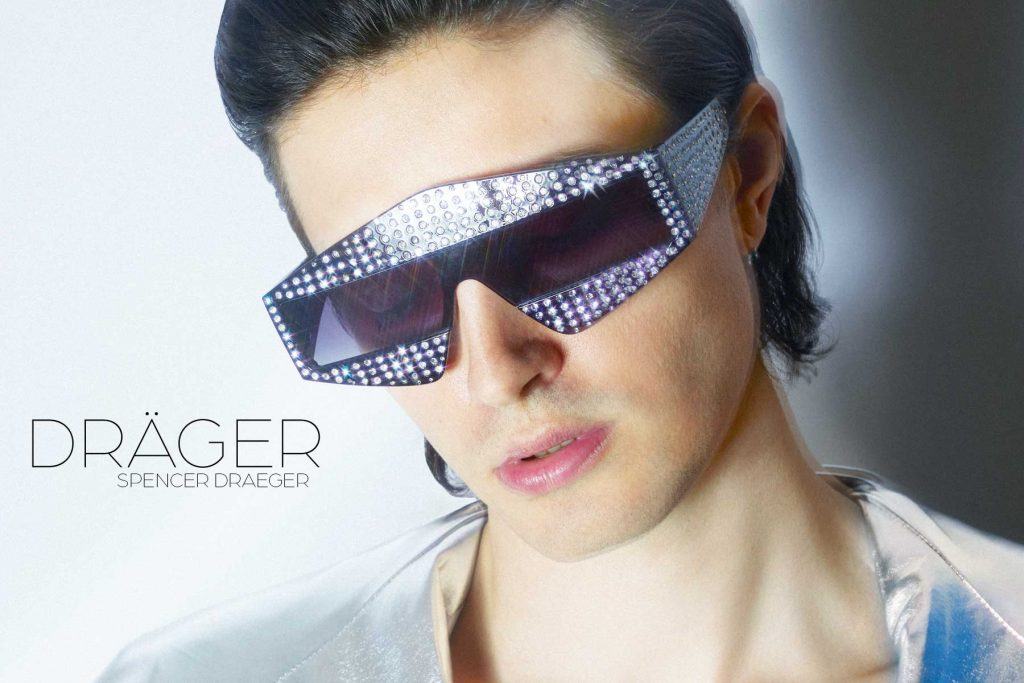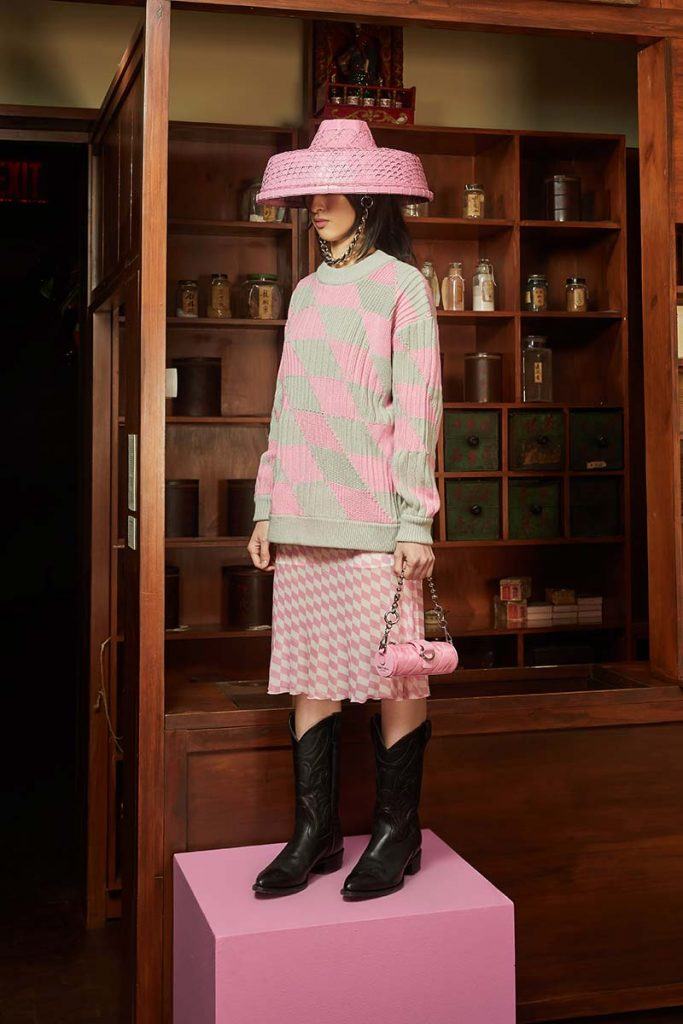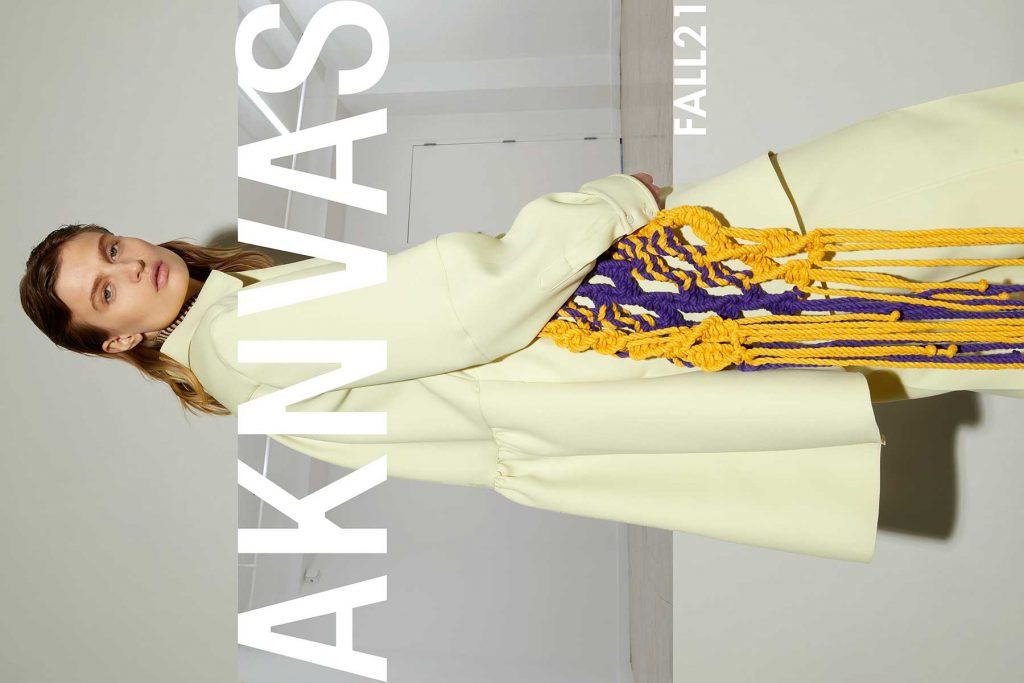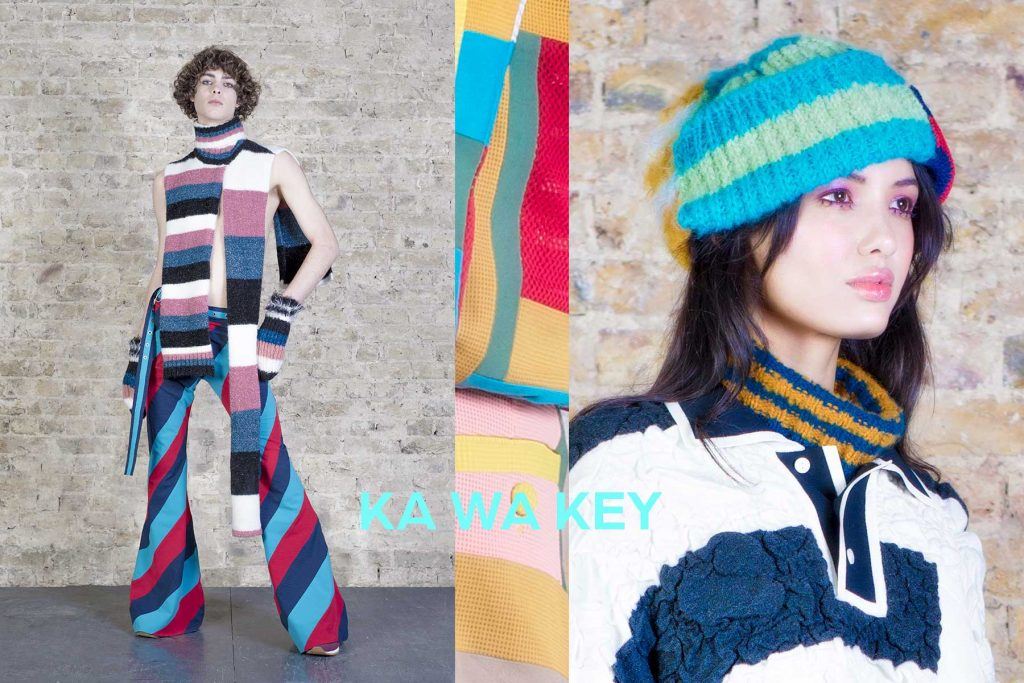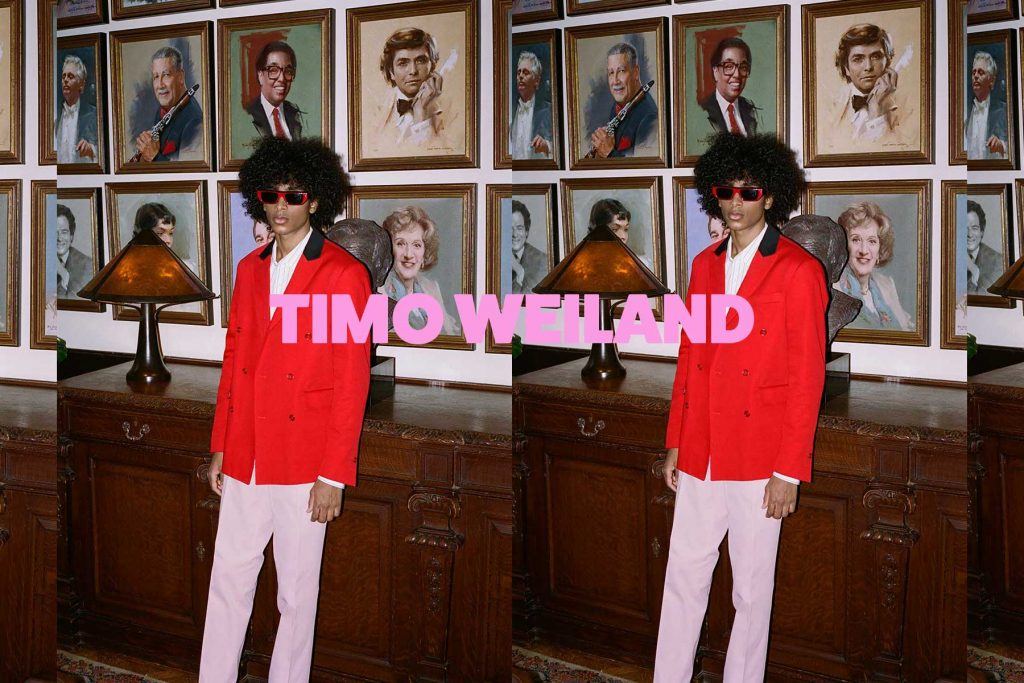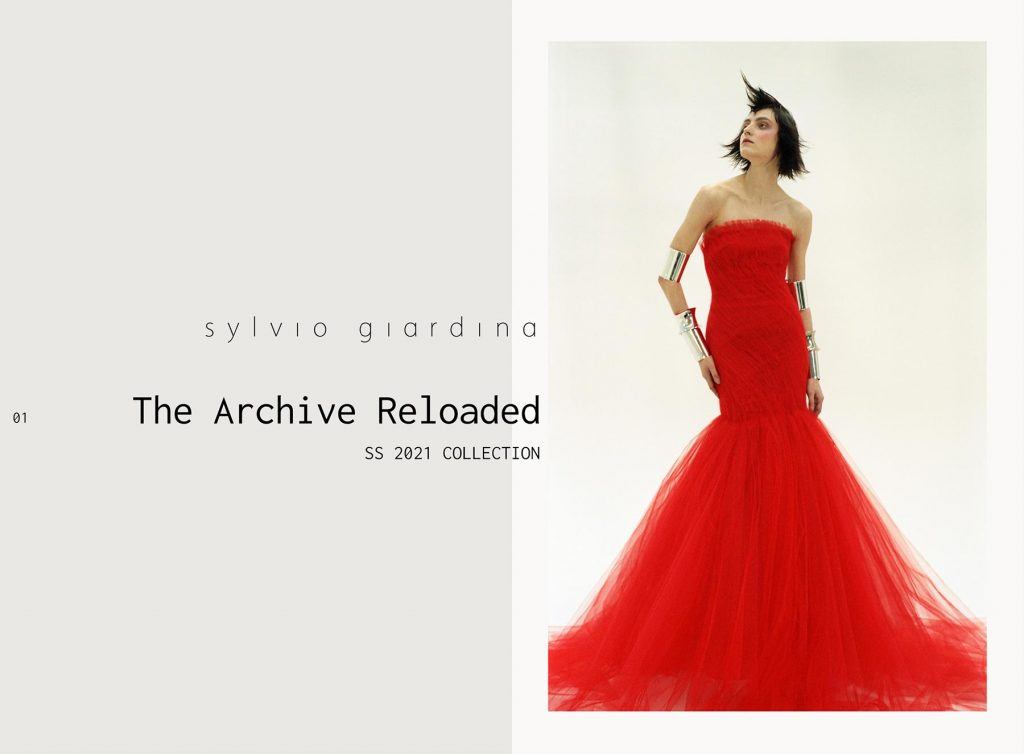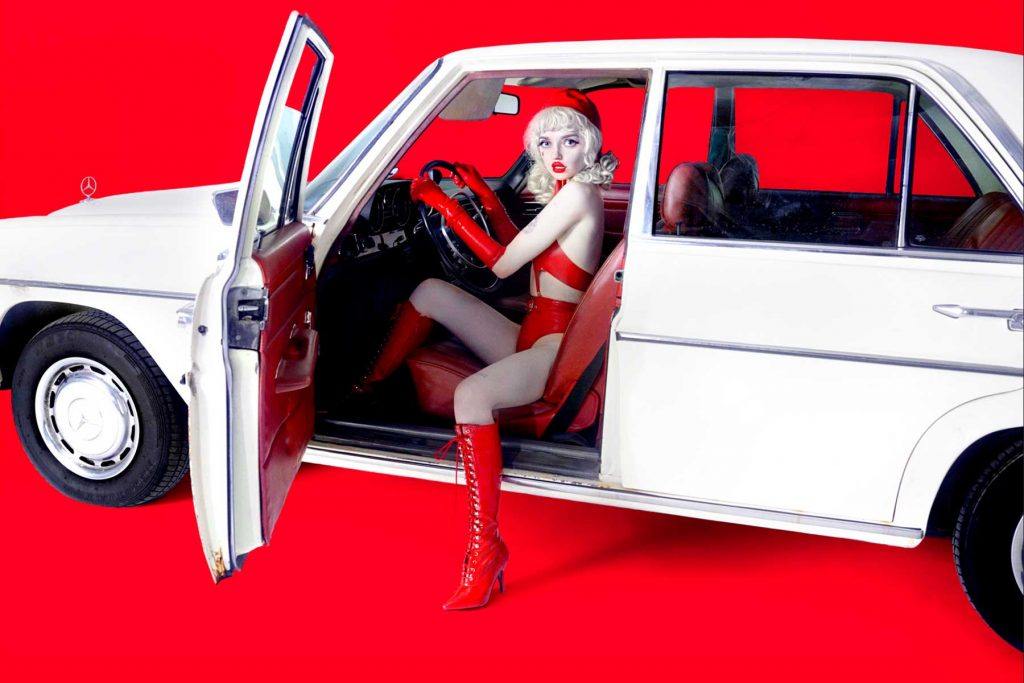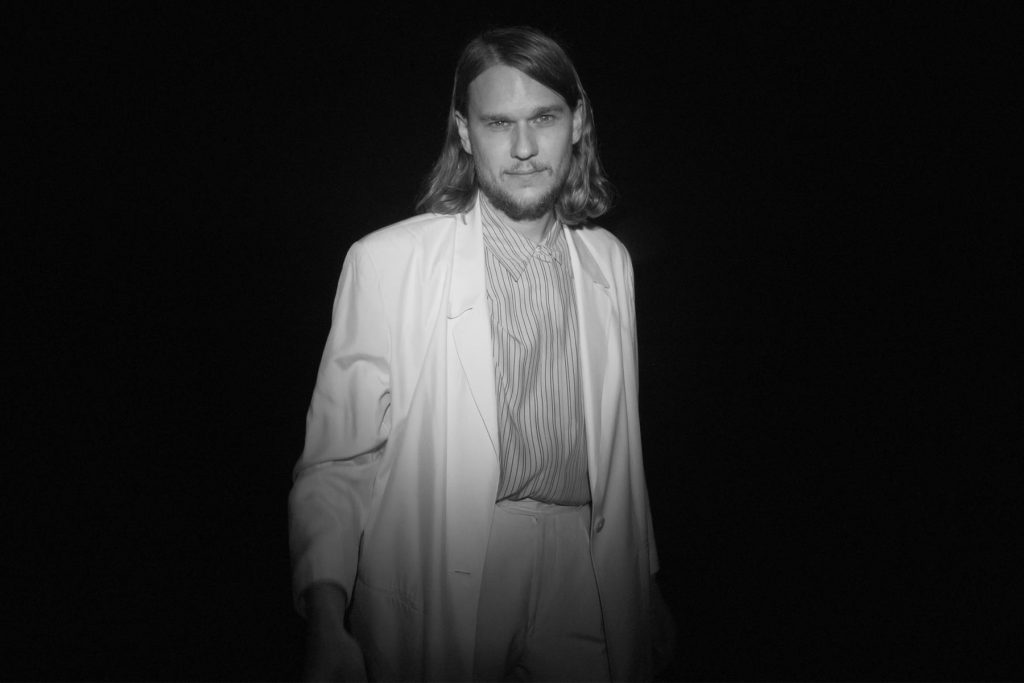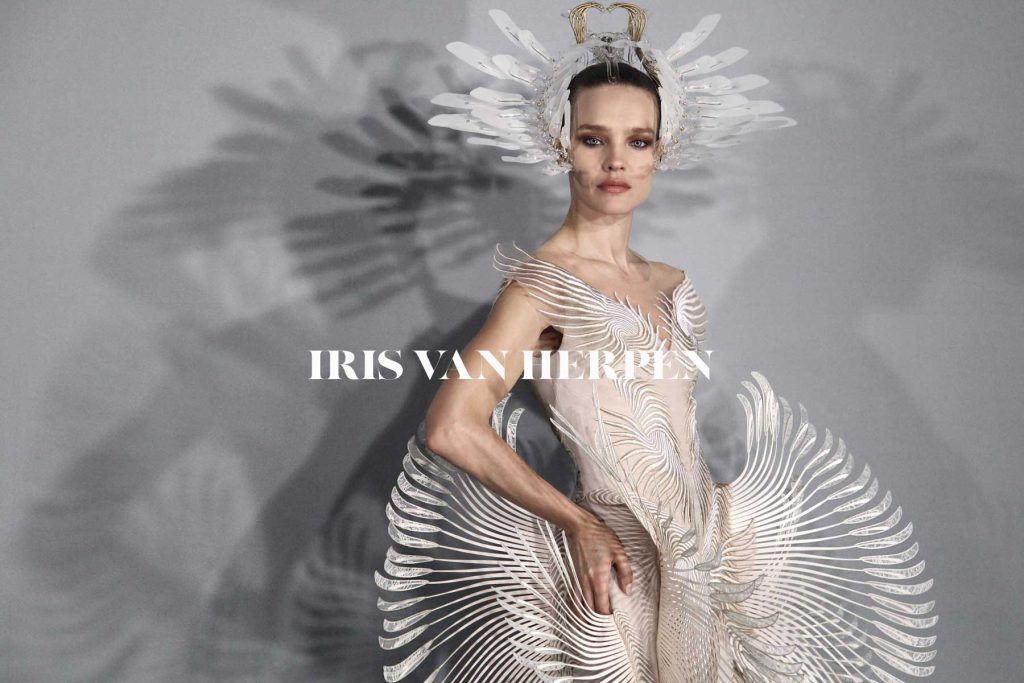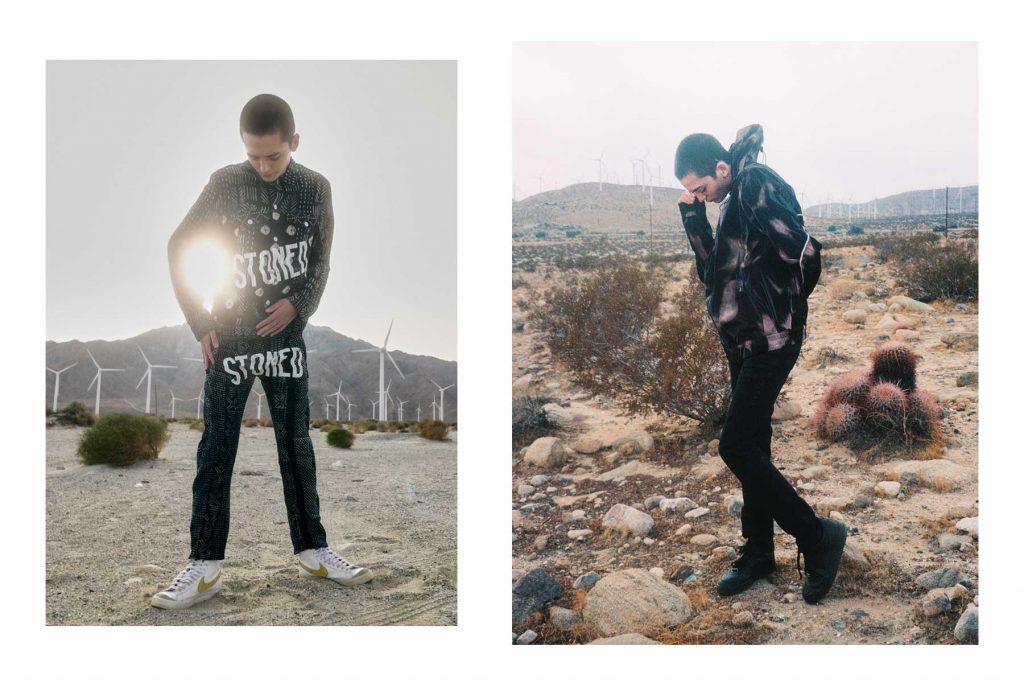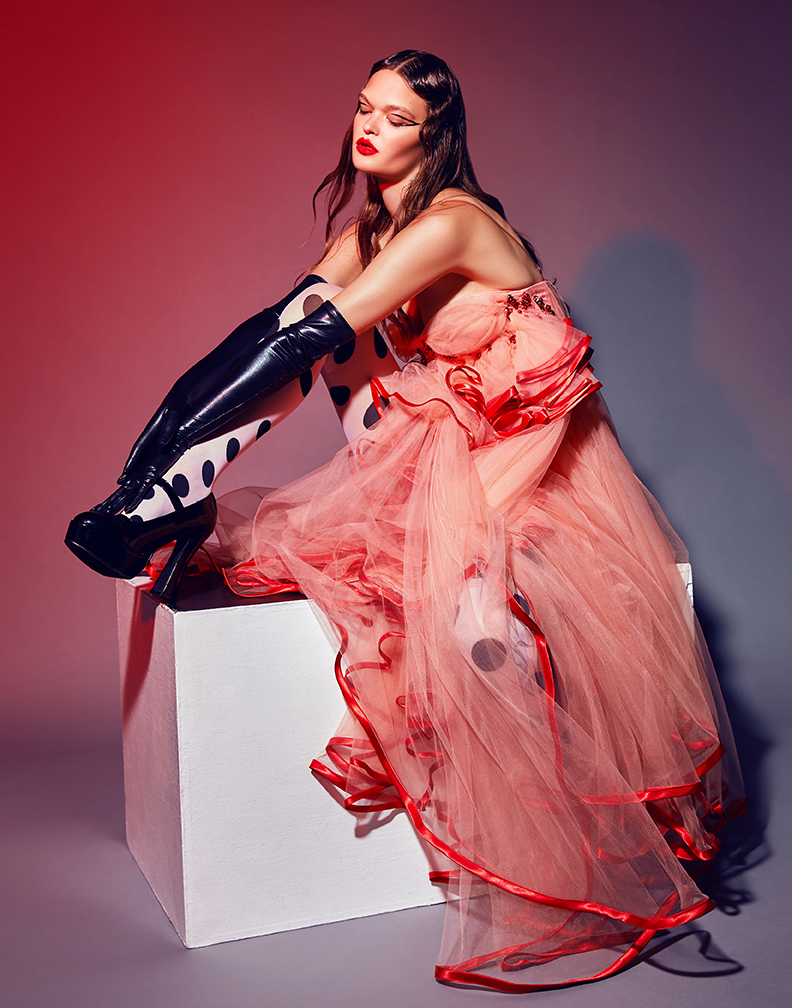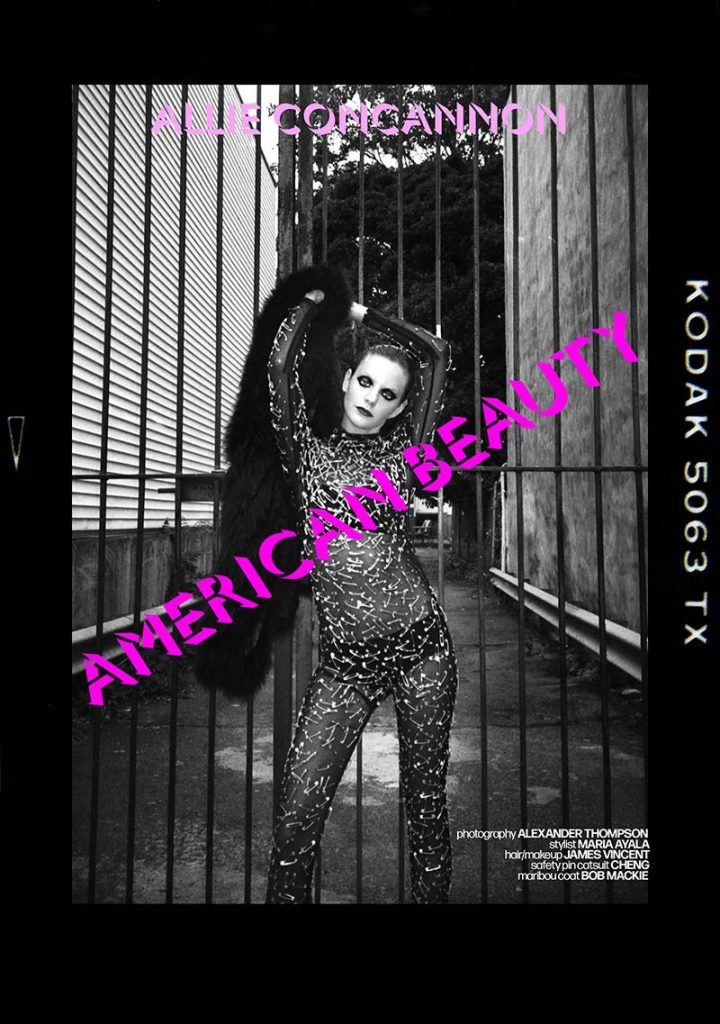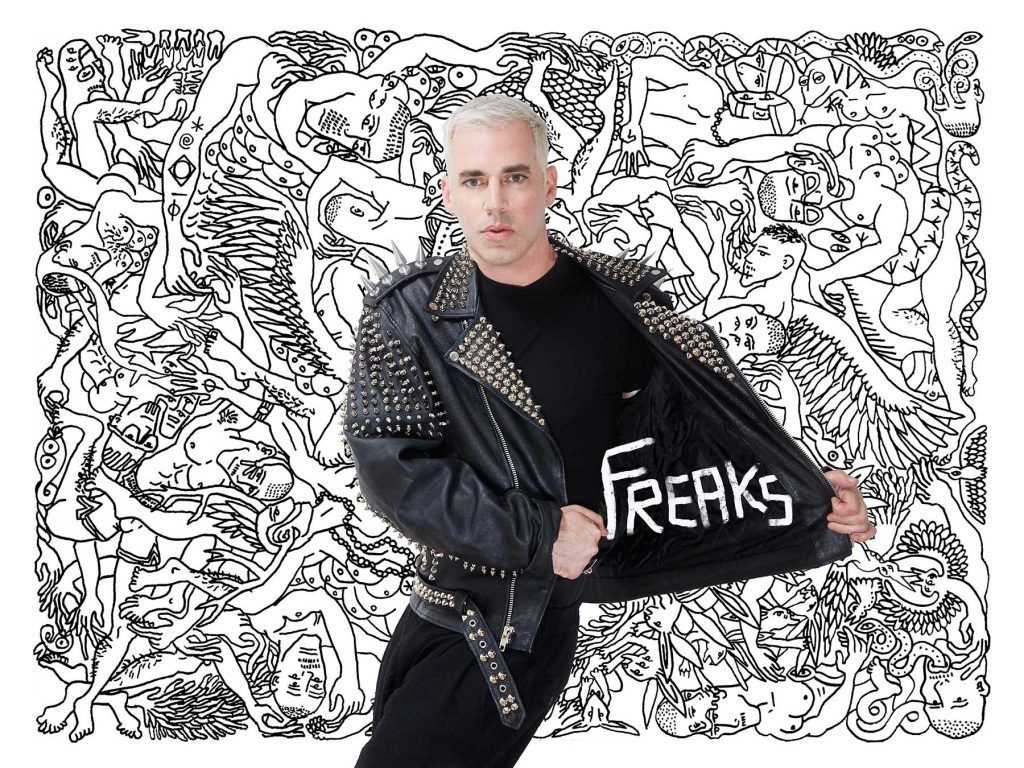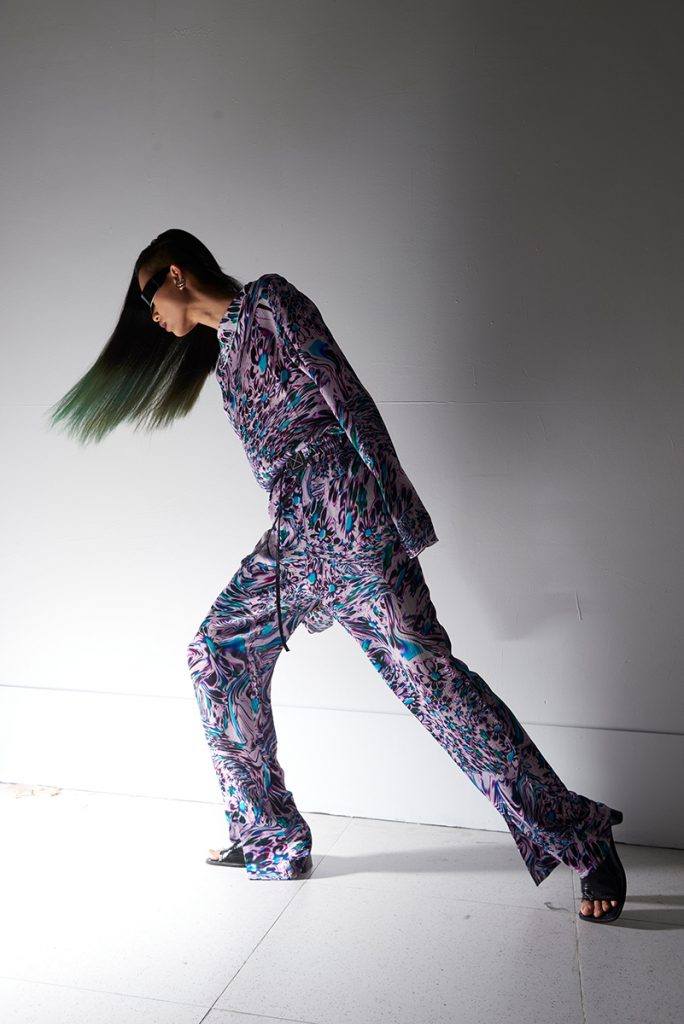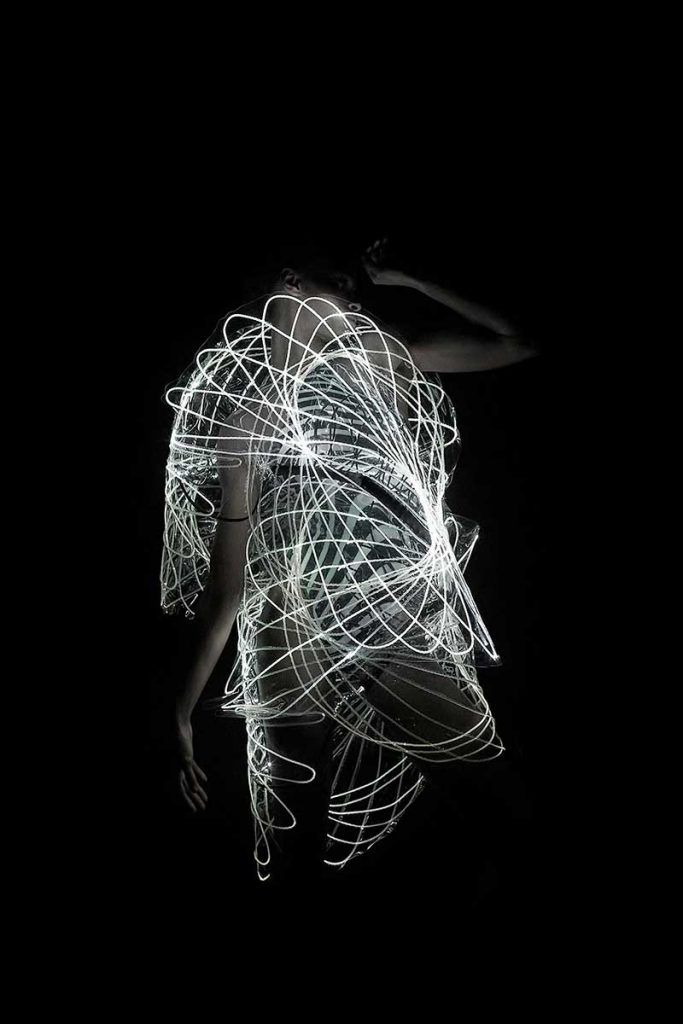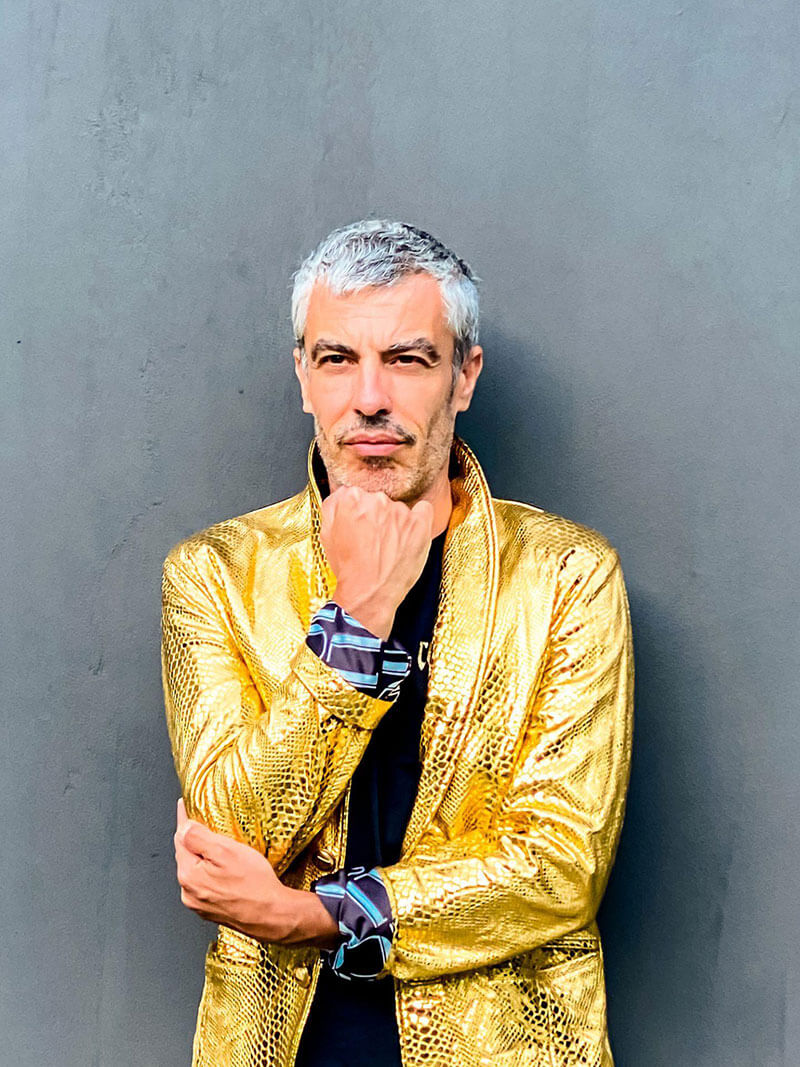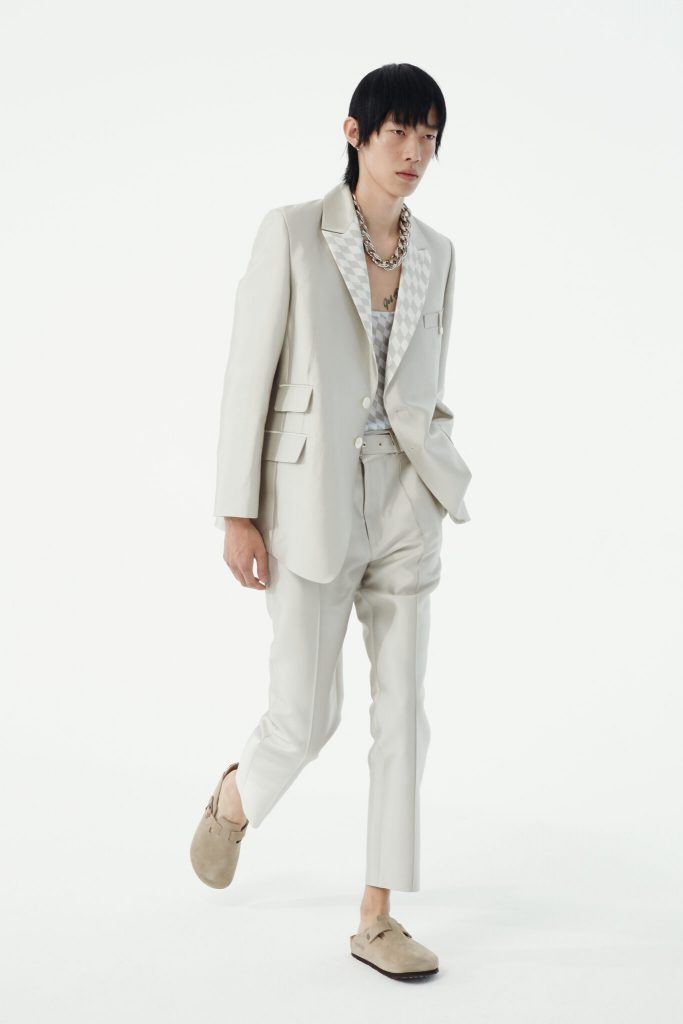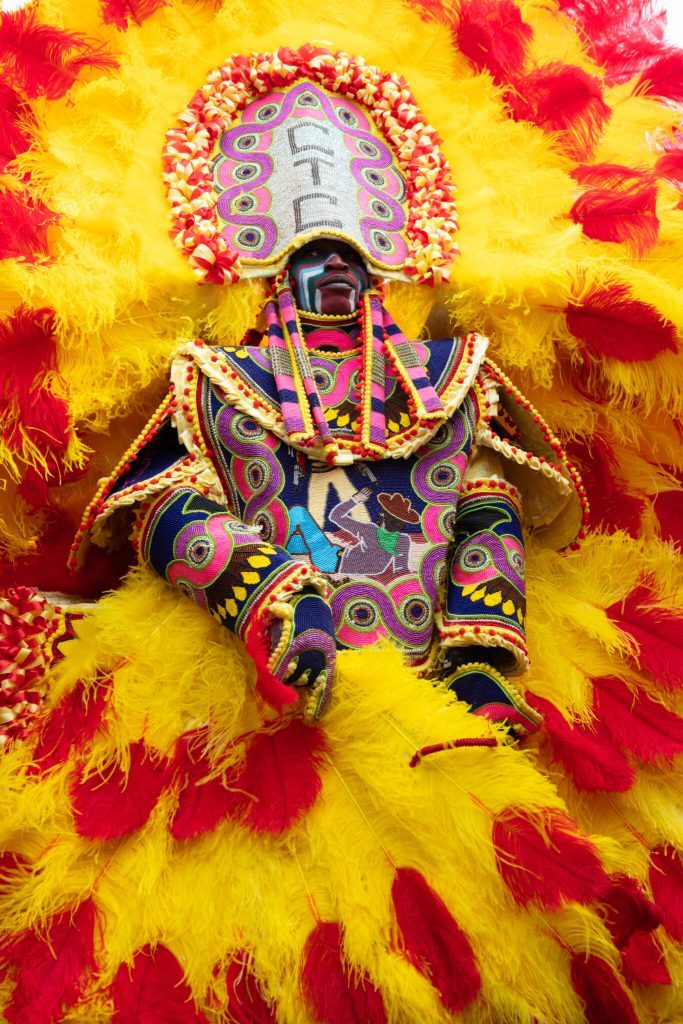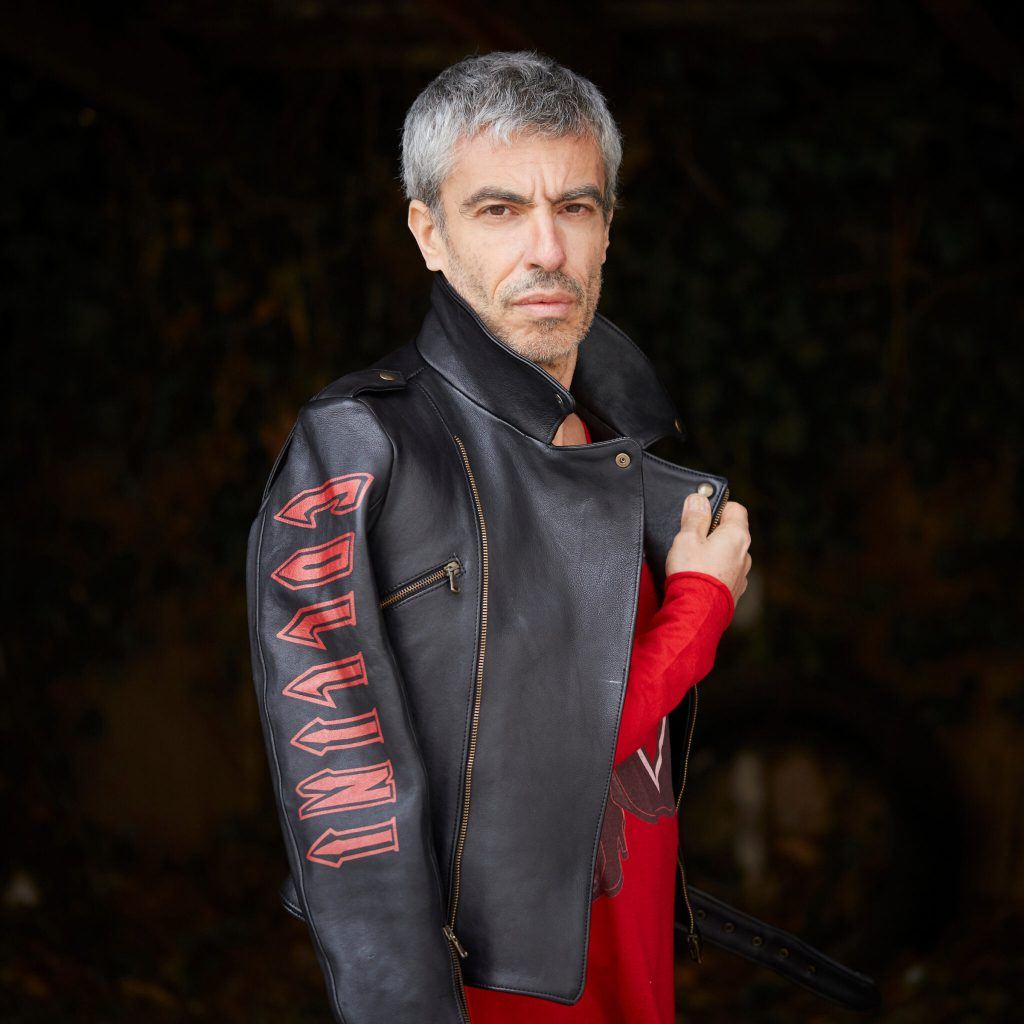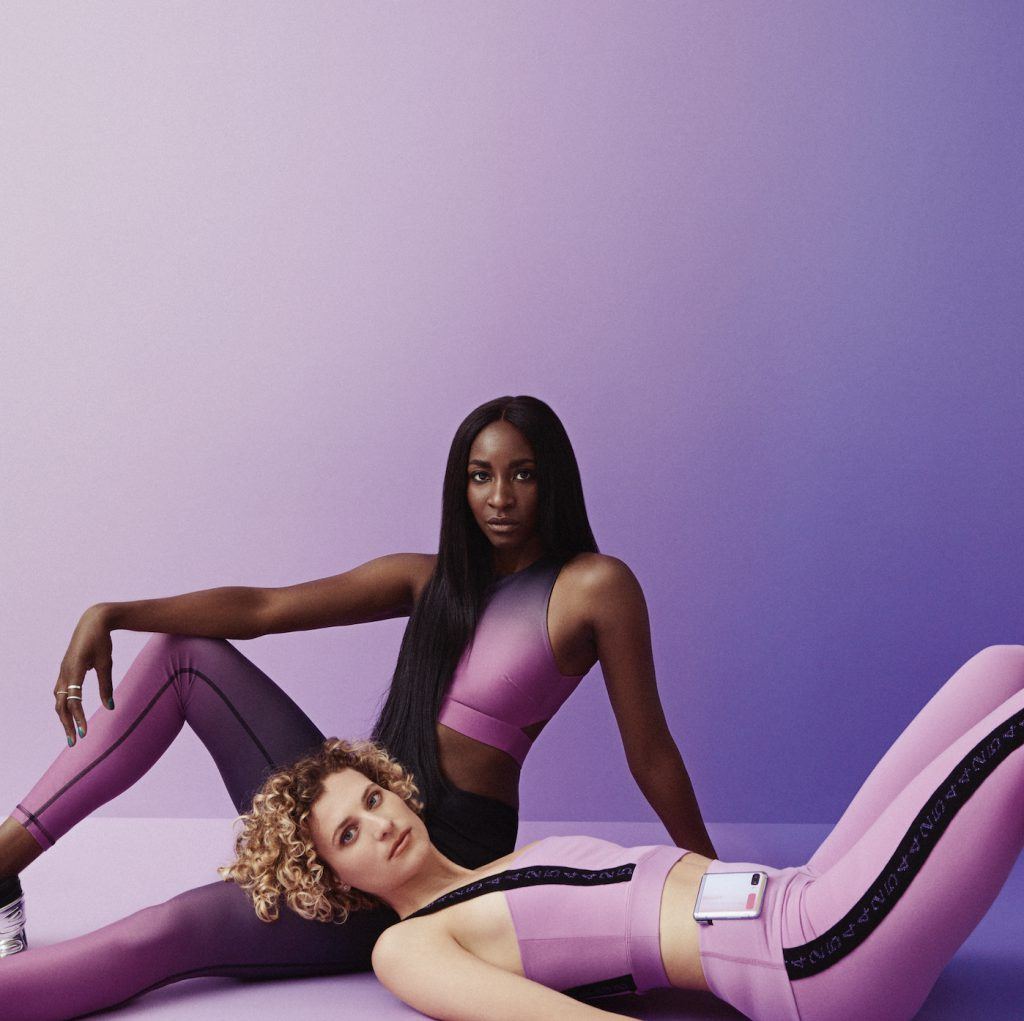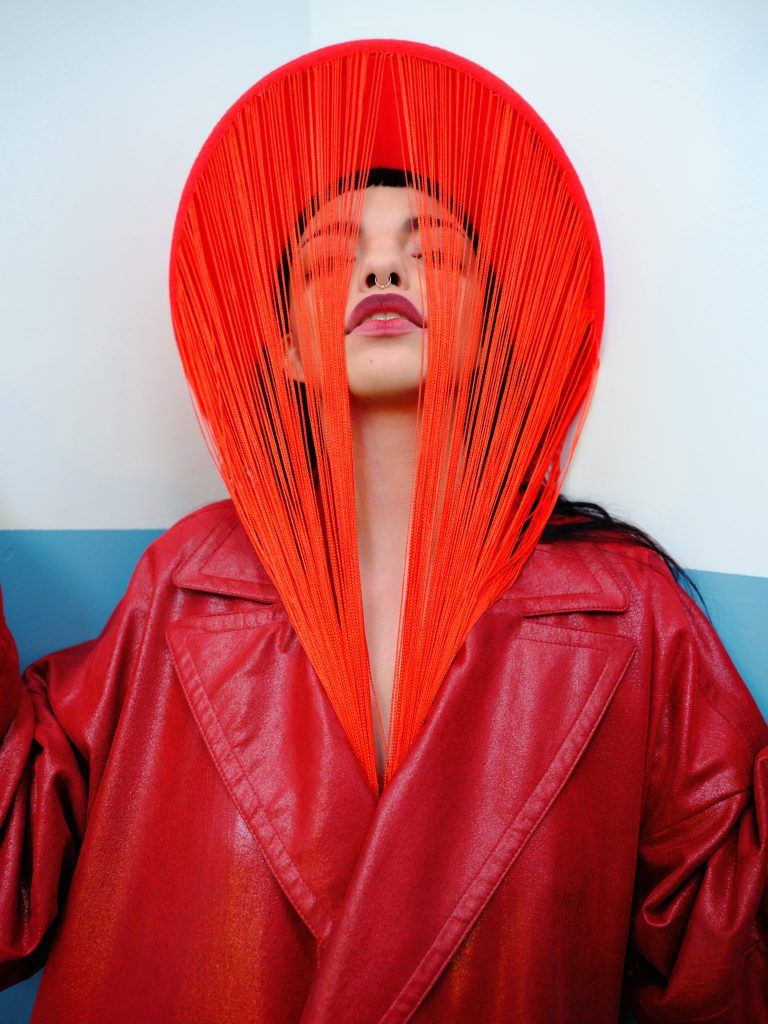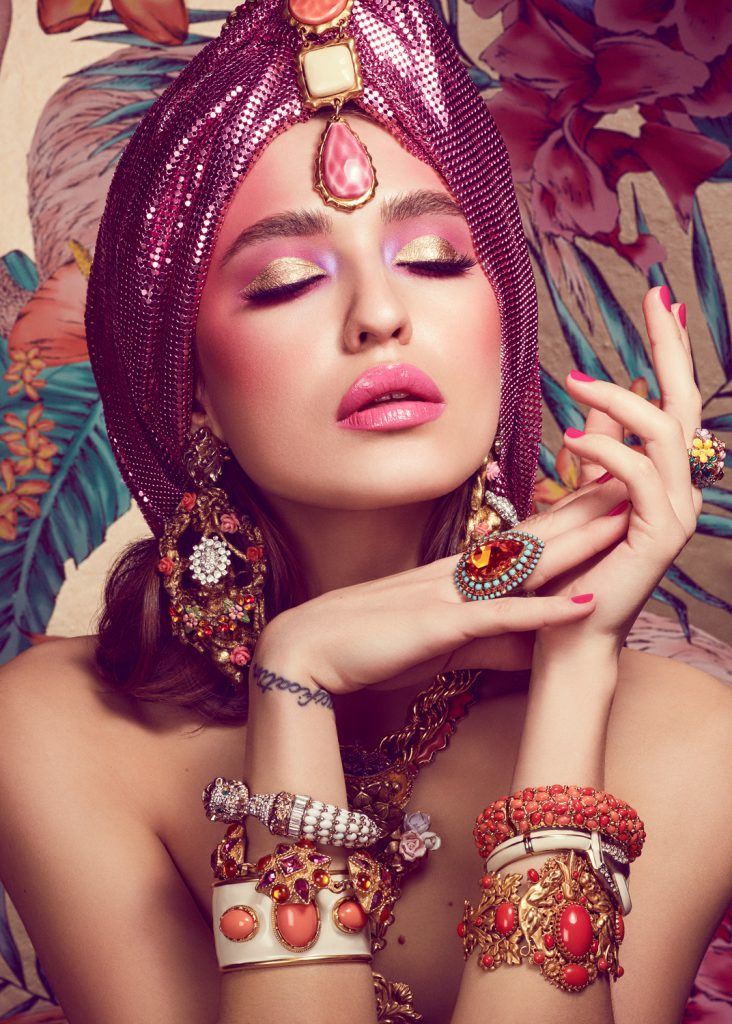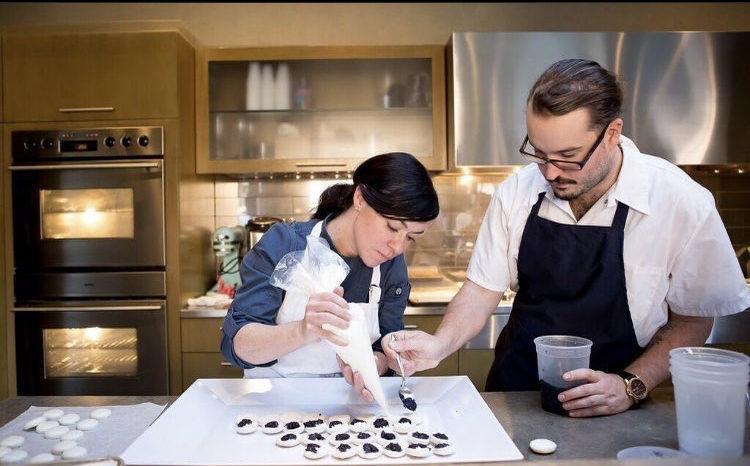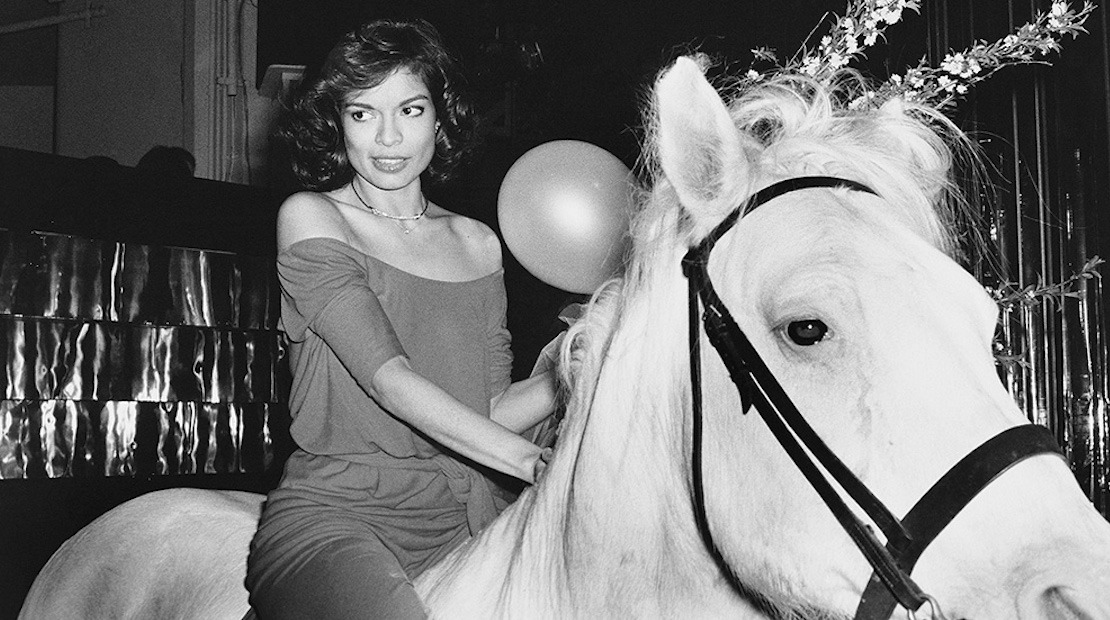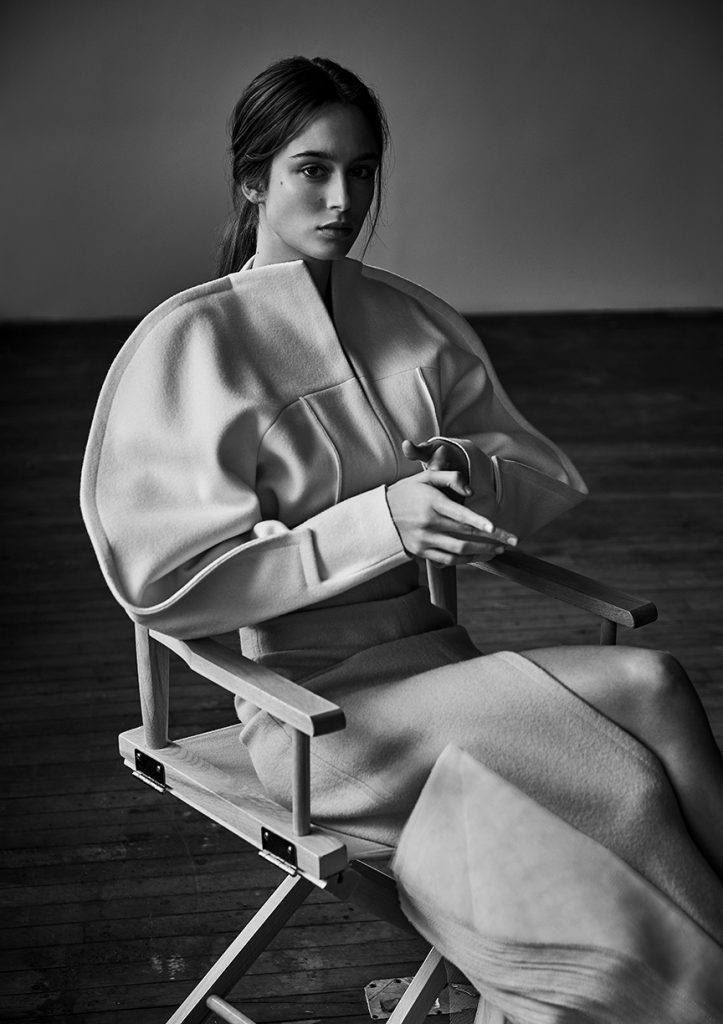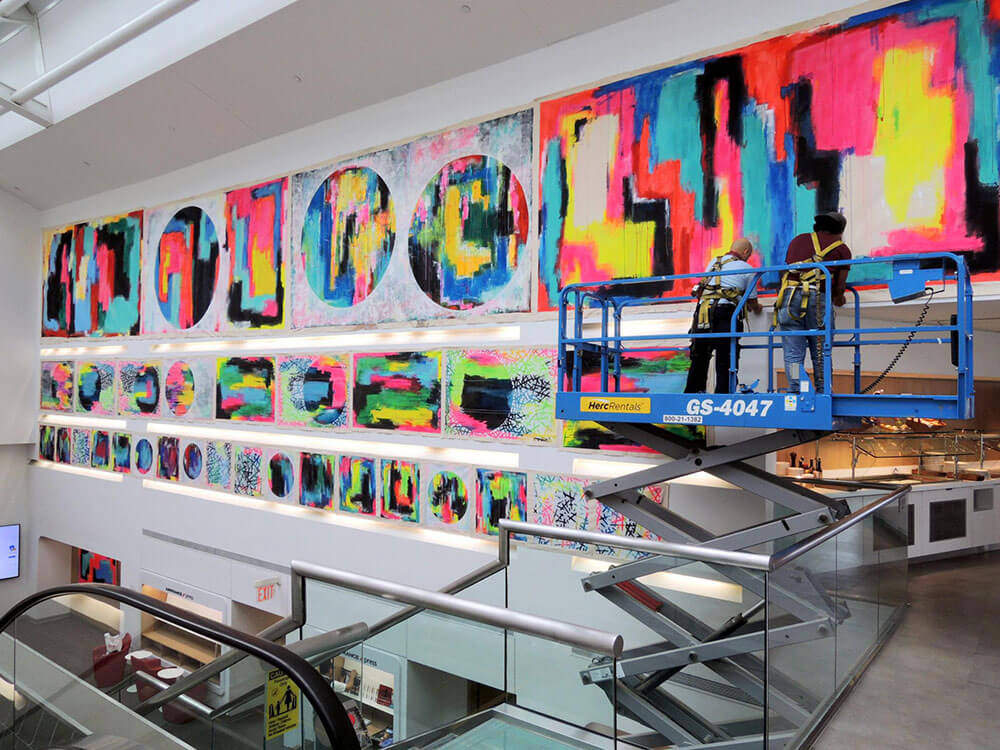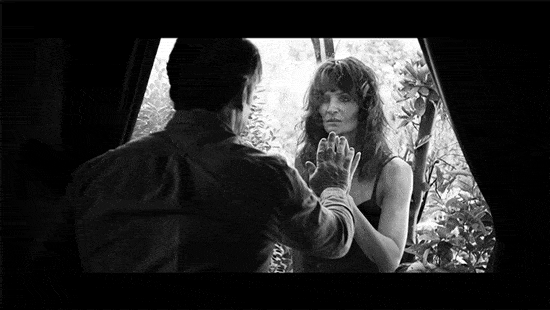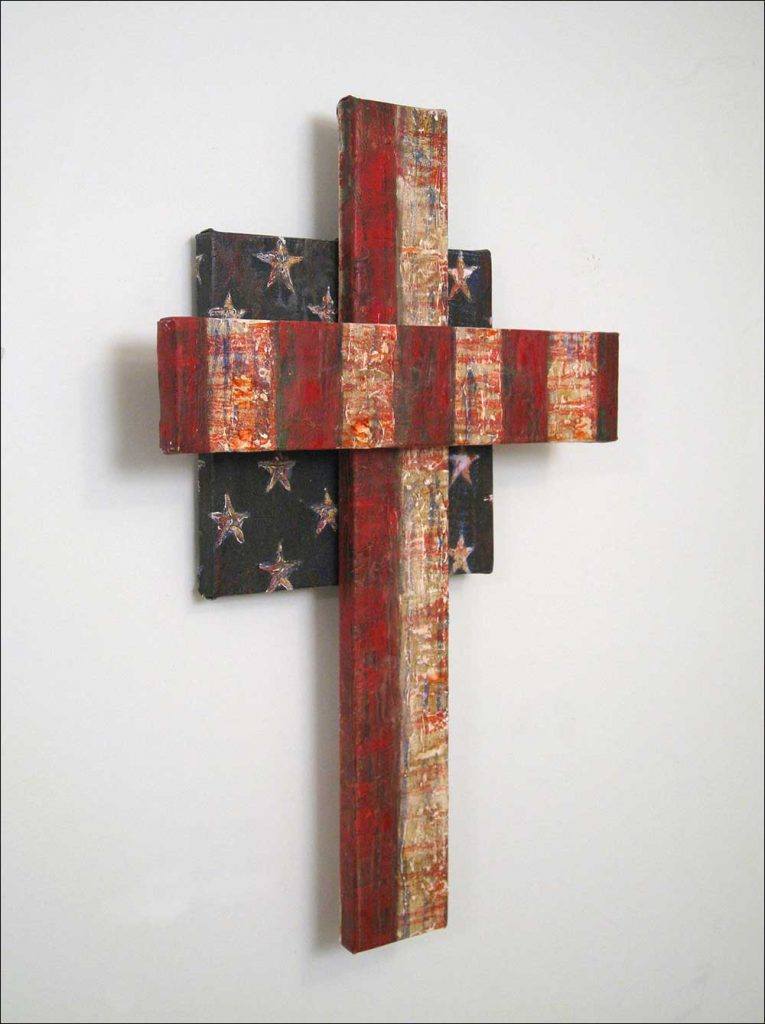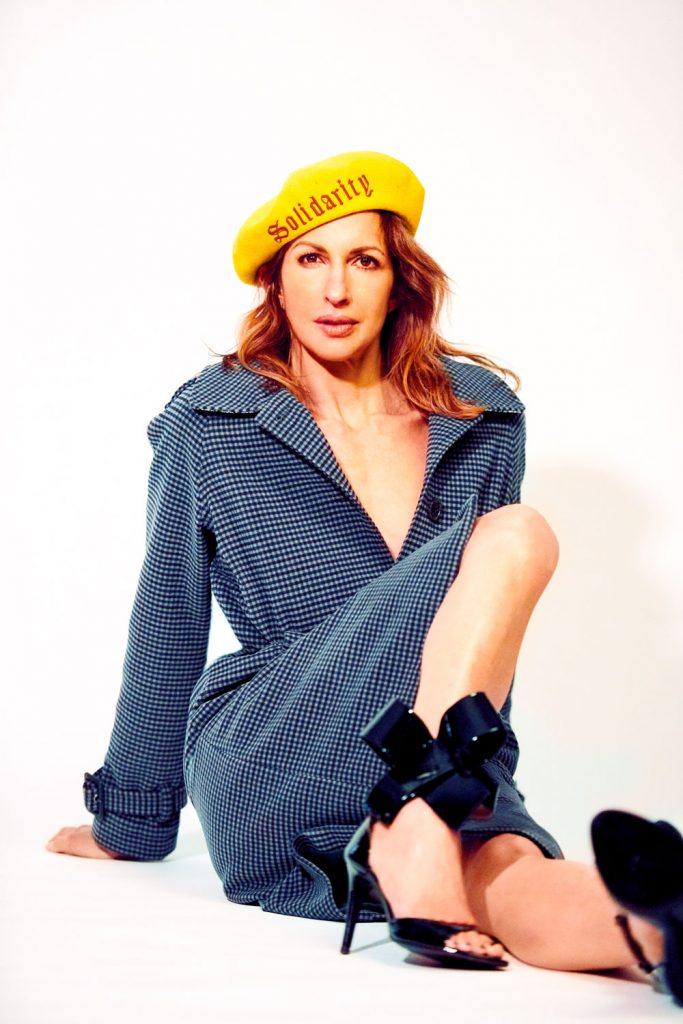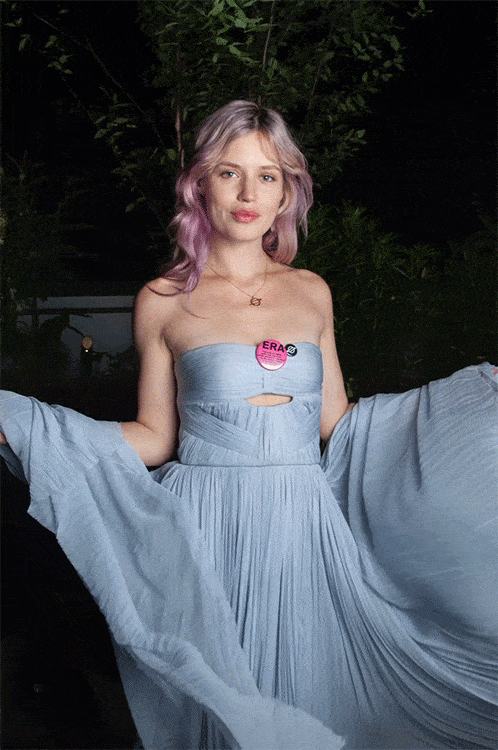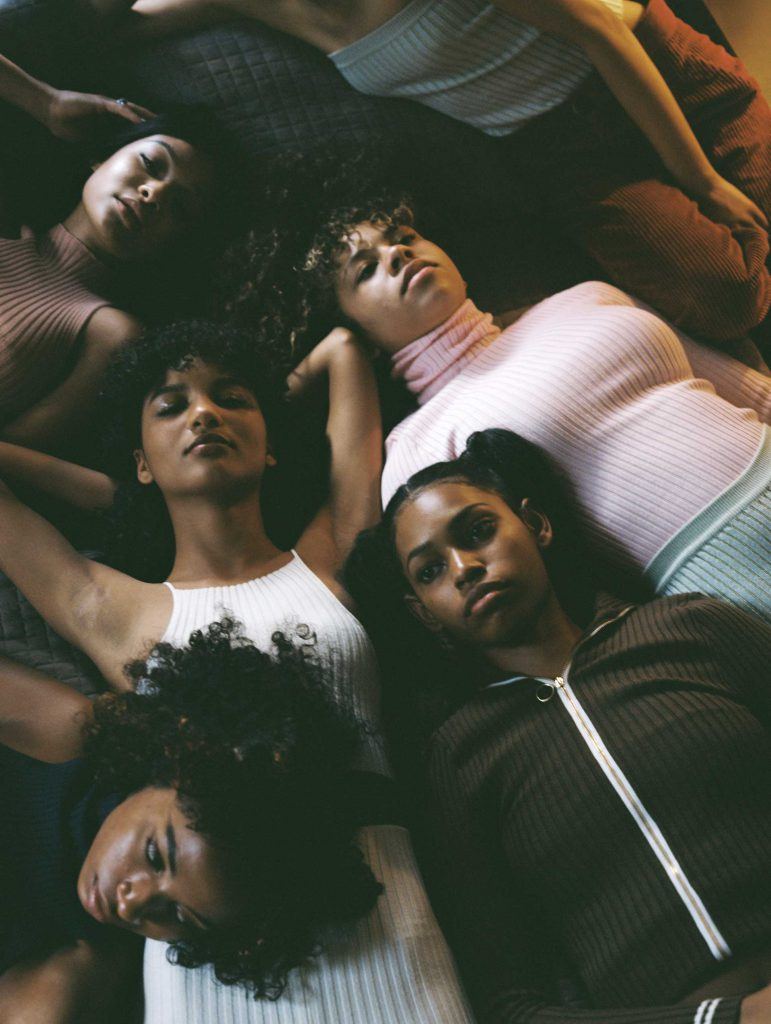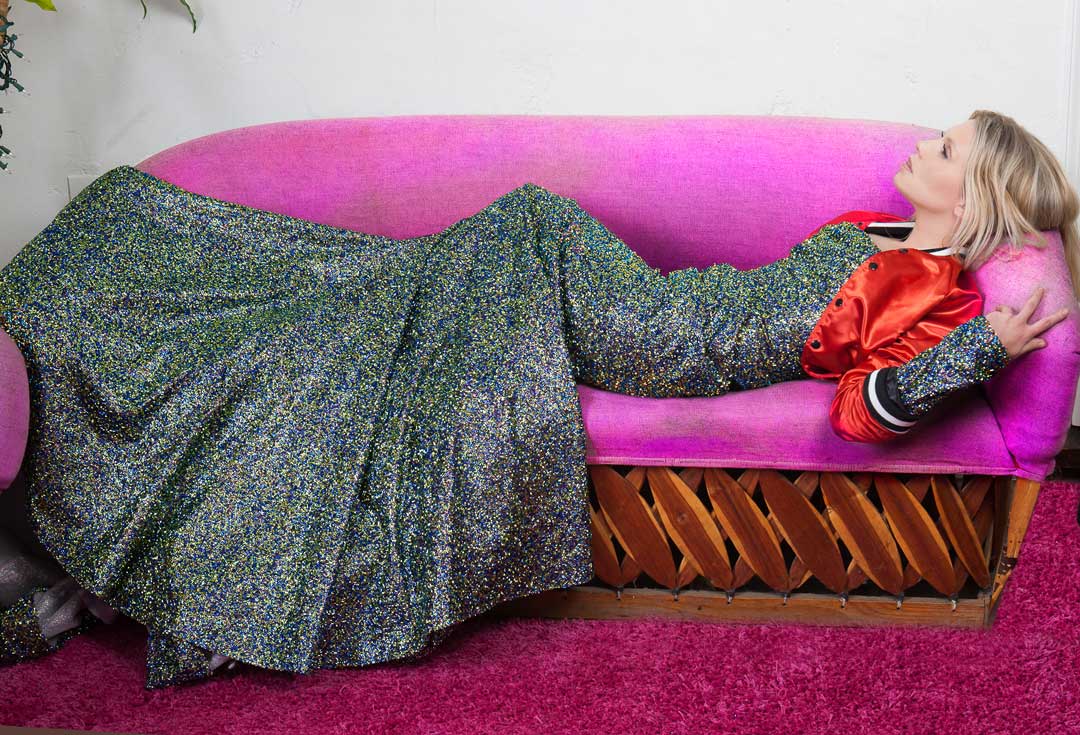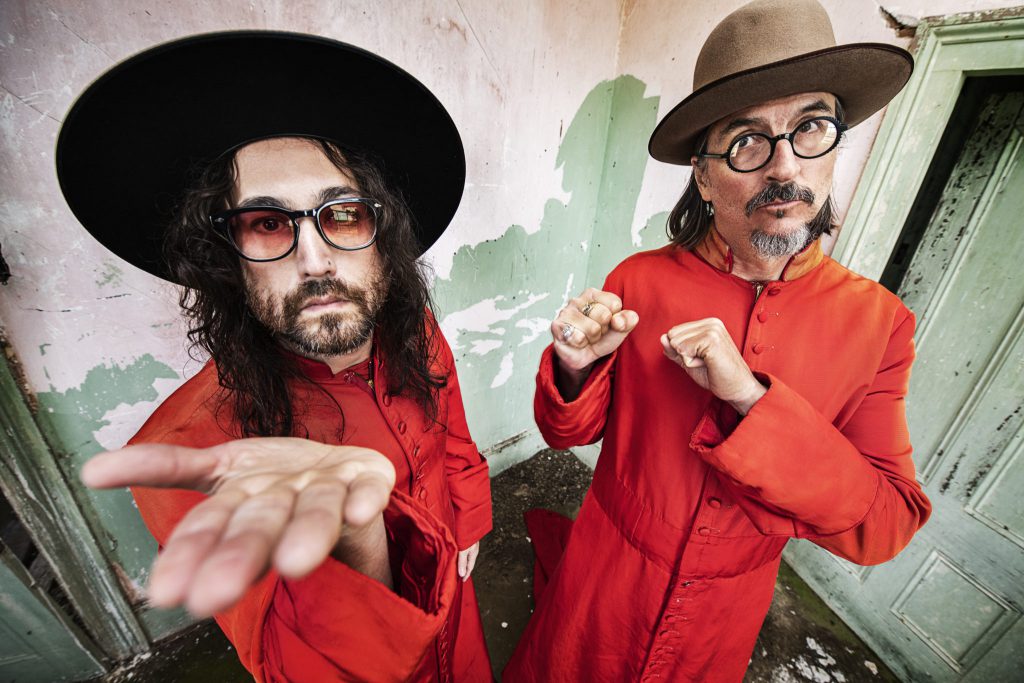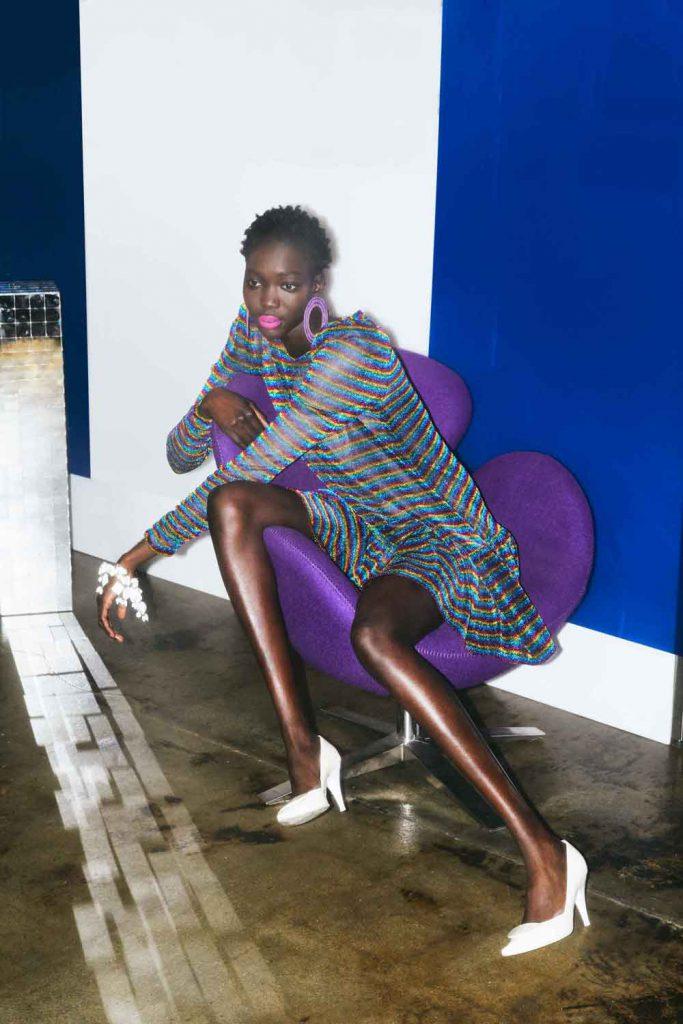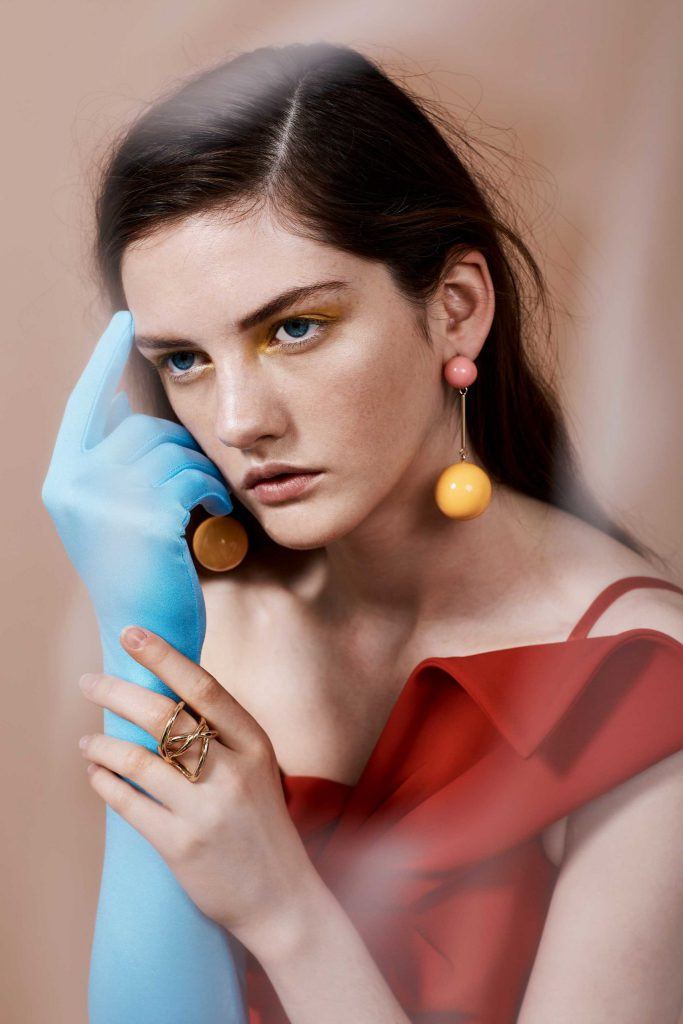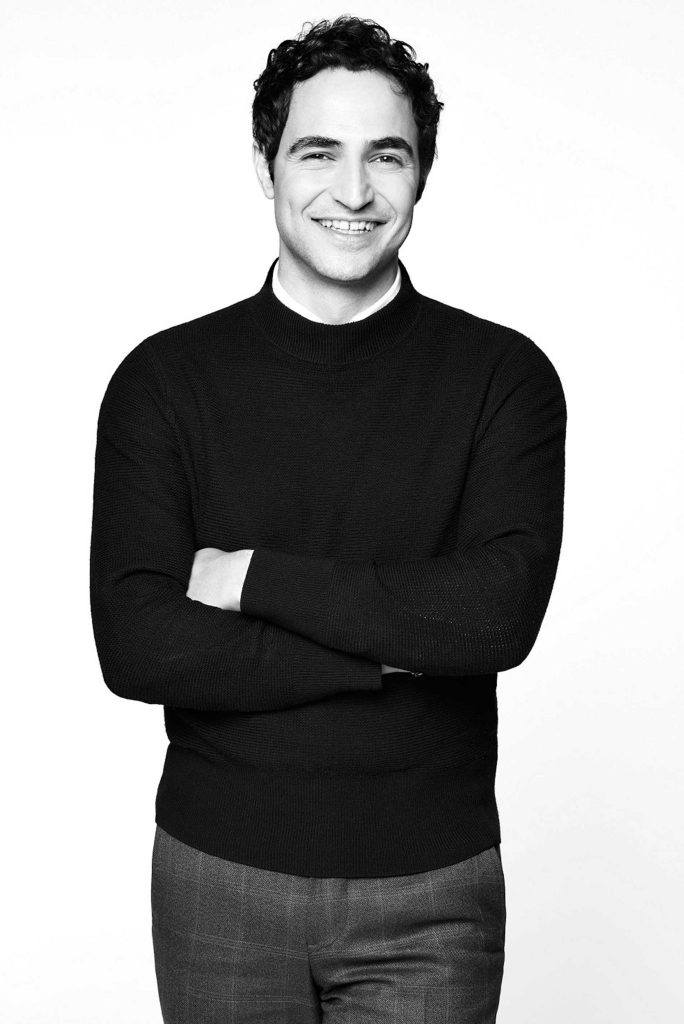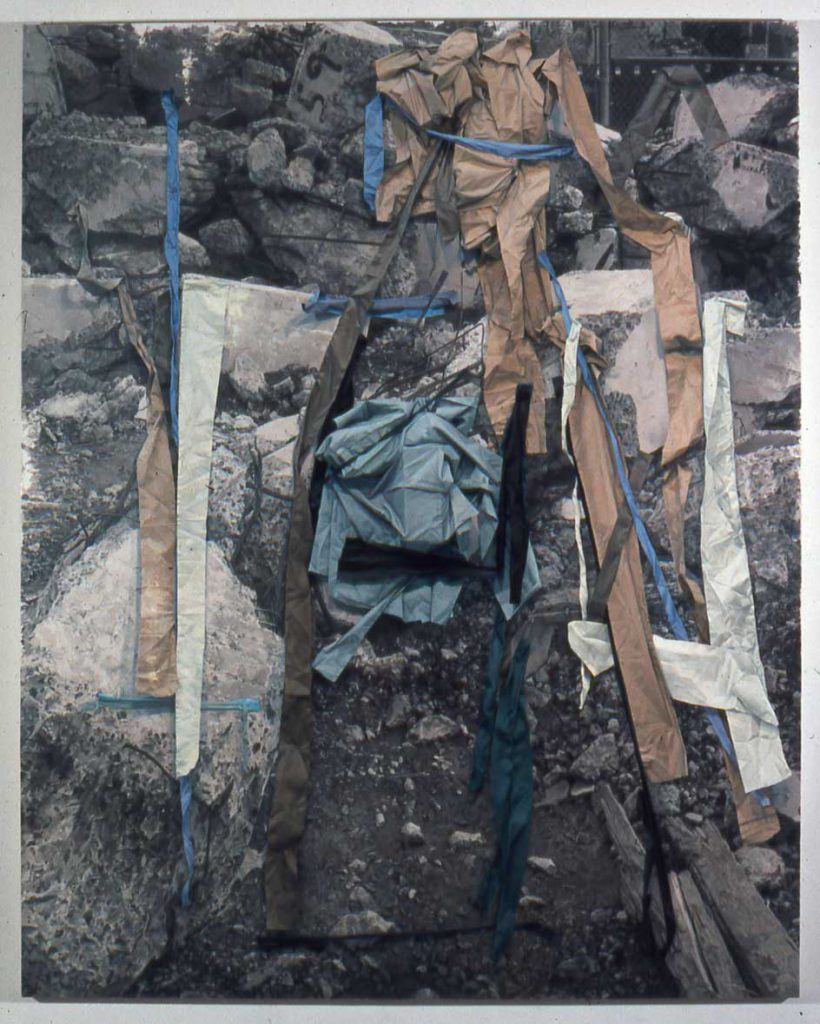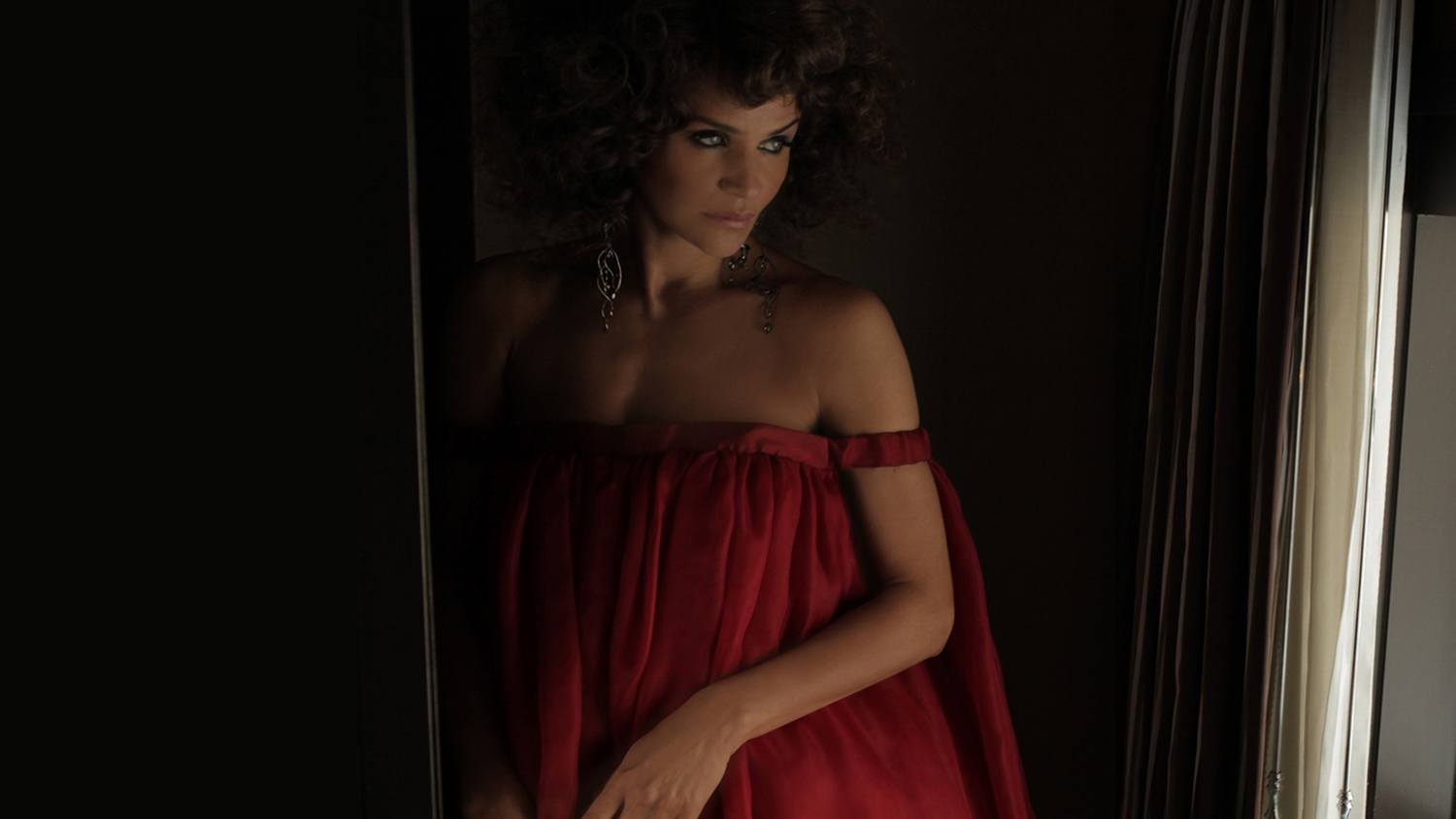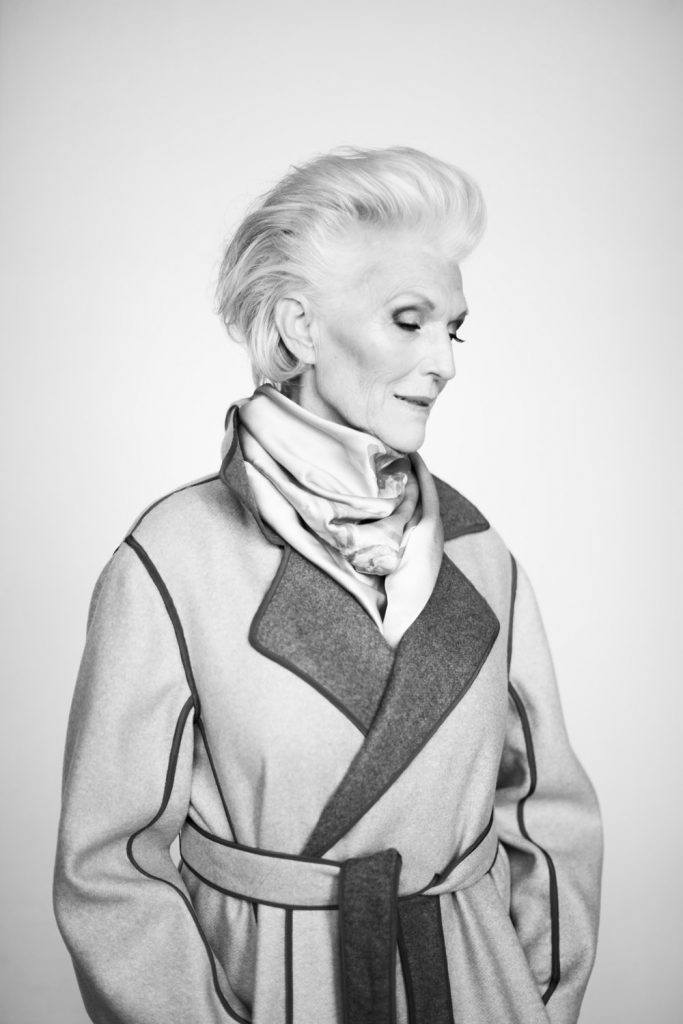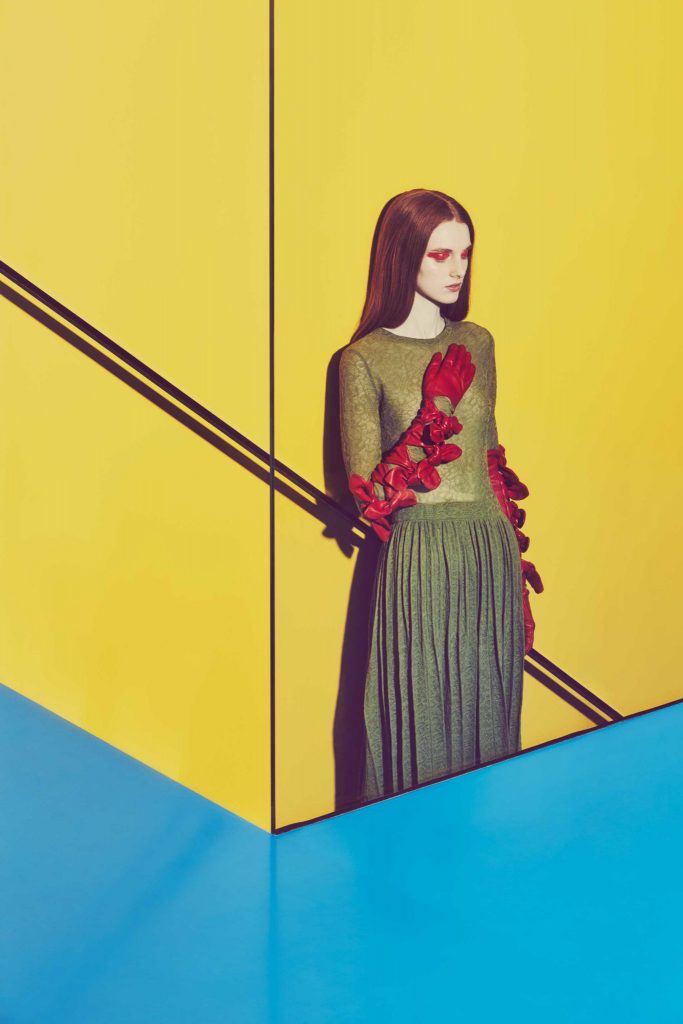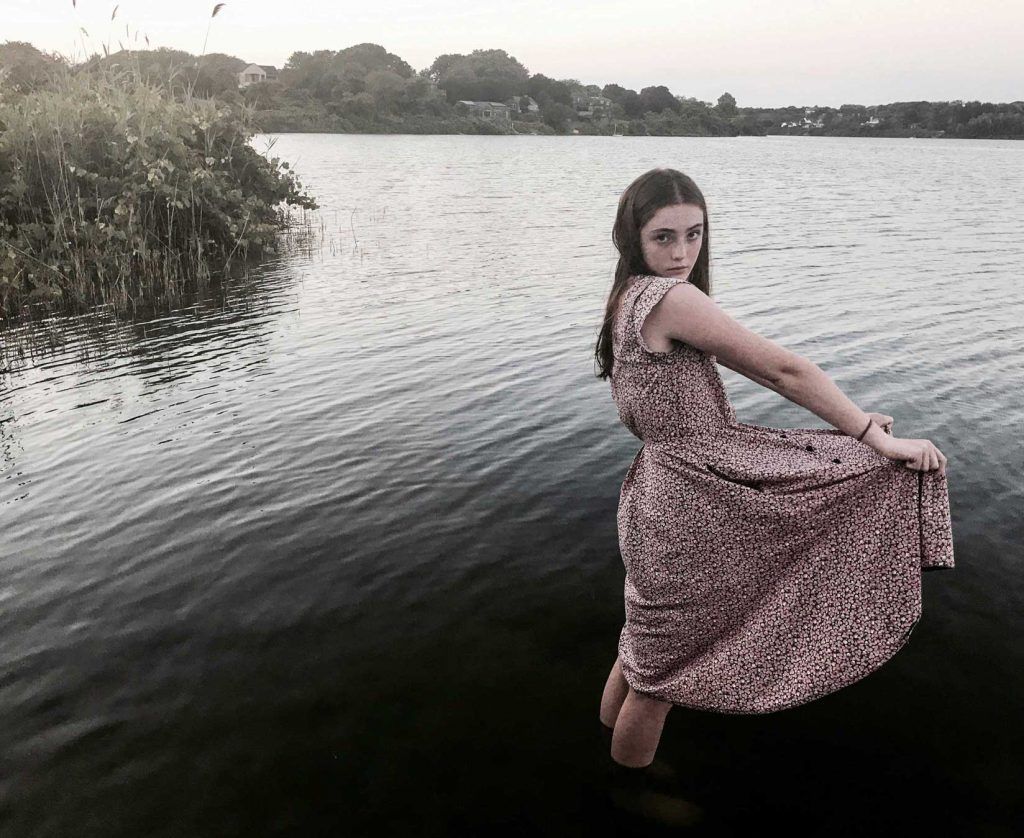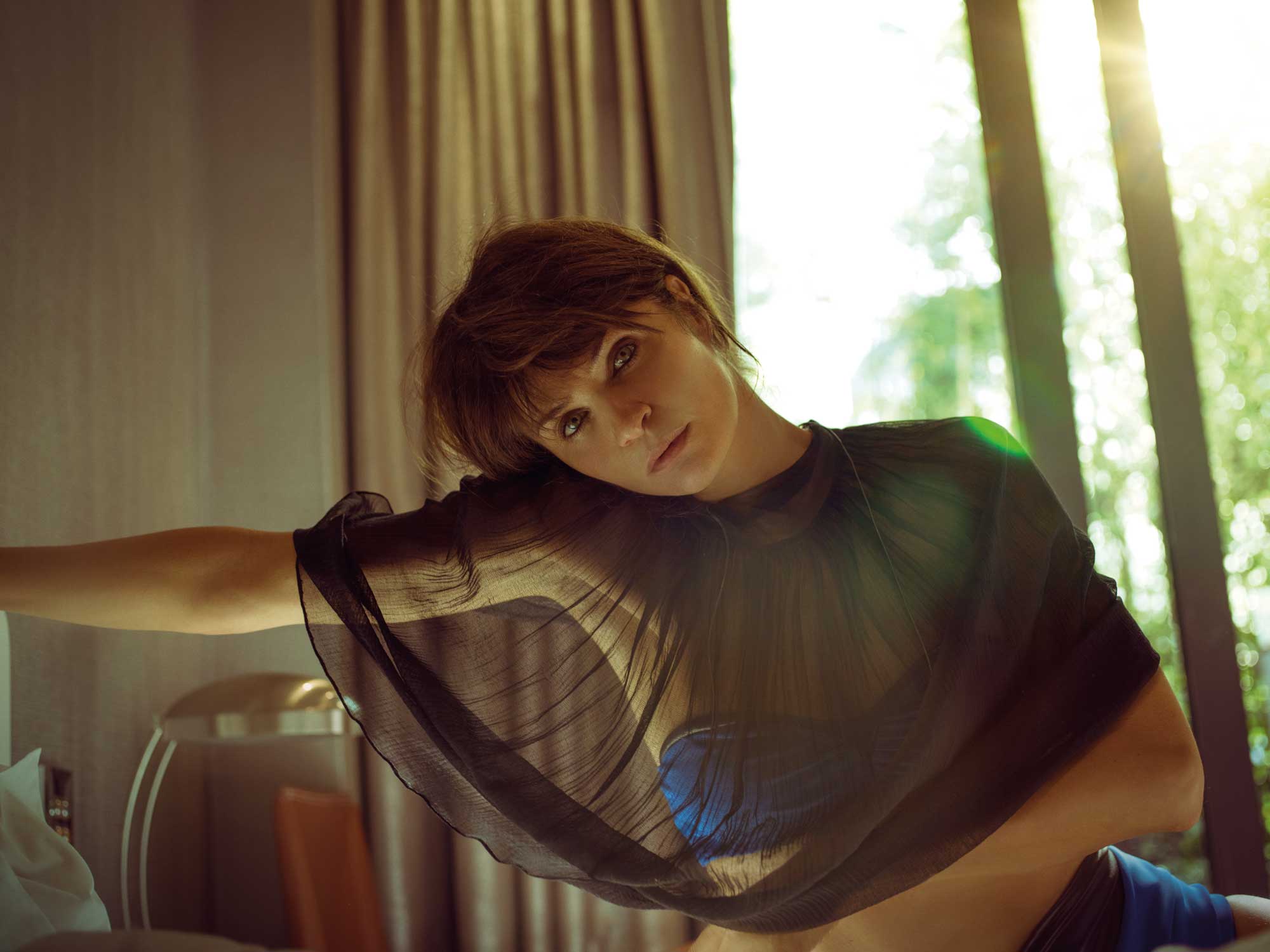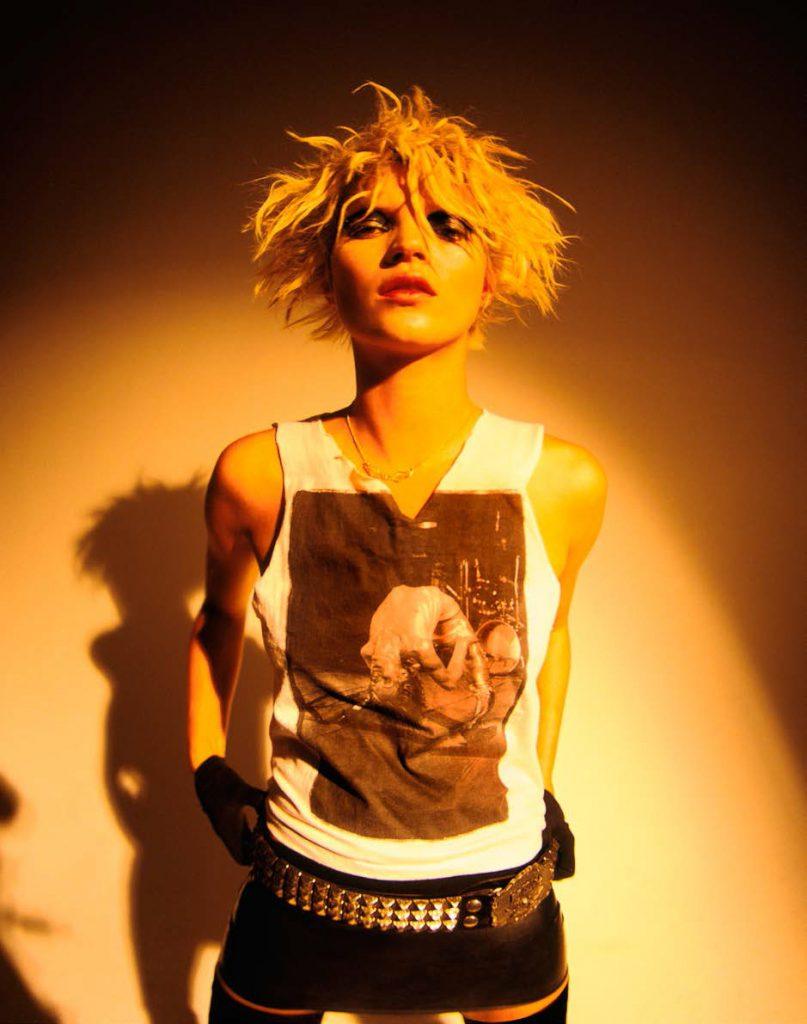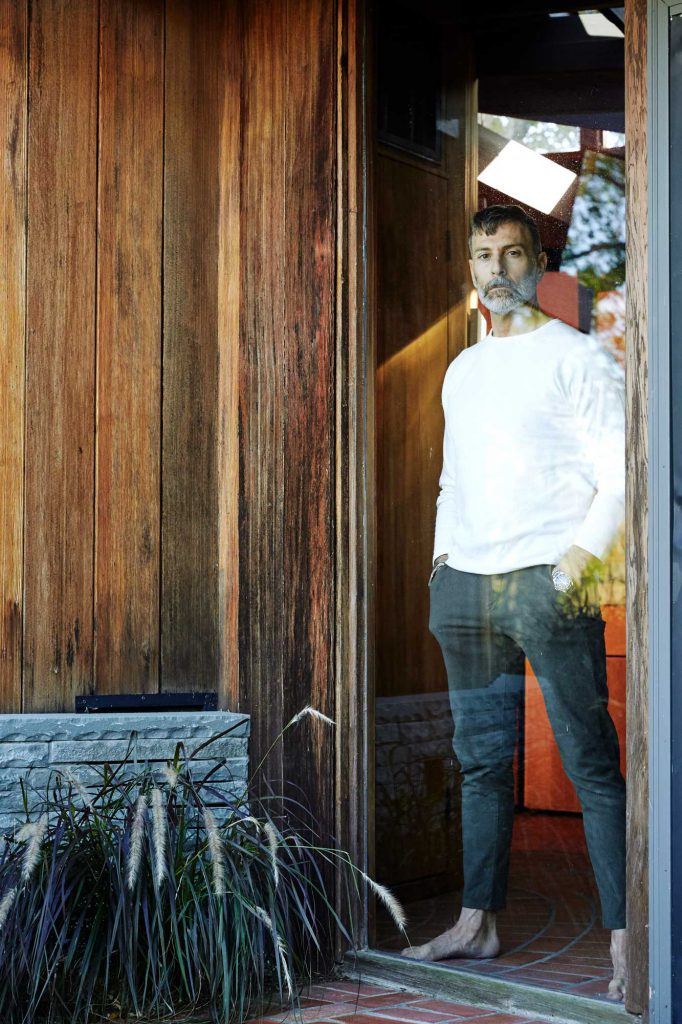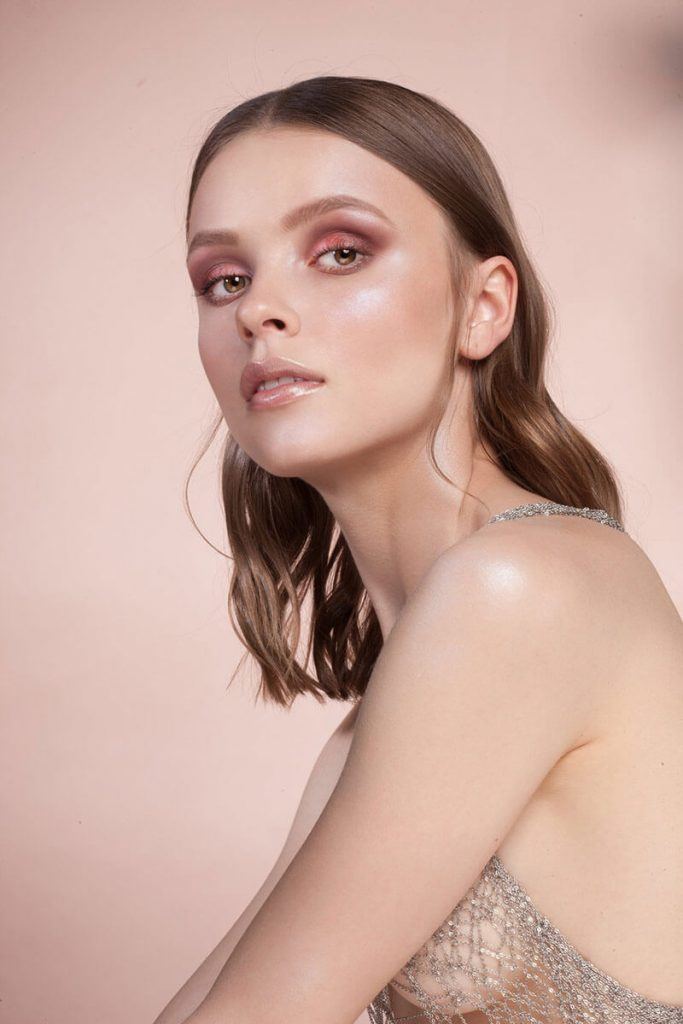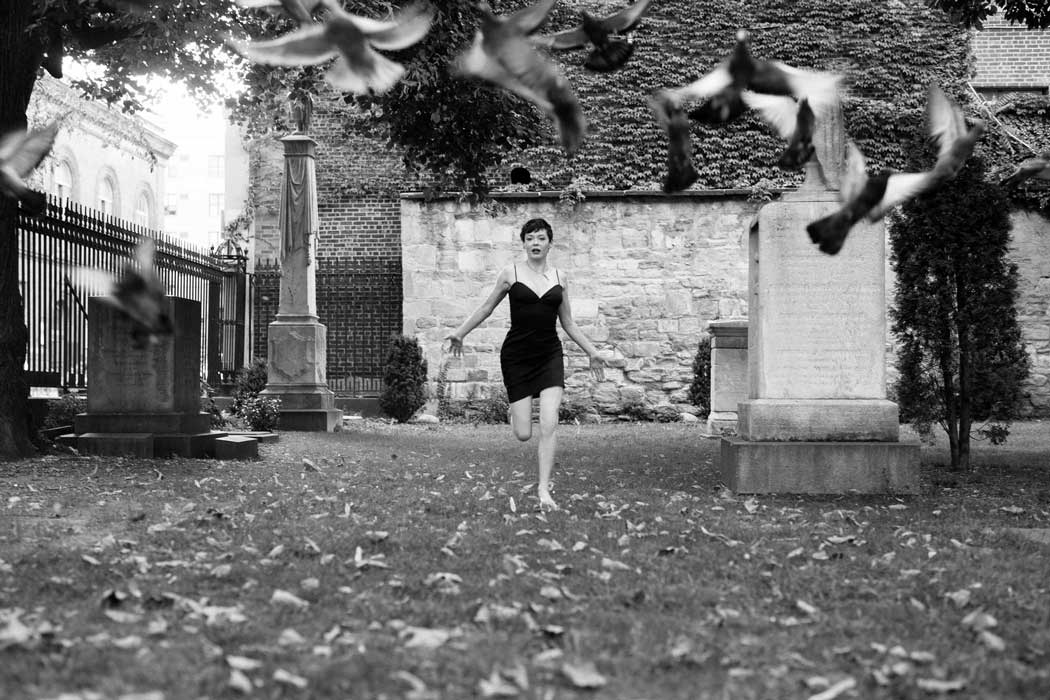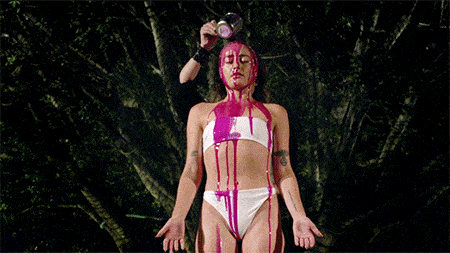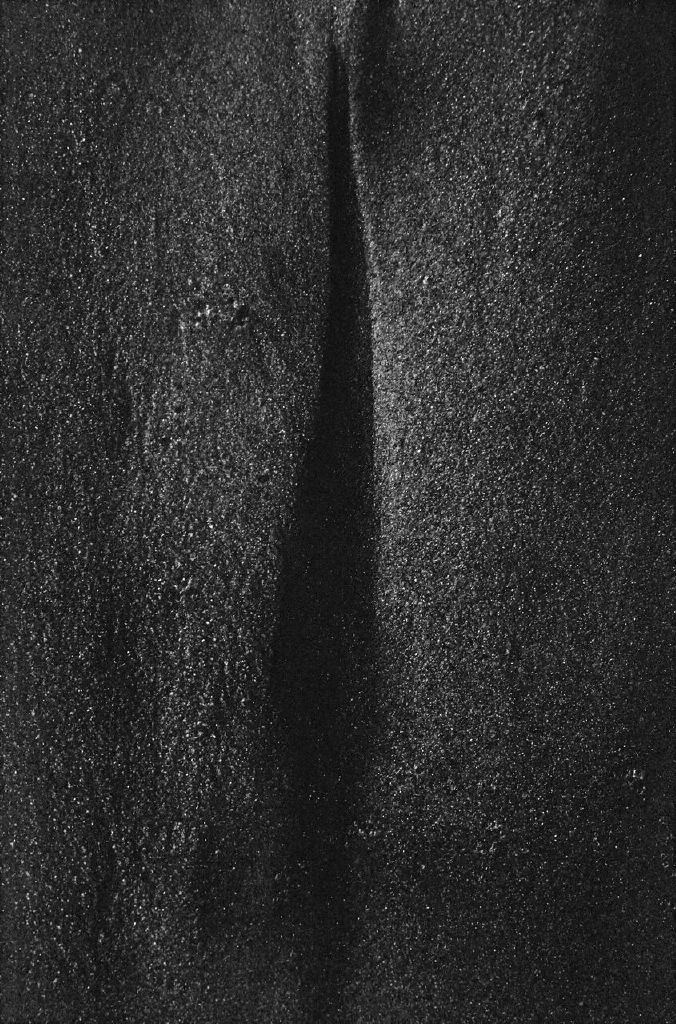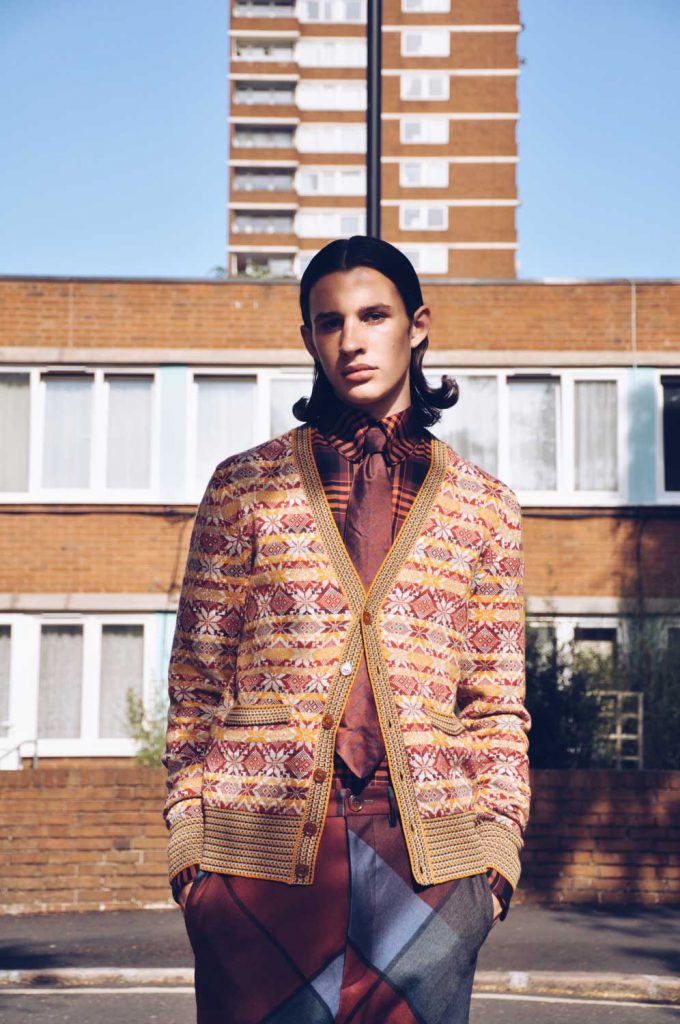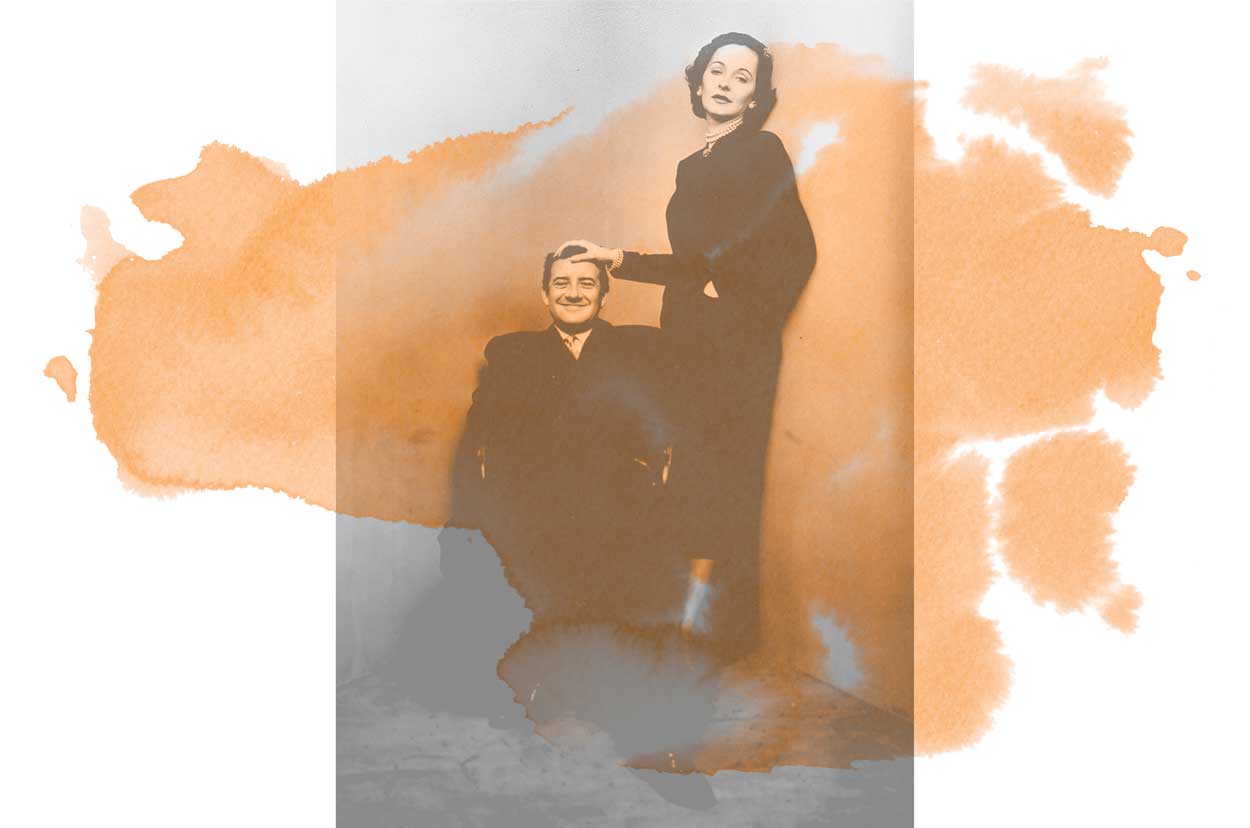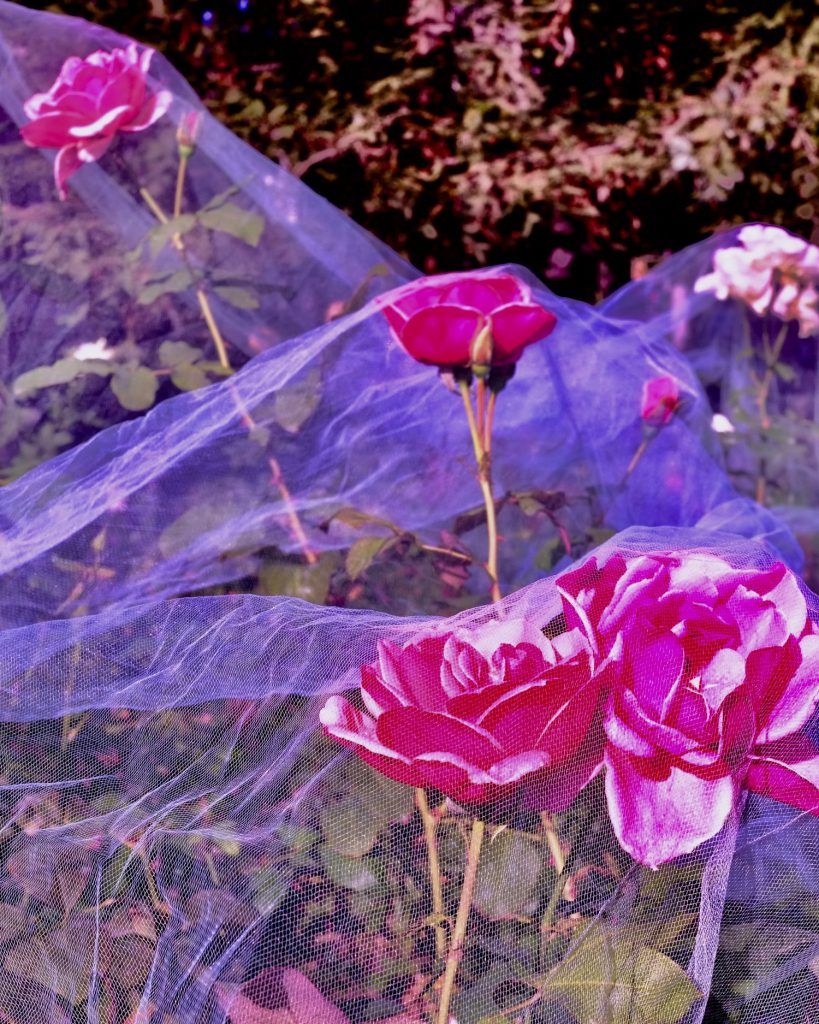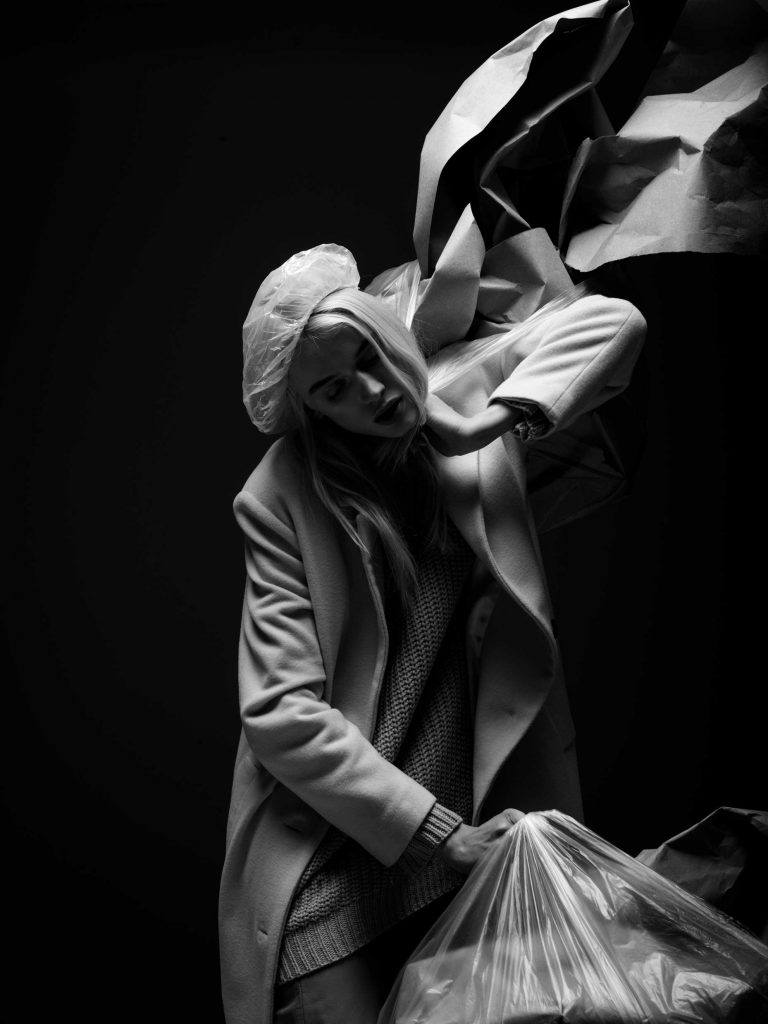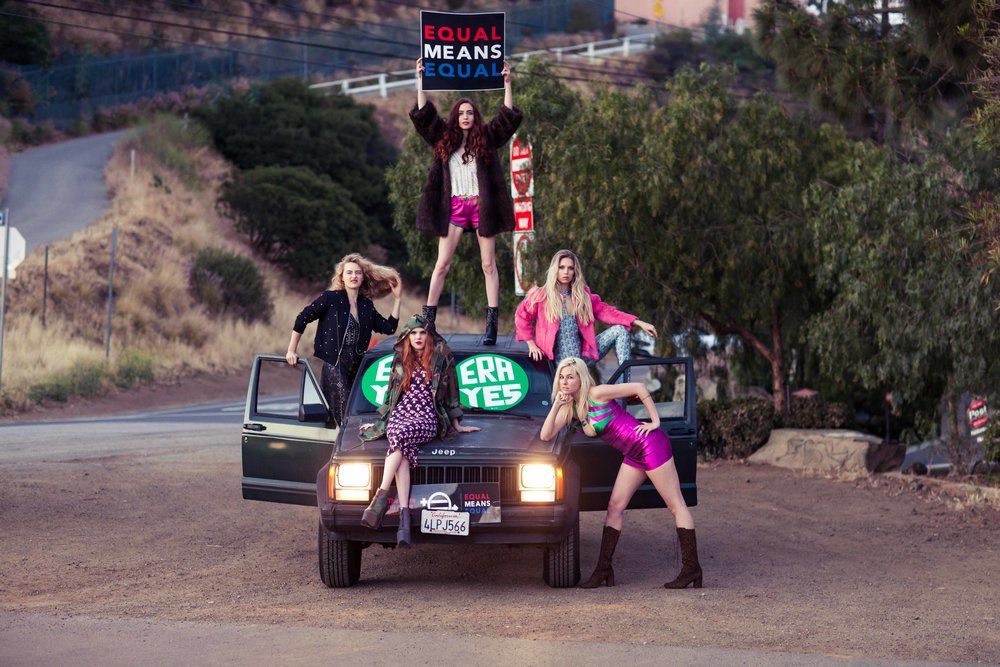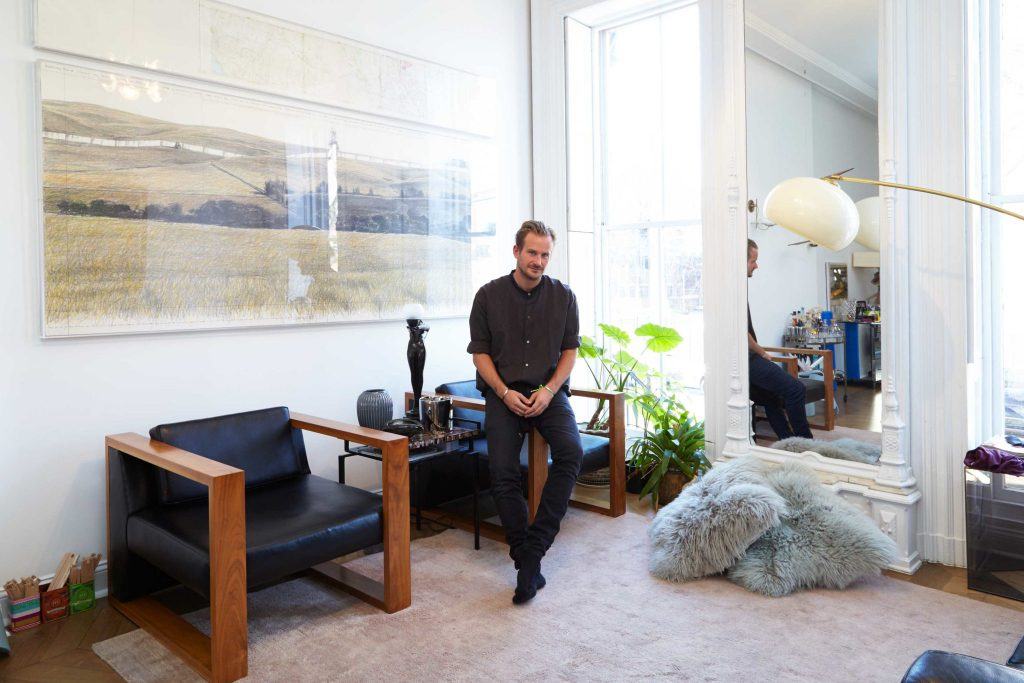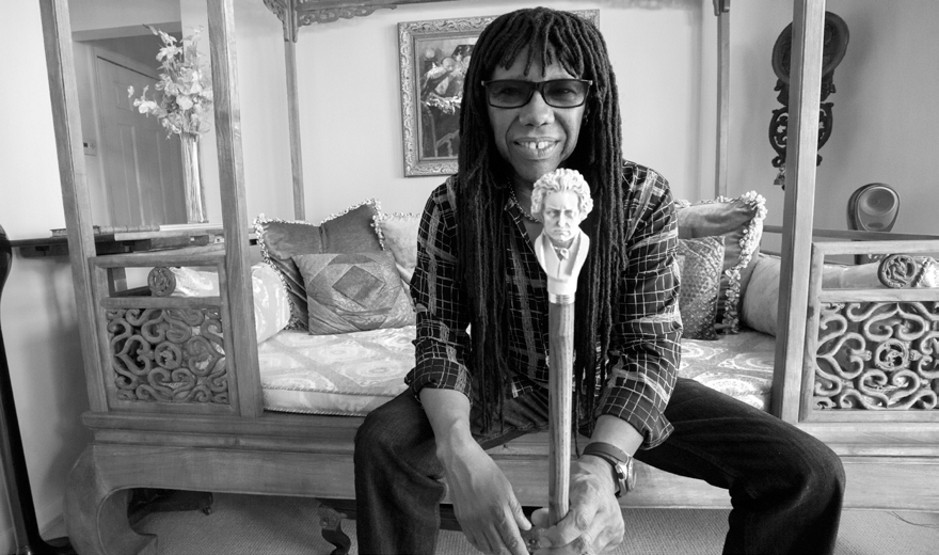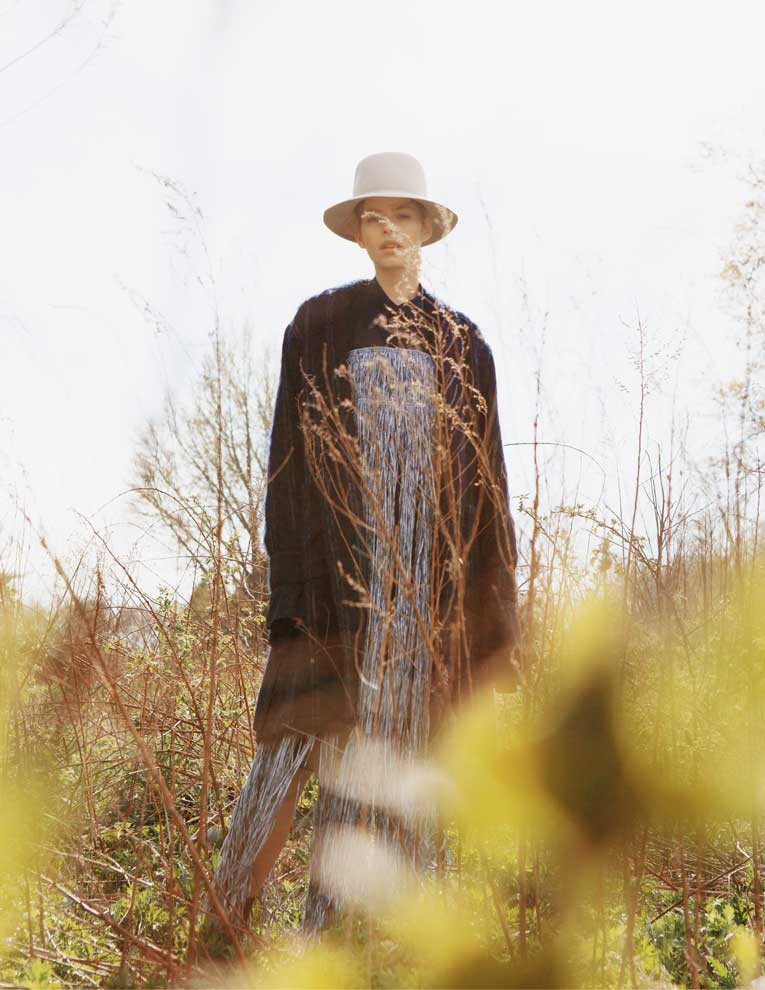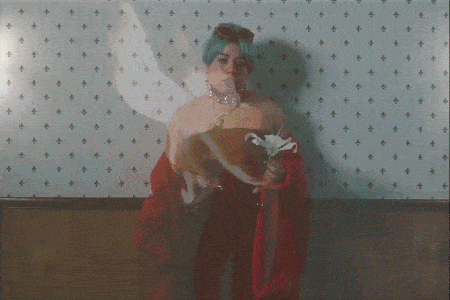
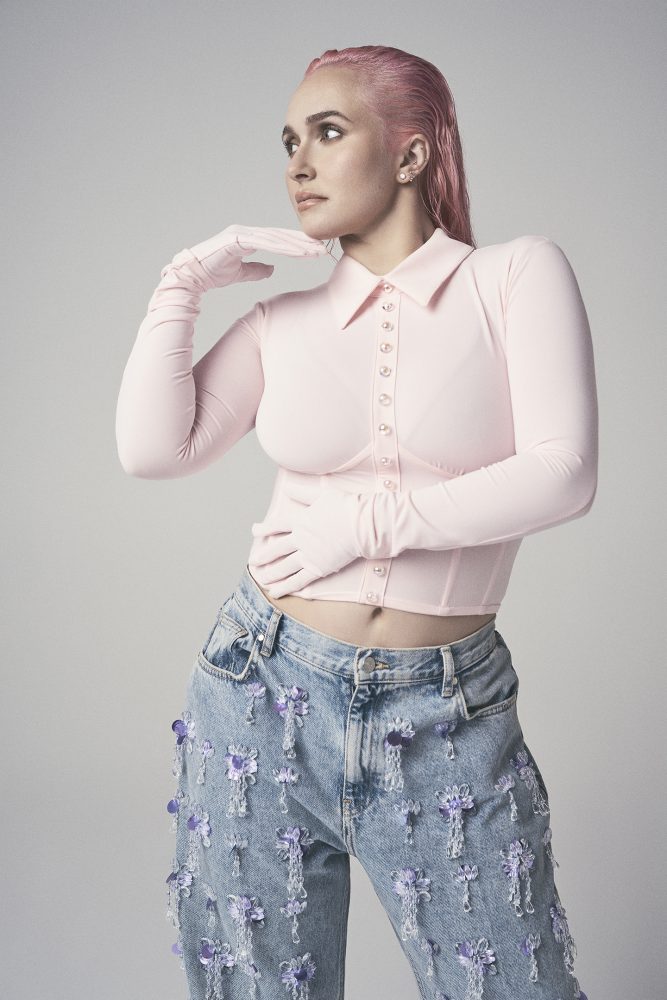
Hayden Panettiere wears TAKO MEKVABIDZE top, DALOOD jeans, and DAVID YURMAN earrings
If an adolescence on Hollywood’s doorstep taught Hayden Panettiere one thing, it would be a remarkable, almost unfathomable resilience. The actor, activist, mother, and 2000s-era icon tackles her new start with the grace and tenacity of a self-made woman. Armed with a lifetime’s-worth of wisdom, a truth to herself, and the hunger to pave her own path, Panettiere returns to the center stage of her own story.
Can you talk a bit about your experience during the SAG strike? How are you feeling now that it’s over? Are you proud of the progress?
Hayden Panettiere: We’re all excited that it’s over, but it needed to happen. It was incredibly unfair what was going on; what we were seeing as actors and actresses on the backends, the deals, and who is really reaping those benefits. It was time for somebody, for us all, for Fran Drescher— who is helming this— to stand up. She made that speech and— oh my gosh— every actor out there and everyone involved in SAG was just going “THANK YOU!” This was a no-B.S. strike.
I hope it ends up being a good thing that the writers’ strike ended before ours, so they could get back to work. By the time that ours ended, we have scripts and stories that we can go back to work and do. This is the time in between, where some projects have fallen apart and need to be put back together again- which is no surprise— but there are different opportunities that are also coming up. We had several opportunities and projects that we are really excited about doing and putting together. I’m hoping to become a producer and start producing more and more. Eventually, one day, I hope that I get to be behind the camera and directing, not always having to be in the front of it. We have some really exciting stuff. It definitely pushed things back a bit, but it was a necessary evil.
Now that the strike has ended, what’s next for you?
Hayden Panettiere: There’s a very cool independent film I did right before the strike started. Literally, we ended it right as the strike started. We were terrified the entire time that they were going to call the strike and we were going to have to stop where we were. But, we got through it. I really like the story behind it, and it’s also kind of like a PSA. That’s about as much as I can say about it right now. We’ll see how it comes together. I’m hoping it comes to fruition and everyone gets to see it.
It seems you’re really focusing on a fresh start, as well as a comeback to the screen. How has your career morphed throughout the decades, making you the person you’re becoming today?
Hayden Panettiere: I think it’s been age. It’s been a lot of the personal things that l’ve gone through in my life. I can honestly say I don’t think I can recall many young people- young actors— that started in the industry as children that didn’t struggle at some point in their lives. I went through mine. My career has shifted from listening to the people I had around me in a very unhealthy way. If they said jump, I jumped. My opinion was nonexistent. I didn’t even think anything of it. I became too afraid to have an opinion; to be wrong, or for something to come out in a magazine that they didn’t like what I was wearing. I took things very personally. I didn’t trust my judgment on anything. As I’ve gotten older, I slowly moved into my own.
Now, we’re to the point where I finally found my voice and I left my old team, some of which l’d been with since I was a young teenage girl. My team now is so different and so encouraging. They encourage me to be myself and ask “How do you feel about it?” which has been a learning curve for me, because I’m like “You’re supposed to tell me how you feel about it! Am I making the right decision?” They have helped me cross that bridge. I get more and more comfortable everyday, finding myself and learning how to trust myself again, in many ways. Sometimes it’s talking me down off the wall and saying “What’s the worst that can happen here? Somebody says they didn’t love what you said or they didn’t love your outfit?” There’s always going to be somebody that has a negative opinion. It doesn’t matter if you’re perfection. Somebody is always going to have something nasty to say. But, are you happy? Are you comfortable?
Throughout your career, you’ve always remained a force in the fashion and beauty industries. Tell me about your style, how it’s evolved, and how your personal evolution has informed your preferred fashion today.
Hayden Panettiere: It’s the same thing there as what I just was talking about. It’s embracing the fact that l’ve always been a tomboy. I’ve always had an edge to me, even though I was the Neutrogena girl for ten years and I was the cheerleader for several things. There’s this view of me that I was this crystalline, perfect, little blonde angel; that I didn’t do anything wrong. So whenever I was caught doing something “wrong”, people just went after me for it. When it comes to fashion, I get to now go out and look at pieces. Some of them I absolutely love, but it’s like am I going to be able to go through the whole night wearing that? Am I comfortable?
Because you want to be comfortable. I have found more outfits that I feel so much more like myself in and that I’m comfortable in. I don’t have to torture myself. We’ve been doing a lot of photo shoots with fashion magazines and developing a style for me. Not a brand, but when they think of me, people think cool, edgy, funky. I love McQueen, and Saint Laurent, but I’m always, always comfortable.
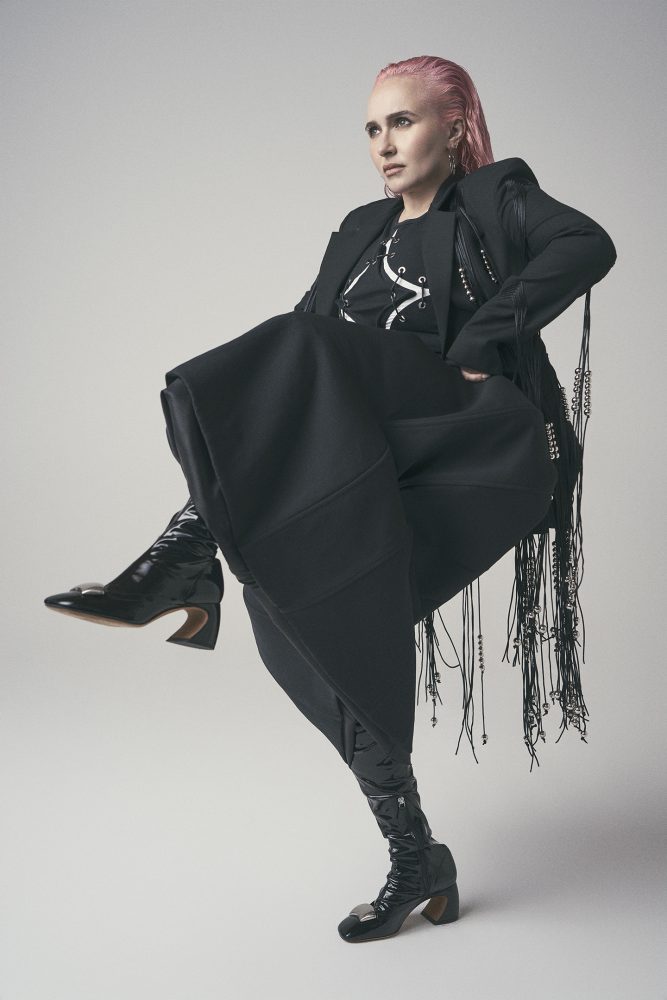
Hayden Panettiere wears JANASHIA blazer, ANNAKIKI top and skirt, 3.1 PHILLIP LIM boots, MARCO BICEGO earrings
You also have devoted much of your time to philanthropic efforts, including launching Hoplon International and working alongside ocean conservationists. Tell me about what inspired that work and how the project came together.
Hayden Panettiere: Hoplon was an emotionally terrifying ride because we really- and I say ‘we’ as in Ukraine, because my family is there— didn’t expect Putin and Russia to come in and to start a war. I knew there were conversations and threats, but people were genuinely shocked.
It became “Can you help and how quickly can you help?” Within less than a week, I- and a dear friend of mine and her buddy who is a technology champ— put together Hoplon International and were getting out the protective gear and med kits to the people fighting in Ukraine as fast as humanly possible. Med kits, too, for anybody that was injured over there. It was terrifying because there was a time that we could’ve lost Vlad, a couple people in our family that I just wouldn’t know what I would do if that had happened, and how to explain it to our daughter, who loves him more than anything. It was bawling tears, but having to man up and get this charity up and running. Especially because it also encouraged other people to get their own charities up and running to help Ukraine. People really banded together, even in the United States, to get them the help that they needed. You’re looking at this small country of Ukraine against the tanks and the weapons that Russia was pushing in, the things that were being done, the children were dying. The whole thing was one of the most devastating things that I’ve certainly witnessed in my lifetime and I pray that I never have to witness anything like that again.
We moved fast. We got what we needed to protect these brave people. It was kind of a laugh on the side, too, because I was like “Those Ukrainians, you’re not getting them to go anywhere”.
They fought for their independence, and they’re an incredible group of very proud people. You’re not going to win. You’re not going to get what you want. But, at the same time, I’m just praying every day and doing everything that I can on my side.
Everyone put their battle faces on. Talking to my family, talking to Wlad, they were at war. You just can hear it in their voices. They were ready to do what they needed to do until the last drop of blood.
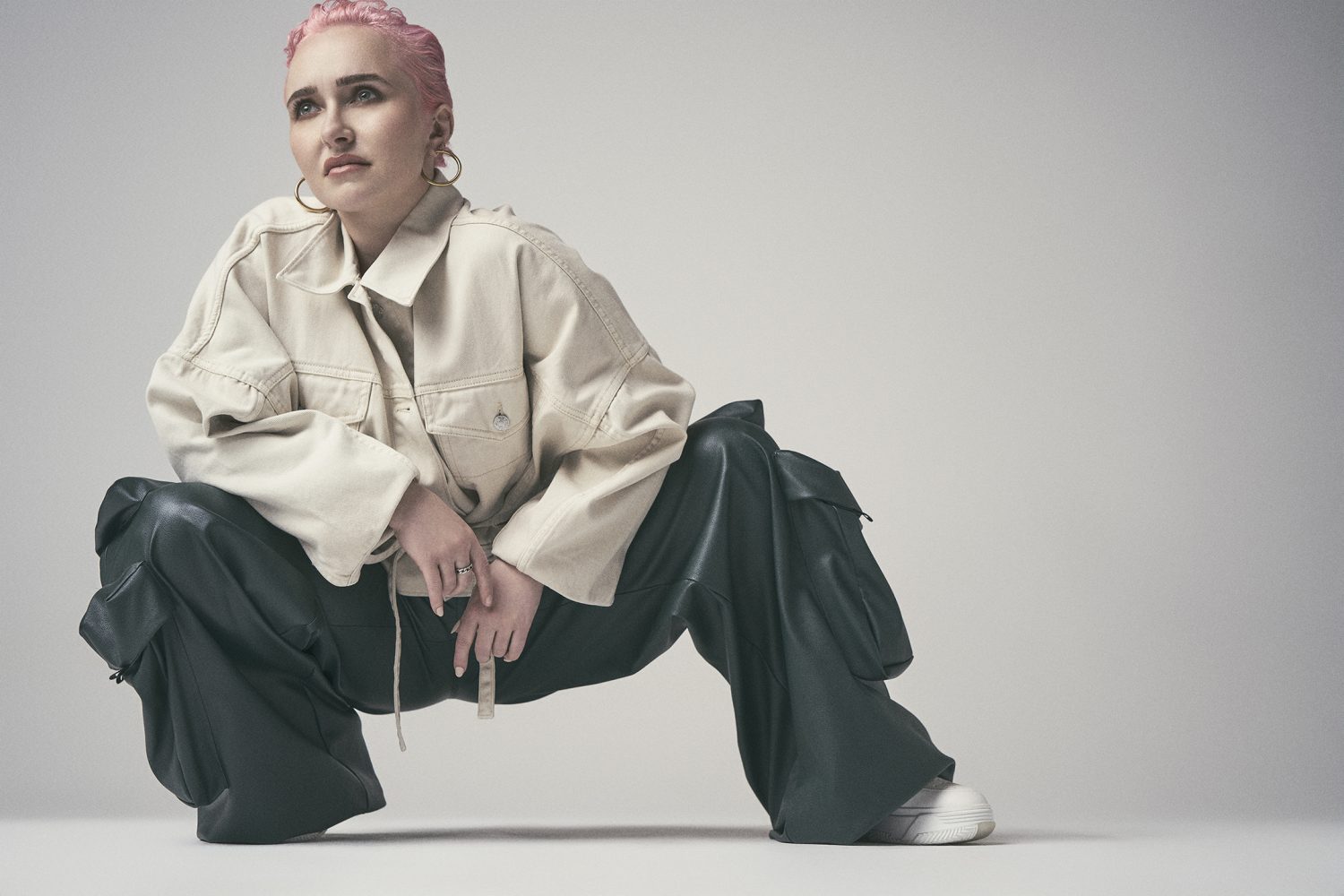
Hayden Panettiere wears 3.1 PHILLIP LIM top, AMIRI pants and shoes, and DAVID YURMAN ring
Concerning my conservation work, l’ve done ocean philanthropy since I was 15 or 16 years old I was doing an independent film and one of the crew members approached me. He knew I was a big fan of animals. He showed me his short film on what was going on with the dolphins and the whales, how they were being killed in parts of the world and how smart these animals were, how important they are to the ecosystem to keep it balanced. It just broke my heart. He asked if I wanted to be involved with it and I was like “Absolutely.” My mom was with me at the time, so we traveled all over: from speaking at the White House with Senator Carey and having press conferences, to having rallies. We would have people of the area we were in lay down in the grass so our bodies made the shape of a whale or dolphin. I met incredible people.
I felt so empowered at such a young age. We were a part of The Cove, where we all paddled out and were being hit by fishermen. They tried to get us with their oars and with their propellers Watching the scene made you sick to your stomach. Oh my god. I was in tears. They basically herded in all of these pilot whales into a killing cove in Tai Chi. You could hear the panic of these animals, the babies trying to jump out of the water and onto land because that’s how afraid they were. We knew that nothing we could have done would save them that day. But we wanted to make sure that they didn’t die in vain. I continued on working with them. I worked alongside my mother and my little brother, who loved to do it. I keep doing it today for the world, for the oceans, for the dolphins and whales, and for my little brother, who’s no longer here to do it anymore, but he was even better than me. He was incredible in the water.
Mental health advocacy is additionally something you’ve championed with your platform. Could you share about your journey with mental wellness and your hopes to create positive change for future generations?
Hayden Panettiere: I look back at it, and it’s almost like instead of going to acting school, I went to rehab. It really is just studying human behavior. I always had an incredible experience going and learning about it. It really came down to: idle hands are the devil’s workshop. After Nashville, I took about four years off, but I didn’t have any outlet to direct my energy. I self-destructed. I was angry, too. I was angry at myself, I was angry that I had listened to certain people and not trusted myself. I needed to learn how to do that again. It’s why I turned to these things, these depressants that made all of it worse. Sometimes I had to play characters that were so close to home that by the time I got home I didn’t have time to decompress and focus on myself. I was doing it all day long, playing myself and everything that was going wrong and was difficult in my life. I was having to portray it for hours and hours on set. When I got home, it was all about erasing that feeling. How can I get rid of this feeling as fast as I can?
I hope that I can continue to help young people, people of any age, to understand that there is such a thing as getting over the hump. There is that day where you’ve been sober long enough that you feel you haven’t felt that naturally happy and content in your life, since before you ever had a drink or tried a drug. That’s the one thing that no scientist can recreate is a pill that can give you natural happiness again. Not one. It doesn’t come in a bottle. I learned a lot about myself. I continue to learn about myself. If I continue to work and stick with my amazing team, which has been incredibly understanding of me and rooting for me genuinely, and teaching me and reminding me that it’s okay to be myself, it alleviates that deep pain and trauma that has come with being in the industry as long as I have been. It’s okay to ask for help. It is completely okay to ask for help and to be honest. There truly is hope if you stick with it. I’d say once it got to 8 months to a year, that’s when you’re really going “Oh my god, this is the best feeling in the world. This is better than any drug.” I was terrified that I could never get that back, would never get that back again, no matter what I did. I was wrong. People, what they were saying about getting over that hump, they were right. You just have to have some faith.
- Hayden Panettiere wears ARGENT suit and MICHAEL DAWKINS necklace
Written By Delaney Willet | @dpwillet
Photographed by Ben Cope | @ben_cope
Styled by Luca Kingston | @lucakingston
Hair: Rena Calhoun | @rena.calhoun using Virtue Labs at A-Frame
Makeup: Vittorio Masecchia | @vittoriomasecchia Dior Beauty at Opus Beauty
Produced by BJ Panda Bear | @bjpandabear

